When It's Time To Sell Your Maui Home or Condo

Making the decision to sell your home or condo isn’t always easy. Many times sellers are not selling because they really want to let go of the property. They sell because something happened in their life where they are either moving off the island, need to rebalance their real estate portfolio, or need the equity elsewhere. Just because the decision to sell isn’t always easy, doesn’t mean that the process of selling needs to also be difficult.
In fact, it can actually be quite simple when you work with an experienced agent. In this article, I’m going to go over all of the steps of the selling process as they relate specifically to Maui as well as discuss a few of the key considerations sellers will need to make. Knowing the market and understanding its current dynamics at any given time will guide a lot of the decision-making.
The First Step of Selling Your Maui Property
You may have seen the heavily circulated realtor joke about the steps of selling your property, it's usually posted by a realtor and says something like "Step #1: call me and I’ll handle the rest. "
While it's kind of funny, it's not very informative! There is actually a lot of information that I believe a seller wants to know in the process as they are actually going to be driving the transaction. We as realtors are here to facilitate the sale, not make the important decisions for our clients.
There is a Spectrum of Quality in the Business
While the first step of going on the market for most sellers is contacting an agent or a couple of agents to interview for the job, it's just one of many. If you think any licensed realtor can sell your property as well as the next, do you take the same approach to other professional services? Just like finding a dentist, mechanic, or even hairstylist/barber, you’ll want to be discerning about selecting your agent. There are significant differences in the level of service you’ll receive and the results you’ll get from one realtor to the next.
I recommend making sure you do your homework on your agent, ask to see their marketing plan with previous listings, and check out their online presence along with their reviews. Chances are if they don’t have a respectable online presence, they won’t be very good at marketing. You can always see an agent's work history in the form of past sales on Zillow. You'll also want an agent who has mastery of the Hawaii purchase contract and knows how to use it strategically to your advantage during negotiations. Of course, I’d love to have a chance to earn your business and would be happy to interview to sell your home or condo on Maui, you can see my Zillow reviews here.
Make sure your realtor actually has your best interests in mind at every point of the buying or selling process.
— Evan Harlow® // Maui Realtor (@EvanMaui) July 25, 2022
Just Say No To FSBO
In some markets, going For Sale By Owner can be an ok way to go, but not on Maui. Everything on For Sale By Owner goes on way overpriced and sits forever to eventually become a listing on MLS at a more reasonable price. It can be a real pain to have to deal with all of the people that call FSBO listings including nonlicensed people representing other investors. Things can get a little sideways when you don't have professionals working for you, so save yourself the trouble and list from the beginning.
Make Sure Your Realtor is Proficient in Three Areas.
- Marketing - A listing that doesn’t get recognized doesn’t get sold. In 2021, you could get away with bad marketing. You could get away with no marketing actually. Since the market shifted and is returning to a normal marketplace, that’s no longer the case. Your property needs to be showcased in the best possible light to get the highest and best offers possible.
- Negotiating - You want an agent who knows the purchase contract inside and out. The purchase contract is full of different contingencies that will either create leverage for or against you as a seller. Knowing how to navigate the terms of the contract will be essential. You won’t just have your agent negotiating on price, but the terms, and sometimes those are just as important.
- Representation - This means that your agent is actually representing your price position and privacy. For instance, if you list for 1.5 million but will accept 1.3 million, your agent should not let that be known unnecessarily. Your agent has a fiduciary responsibility to represent you and your interests only, not their own interests.
Once you decide on an agent, you’ll also work out the commission percentage(typically between 5%-6%), the date you’re going to go live, and the list price with the agent before signing the exclusive right-to-sell contract. This contract is between you and the agent’s brokerage and gives them the right to sell your property for the designated time period at the designated price.
Newest Maui Properties For Sale
How Do You Handle Dual Agency as a Listing Agent?
As a listing agent, my fiduciary responsibility is always first and foremost to represent the best interests of the seller at all times. Sometimes when marketing a property I'll also come across an unrepresented buyer who wants to make an offer. I always have a discussion with my sellers before signing a listing agreement about how they wish for us to navigate this. Some sellers explicitly ask me not to represent any buyers for their property and I fully understand and respect those wishes. In other scenarios, sellers are open to this possibility.
On the one hand, if the buyer is prepared to meet all of the seller’s requirements to sell without negotiating or having difficult terms, it can be easier for both parties. On the other hand, if there are multiple offers or if the buyer is looking to negotiate, the situation can be a little trickier. In a dual agency position, we are obligated not to verbally discuss what a seller/buyer would or would not accept for price. We can communicate what the seller needs as far as terms, but never the price they would accept, we can only ask the buyer to make their best offer.
I also always have buyers looking for specific properties and are often able to find a client looking to sell, sometimes we are able to make an easy off-market deal come together with a win-win scenario like that using dual agency.
At the end of the day, a listing agent’s priority should always be to represent the seller’s best interest, not just make a sale. I take my fiduciary responsibility very seriously and have built my businesses on maintaining the highest levels of integrity and professionalism at every point throughout the process.
Deciding on The Listing Price
.jpg)
After selecting an agent, you’ll decide a price to list at. During the boom of 2021 and early 2022, this was a much less nuanced part of the process. Back then, we would just look at the highest comp and go 10% to 20% above that and then still get over asking.
Now that the market has shifted and things have leveled back out we need to take several comps, look at the active inventory, and price in a position to sell. While prices are still increasing, they aren’t going up as quickly as they were and that is important to consider. It’s better to come on at a price that will attract good attention rather than being obviously overpriced as buyers will just wait for the price reduction to come and the first couple of weeks could be lost.
Know What You're Bottom Line is On the Net of the Sale
Getting the price right can be tricky because there are a few variables including how much you’ll need to the net as a seller to feel good about the sale, what other properties you’re currently competing with, and the overall market conditions. Sellers start the pricing but the market and the buyer always have the final say. There will be other expenses that come out of the sales price besides realtor fees, conveyance tax and escrow fees will also be charged, so it's wise to have your realtor put together a net sheet with the title company to visualize what your net will be.
If the property is an investment, you'll likely want to execute a 1031 exchange to avoid capital gains taxes. If you're an out-of-state or out-of-country owner, you'll be responsible for FIRPTA or HARPTA withholdings that I'll discuss later. Knowing you're bottom line before pricing is crucial to achieving a sales price that will put a smile on your face.
The Marketing Plan to Sell Your Home or Condo Fast
.jpg)
Professional Photography Every Single Time
Marketing a listing is a simple formula often overlooked by a lot of agents and it all starts with professional photography. If an agent says they will just take some pictures on their phone for the listing, kindly show them the door!
It still surprises me every time I see a listing with terrible photography, at any price point, but I’m really surprised when I see a 5 million-dollar Wailea Beach Villas unit with dark, grainy cell phone pics. Like the 300 bucks was just gonna break the bank trying to sell a 5 million dollar unit? Sometimes they still sell ok, but was that the best representation of the property? Of course not.
Simply put, your agent should be covering the cost of professional photography and videography. This is the easiest way to get positive feedback as soon as you go on the market.
Listing Description
After photos, comes the listing description, written by your realtor and approved by you. It doesn't need to be a Pulitzer Prize-winning piece of prose, but it definitely needs a grammatical and spelling check. As bad as cell phone pics are sloppy descriptions. Maybe it just annoys me more because I write a lot!
I also don’t like generic listing descriptions. I ask my clients a lot of questions about what they loved about the property and always try to have the description speak to the feelings of the property and not just the attributes. We buy with emotion, so helping potential buyers feel the feelings of owning the unit is very important.
We’ll also want to note any and all upgrades that have been made to the property during your ownership in the listing description. Buyers love coming into properties with recent upgrades rather than having to do them on their own.
Notes to Neighbors
Using the professional photos taken, your agent should be sending everyone in your complex or neighborhood a postcard letting them know about the listing. These other owners often know other potentially interested buyers that they would enjoy having as a neighbor. It’s a great way to get some early recognition.
Email Blasts to Lists
I have a database of clients that I have compiled over the years and often find a buyer for my sellers from this list even before it goes on the market. I also send an email blast to all of the Realtors Association of Maui that includes all of the licensed realtors and agents on Maui.
Social Media
Social media is a great way to circulate the listing even further. By creating posts on all of the social media platforms including Facebook, Instagram, Twitter, Linkedin, and even Pinterest we cast the net even wider to make sure that everyone we know and everyone they know, knows this home or condo is for sale.
Open Houses
Open houses are one of the most time-tested marketing methods available. It’s a little tougher to host regular open houses with a short-term rentable vacation condo or even with your primary residence, but scheduling them for the first weekend after going on the market is always a good move.
When you first go on the market you want to capitalize on being the new listing that everyone is seeing in the inboxes and use that momentum to generate as much interest as possible. We will use branded marketing materials to make sure the home gets the most exposure.
National Publications
At a certain price point, we need to put the listings into publications read by those with an ultra-high net worth. This is Forbes, Wall Street Journal, James Edition, and even our Hawaii Luxury Home Magazines. Ultra high-net-worth individuals aren't always actively looking for a home when they buy one, by writing articles about your luxury home we will ensure we get in front of as many qualified buyers as possible.
Fielding Offers on Your Property
So, after a successful marketing push, you have received an offer or multiple offers to choose from. Sometimes, the highest price offer isn’t always the best one. The terms of the contract will show just how committed this buyer is to the sale. How long they are asking for the inspection contingency? Are they meeting any specific criteria that you had your realtor communicate such as you needing a leaseback or replacement property prior to closing?
Cash offers aren’t always better than financed offers. There are a lot of things to consider when comparing offers and you’ll want to make sure you go with the buyers that are the best fit for you. If the offer is close, but not quite there, your agent will write a counter offer and then you can hopefully shift things into your favor.
Getting What You Can Get And Knowing When to Concede
Of course, what sellers can ask for is dependent on market conditions. A multiple offer situation is ideal because you can control the negotiations, when there is only one buyer after a month on the market and maybe they have another property on their radar, it might be wise to concede what you can to get that deal.
Every deal has nuances and that's where the experience from your realtor should really shine.
What To Do Once Your Under Contract

After accepting the offer you’ll have a few tasks to perform early in the escrow timeline. That timeline will get built off of the purchase contract and should be provided to you once escrow is opened. Escrow will reach out to you to sign opening documents and verify your information. Everything is done via DocuSign these days so selling a property while you’re off-island is really easy.
Seller’s Disclosure Statement
You’ll need to start work on your seller’s real property disclosure statement to satisfy the I-1 portion of the Hawaii purchase contract. This is a document that essentially discloses any and all material facts that you know about the property along with information about any repairs or improvements you have made.
Providing Association Documents
If there is an association for your property, you’ll need to go ahead and order the association documents to satisfy the M1 section of the purchase contract. These typically come from places like condocerts.com or docutrieve and carry a cost in the 200-500 dollar range. I still think its kind of a scam to have to pay for these from your own association that you’ve been paying into when the only thing that changes from time to time are the minutes portion of the docs. But, that’s life!
Negotiate Any Repairs Requested By Buyer
In a normal market, buyers are more likely to request certain repairs or ask for a credit to fix the items. During the J1 home inspection contingency, the buyers will have a professional inspector come in and go over the property in detail. If there are major defects or big issues, they are most likely going to ask for them to be fixed or to get a credit back at closing for the cost.
Sometimes sellers will refuse and it can potentially kill the deal, my recommendation is to never let this part of the contract feel personal. It’s easy for it to feel personal because it's your property. It’s important to remember the main goal is to sell the property and if the only thing keeping this deal from going through is a door handle and a sliding door, we might as well just take care of those, even if it seems silly for them to ask for that.
Surveys and Staking
If you own a condo, you won’t have to worry about this section of the contract, it will just be marked N/A. For residential properties, section K is very important and typically buyers request the property to have a survey performed. The survey will indicate if there are any encroachments that could create issues.
Most newer neighborhoods rarely see any encroachment issues beyond a minor de minimus type of encroachment with a fence. Older neighborhoods typically show more encroachment issues. If an issue is discovered, it can usually be resolved pretty quickly with the escrow and title company by developing an encroachment agreement between you and the neighbor it is with.
Termite Inspection
Section L of the Hawaii state purchase contract is all about Termites. Almost every deal will have a termite inspection selected as they can be a real problem in Hawaii. Typically sellers pay for this, but like almost everything in the contract, it is negotiable. Early on in the escrow your agent will schedule this for you and based on the results, it will either just get signed off by buyer on a negative report, or if tenting or spot treatment is needed, you’ll need to coordinate that.
Move Out Cleaning and Final Walk Through
Some contracts will require the sellers to have professional cleaners come to the unit and provide receipts within a certain number of days before closing. All will have a designated day to have all of the seller’s items removed from the property and if repairs were done, there will be a timeline for that as well.
Once all items are out and the home or condo has been cleaned, it's time for the final walk-through, typically 5 days before closing. Here the buyers or buyers agent will visually confirm that items are out, repairs (if any) have been made and that the property has been cleaned. Once this is signed off the only remaining task are with the escrow company.
Closing and Getting Paid
About a week to 5 days before the scheduled closing date, the buyer and/or lender submit their funds to escrow and closing documents are sent for signature. If you’re off island or don’t want to go into the escrow office to sign your closing documents, escrow will coordinate a mobile notary for you.
After everything has been signed and all funds are in, escrow will schedule the recording at the Bureau of Conveyances in Honolulu. This process differs from most other states as closing is typically two days out from all docs and funds being received.
On closing day, you’ll get a call from your agent congratulating you on the sale once verified by the Bureau and escrow will deposit the net funds into the account you identified earlier in the process. Your net payment will be the sale price, minus commissions paid, fees to escrow, if applicable, HARPTA and FIRPTA, and any liens including the mortgage.
HARPTA and FIRPTA
This only applies to non-residents who own property on Maui. HARPTA applies to non-Hawaiian residents who are still citizens in the USA and FIRPTA applies to non-American owners. It is essentially a withholding that occurs at the sale to ensure that any capital gains taxes are properly paid. Real the full article on HARPTA and FIRPTA. After US citizens, Canadians are the second largest group of buyers and sellers on Maui, check out this article if your Canadian.
Professional Guidance and Service
I pride myself on delivering excellent results for my clients and would love the opportunity to interview for your business. If you or anyone you know is looking for expert real estate representation, I’m happy to assist in any way I can. Beyond having a deep understanding of buying and selling, I like to think I’m pretty fun to work with at the same time!
Get In Touch With Evan!
_(1).jpg)
Evan Harlow ranks among the best real estate agents on Maui annually and is in the top 1% of Coldwell Banker agents worldwide in production. Evan has the expertise, experience, and work ethic to help you achieve your real estate buying and selling goals. We promise exceptional service and support from the beginning of the process through closing and beyond. See what Evan's clients are saying on Google.

 (1).jpg)
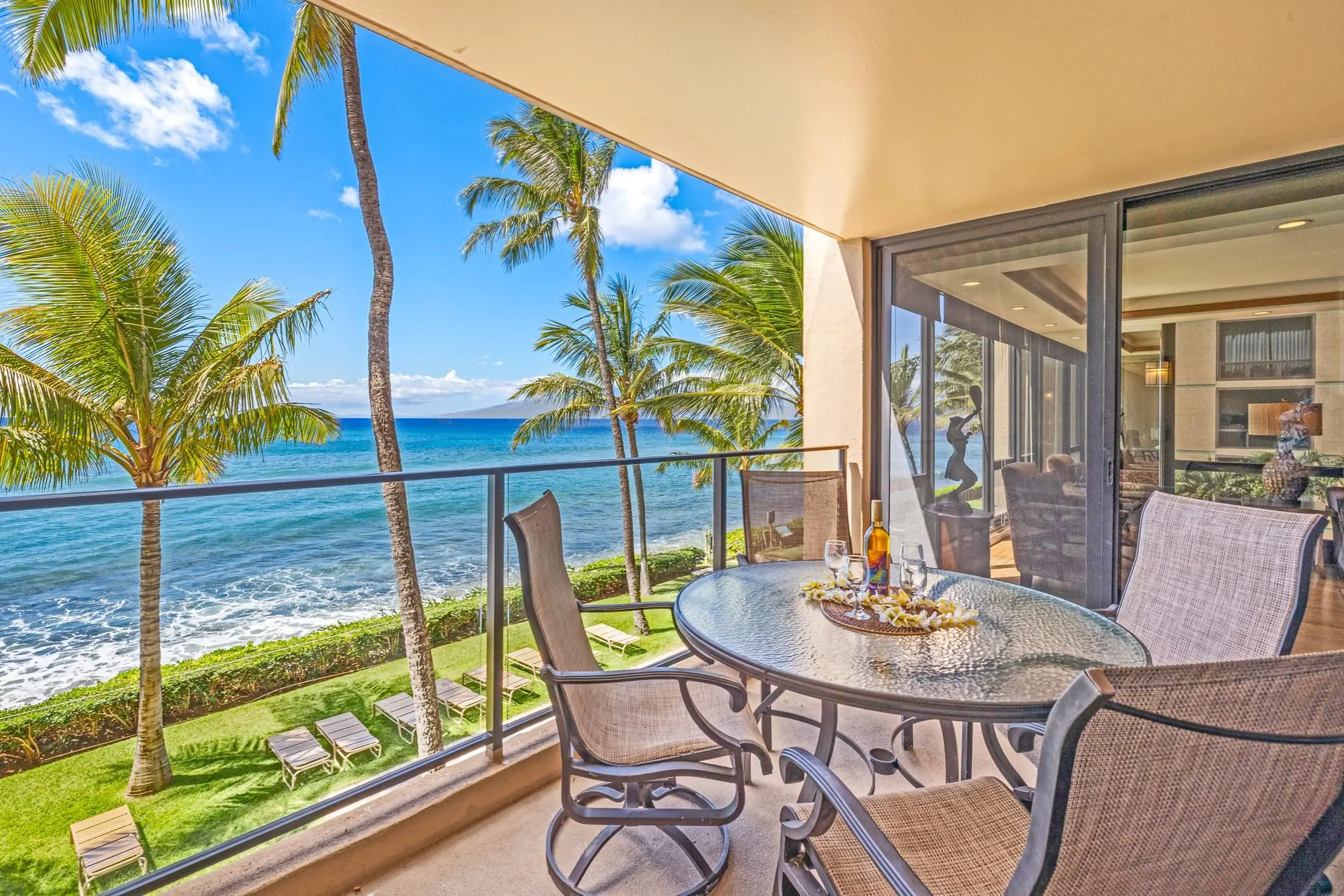

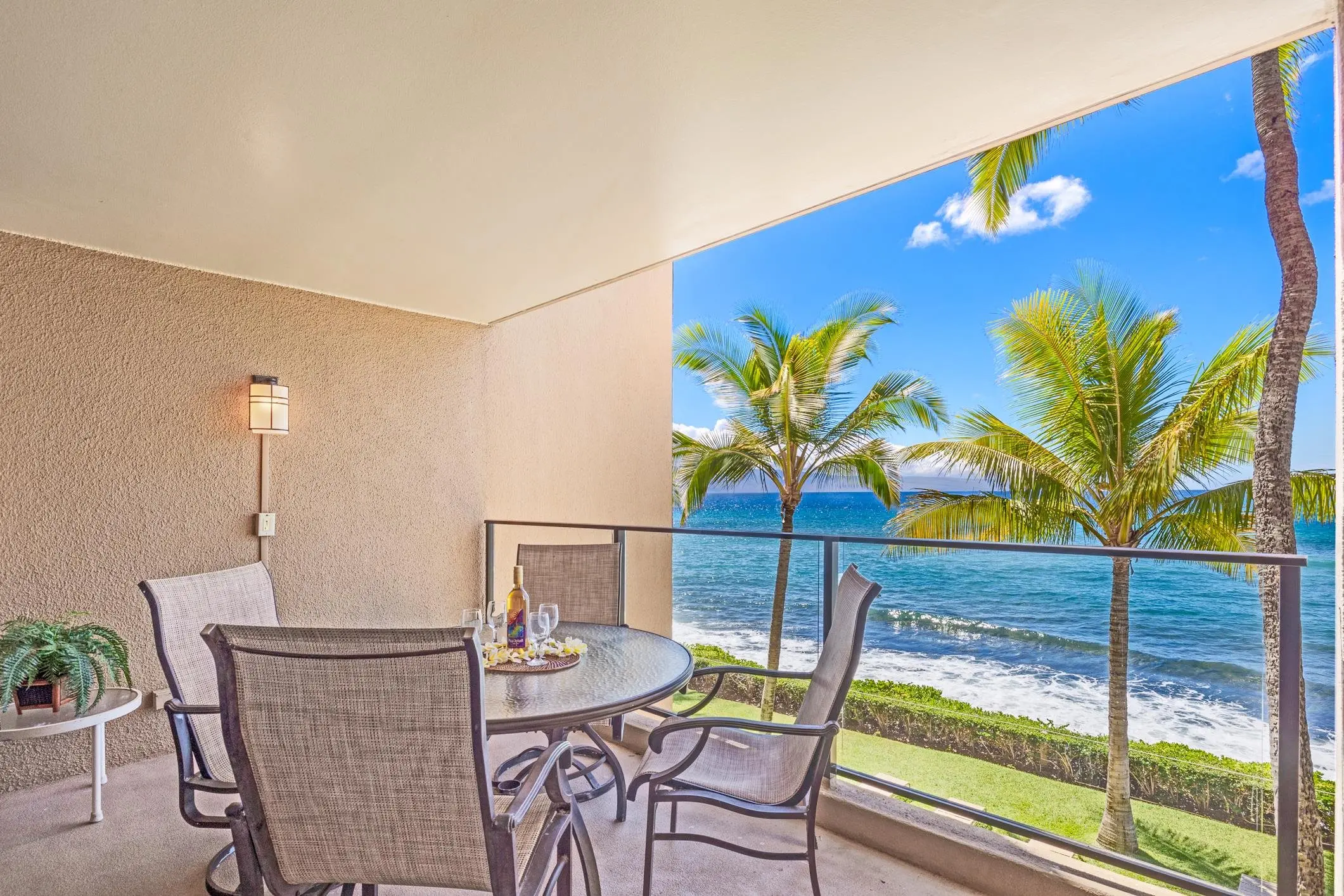



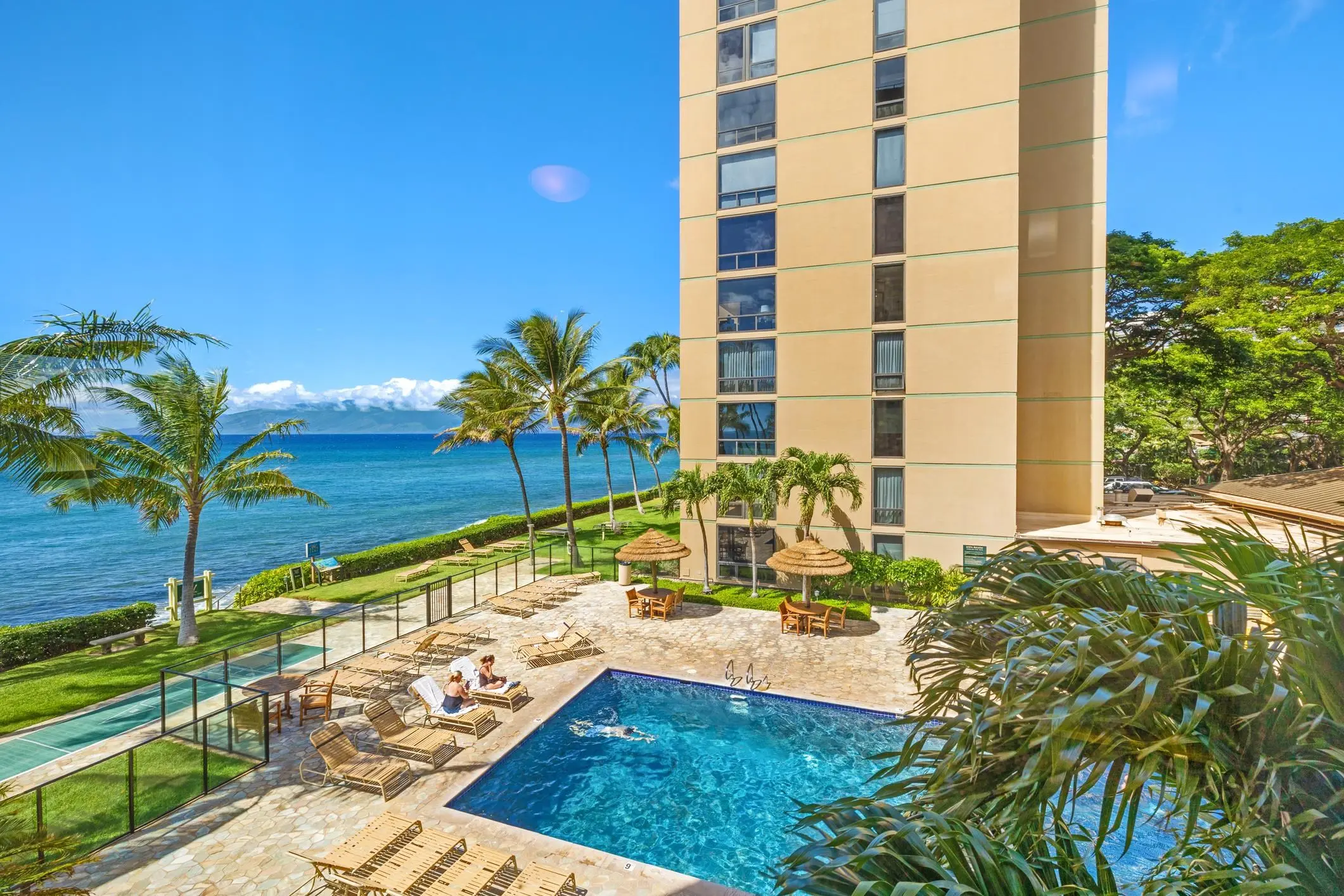










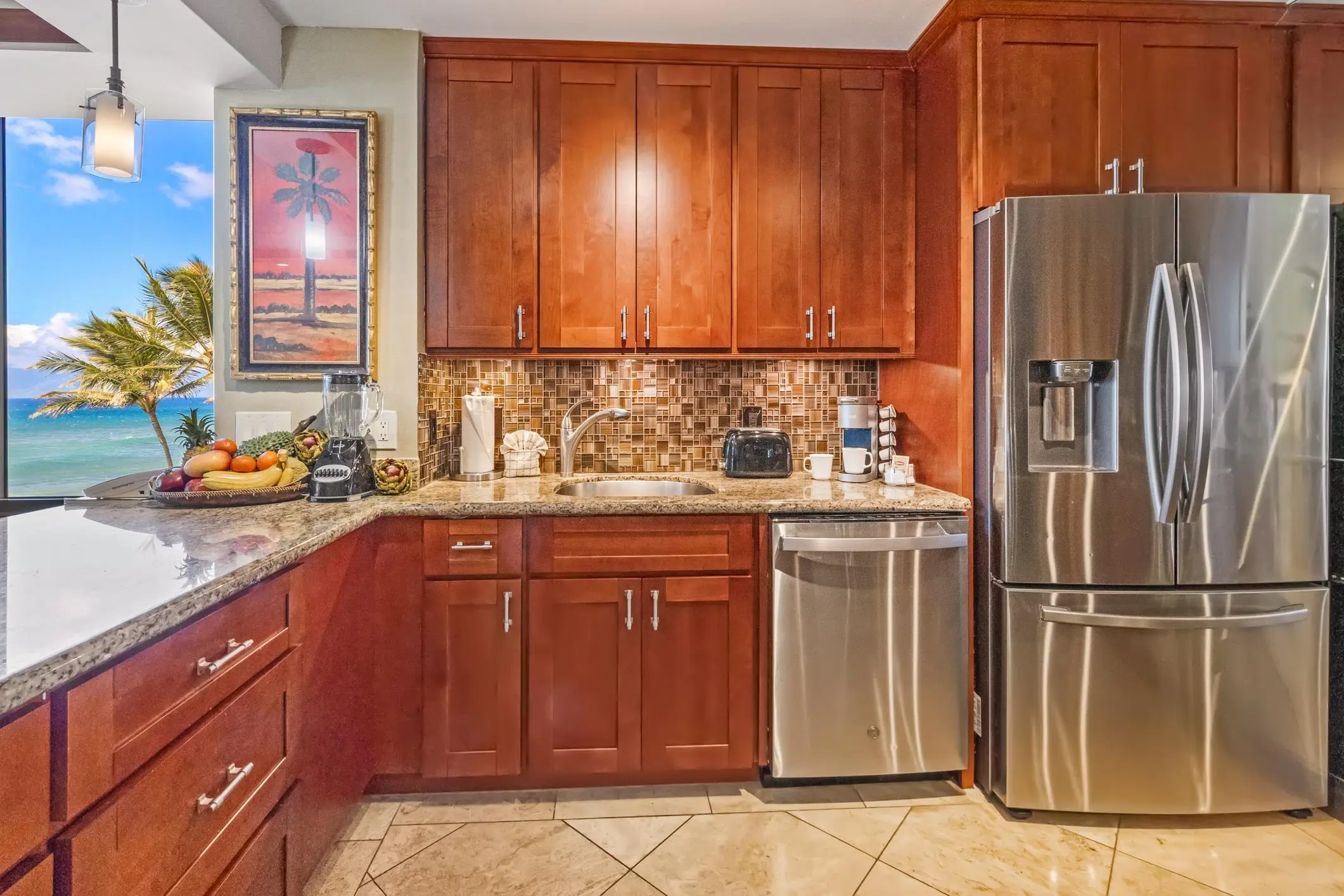
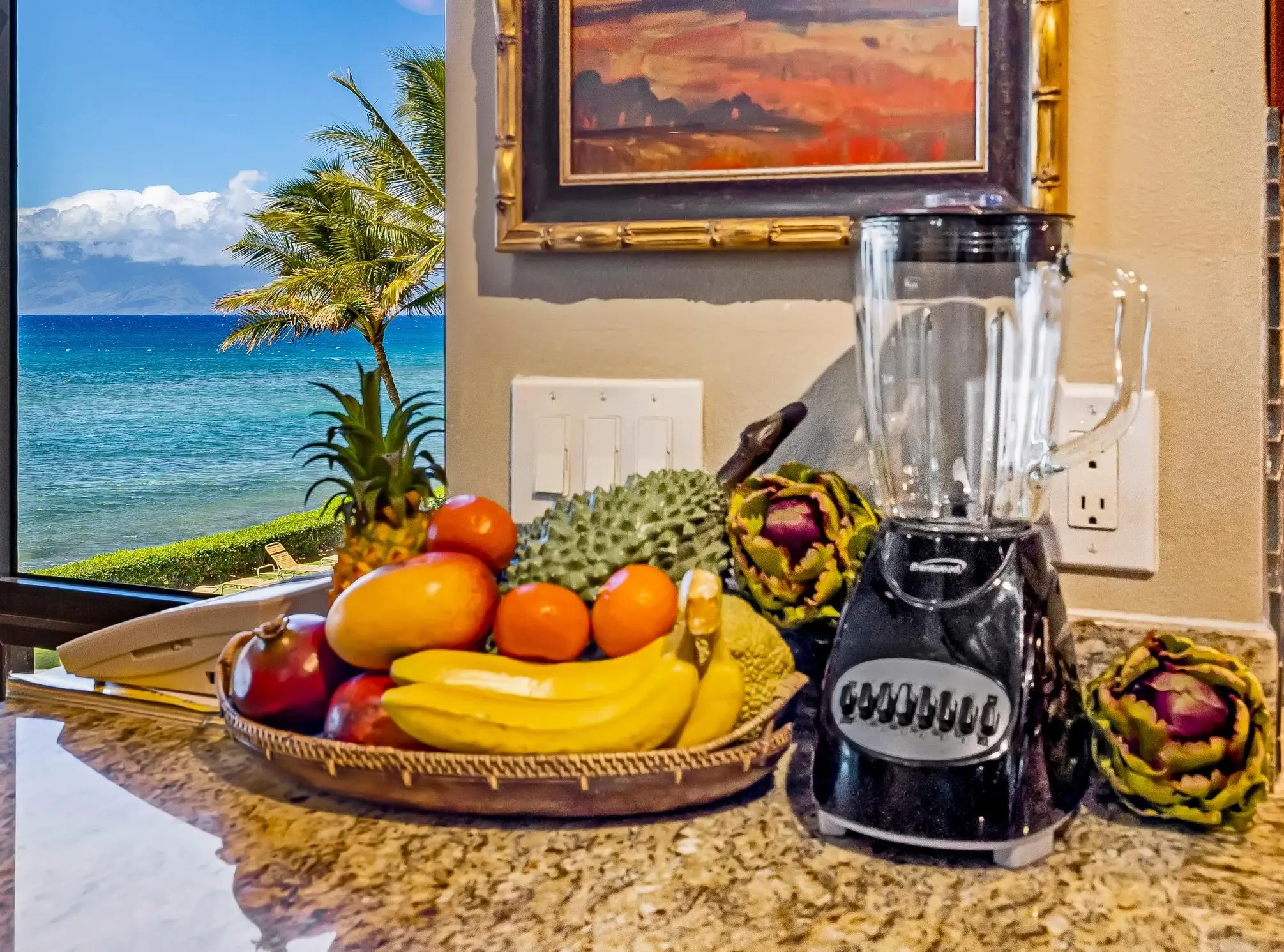
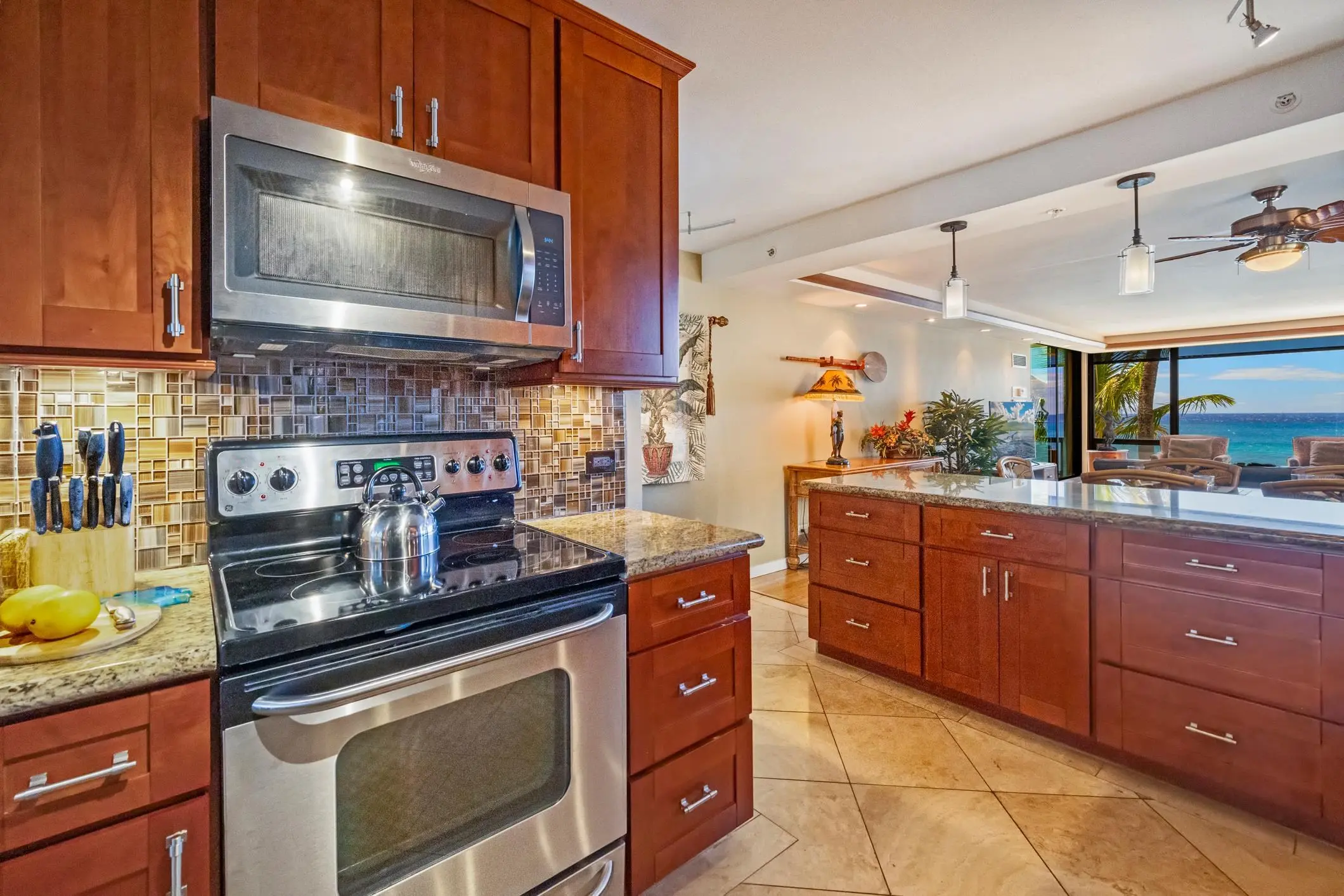
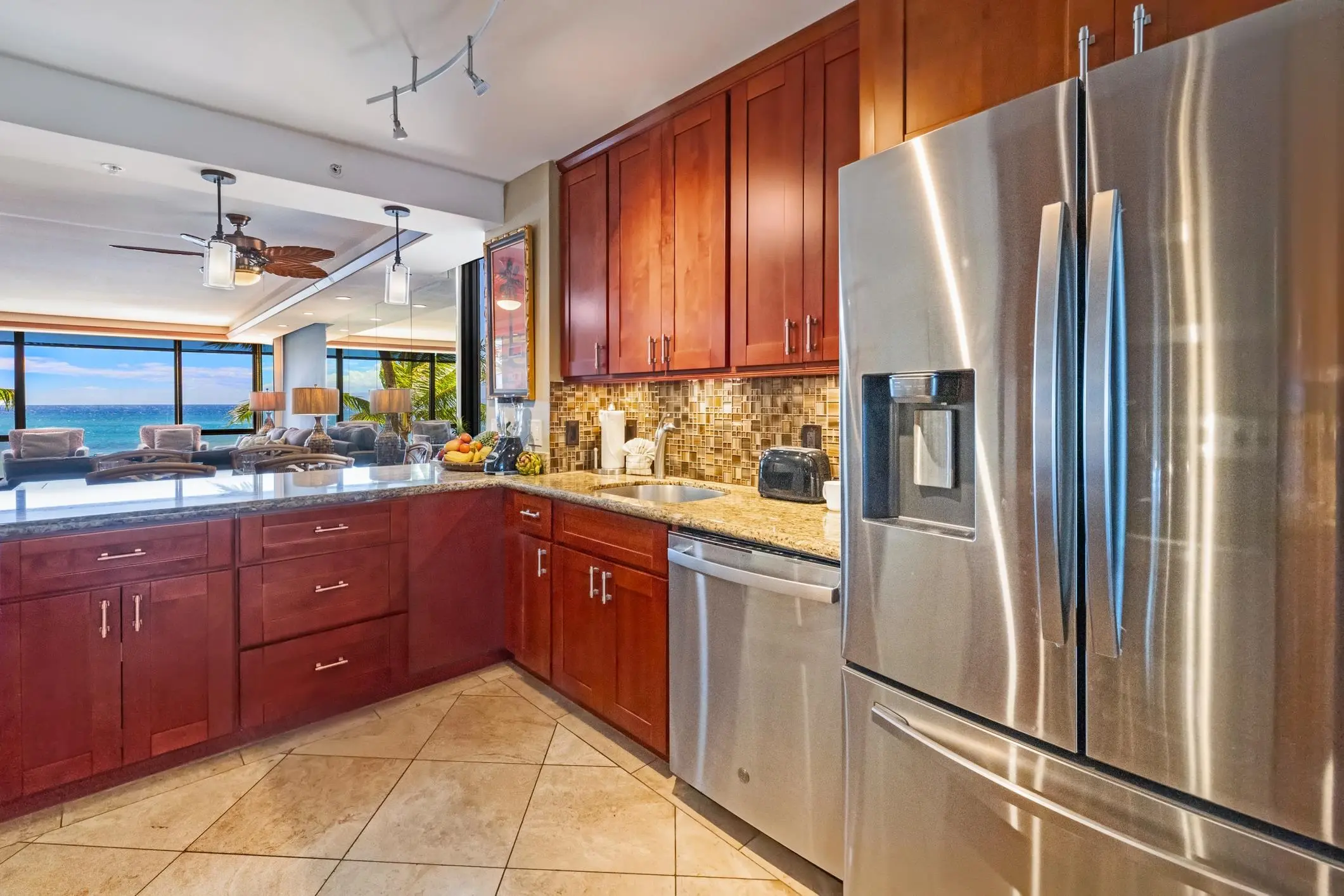
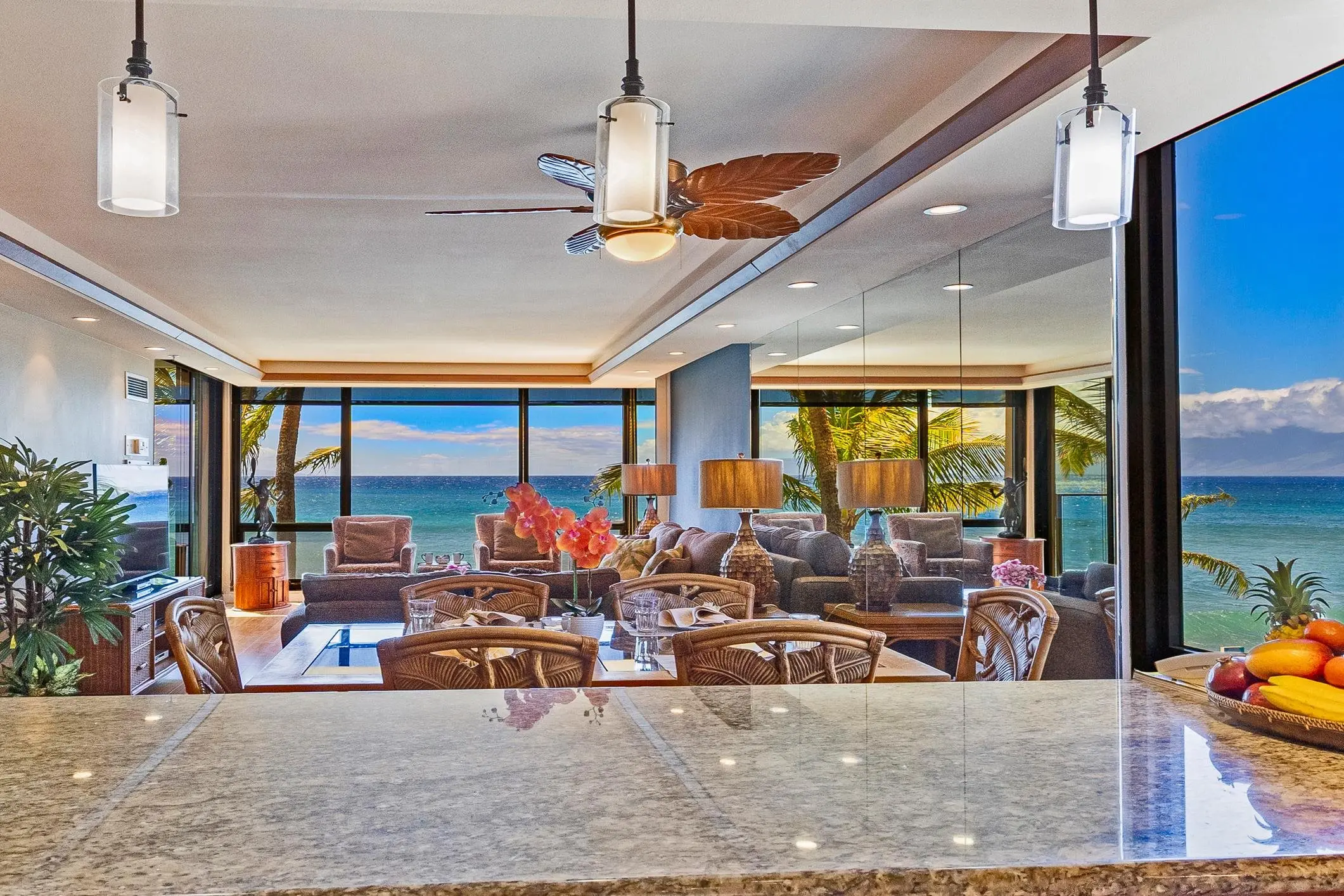

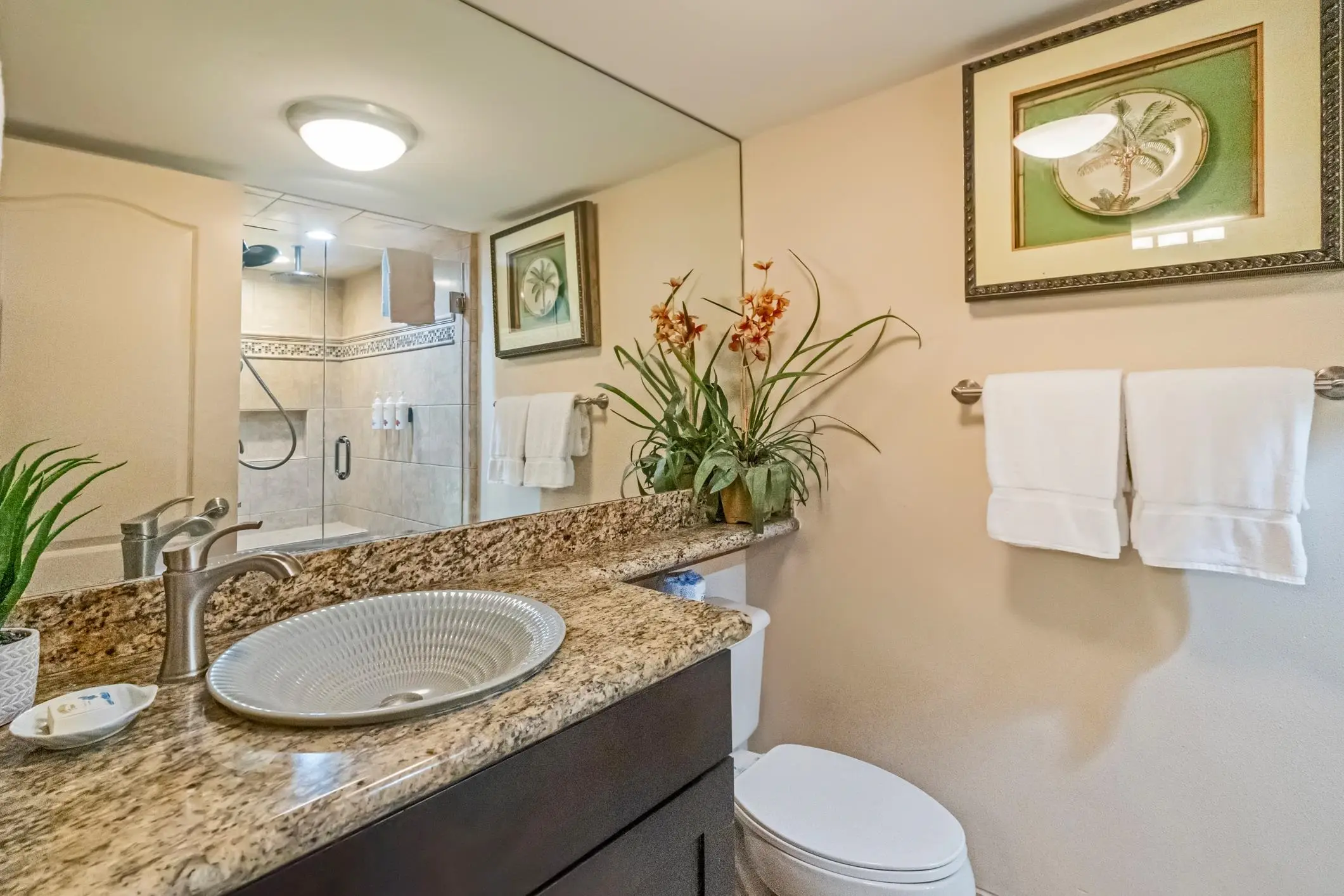
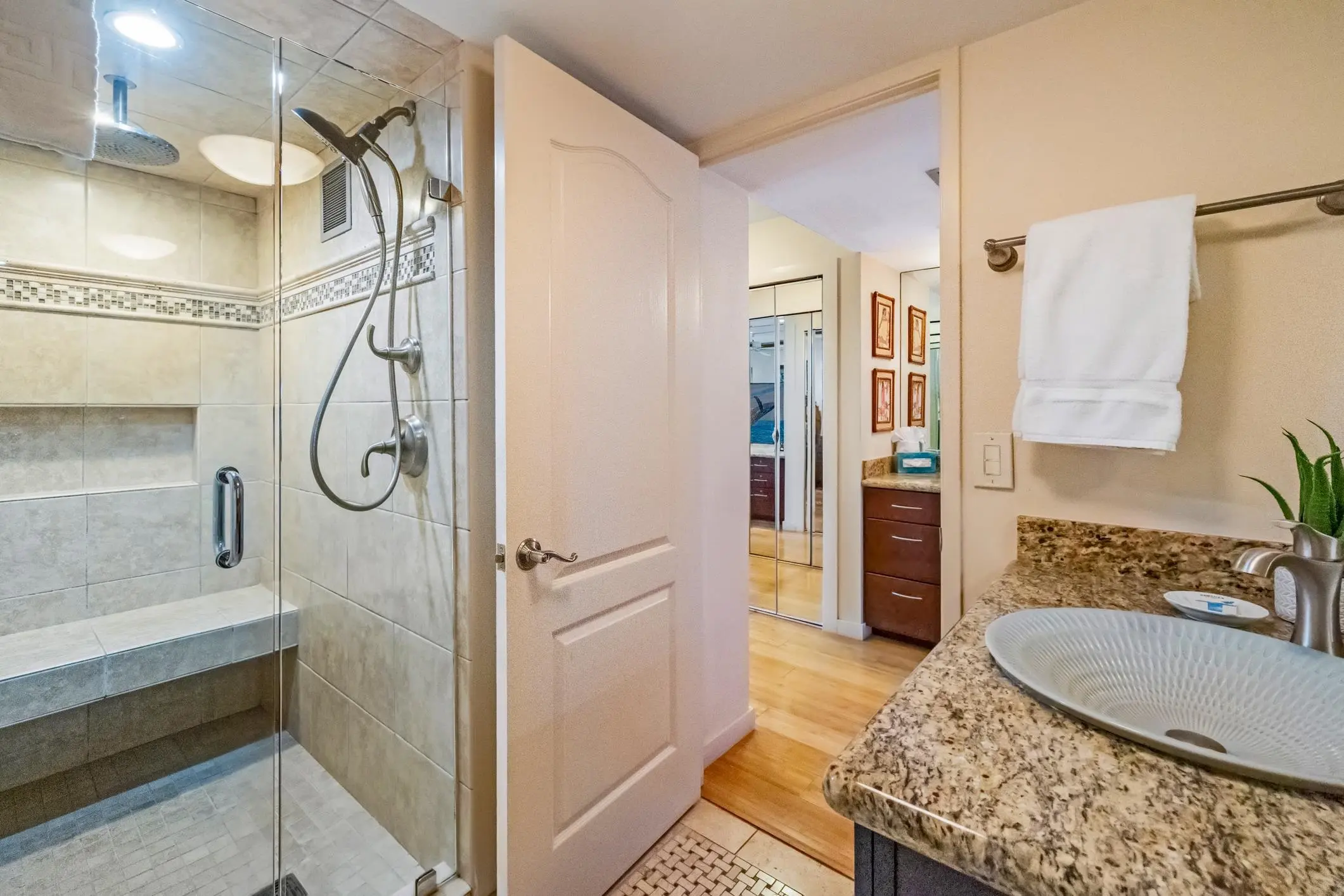

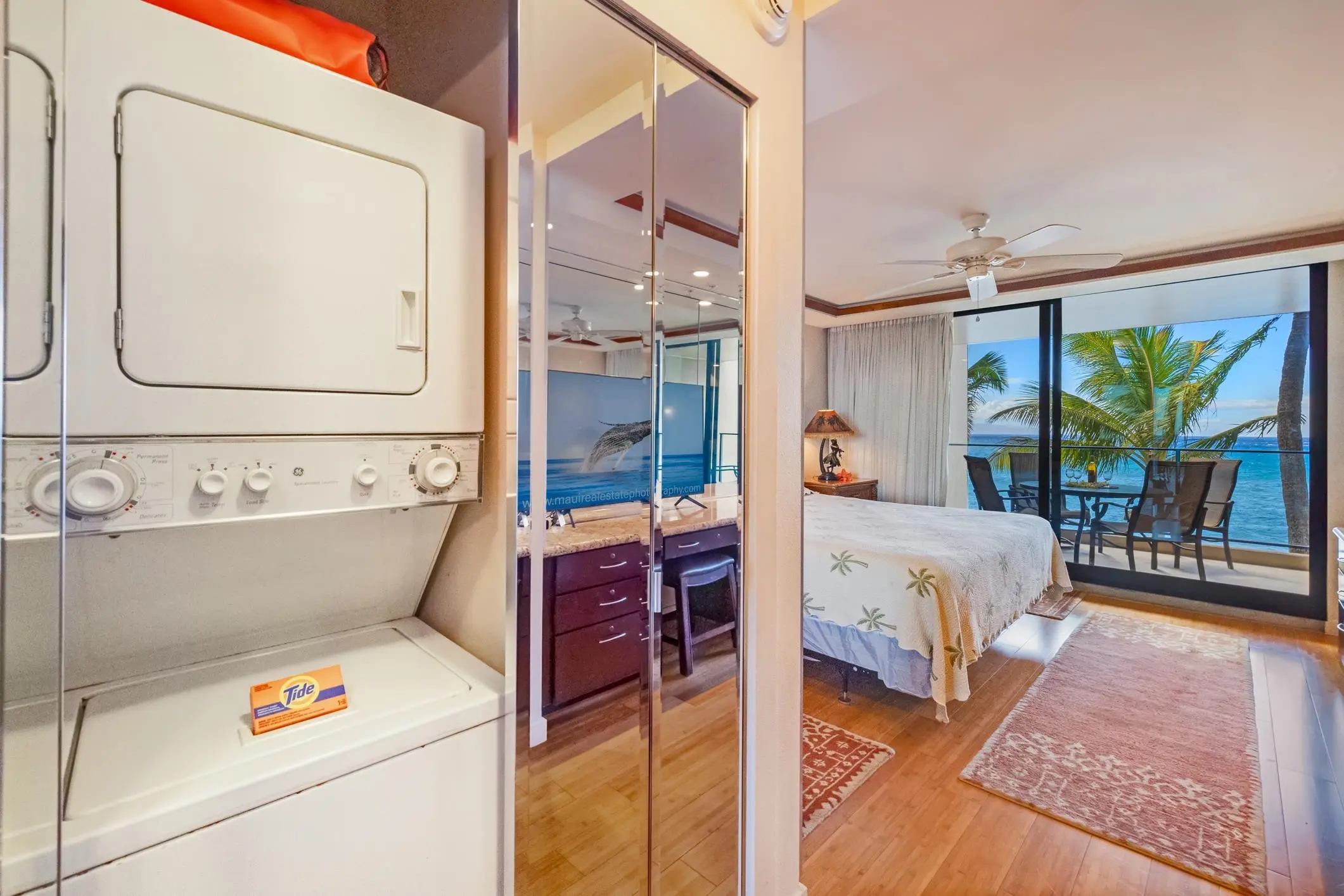




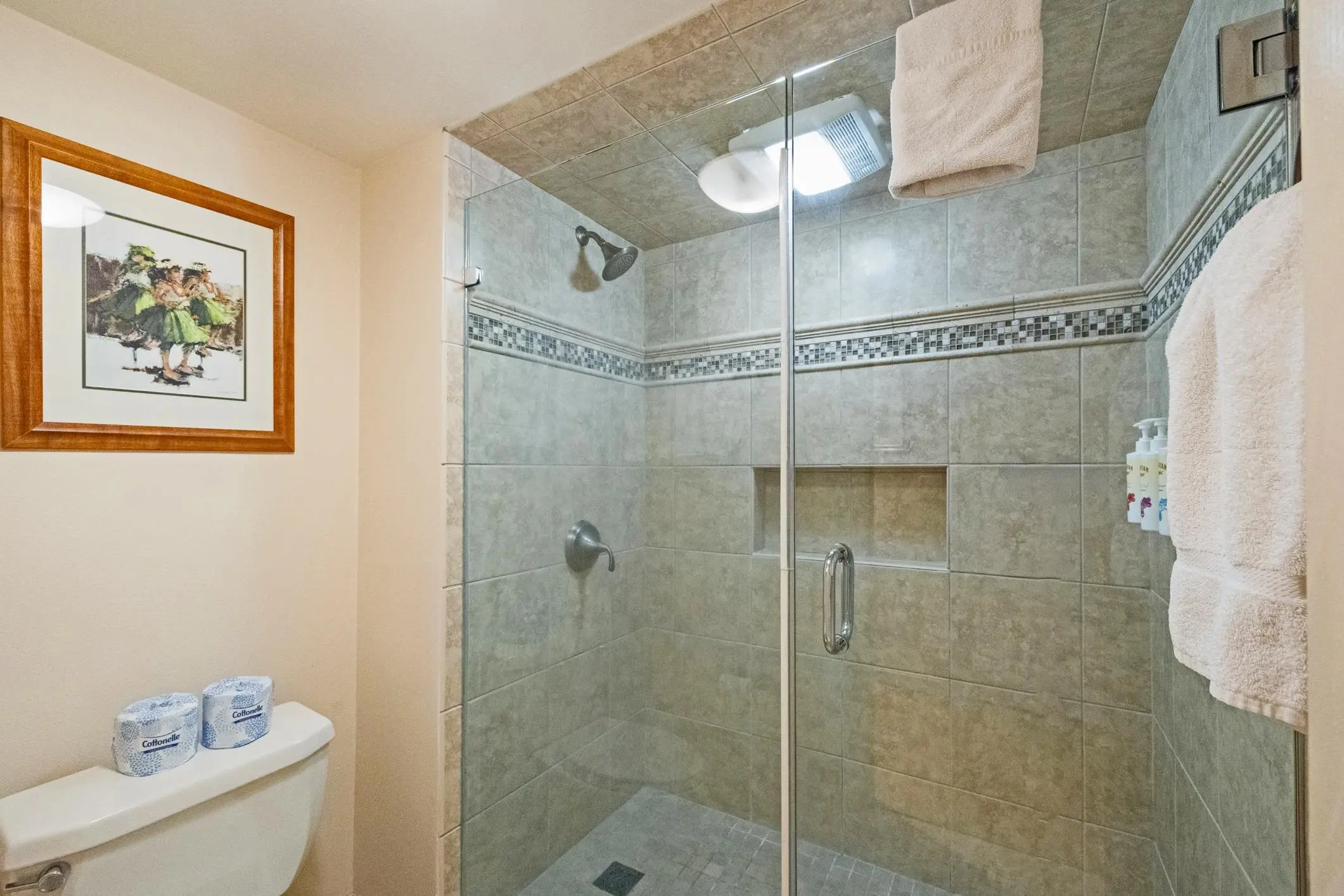



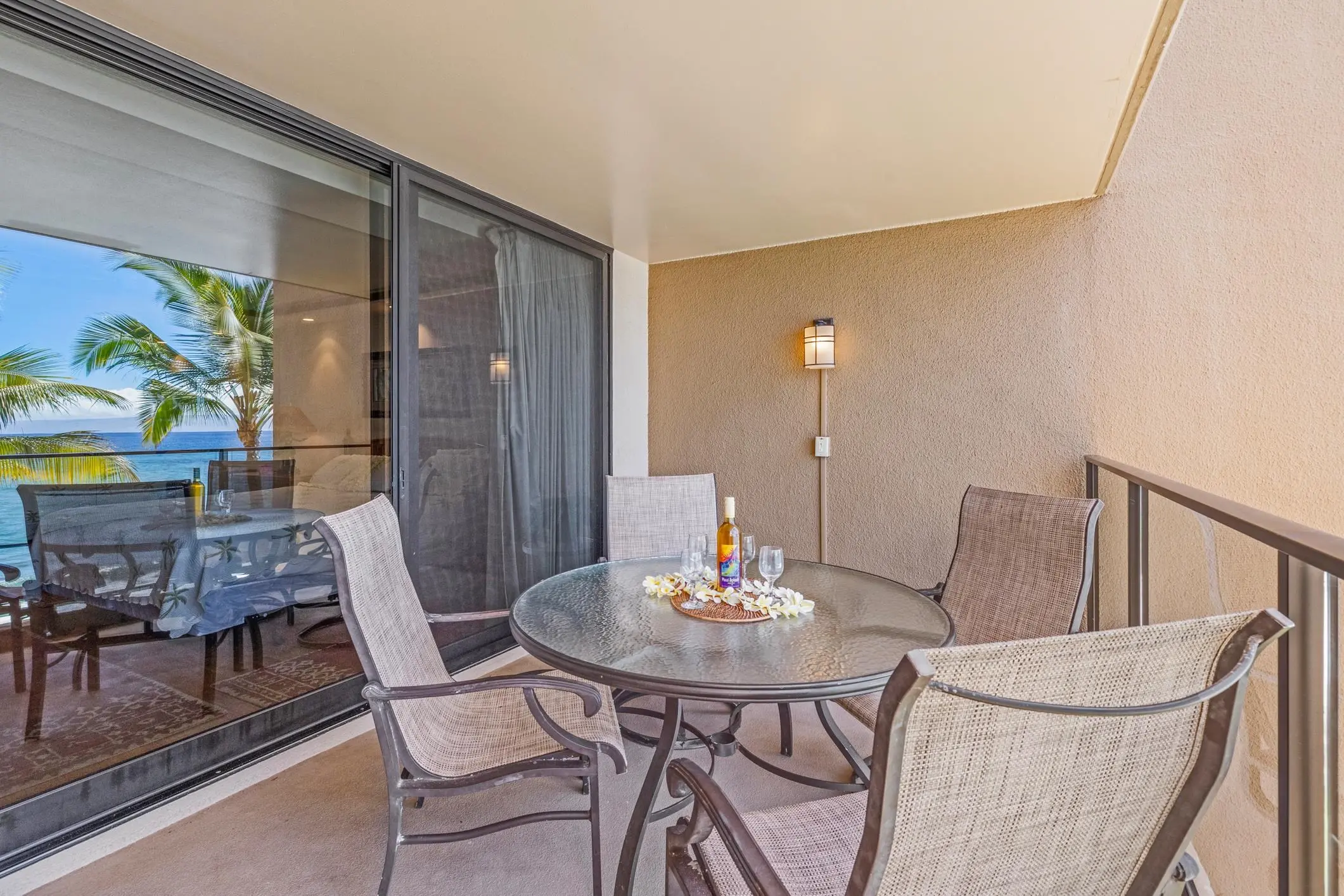
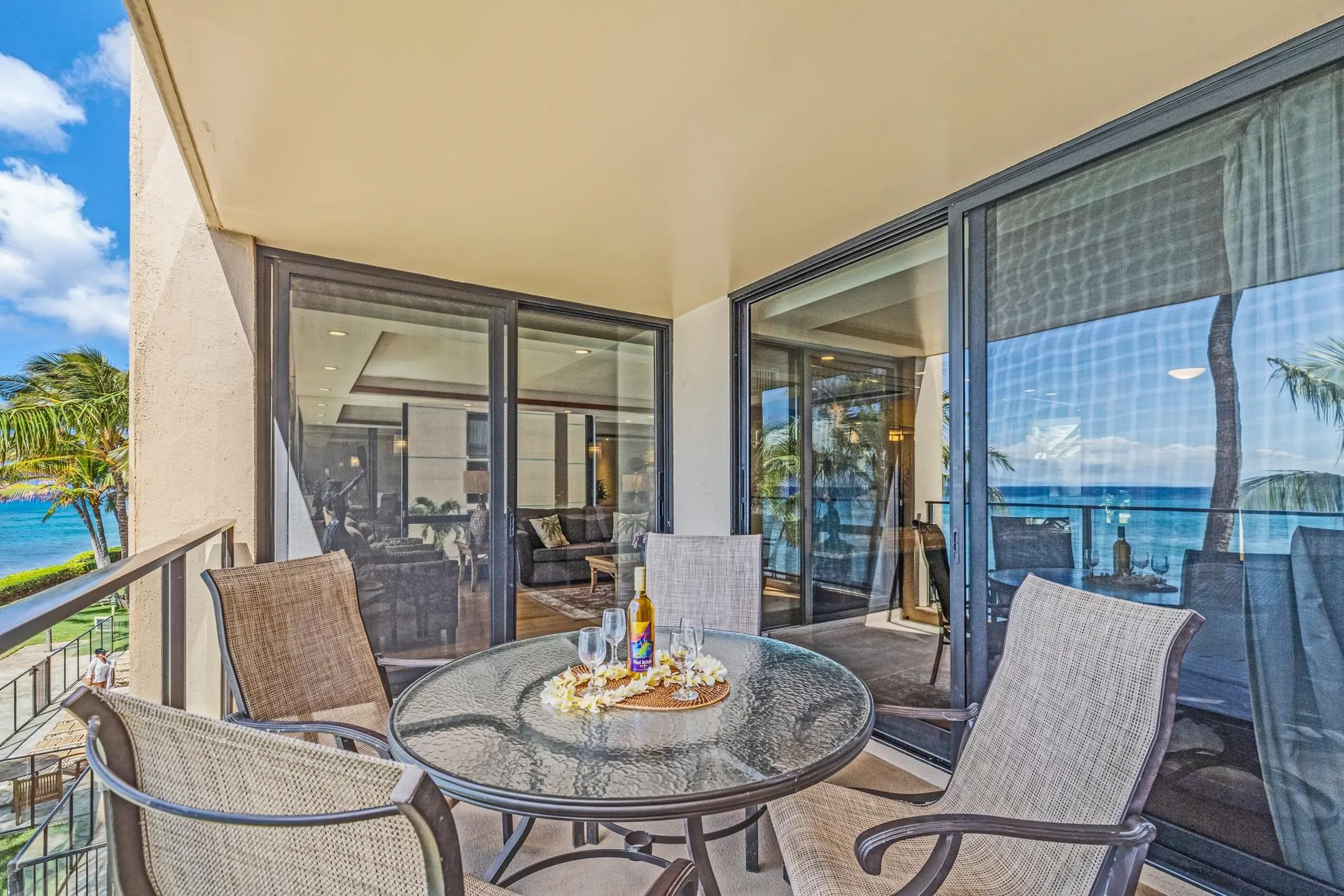



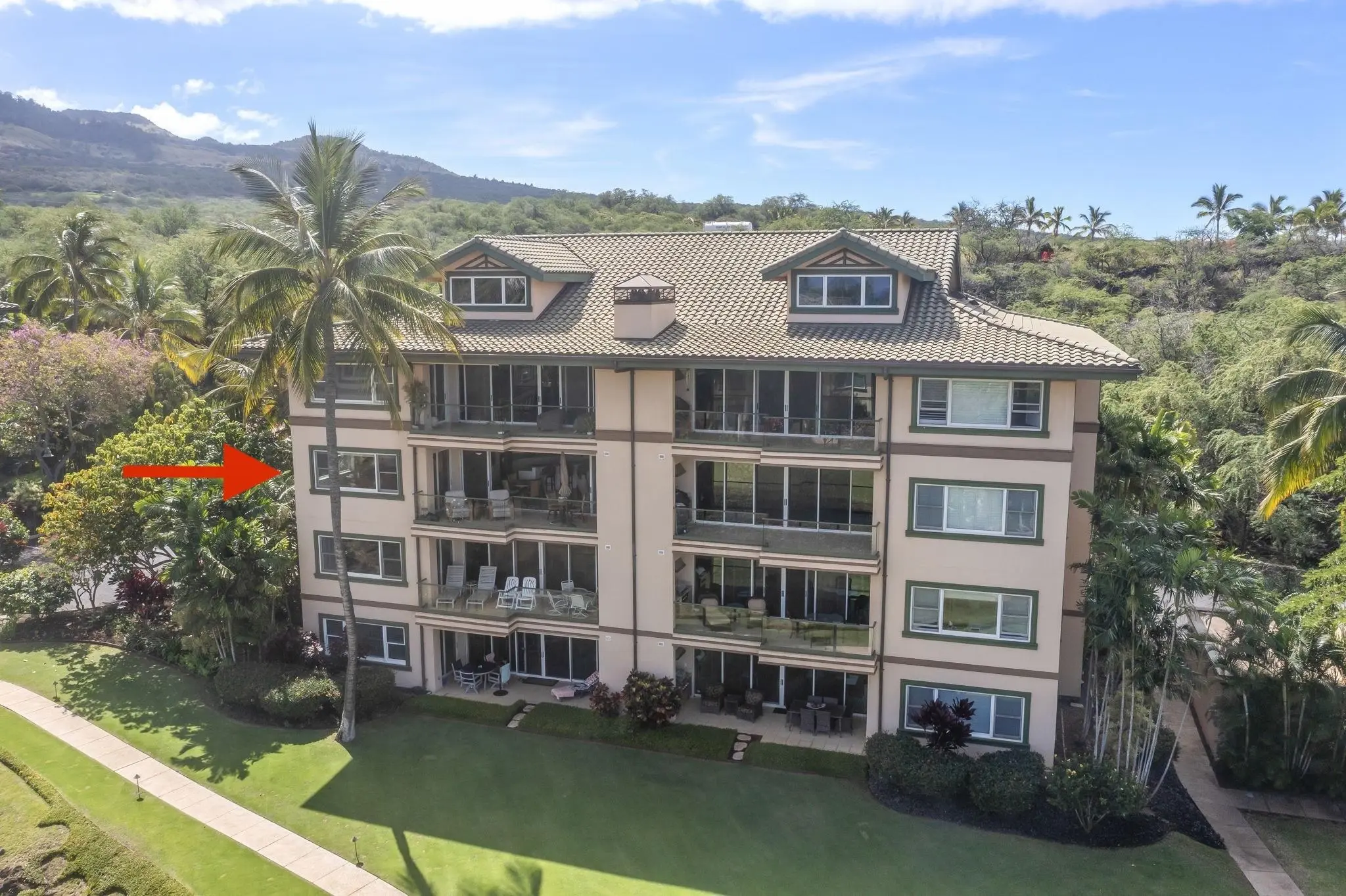

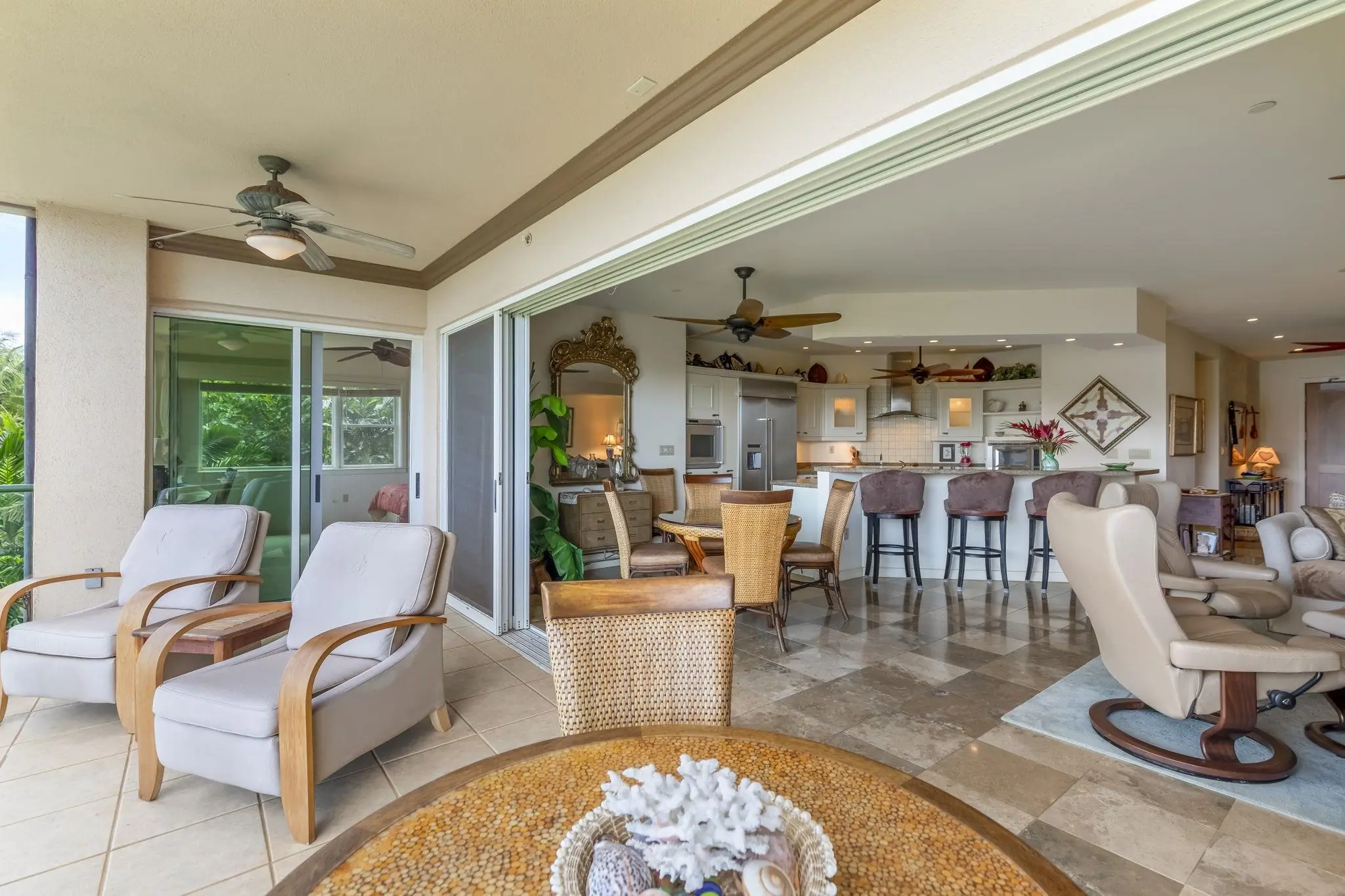





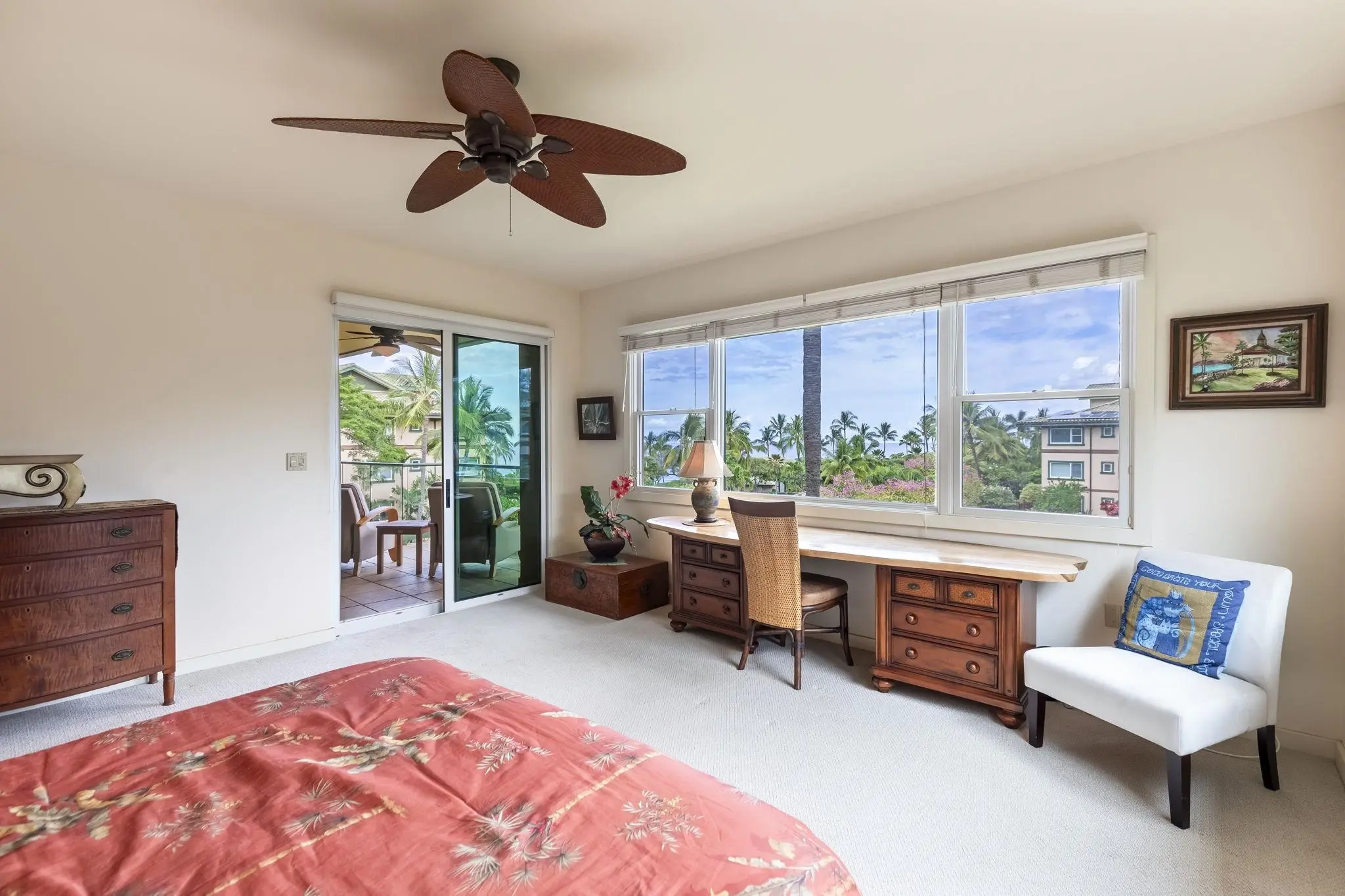
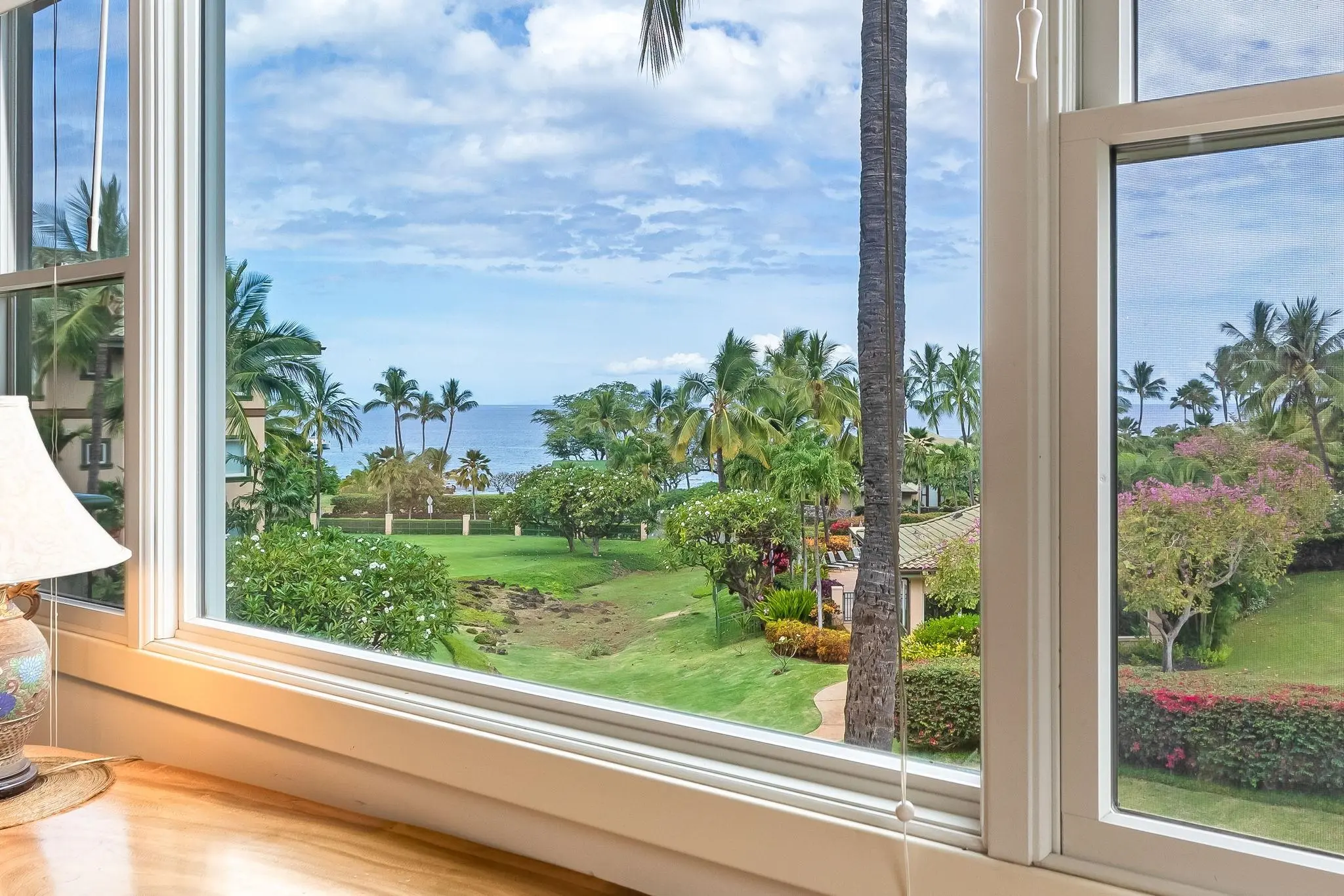




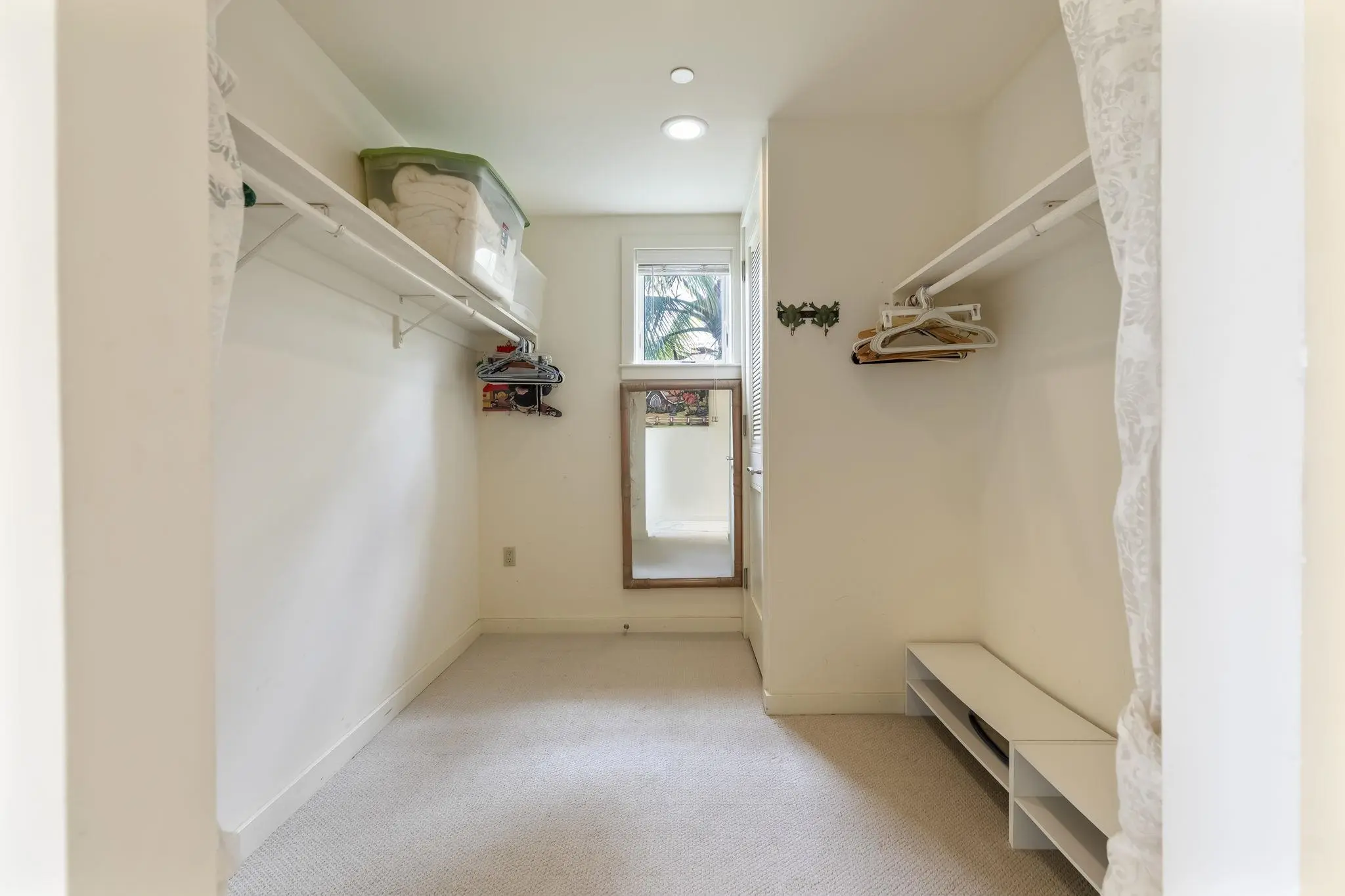


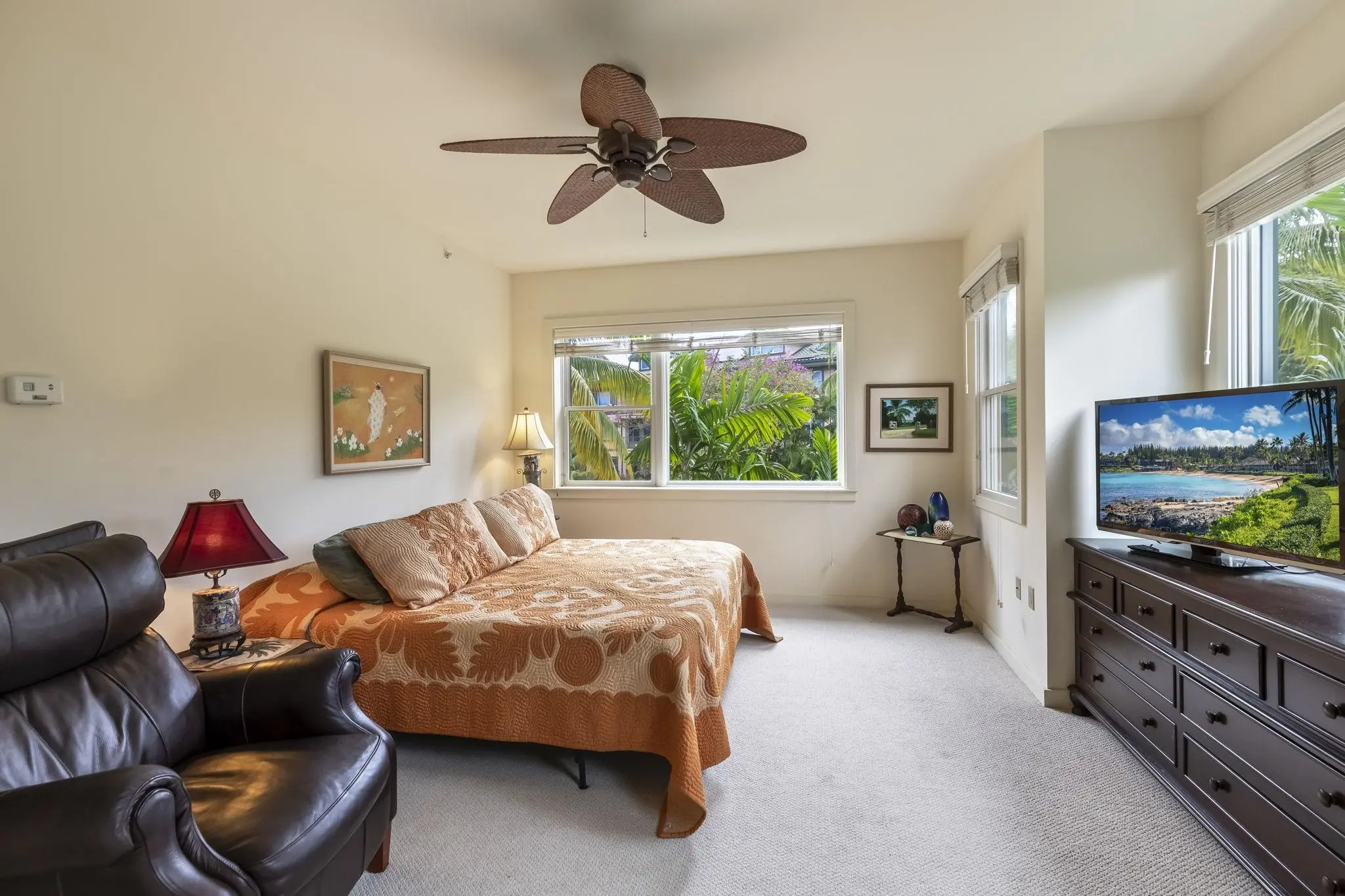


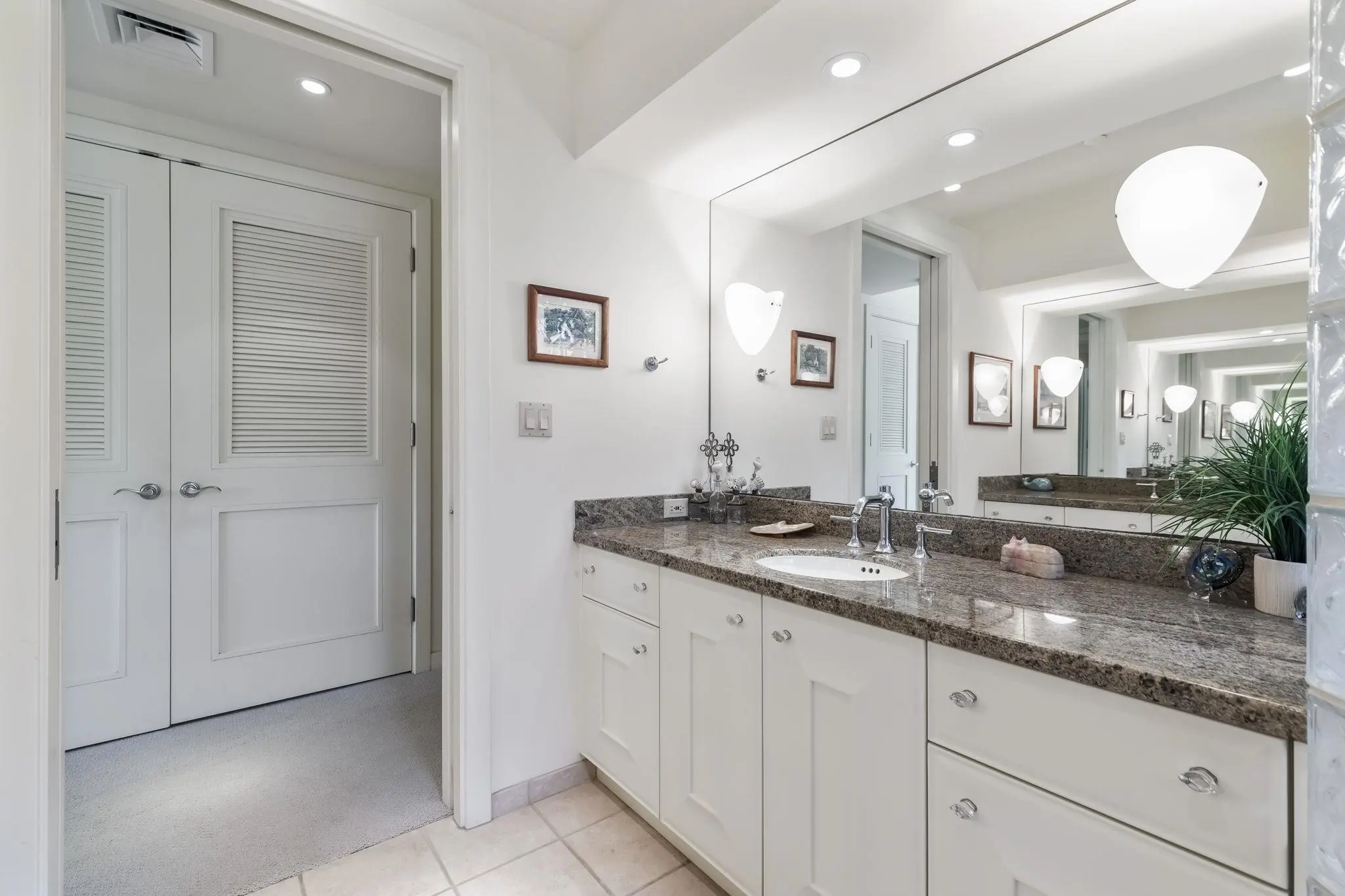
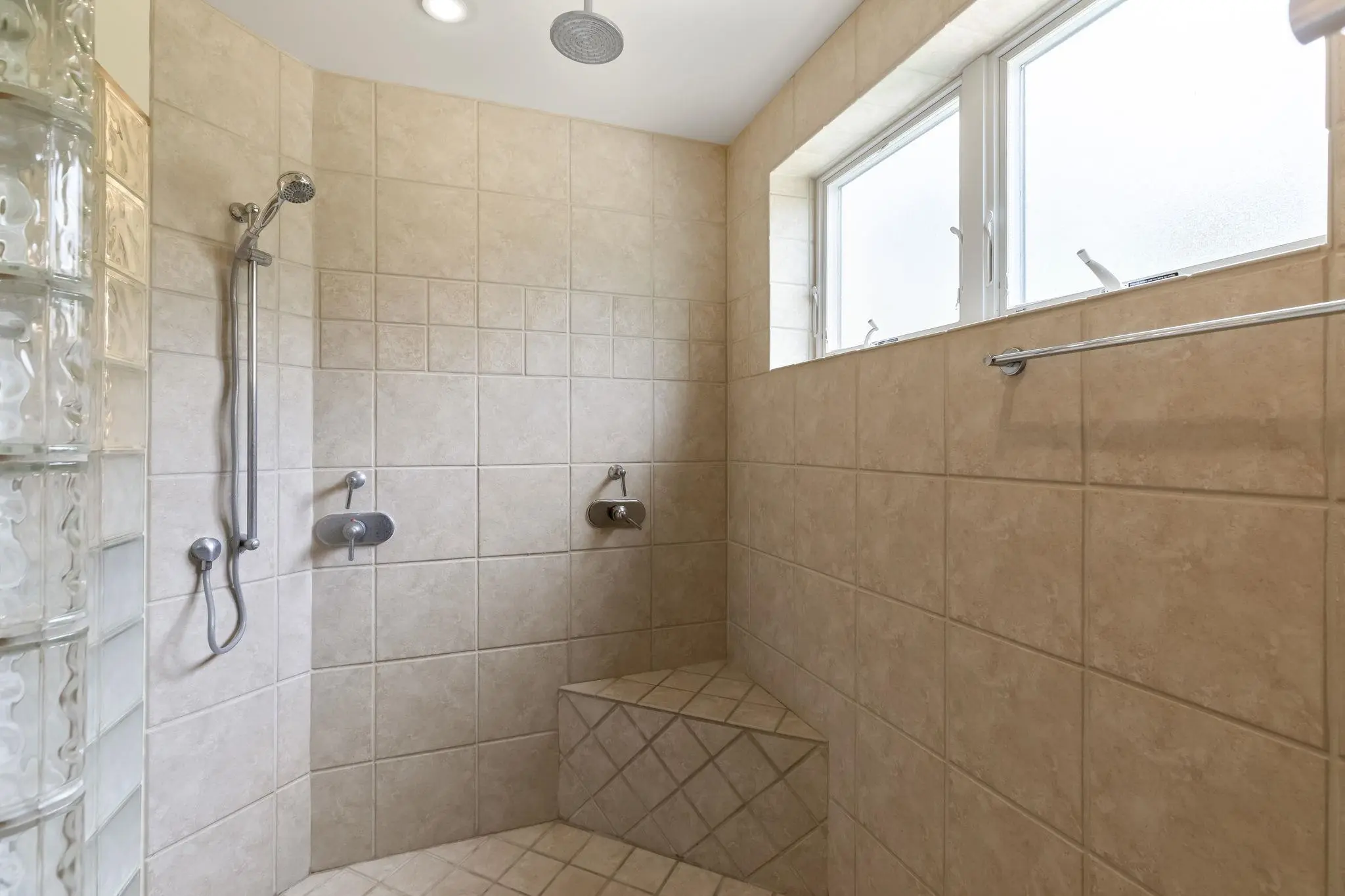




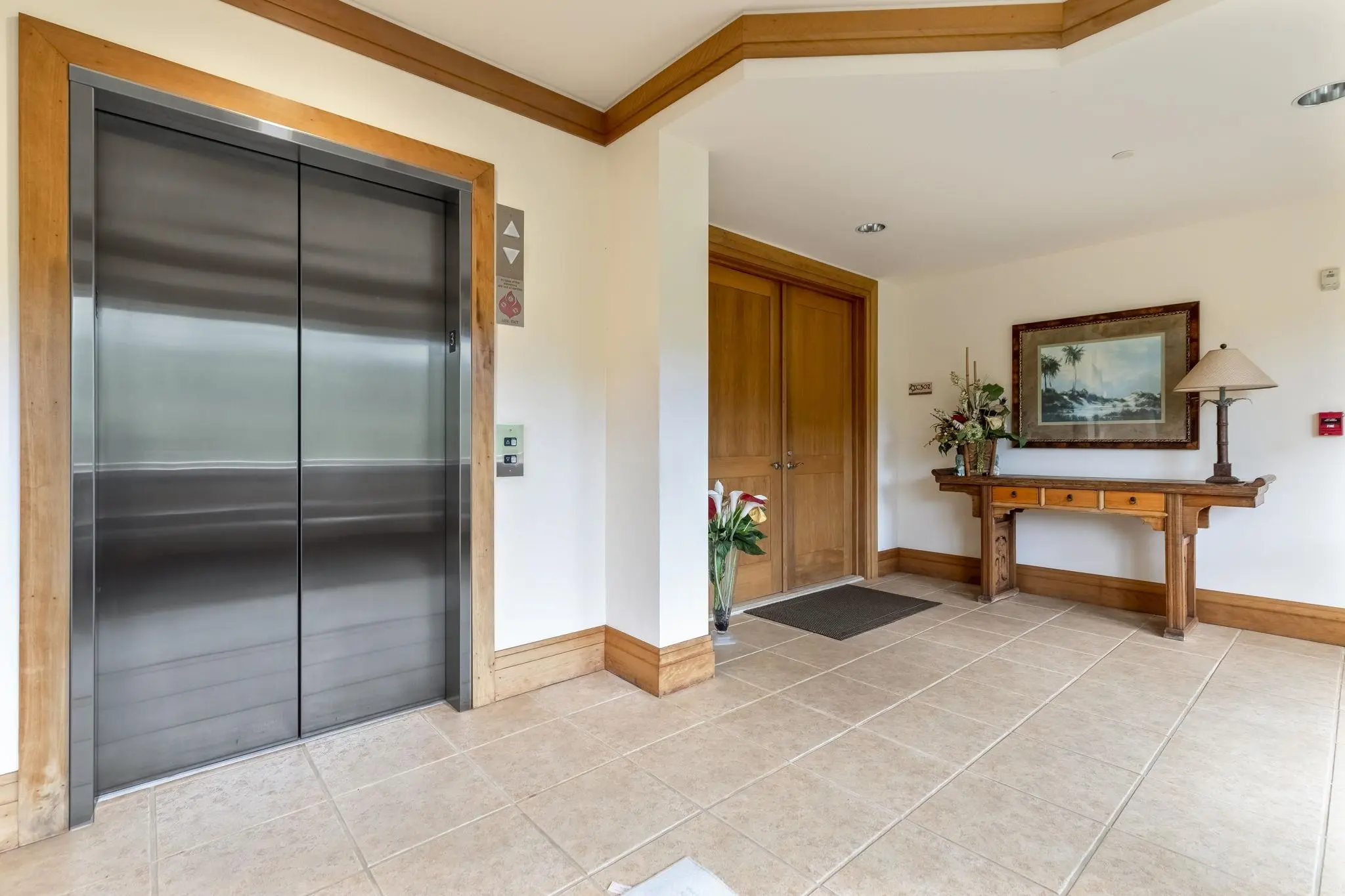


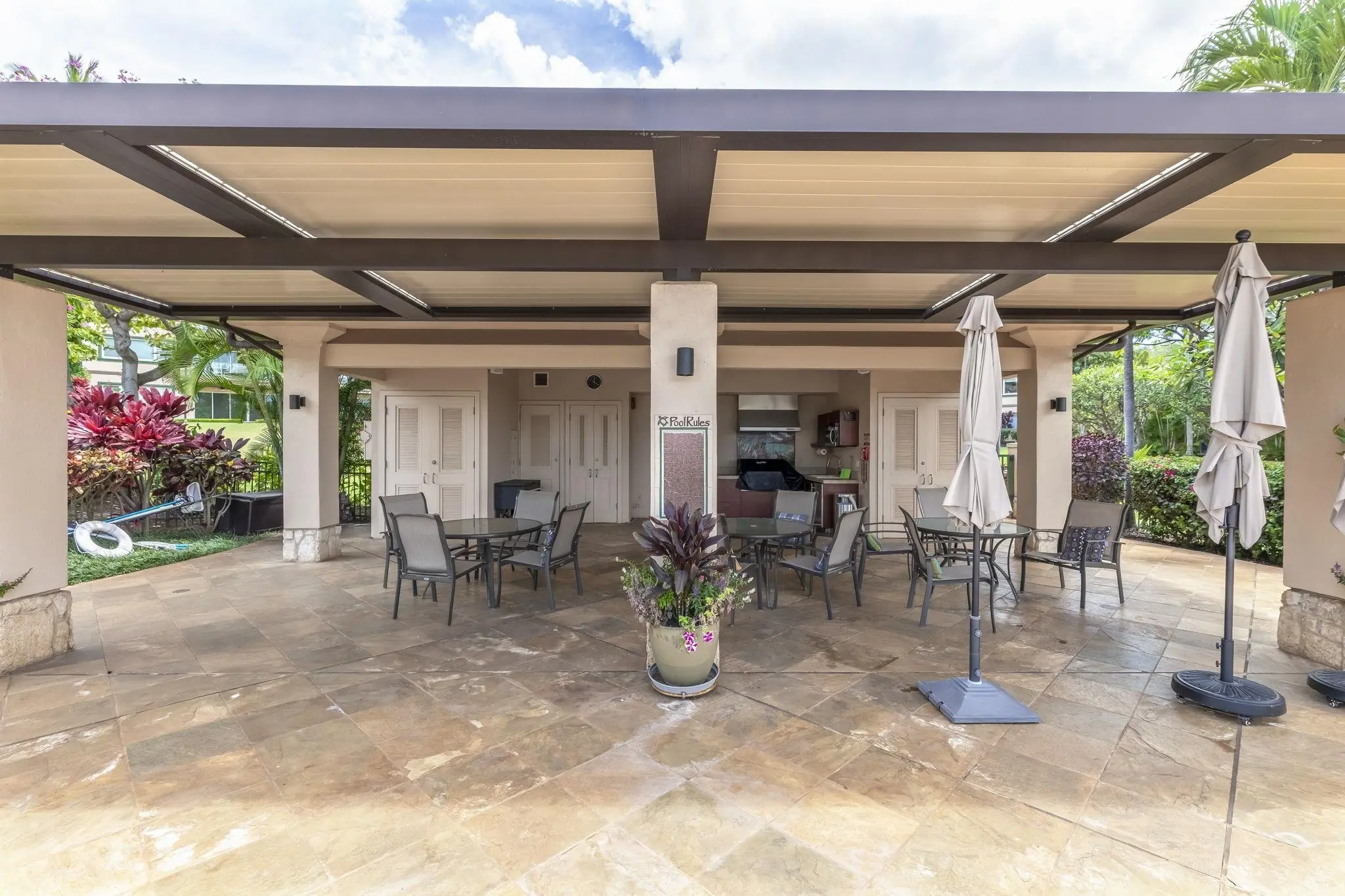

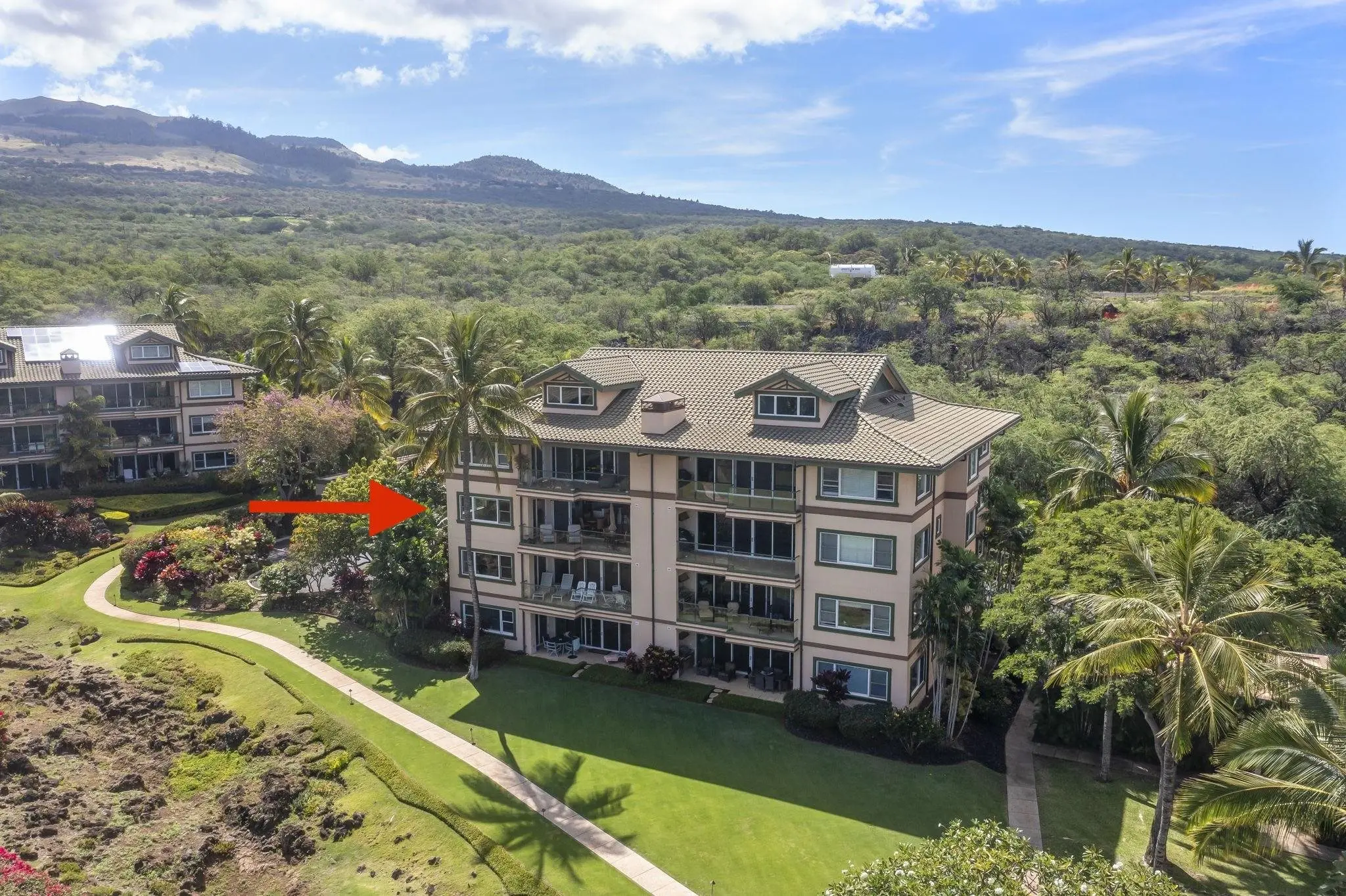
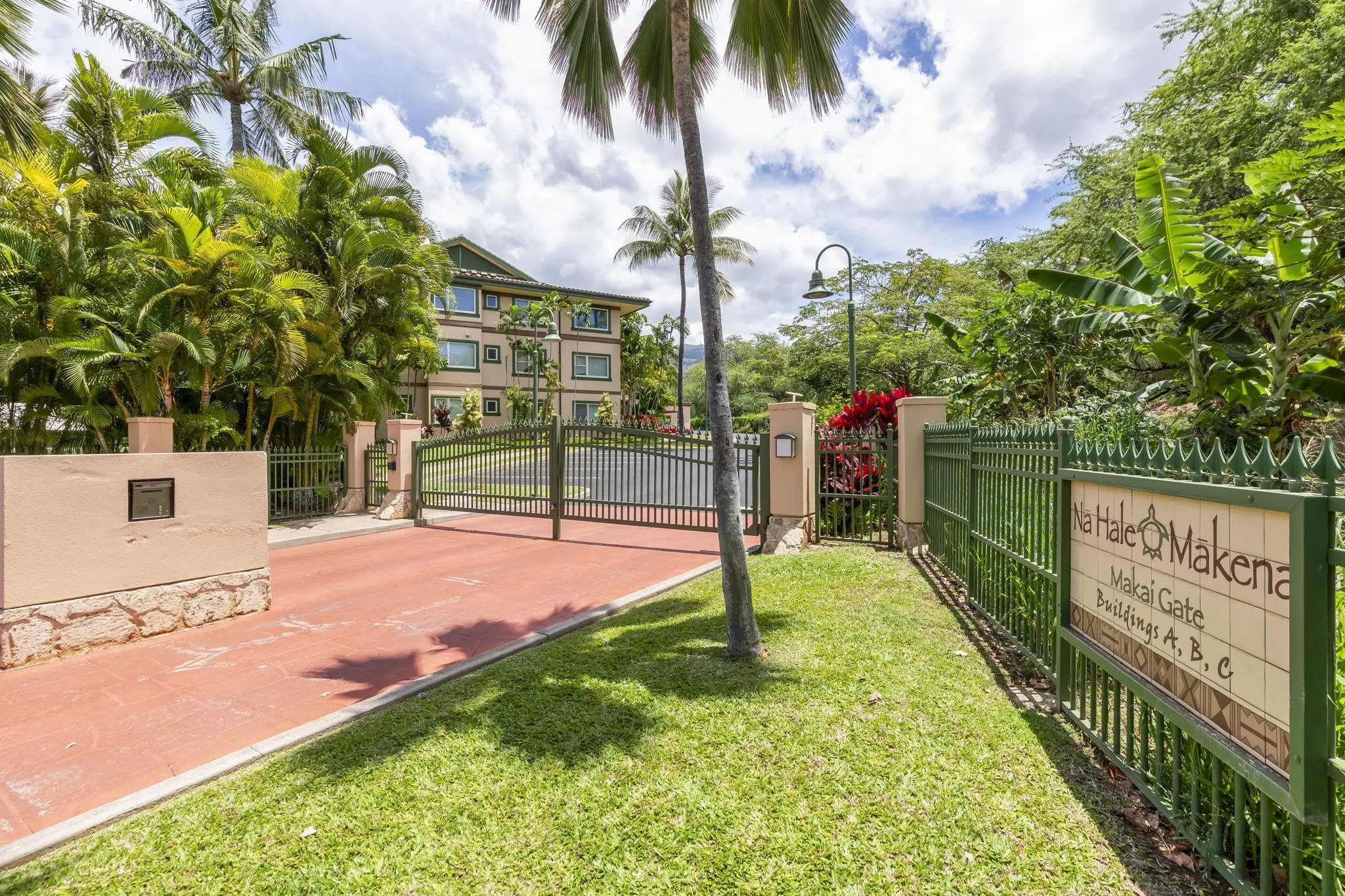


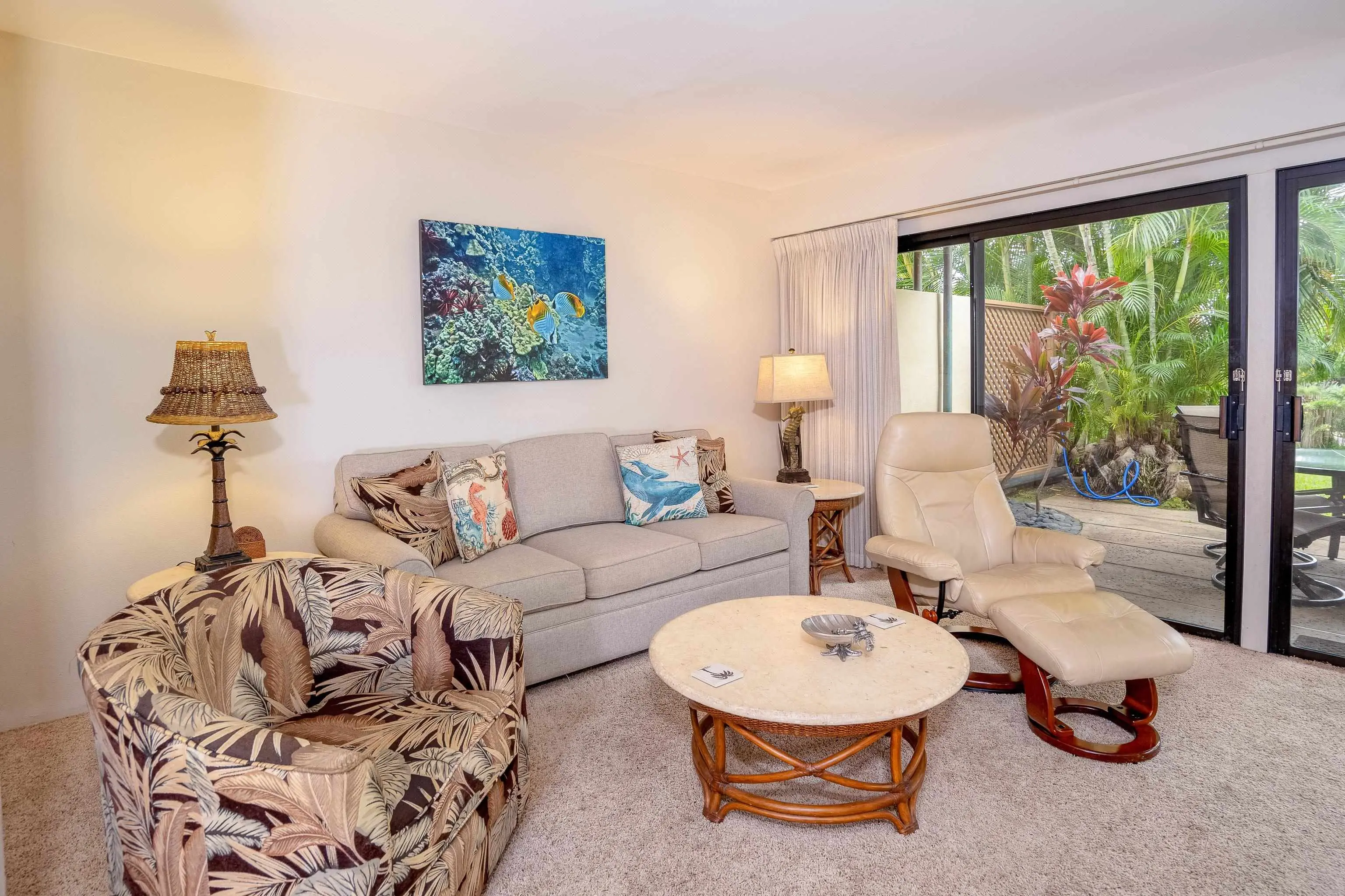
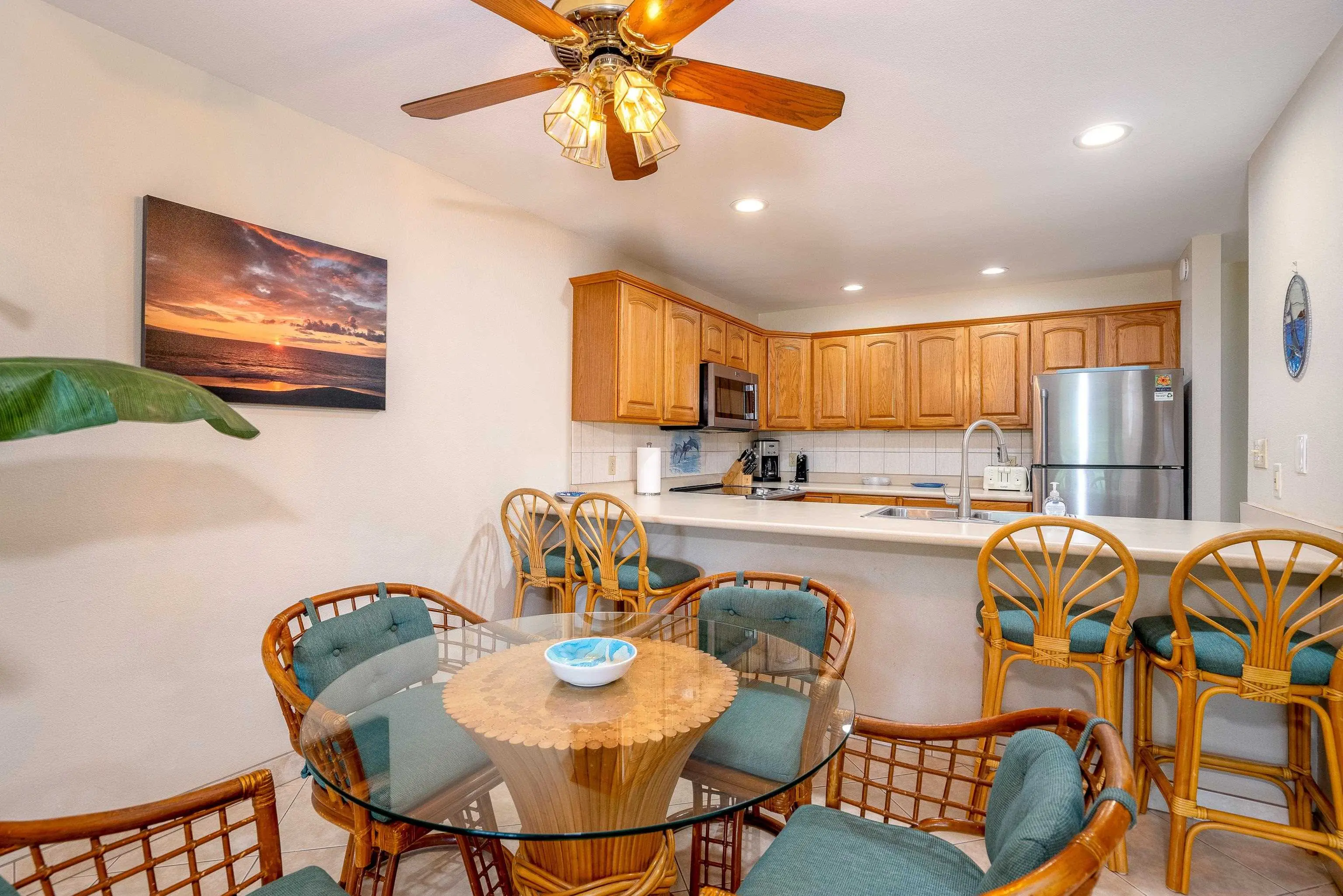
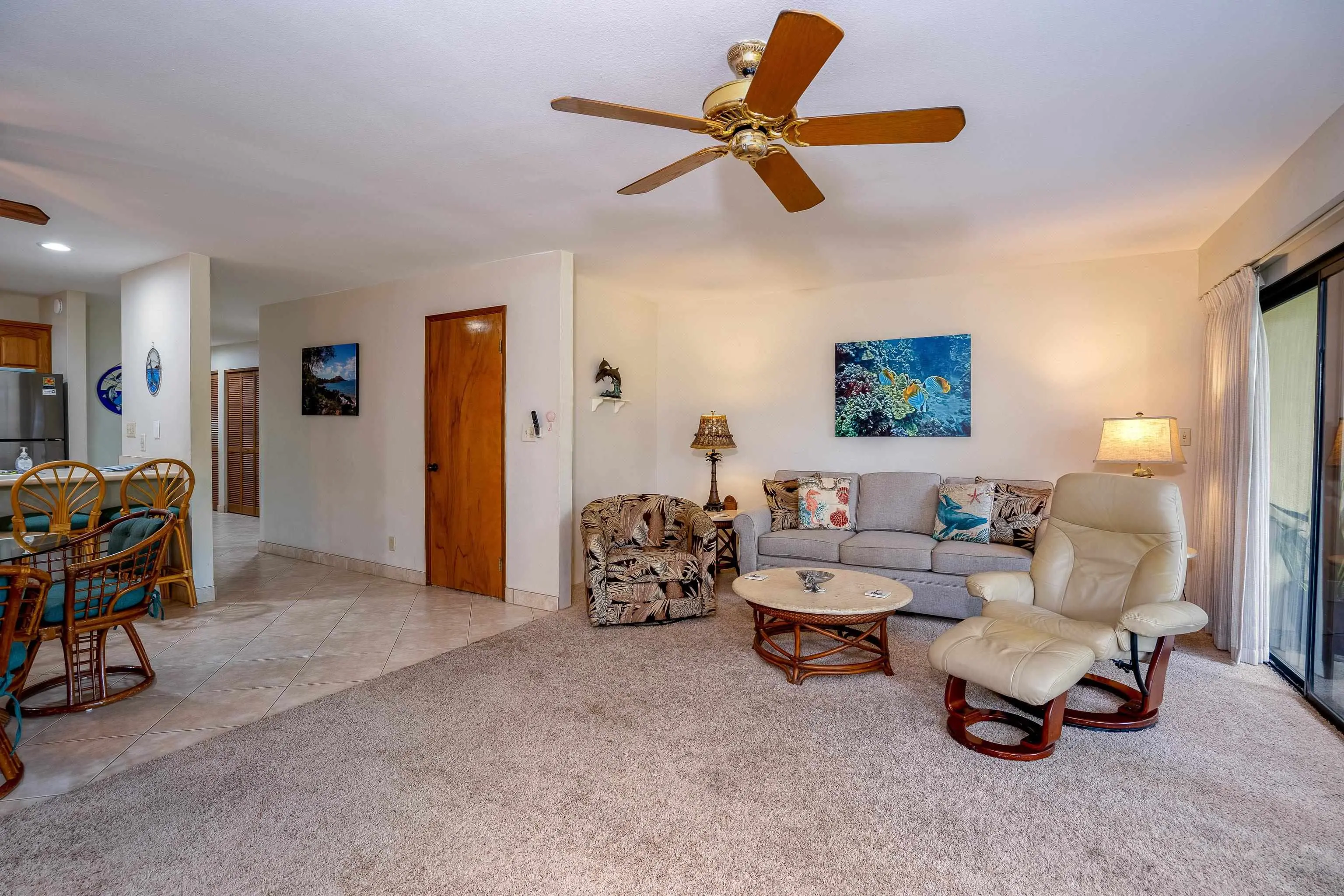
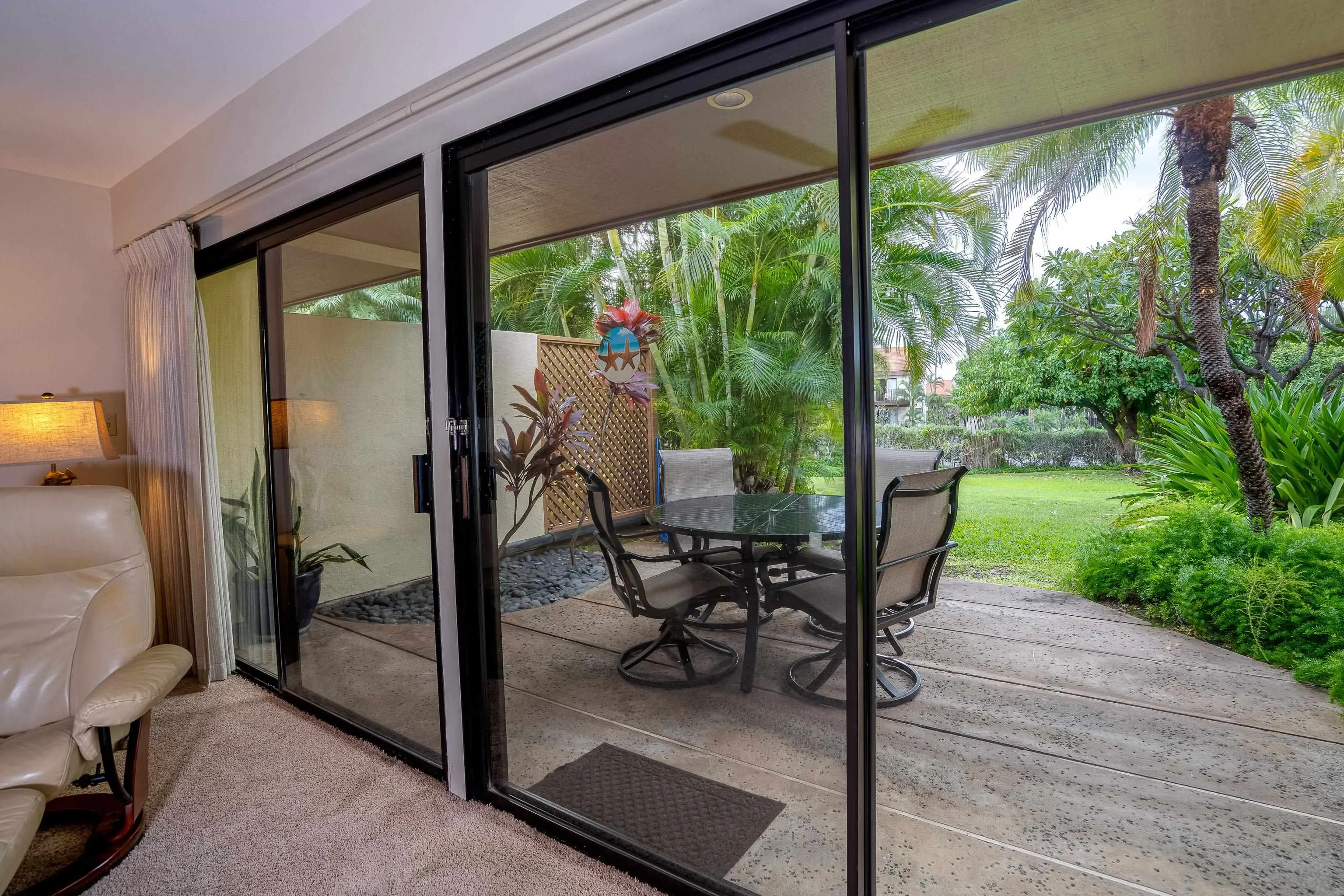
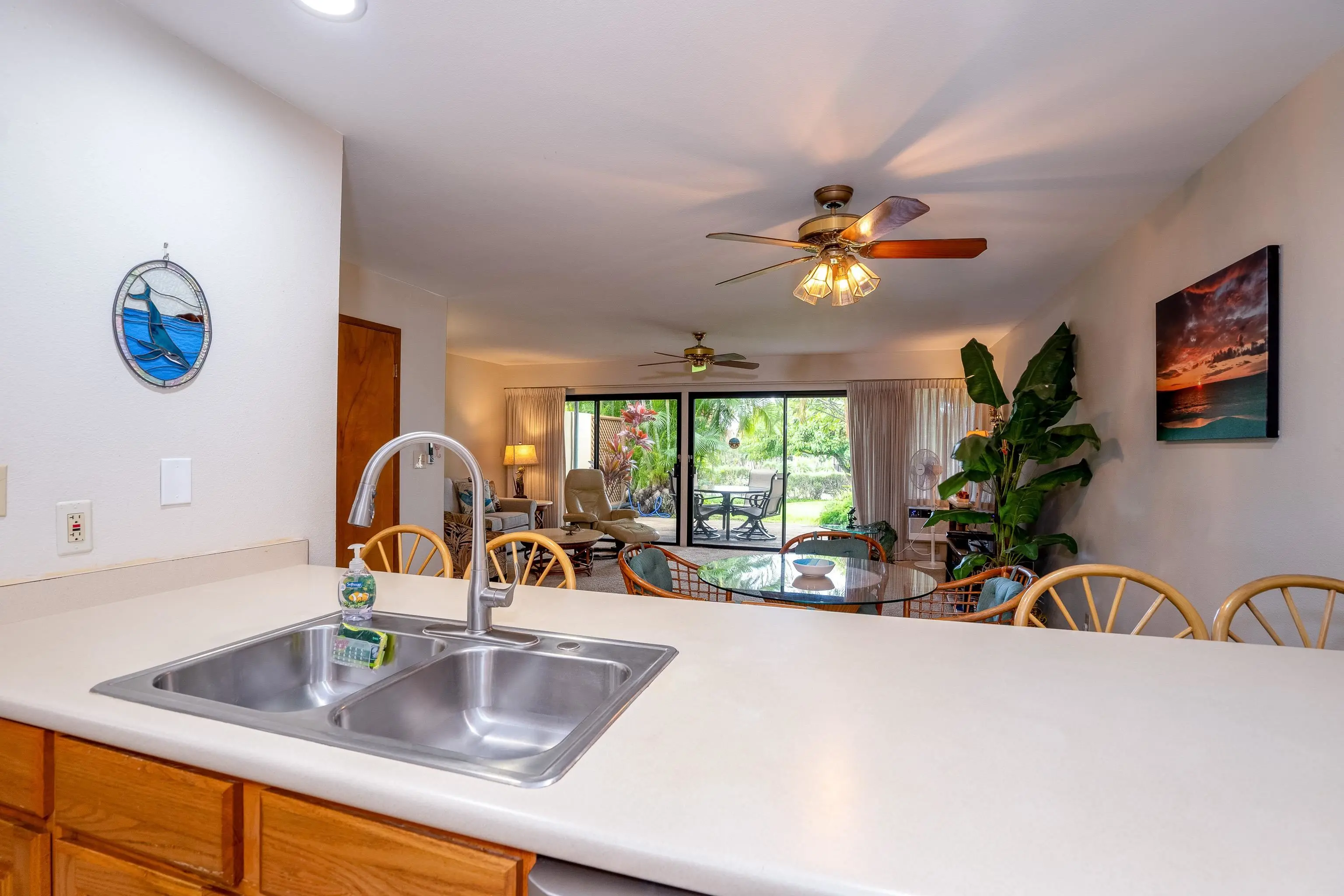
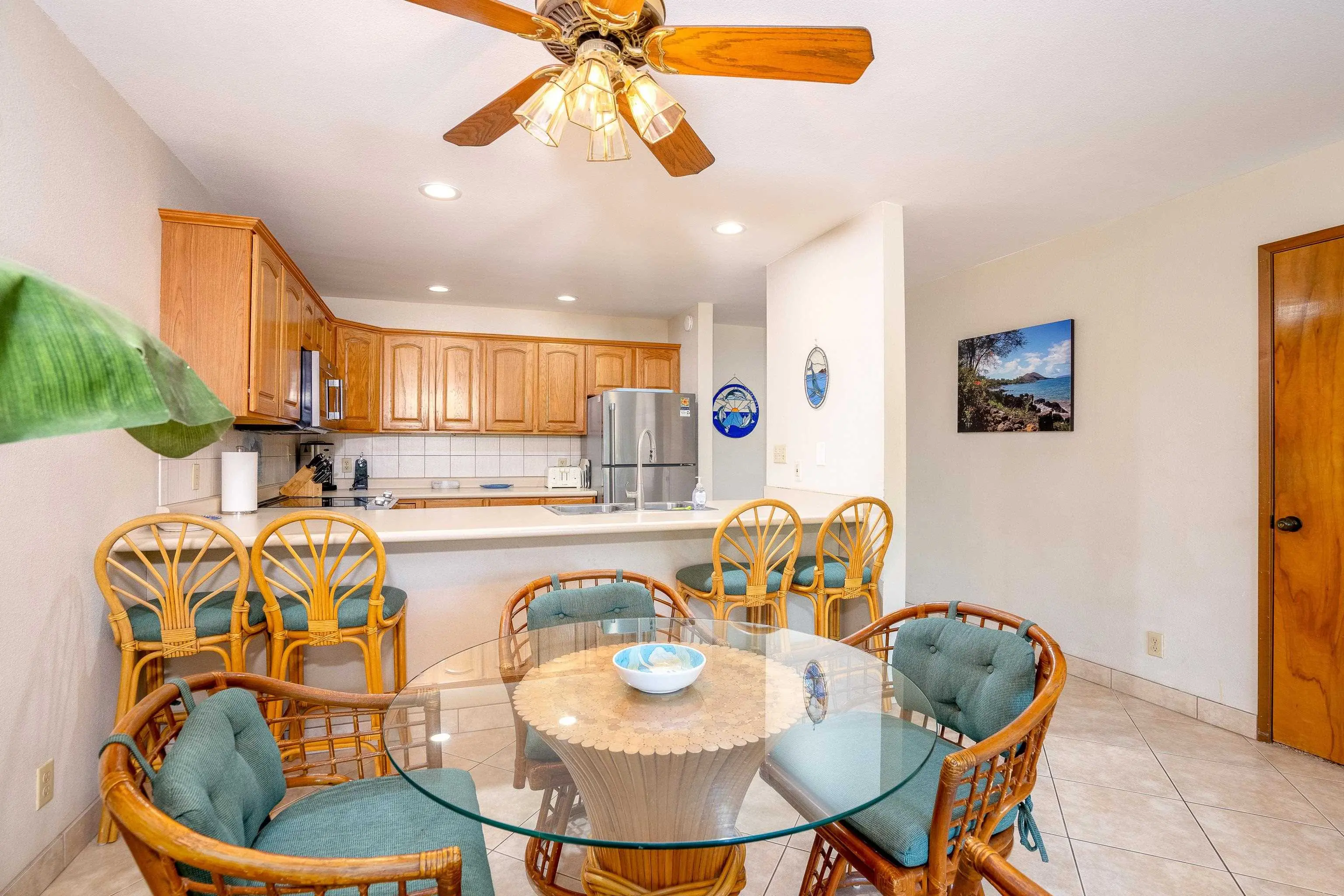
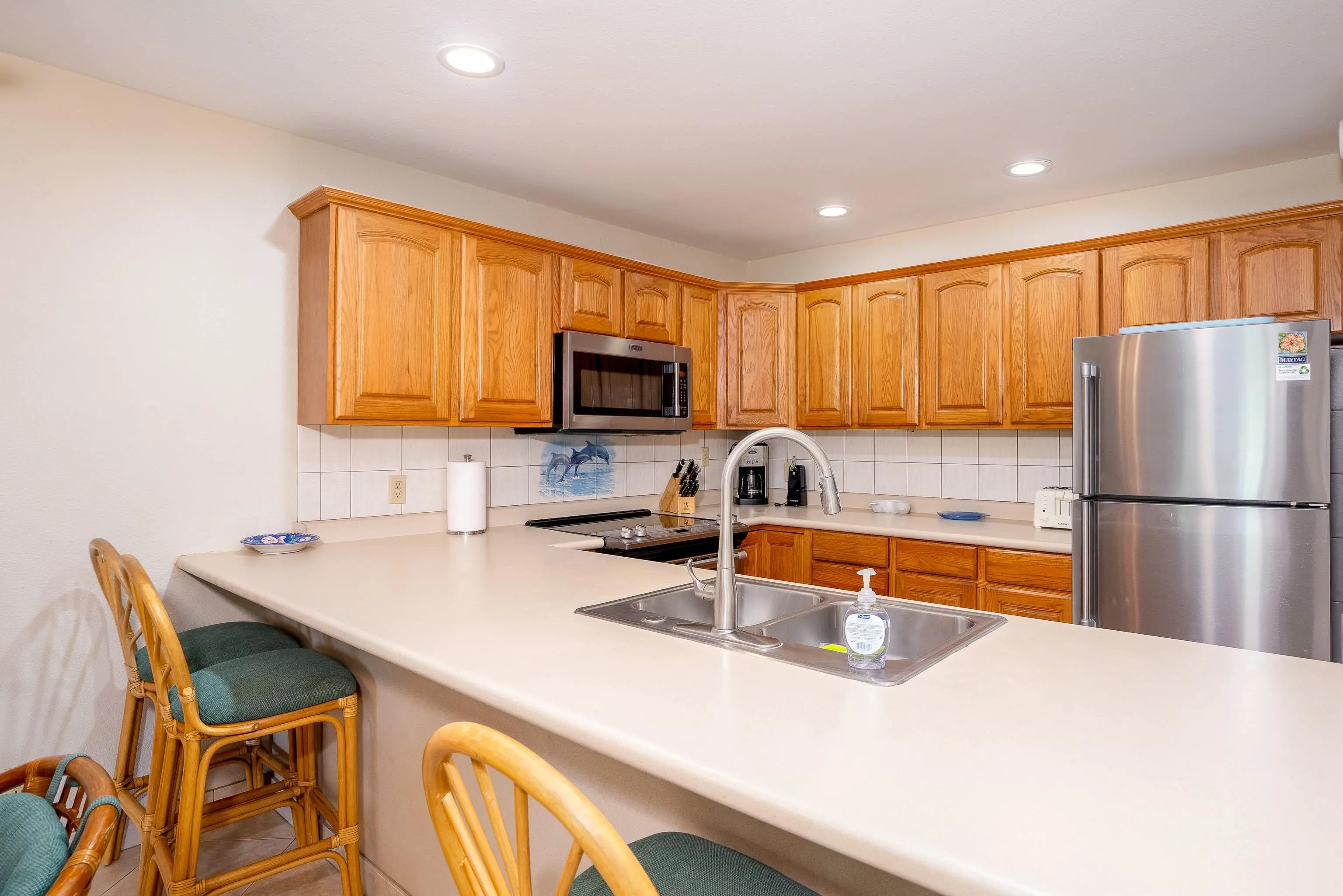

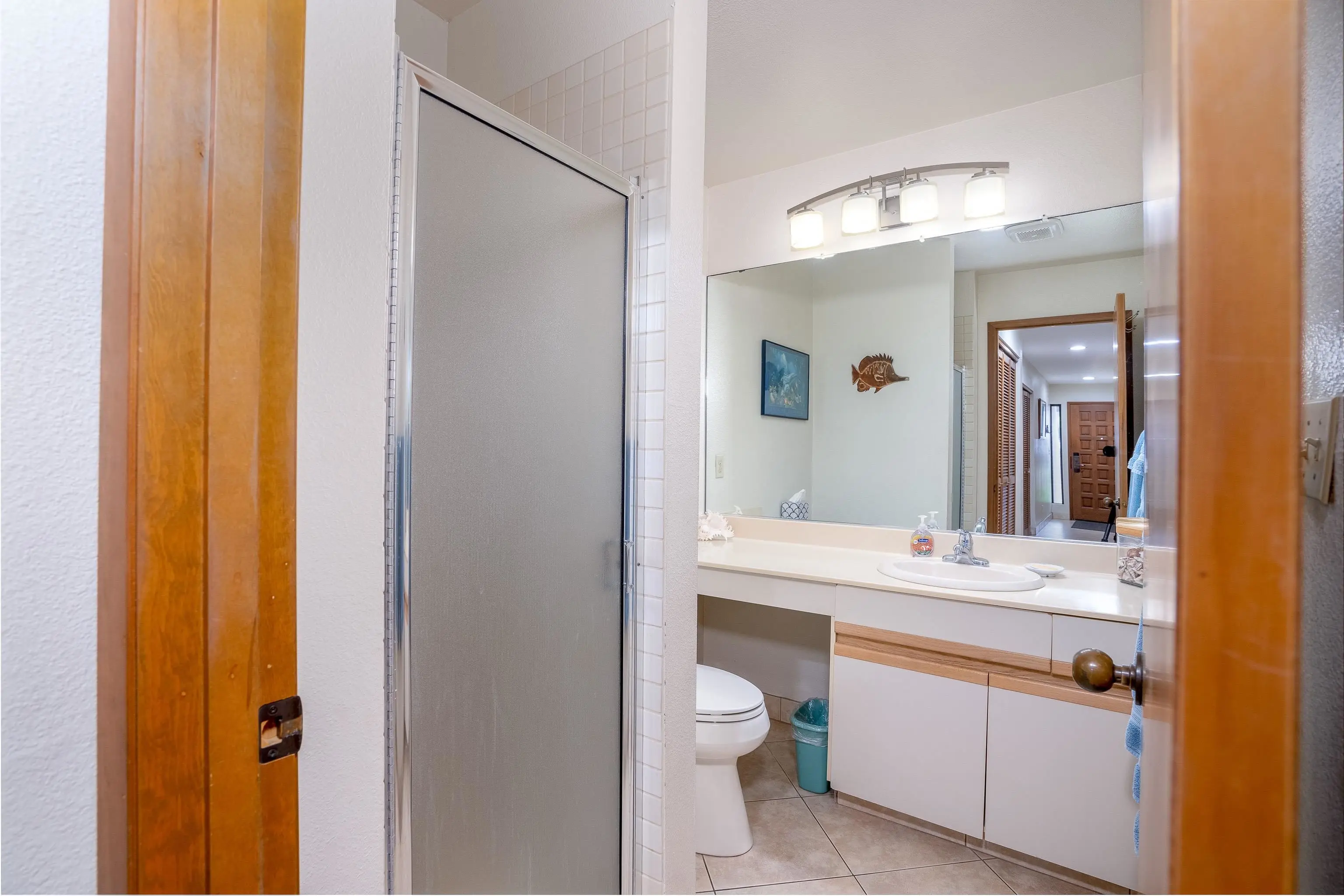
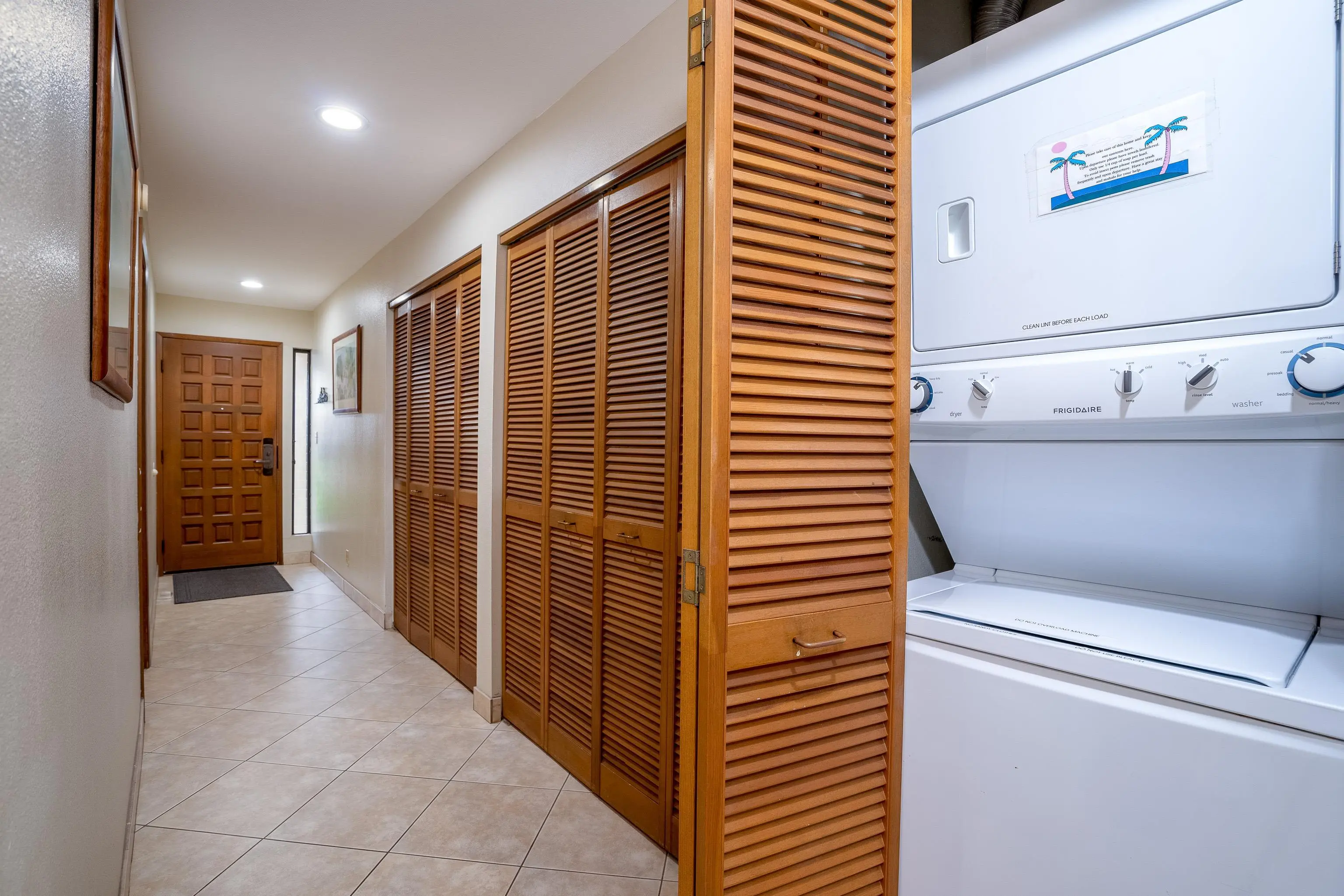


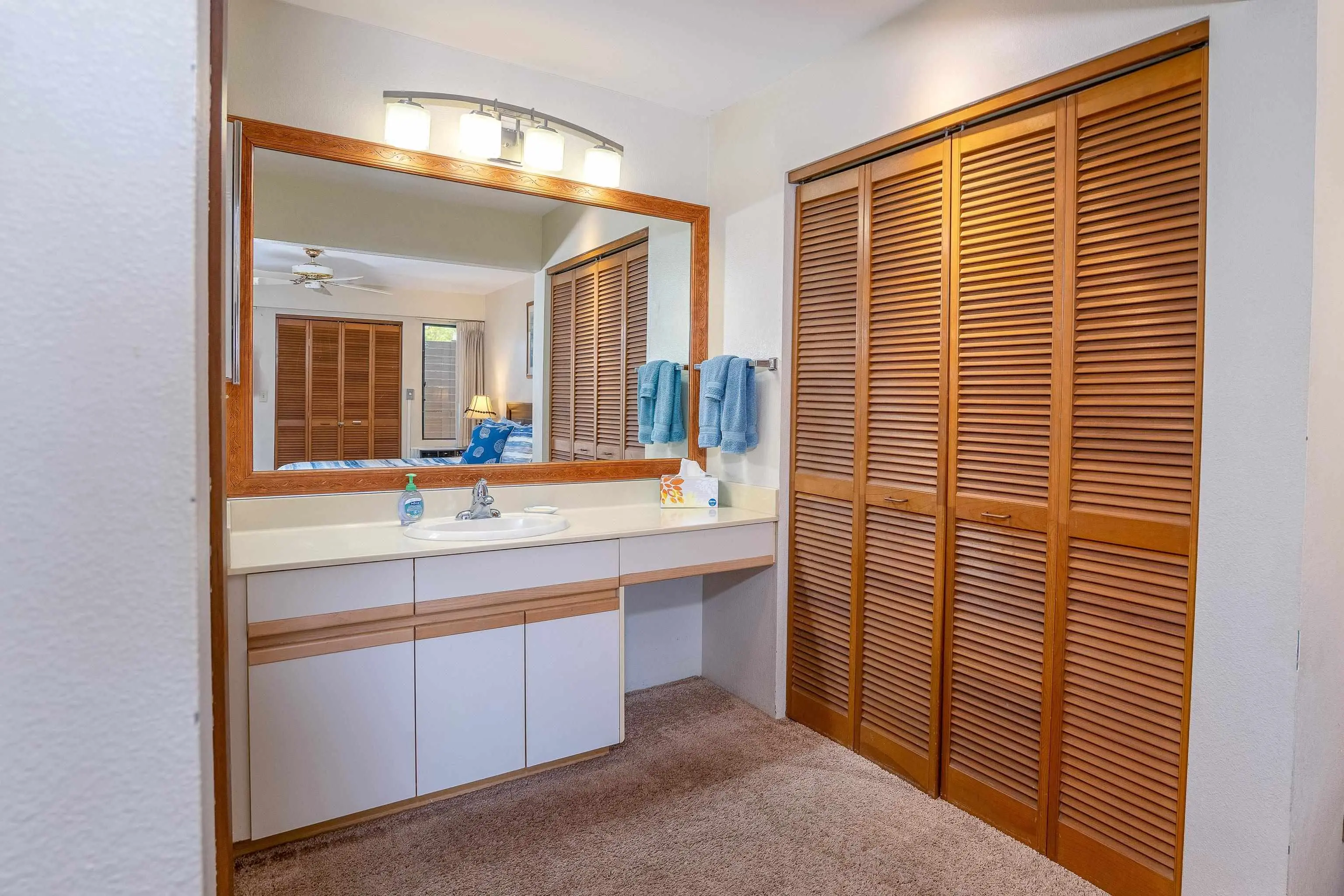
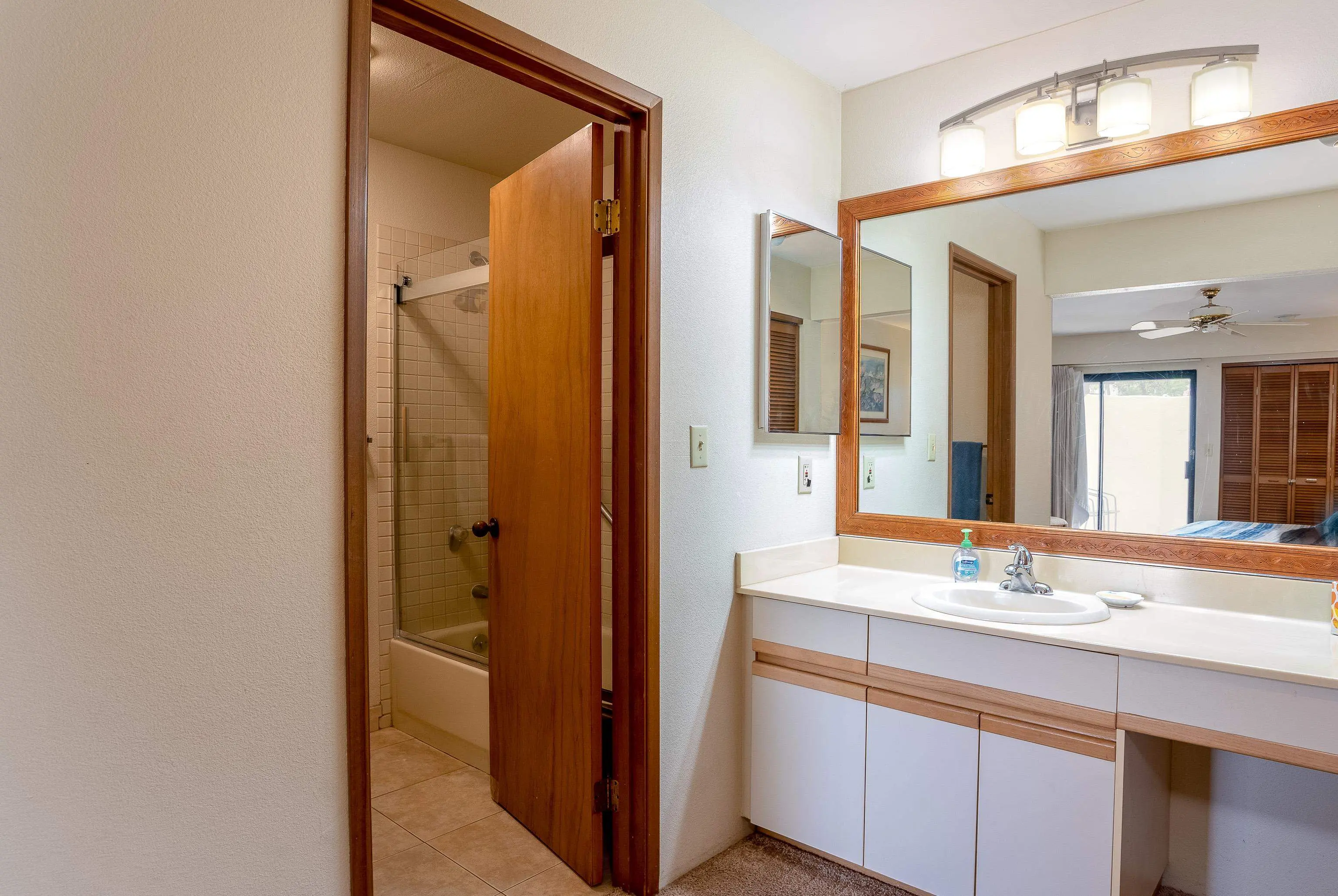
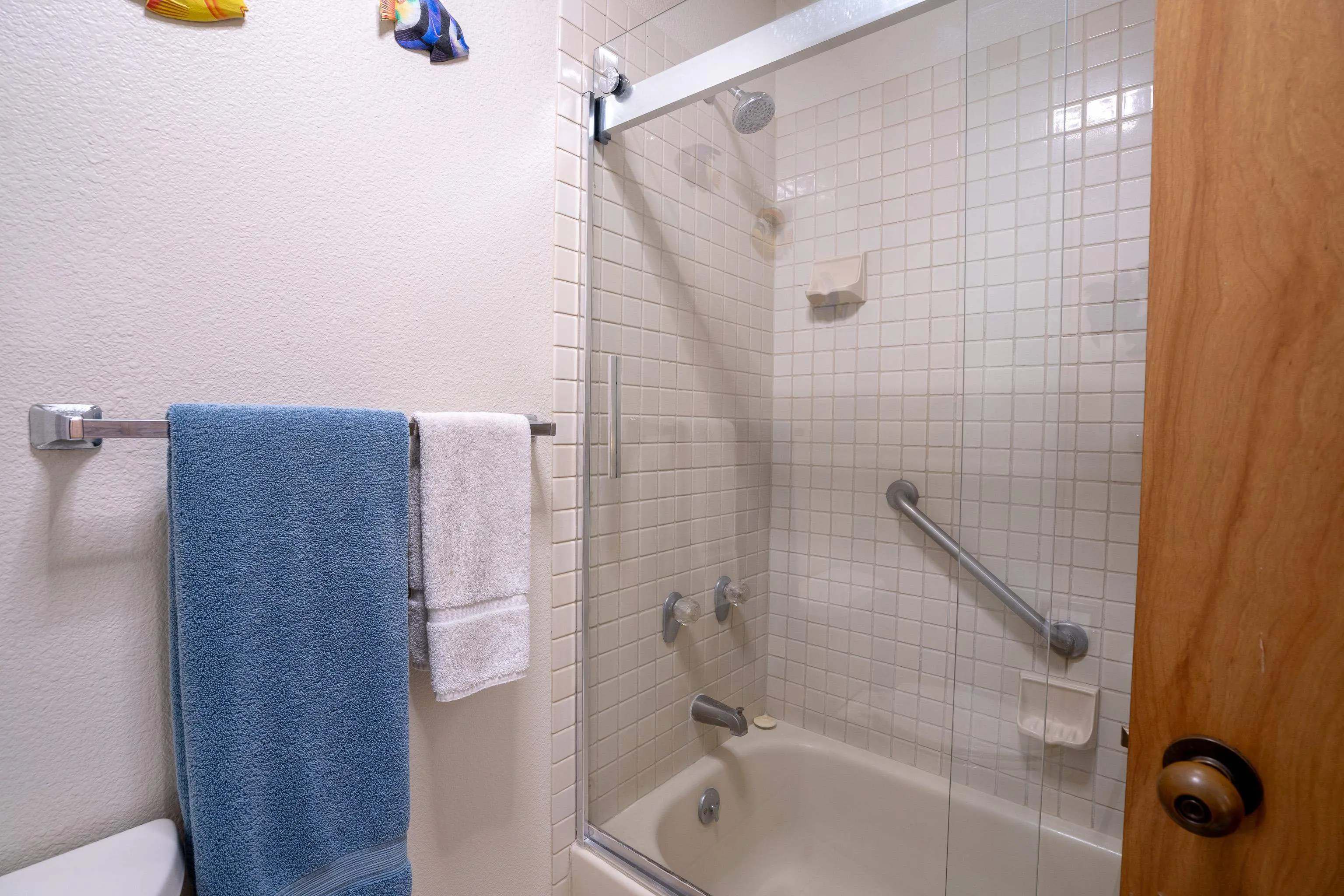

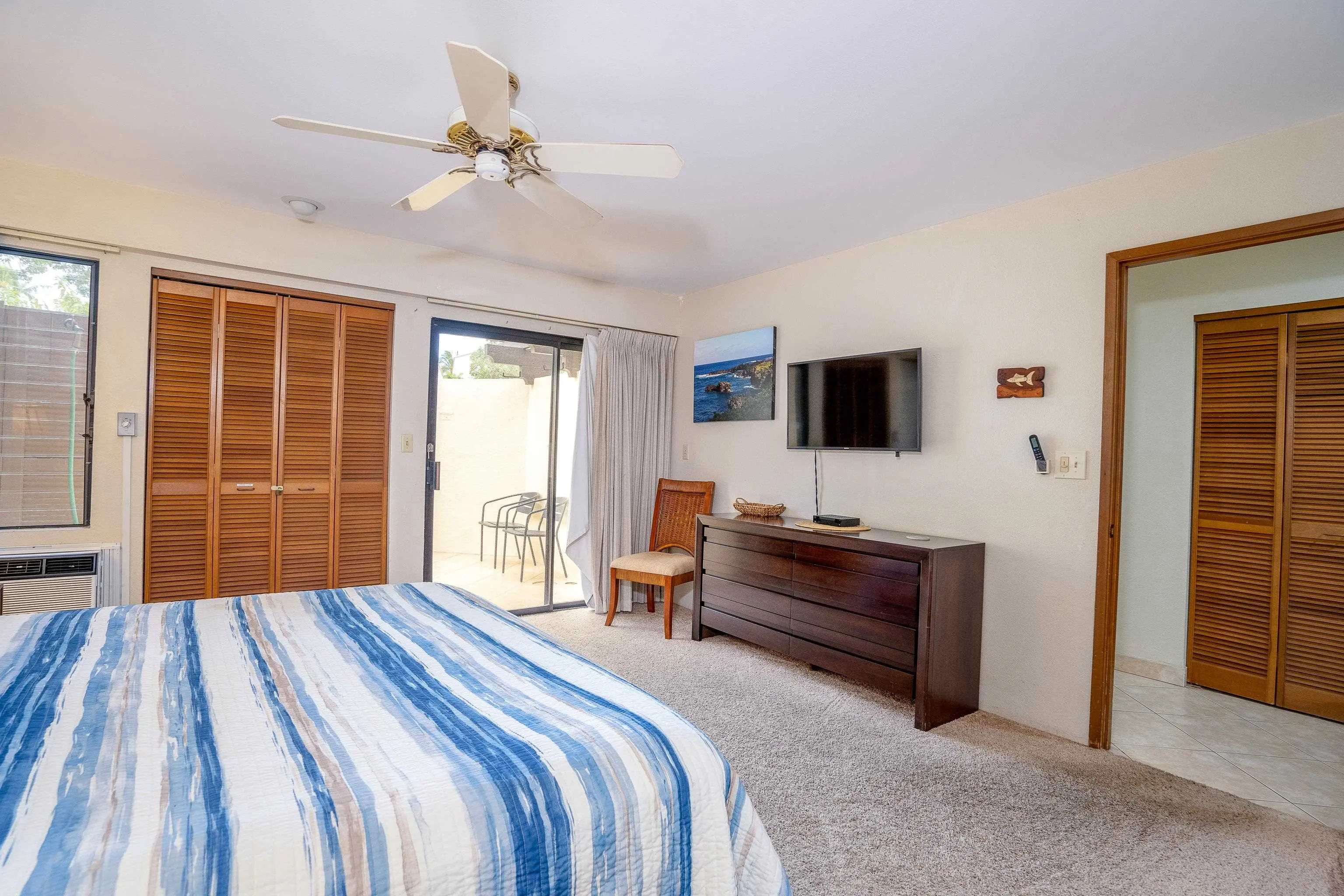
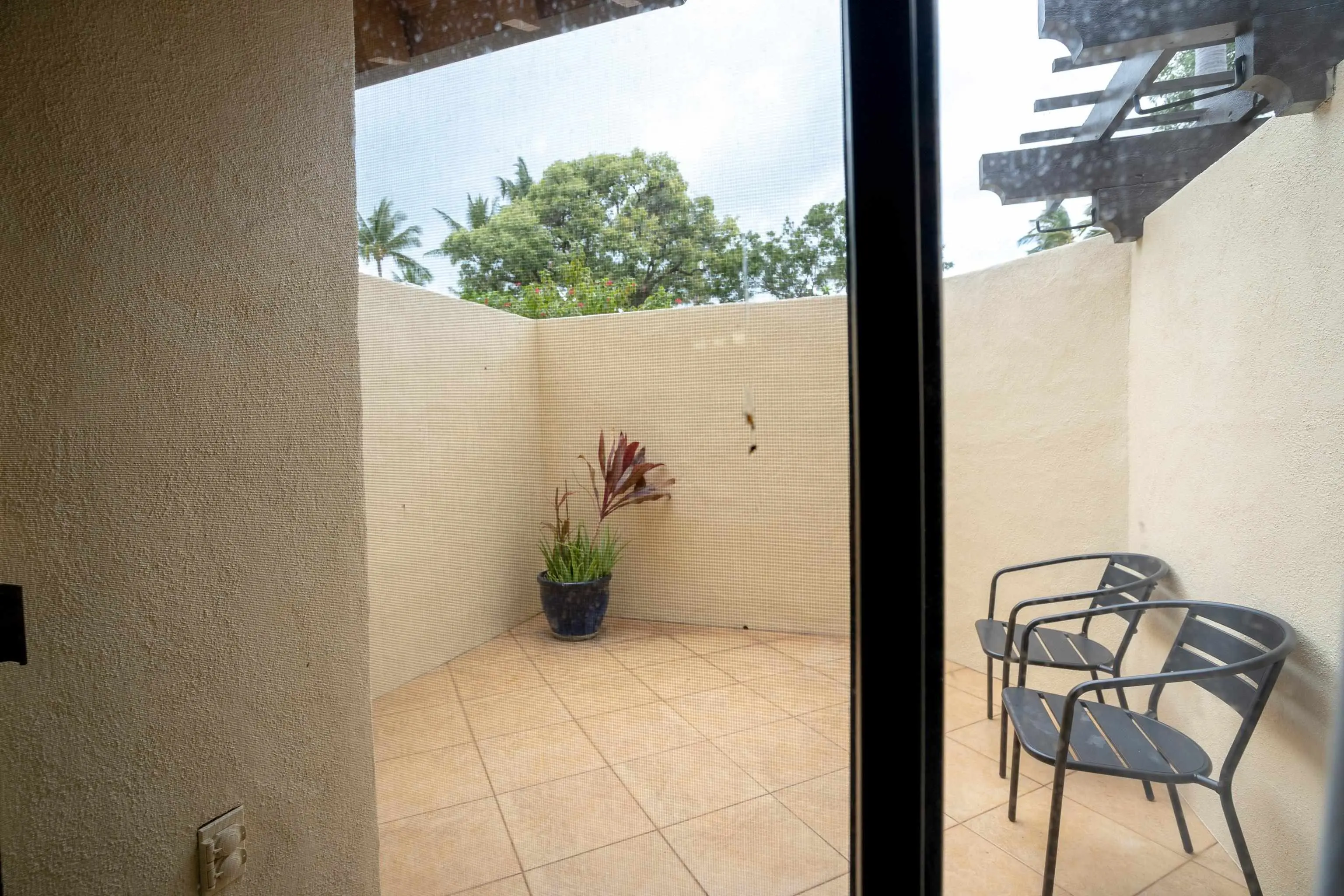

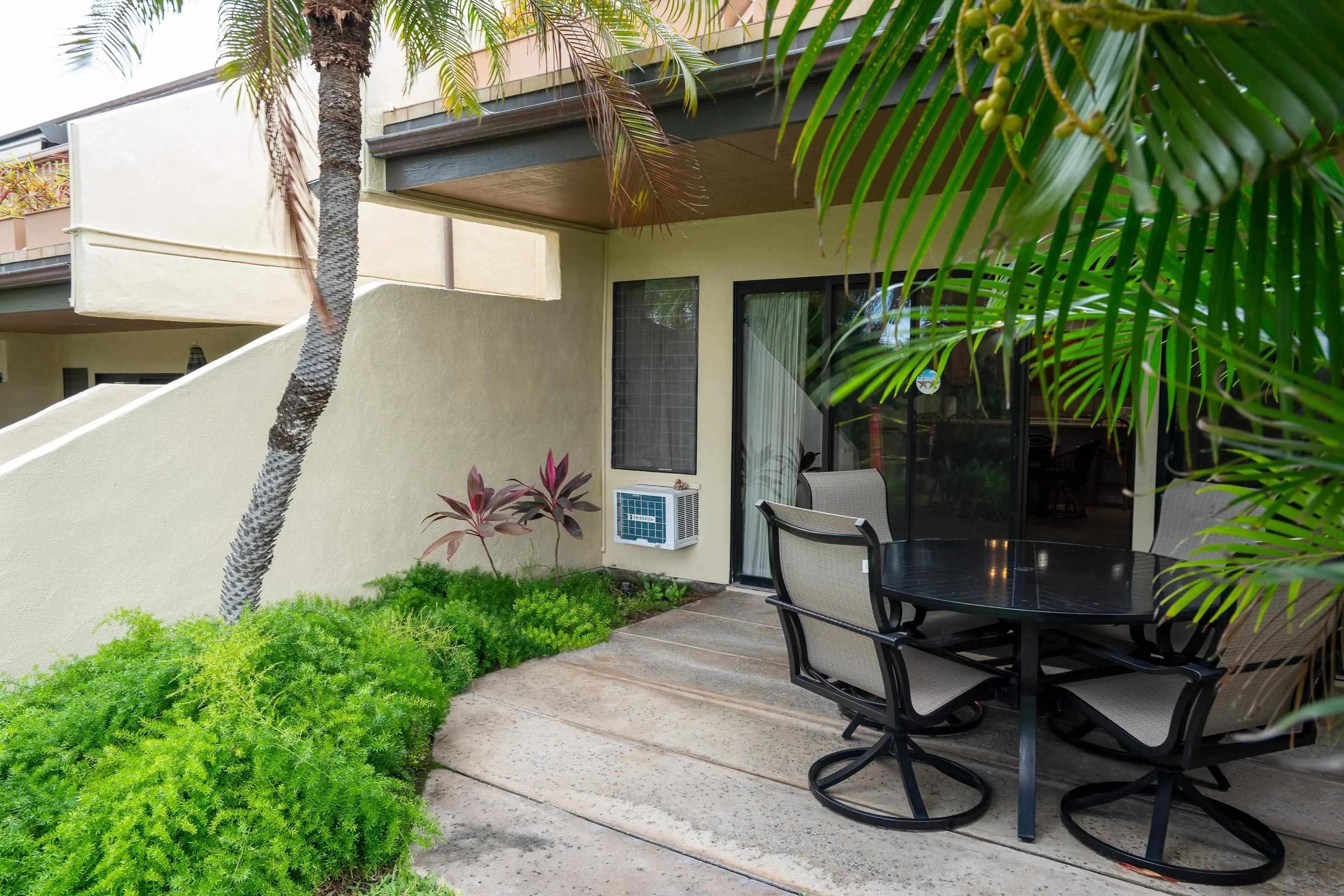

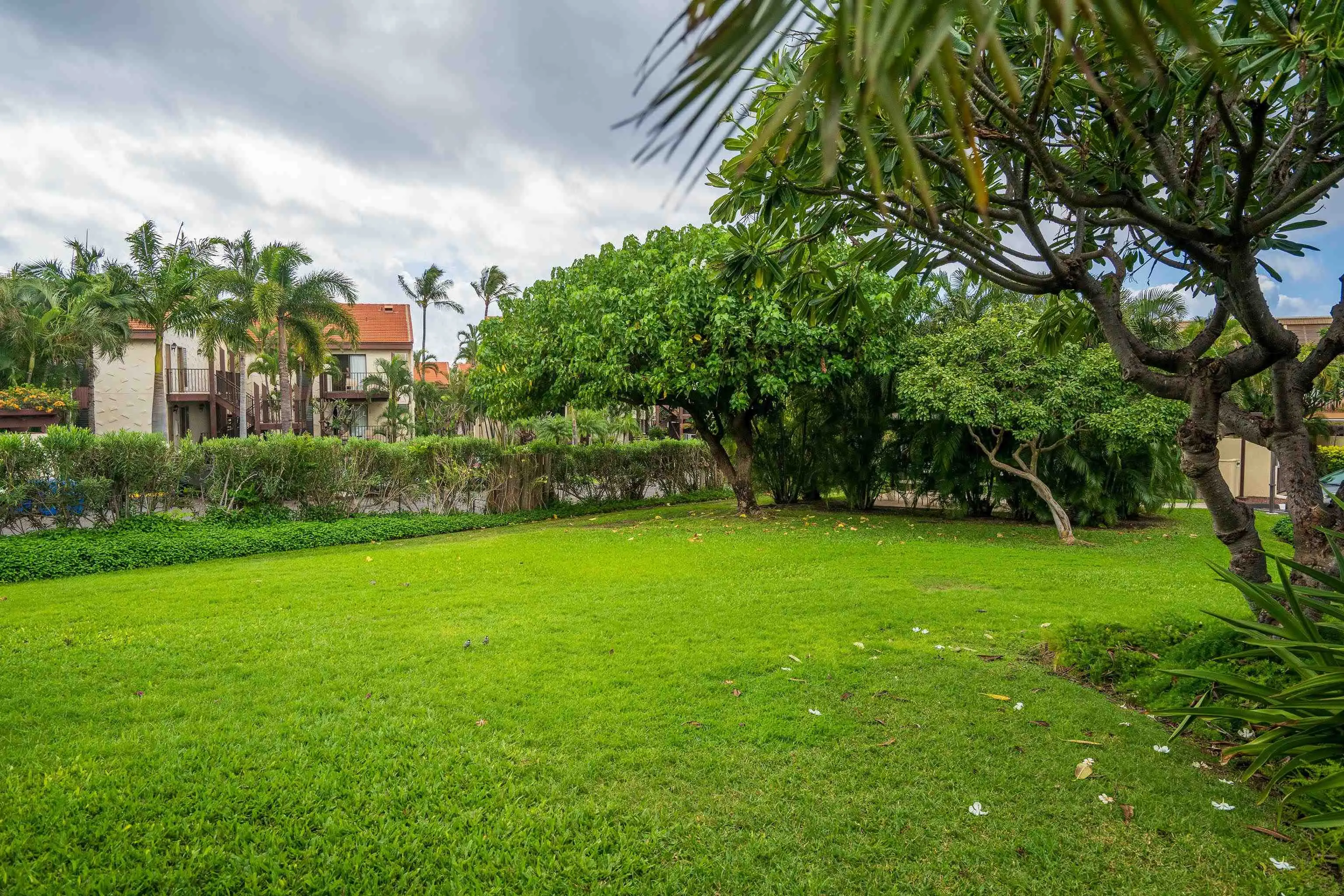
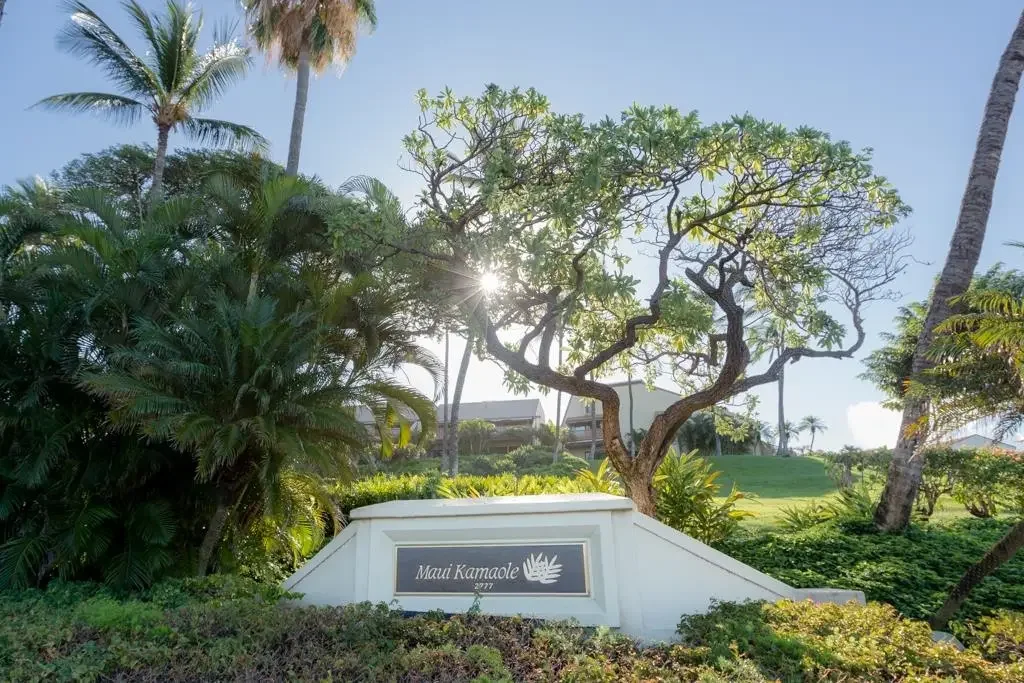
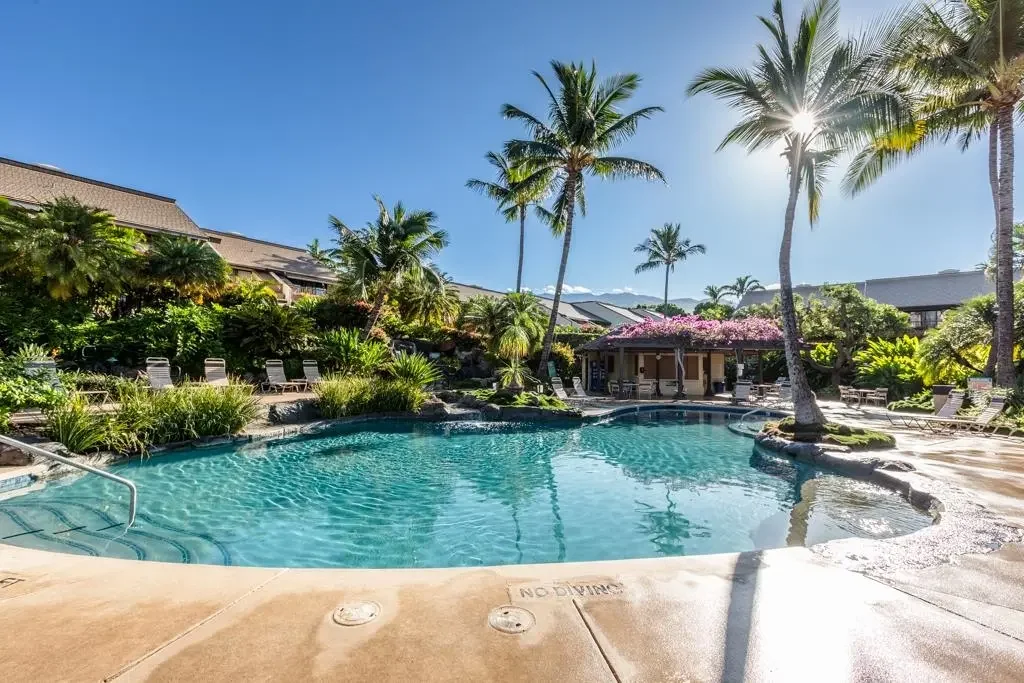


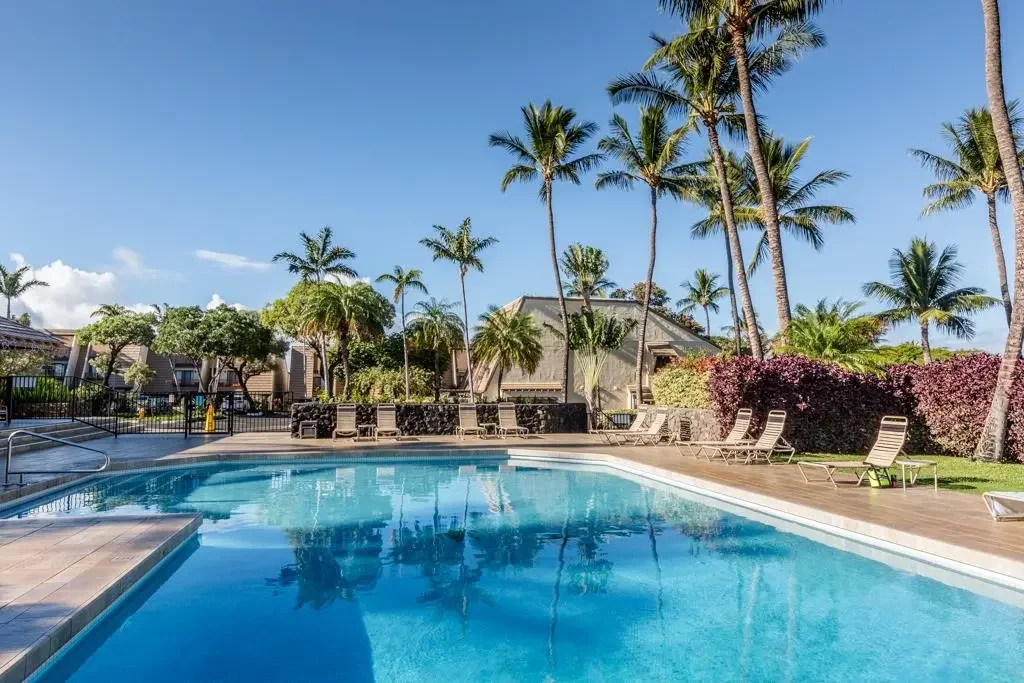
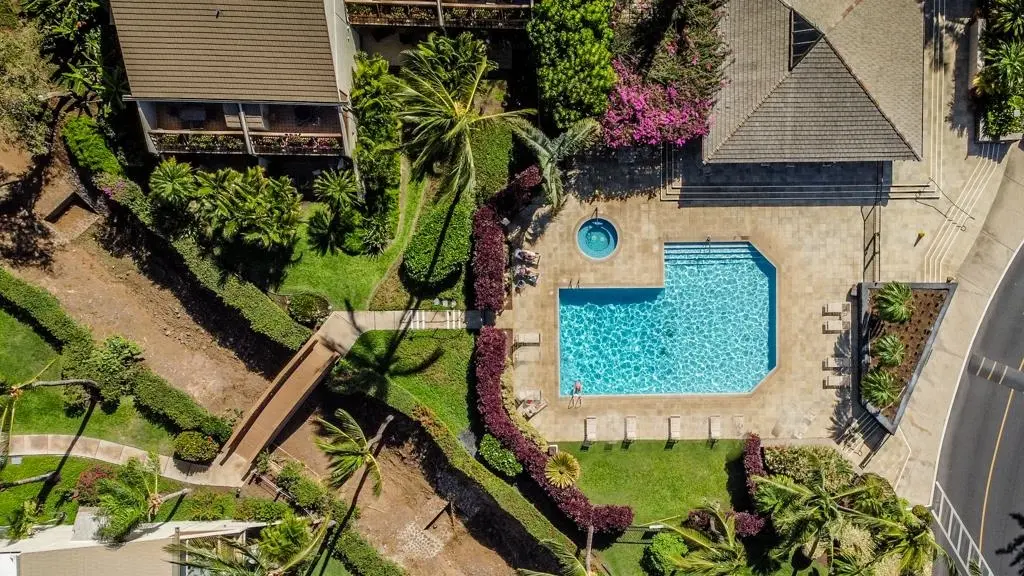
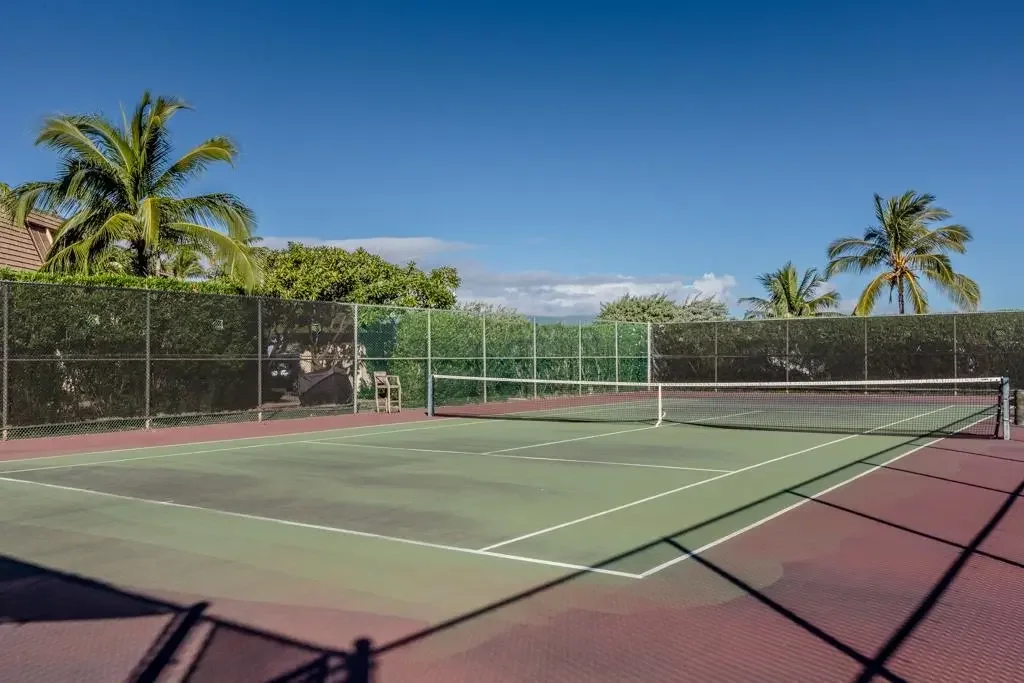

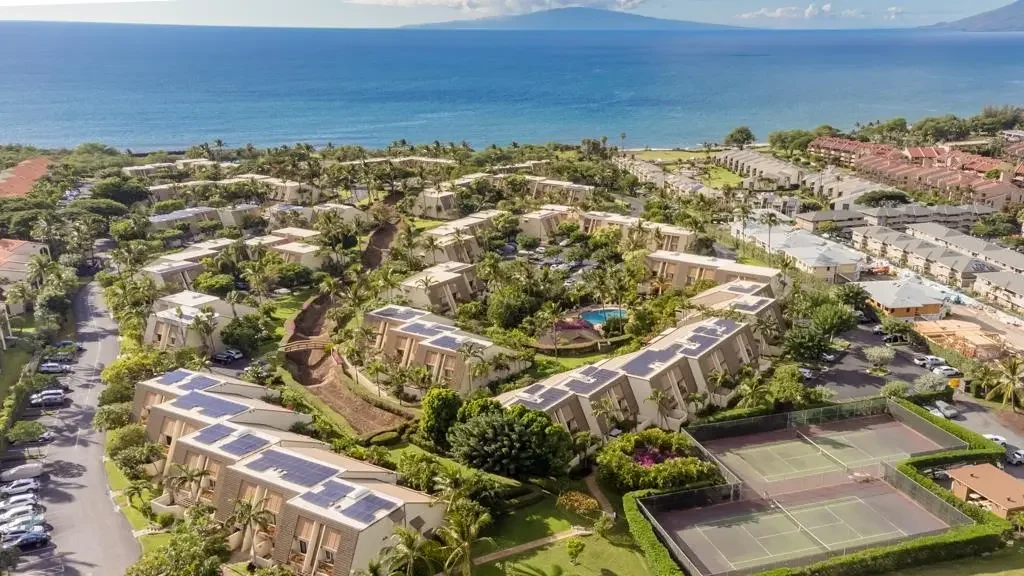

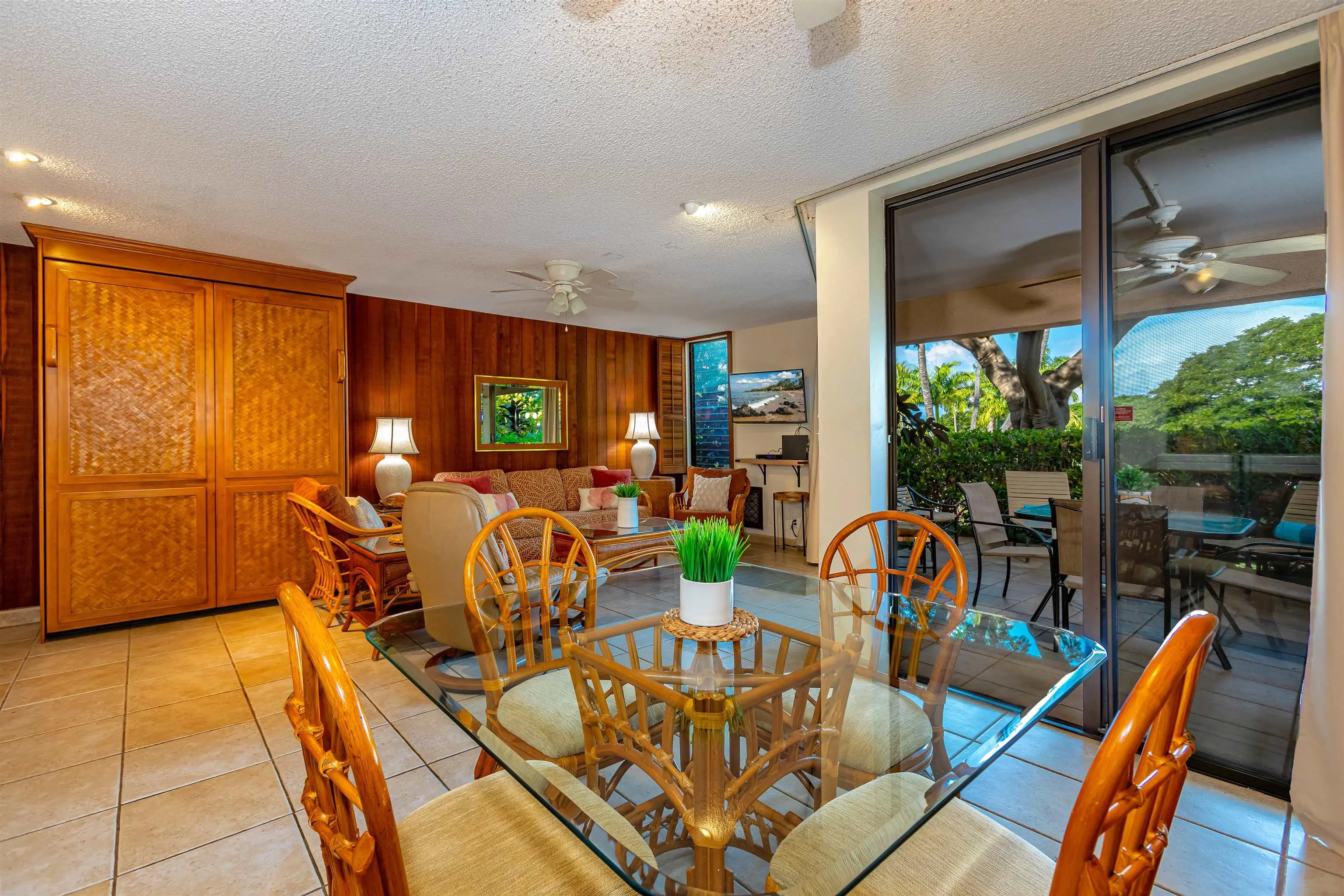

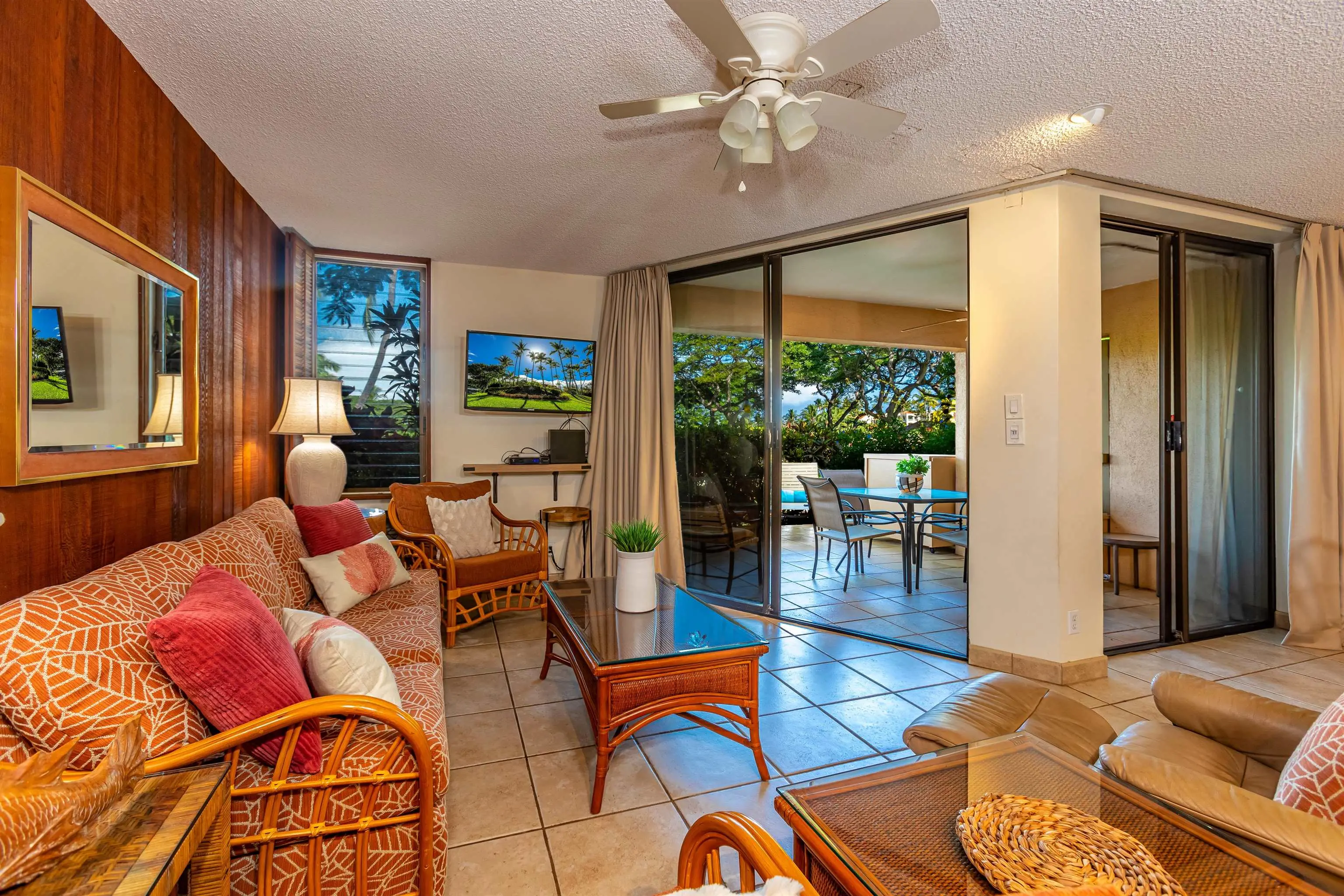
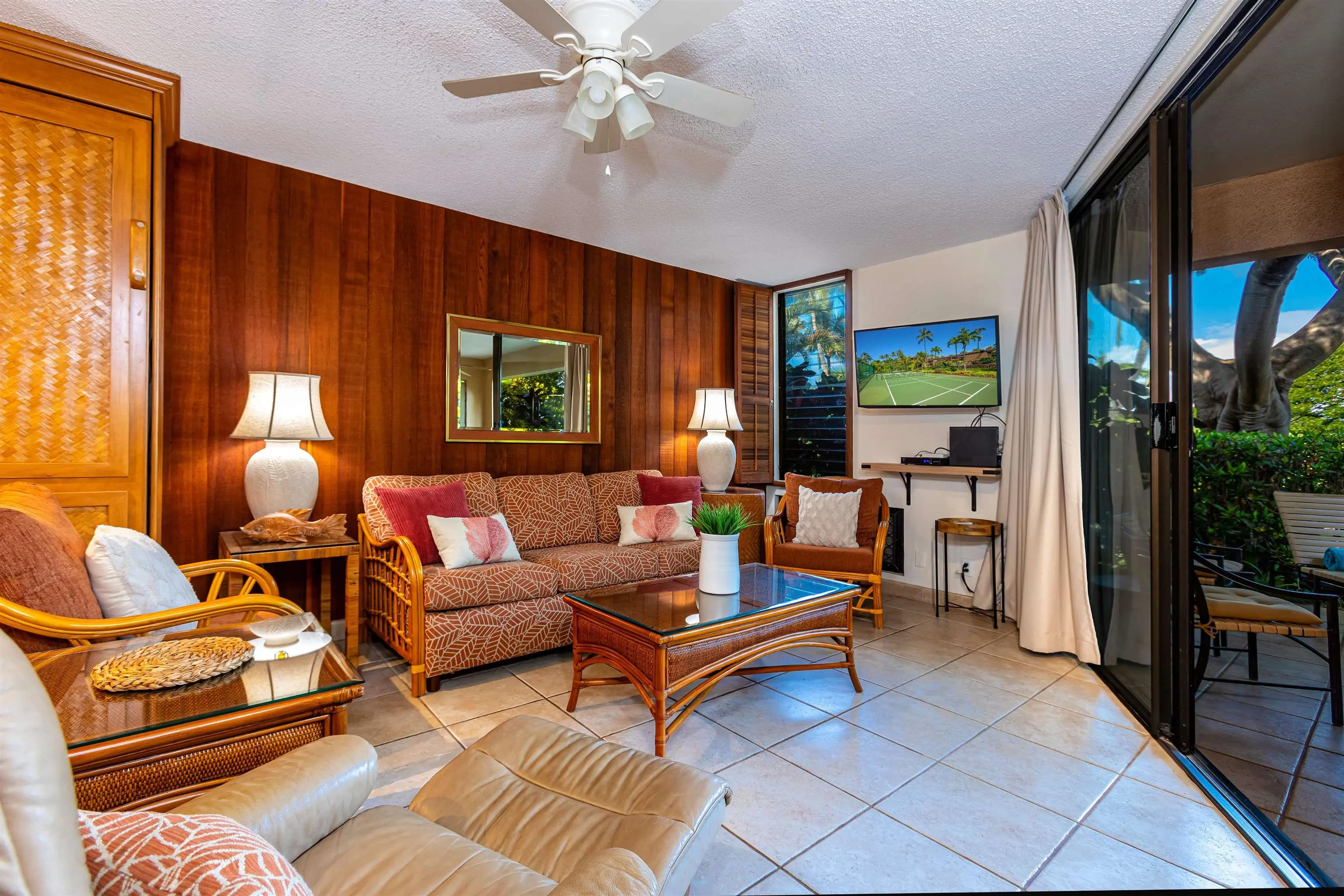
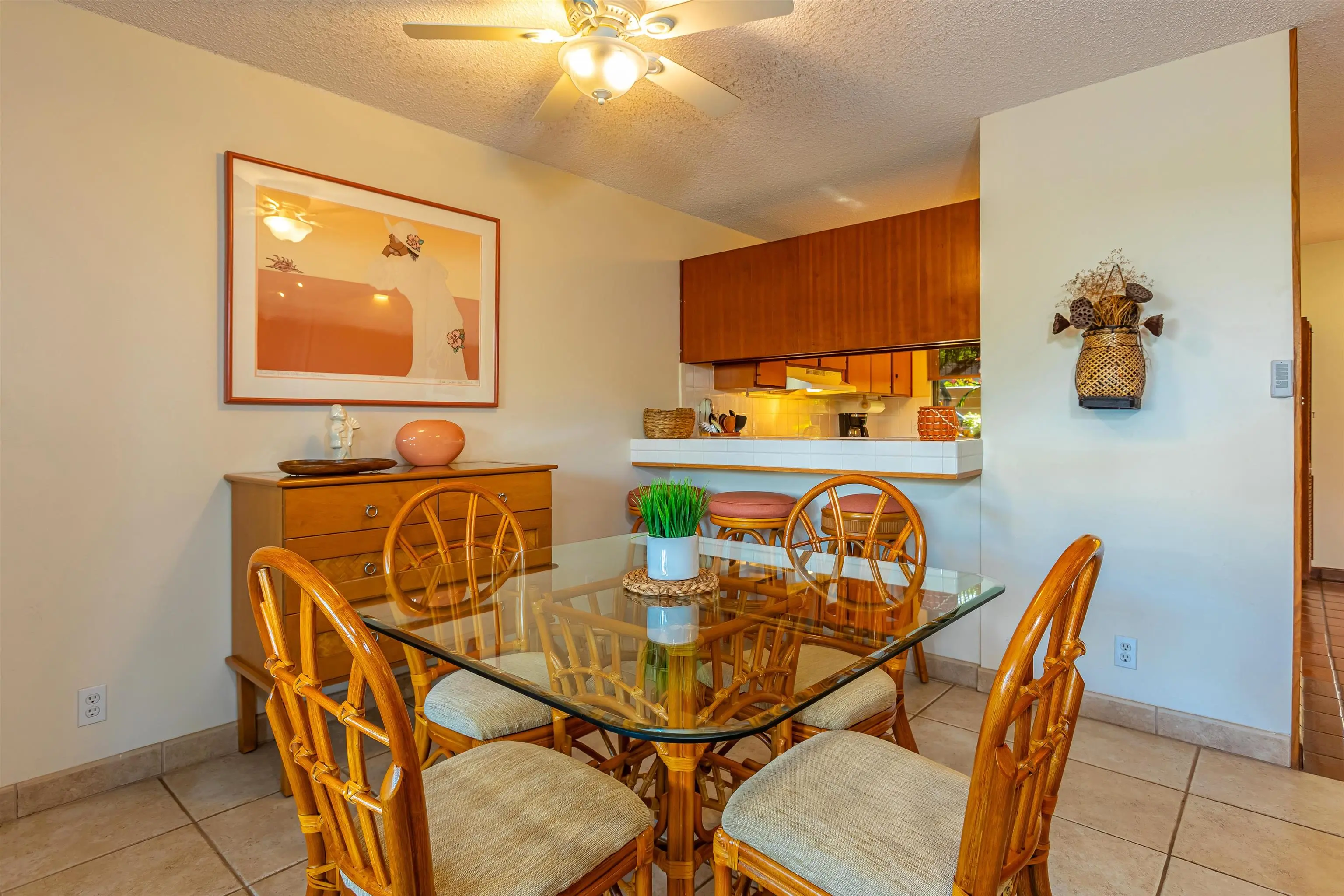
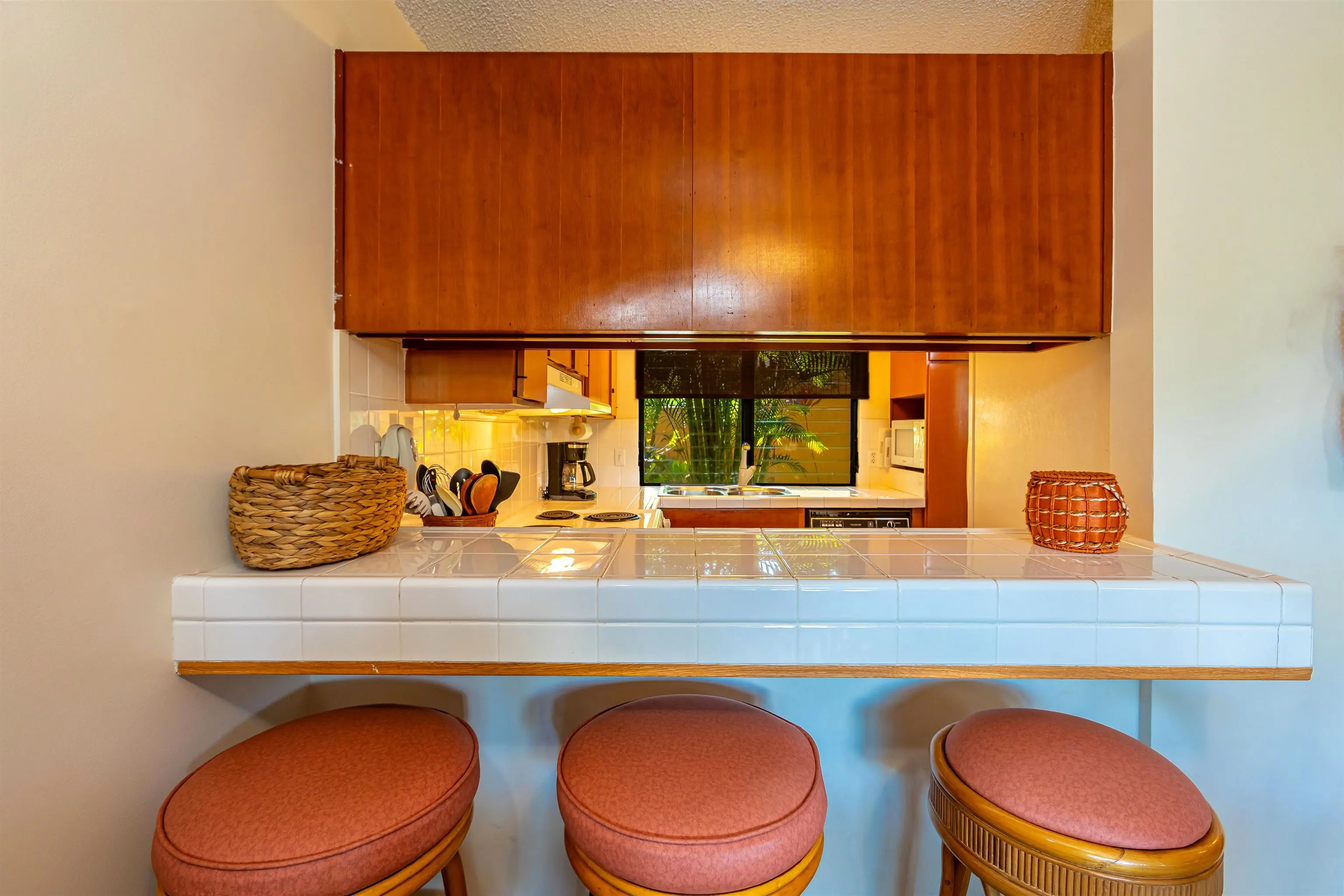
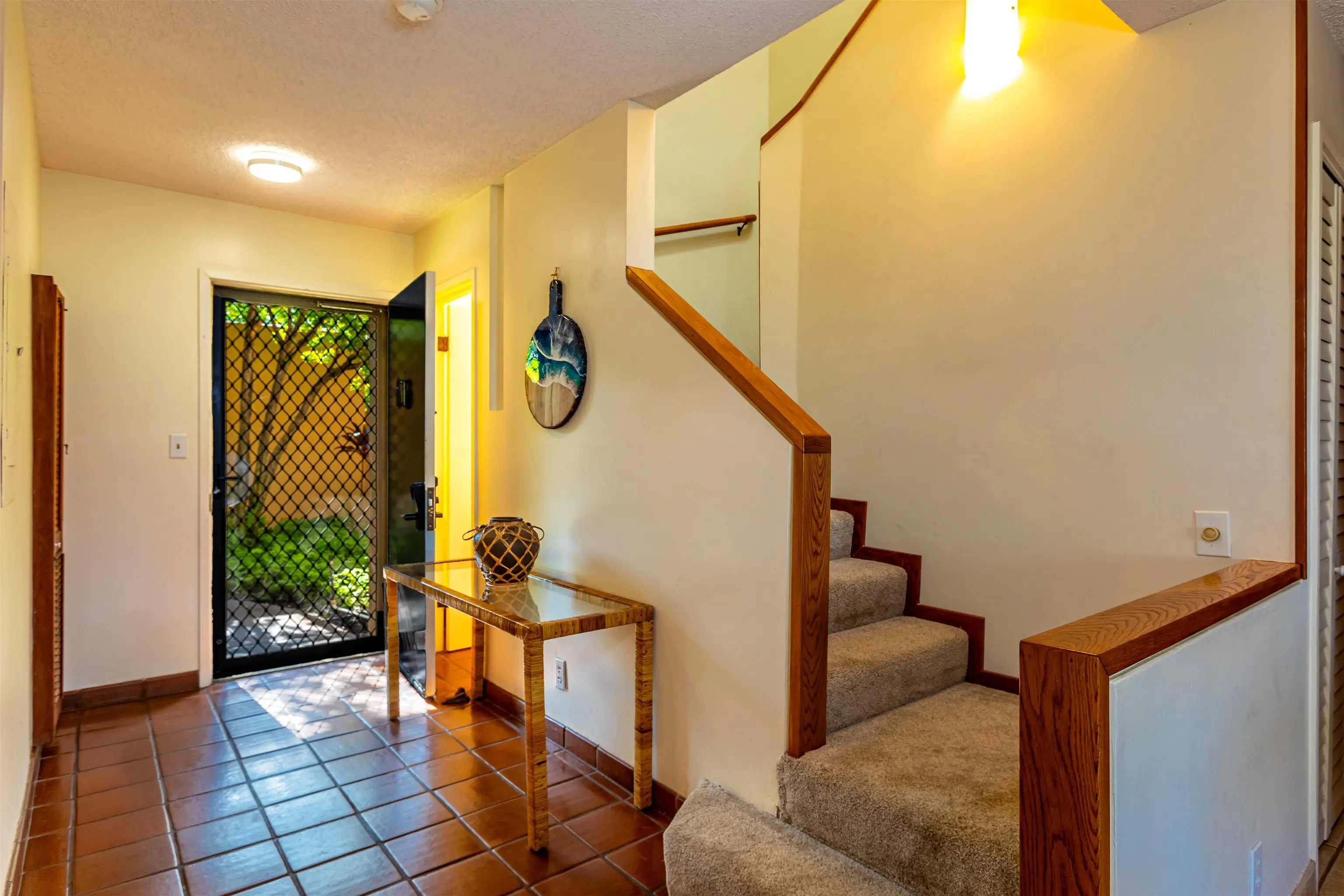
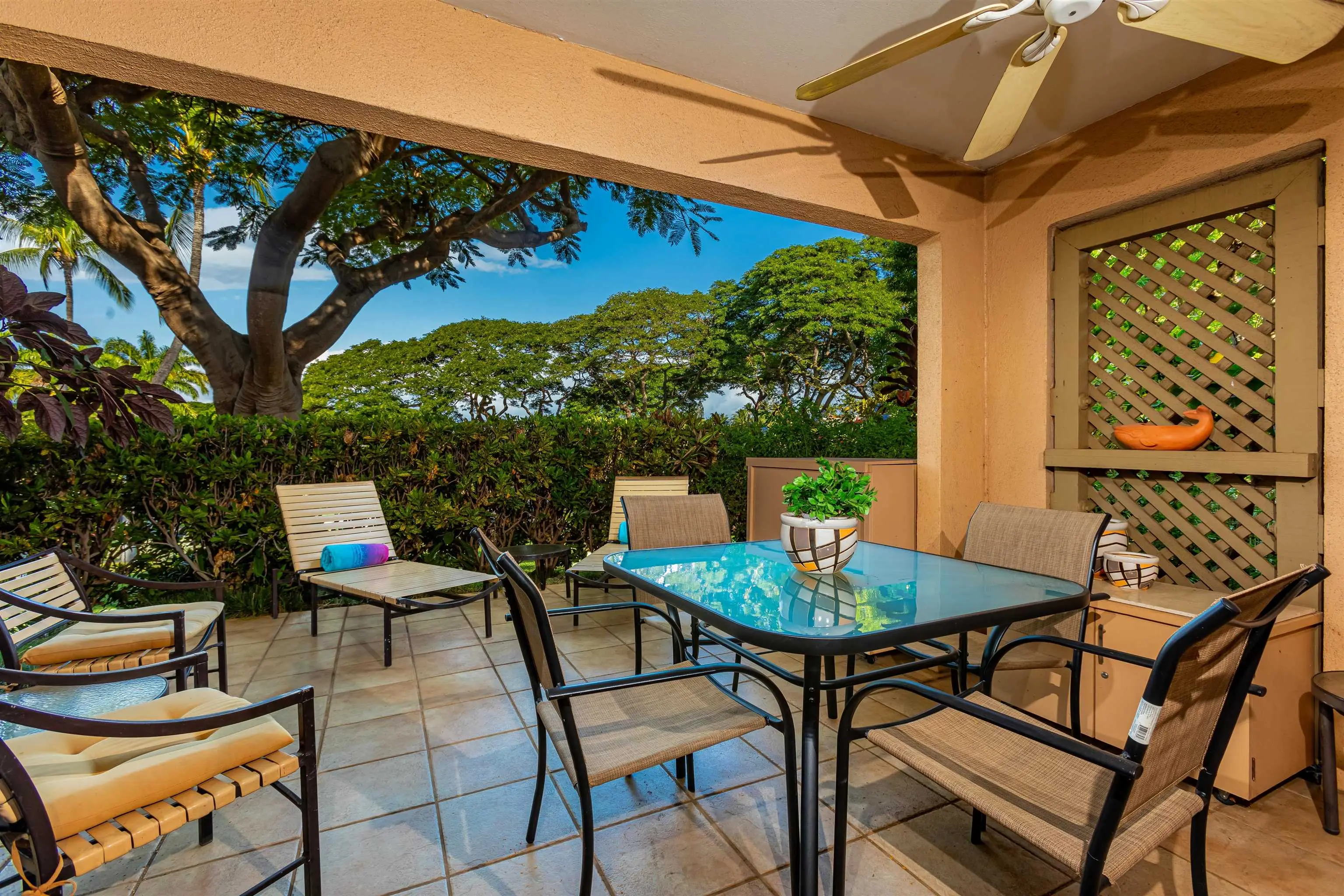
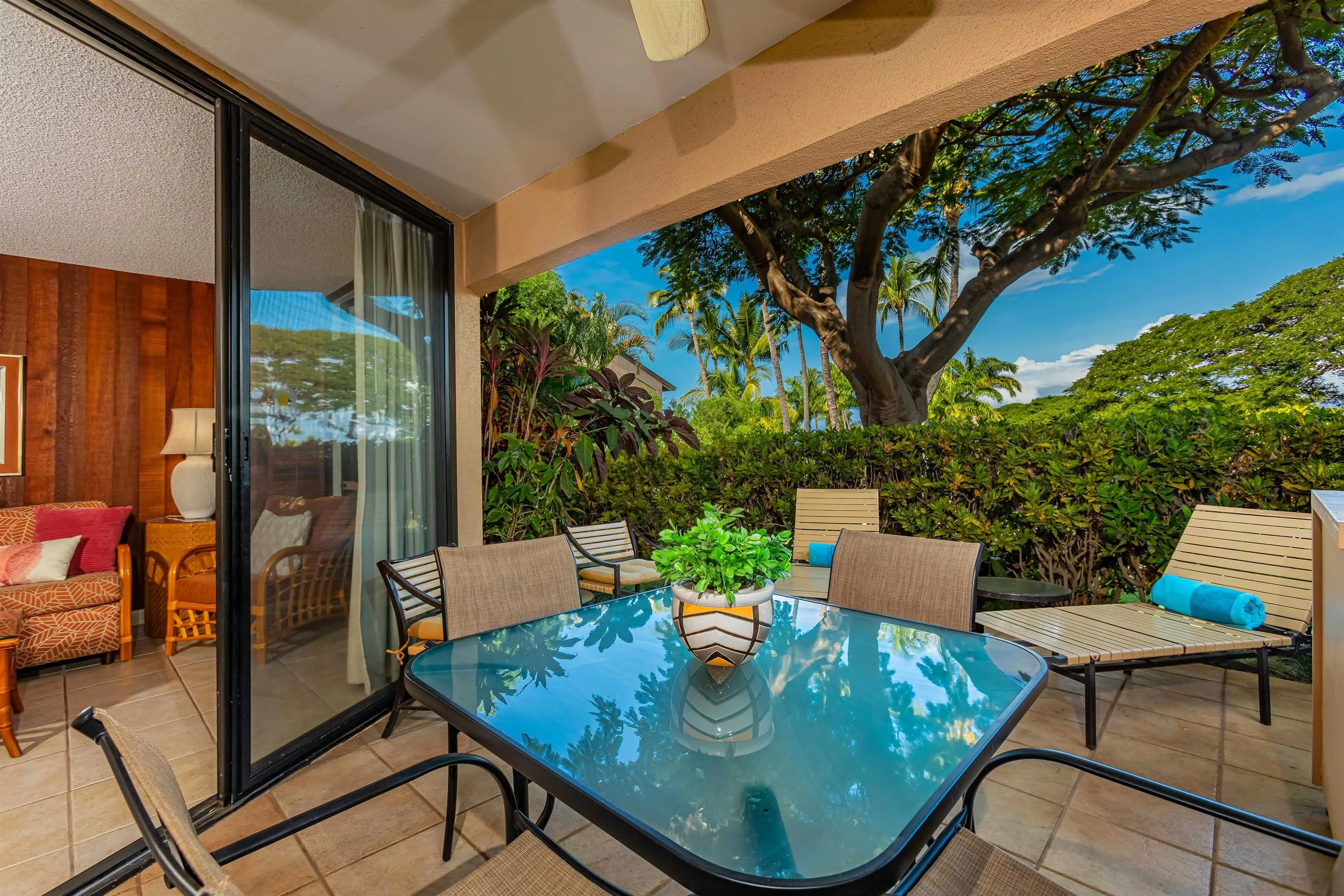

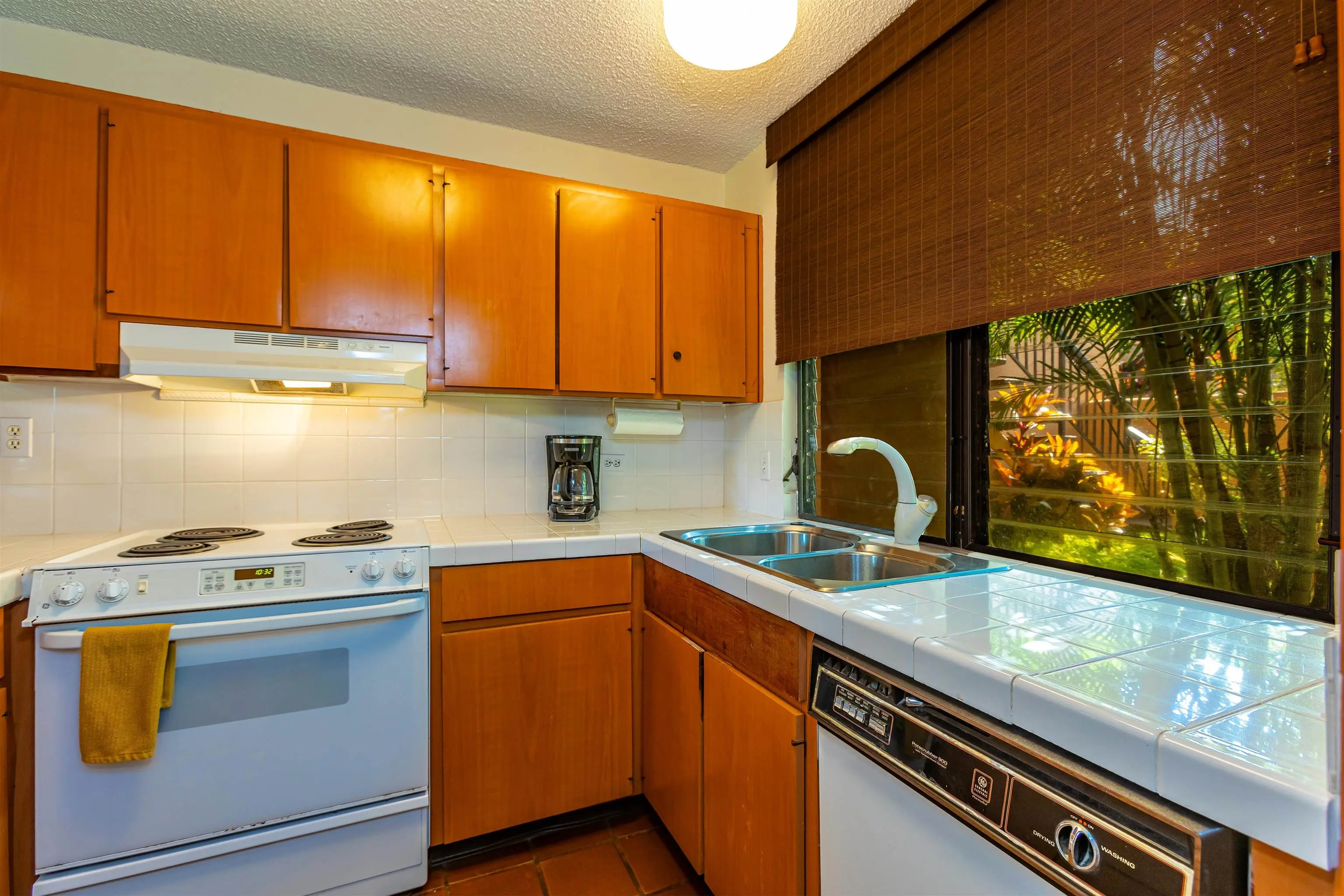
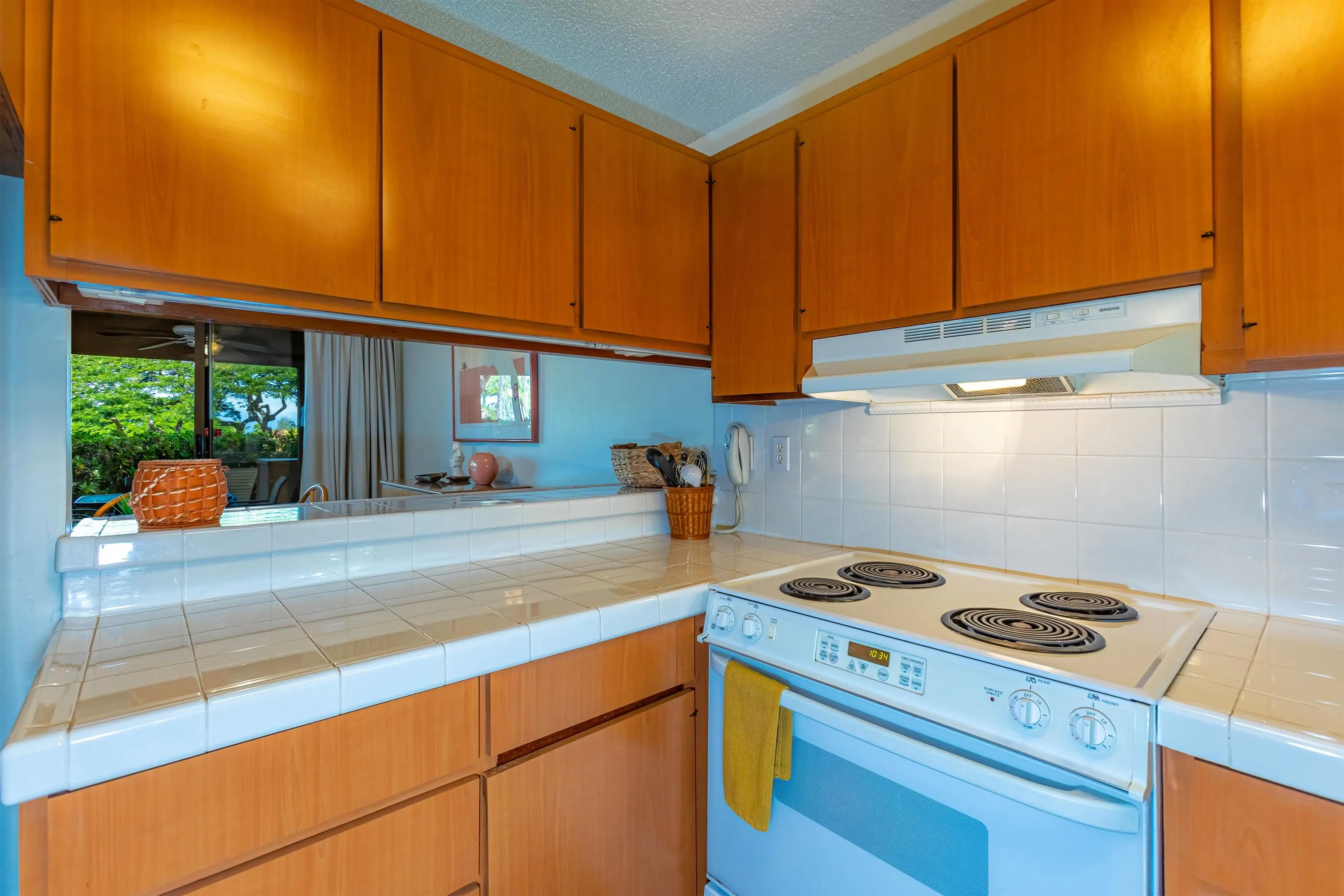





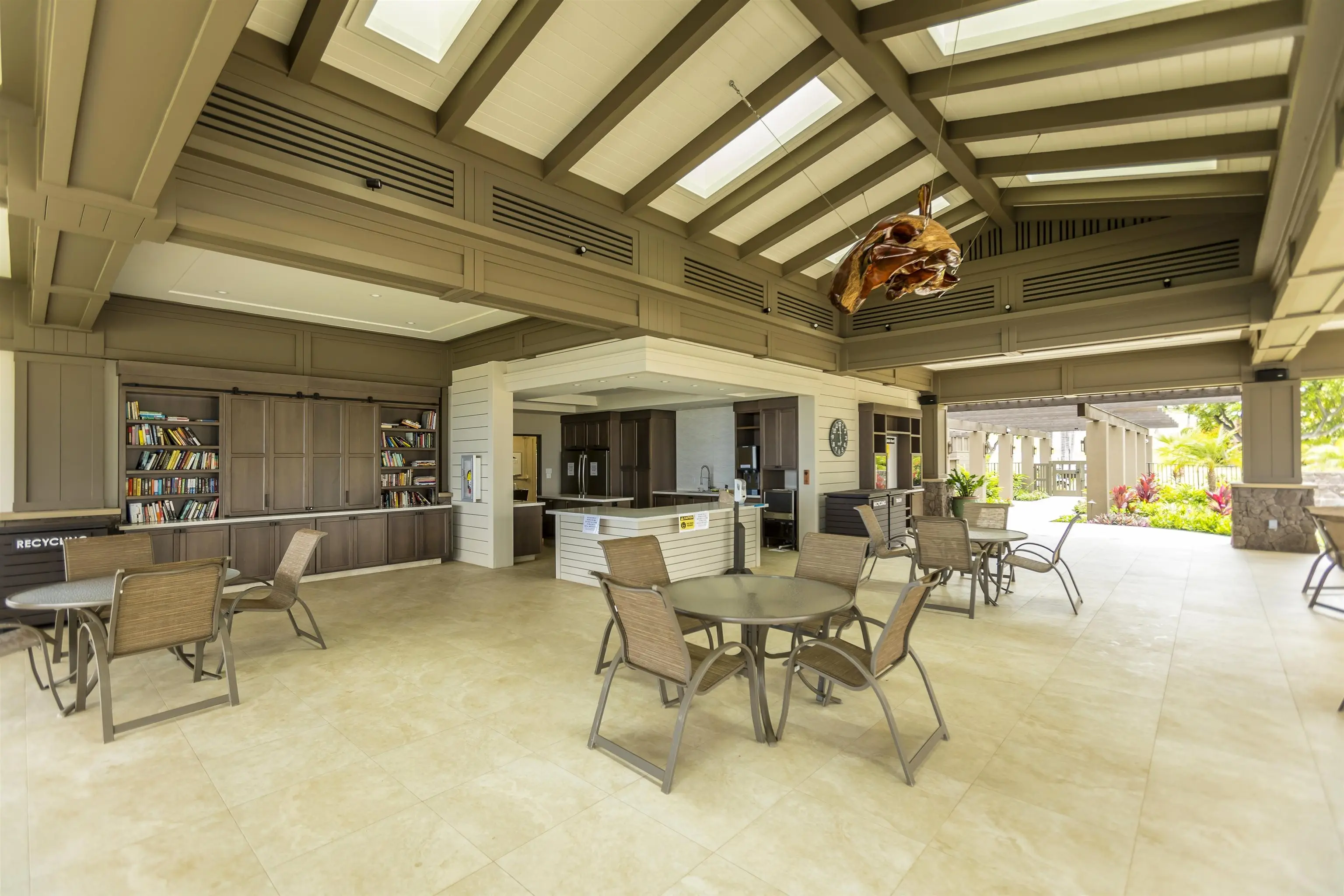


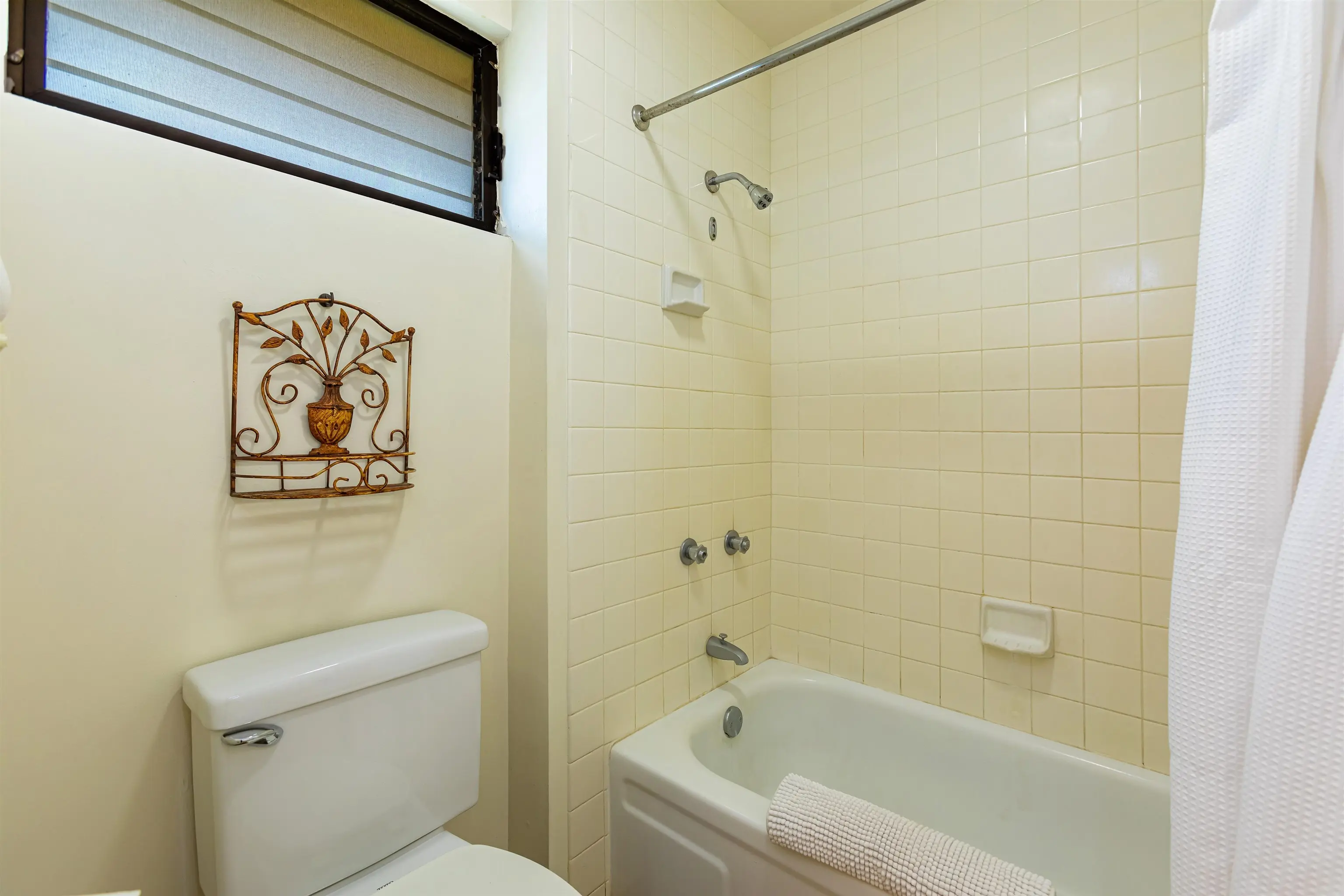
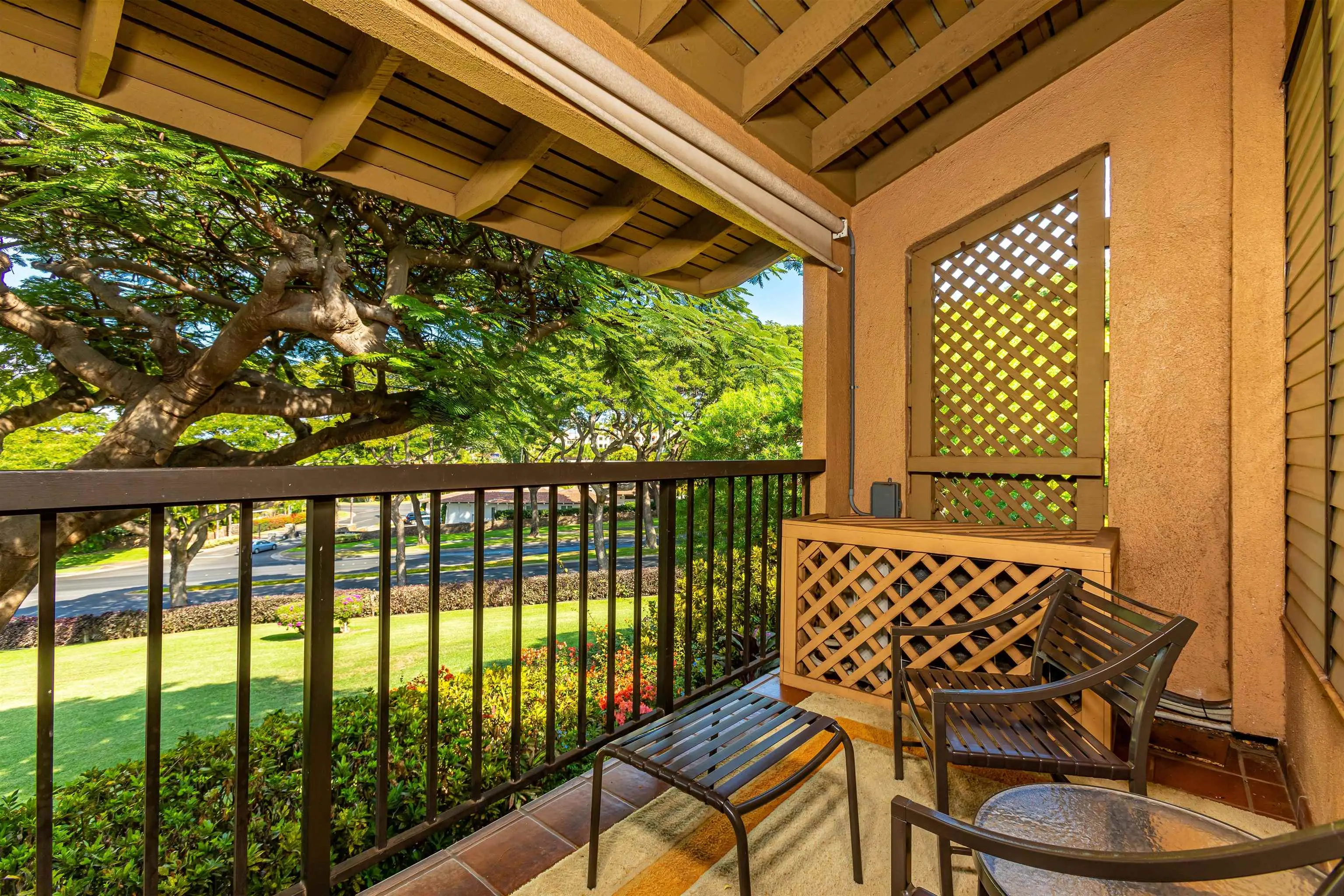
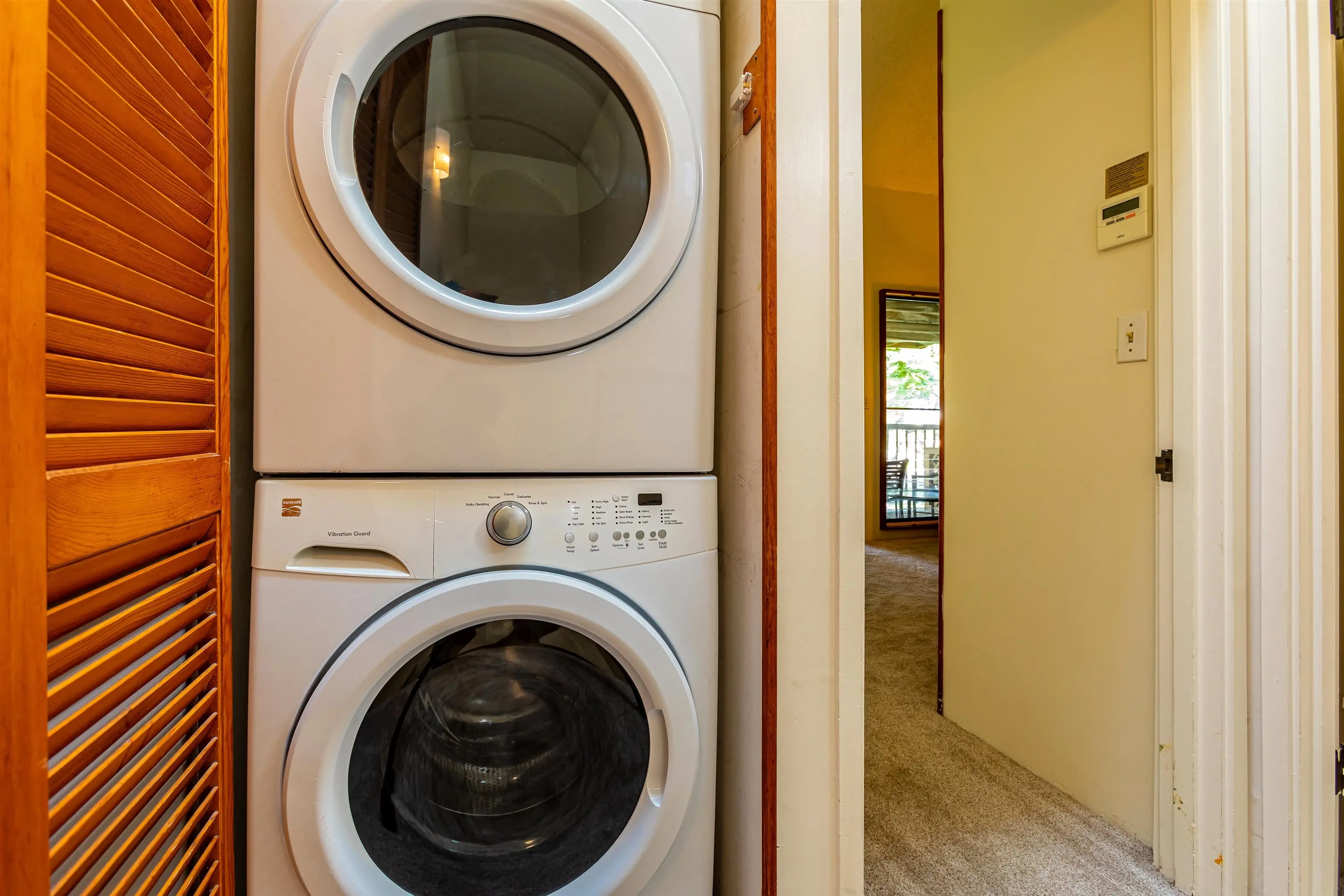
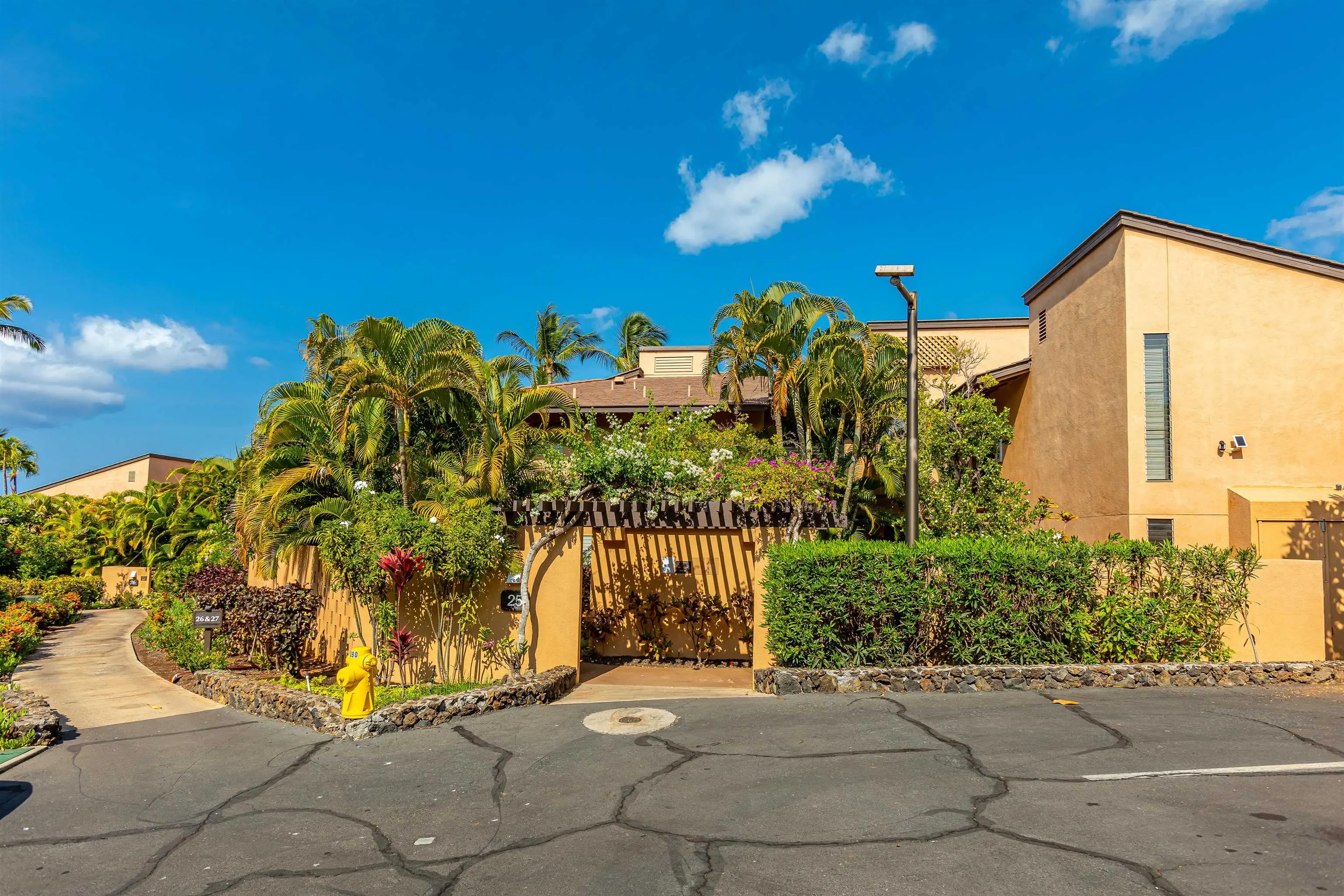
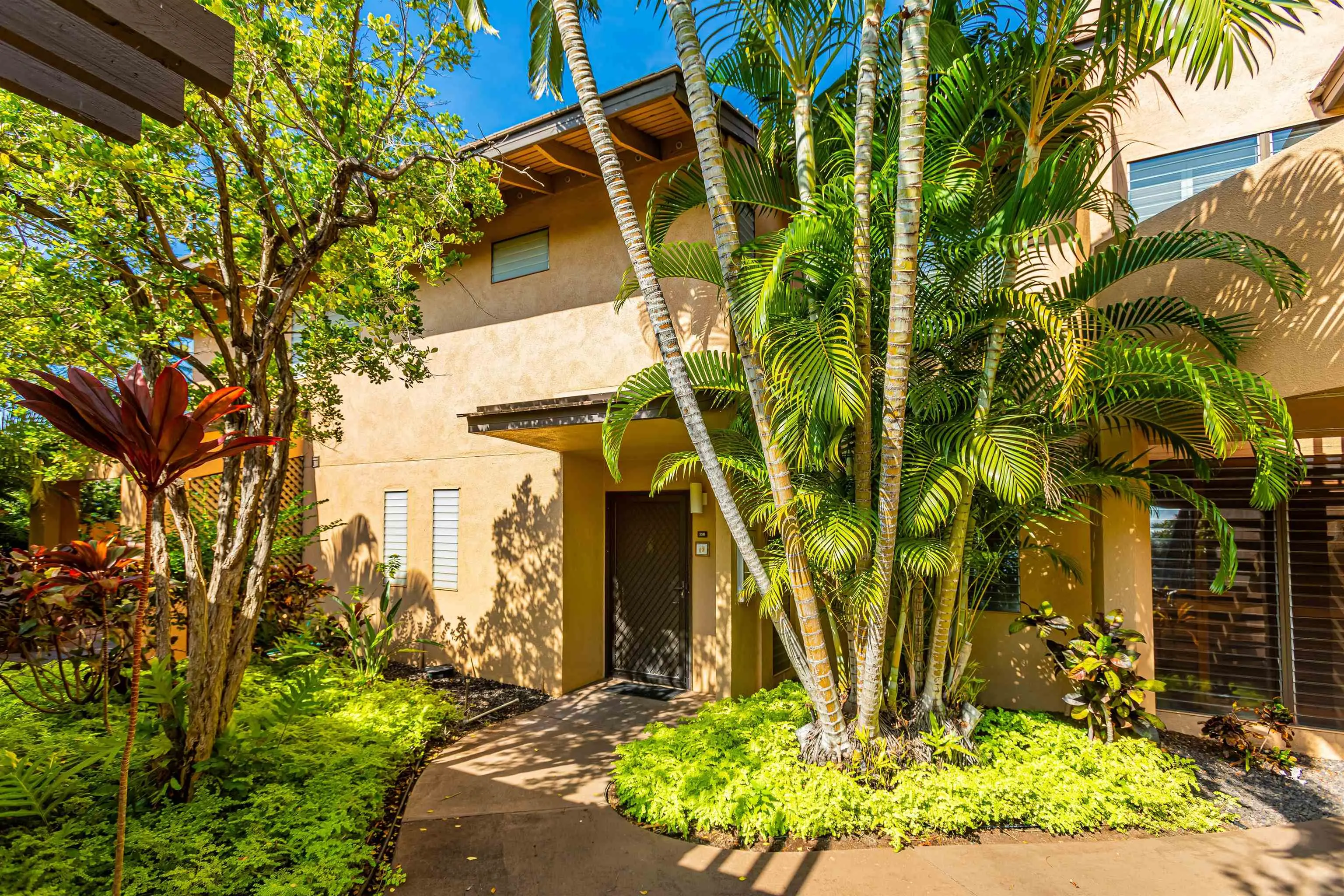
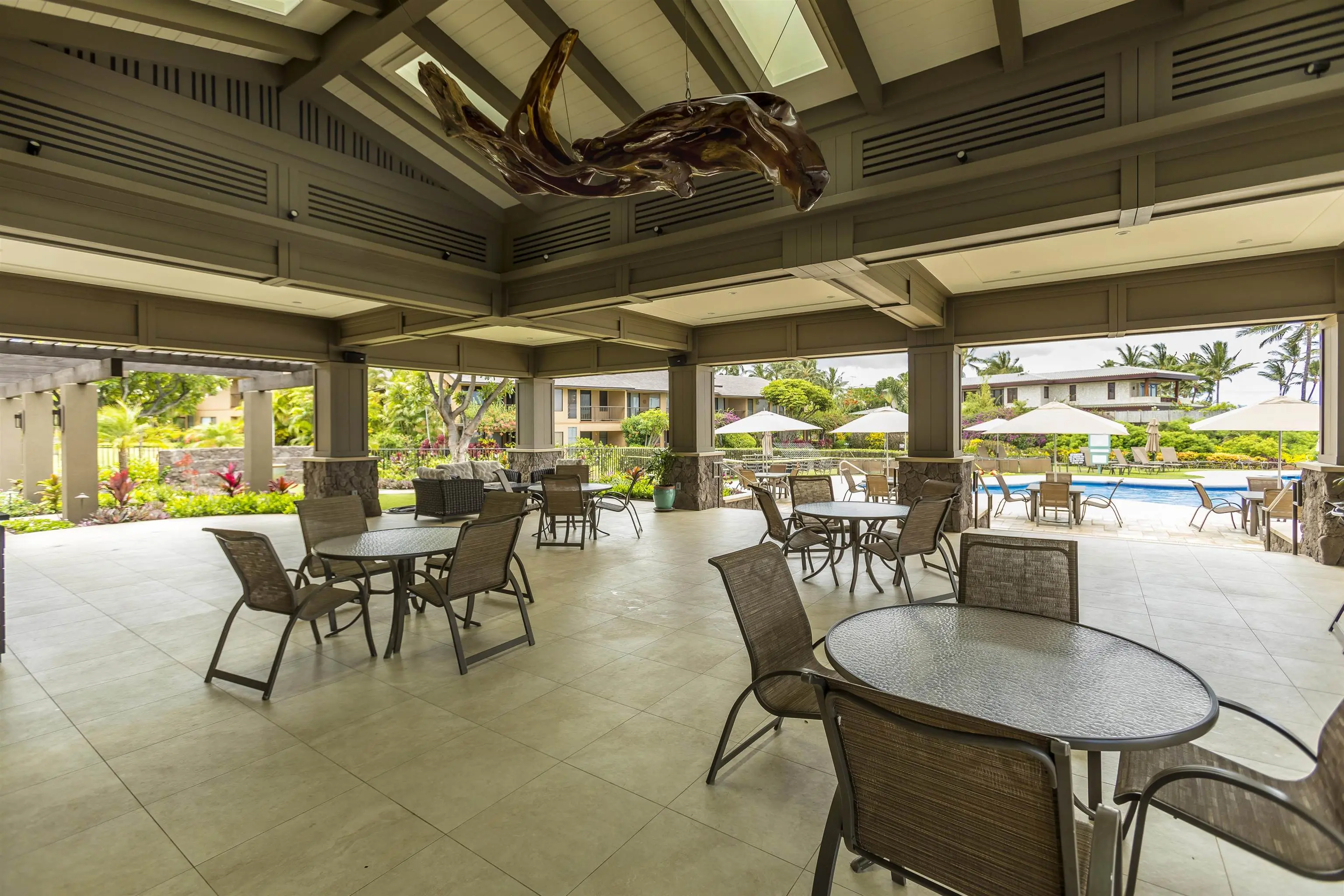




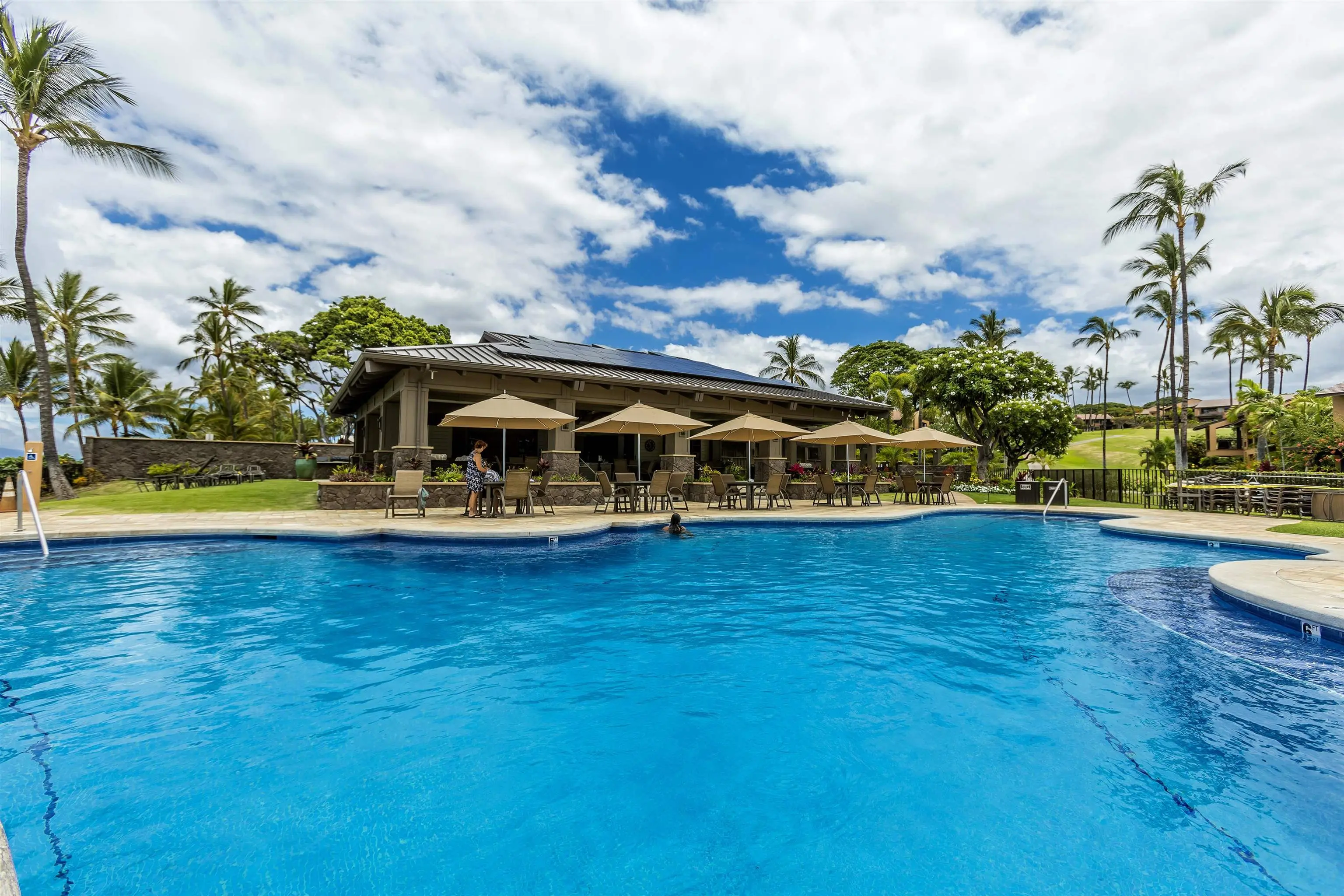
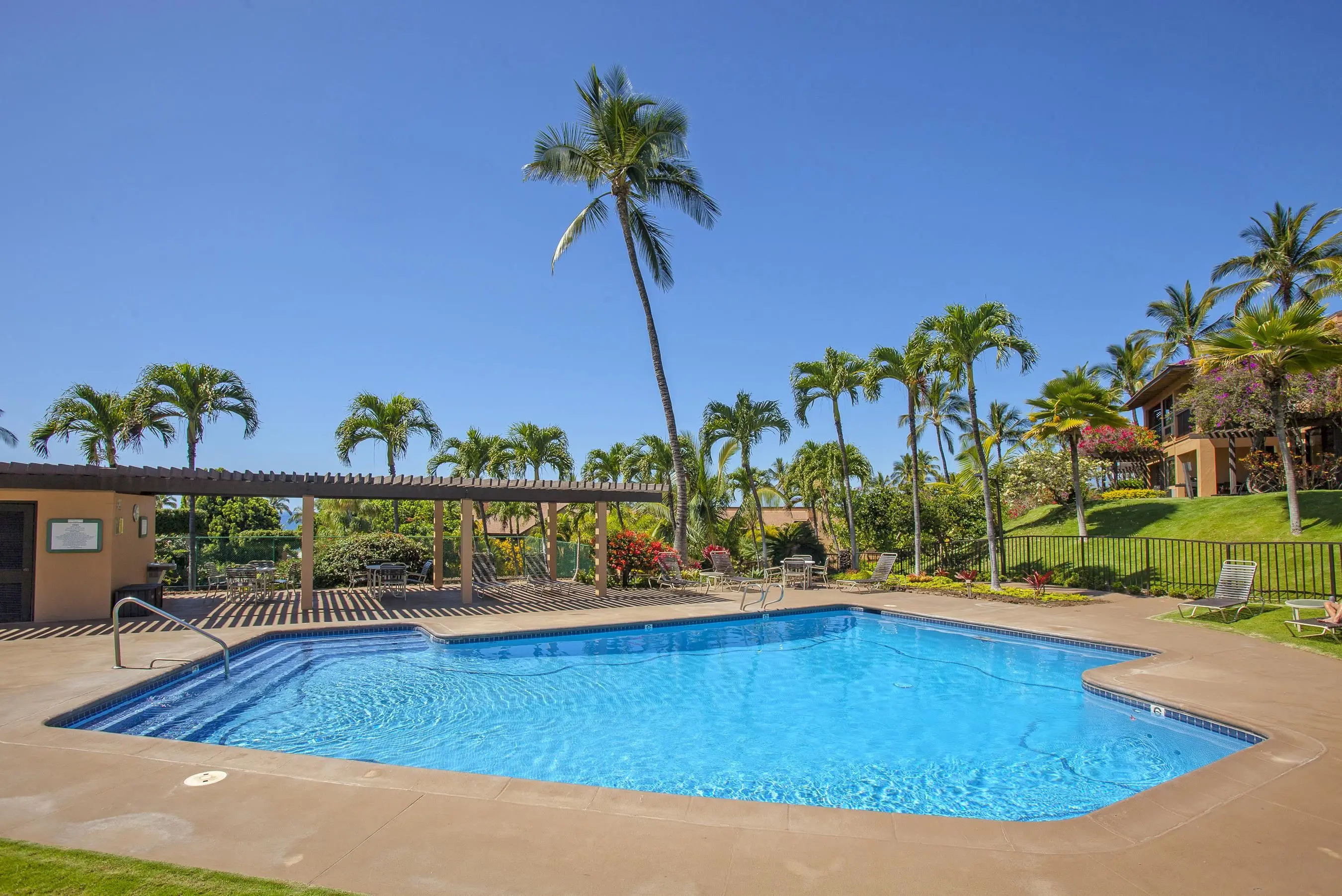
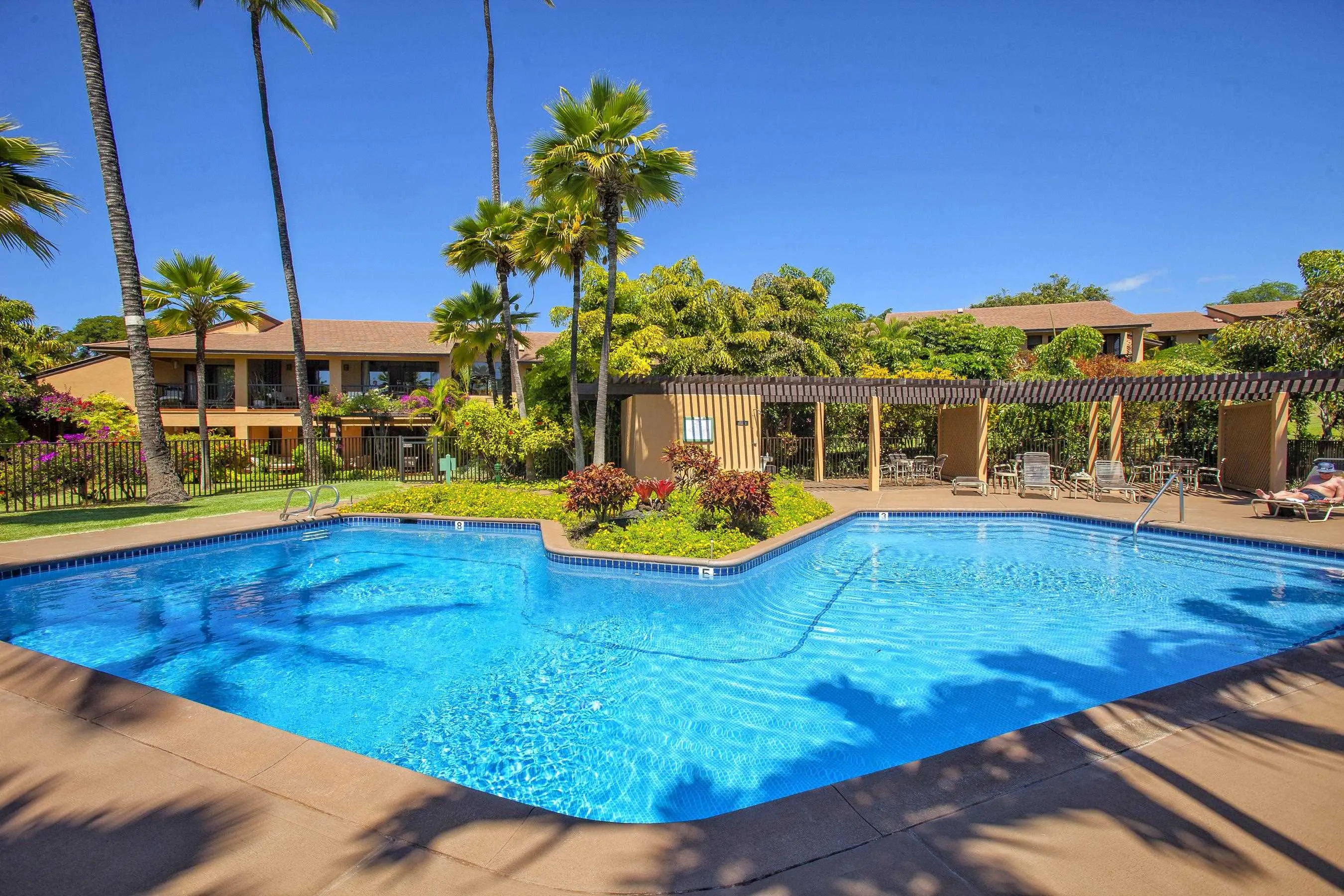

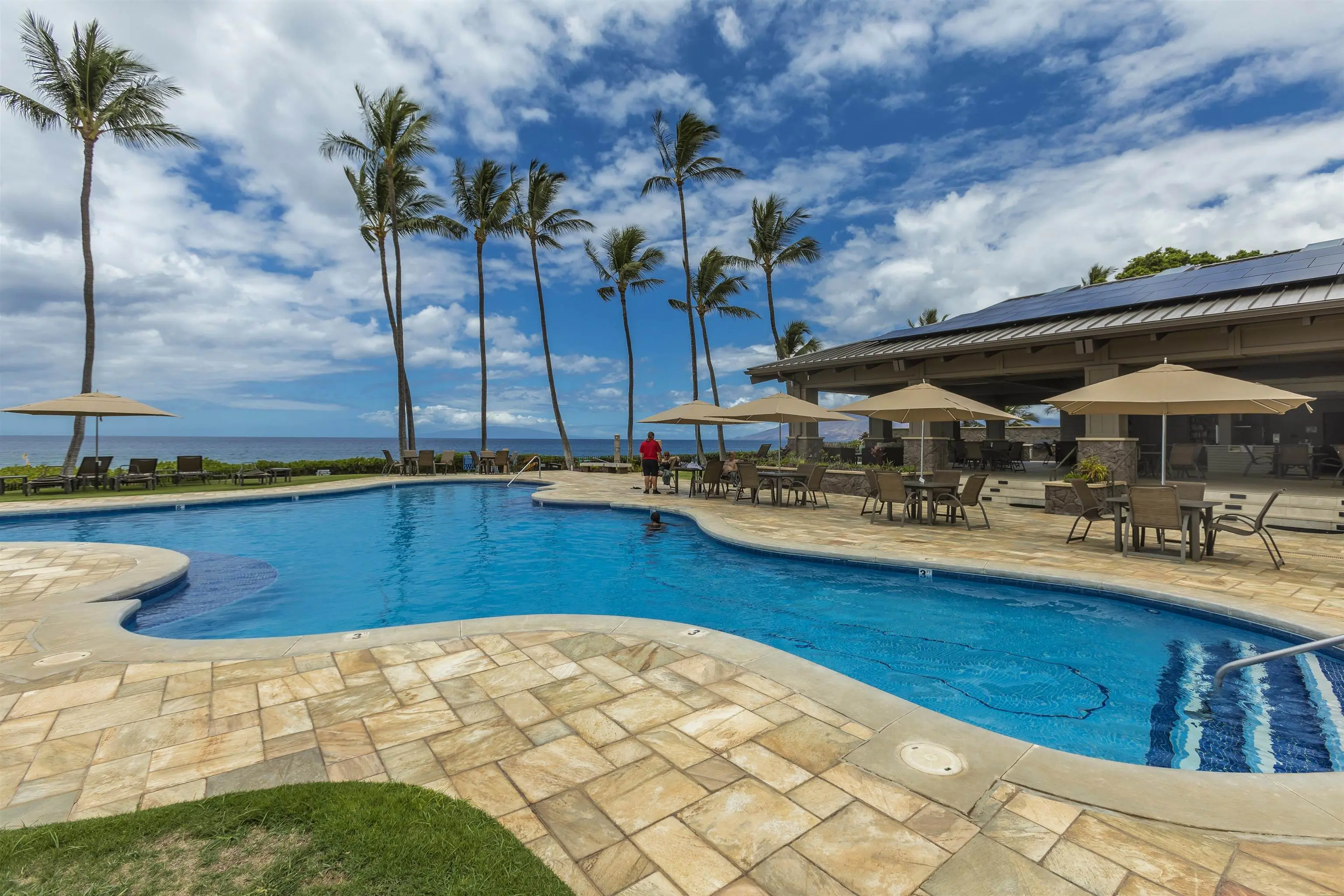
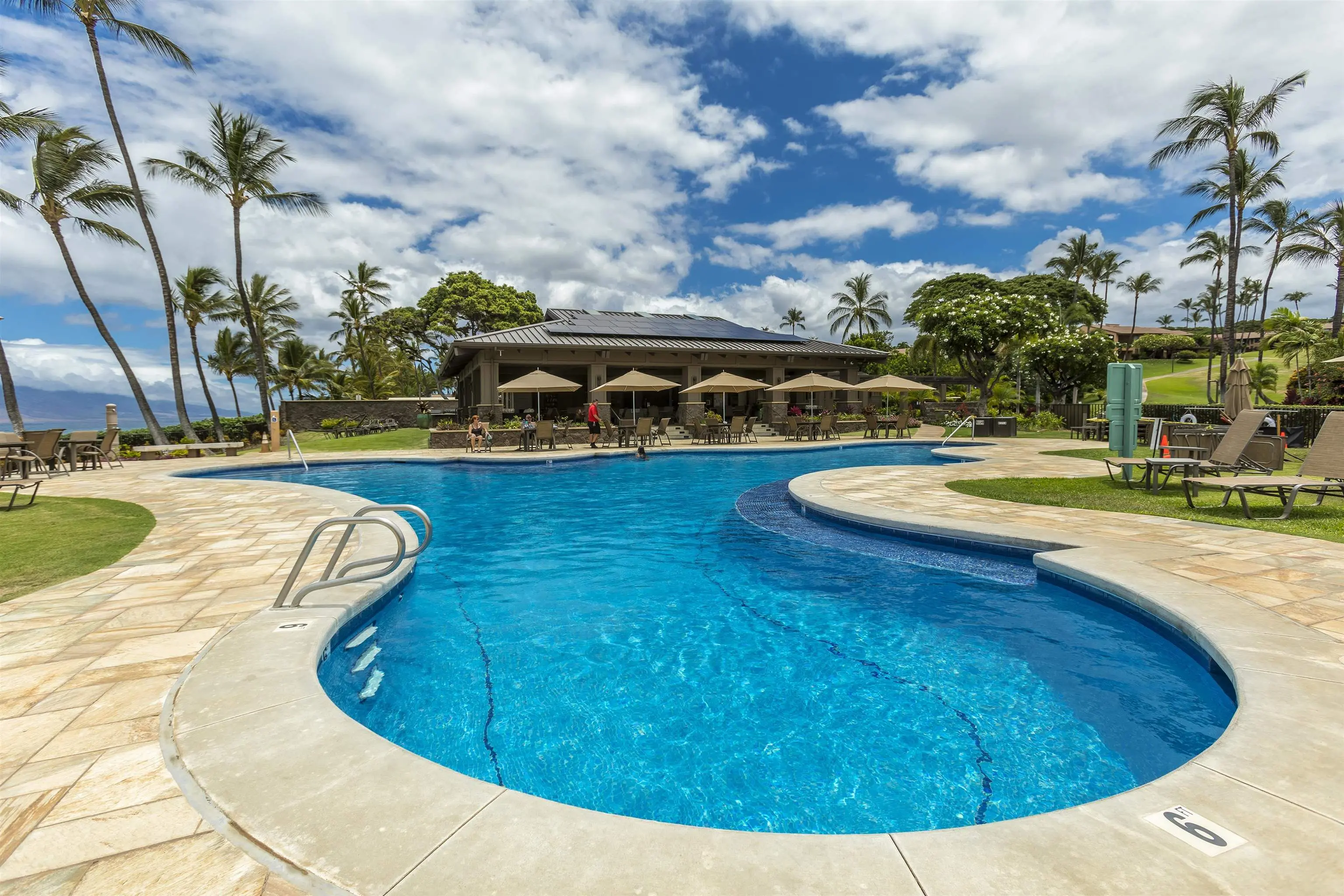
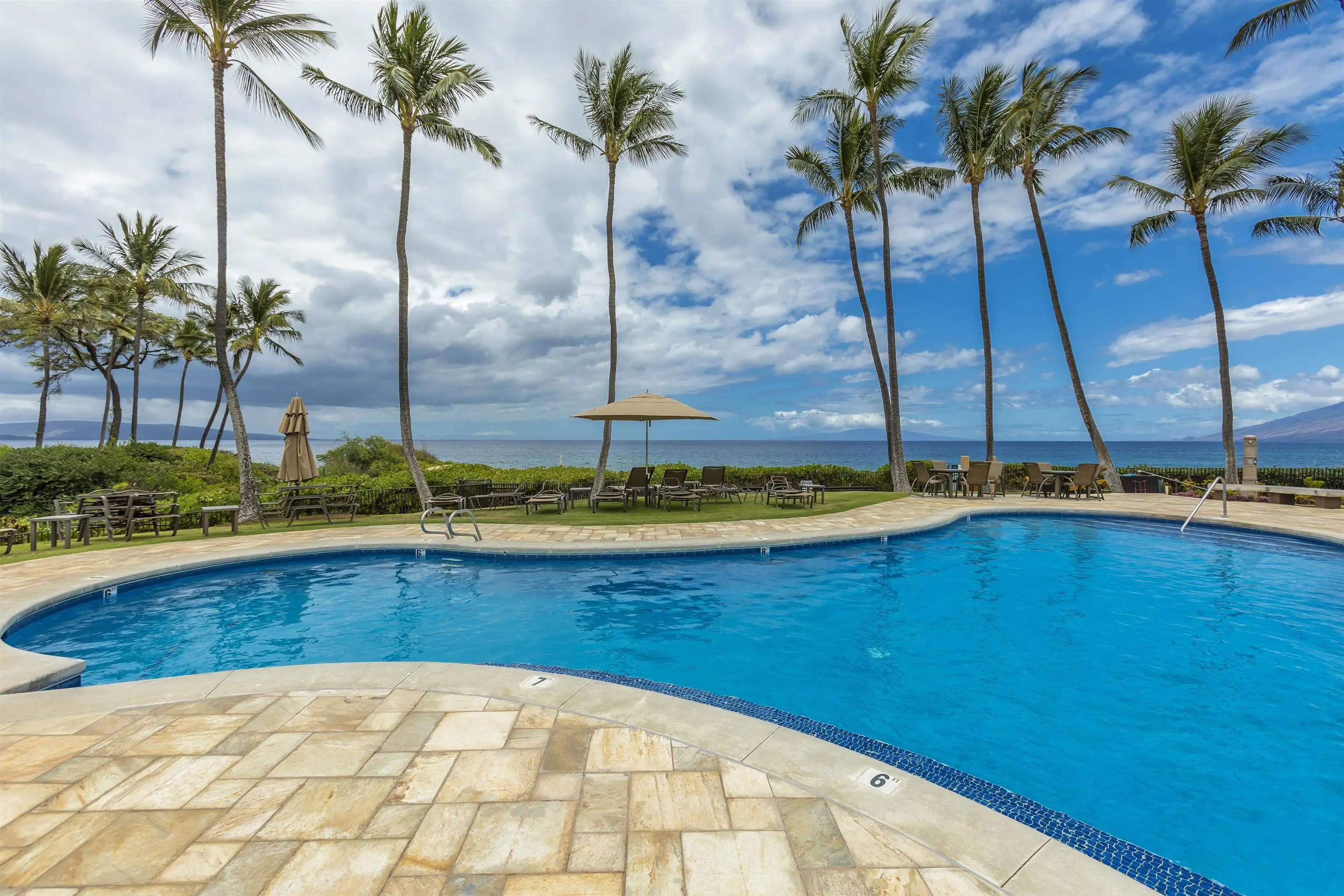

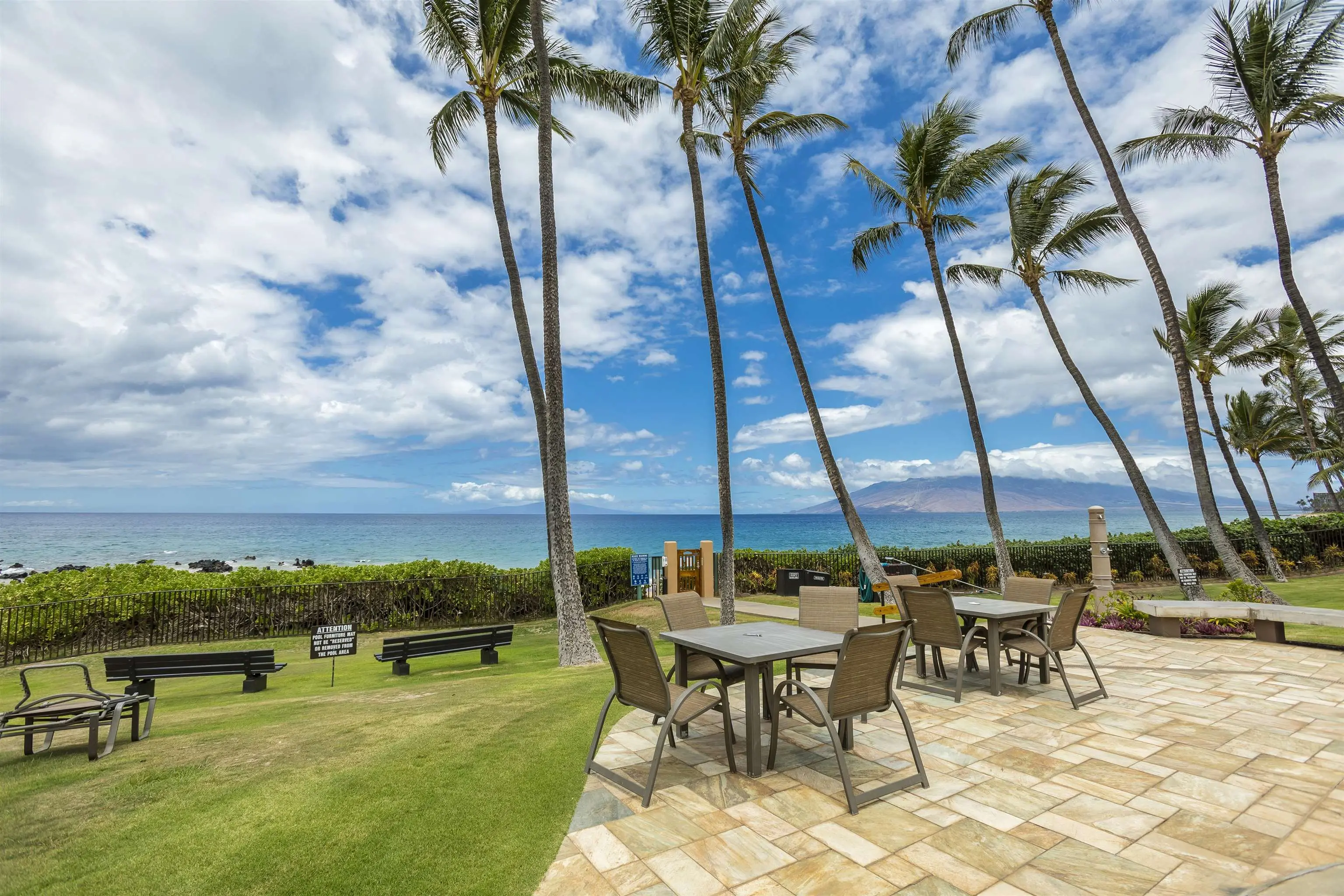
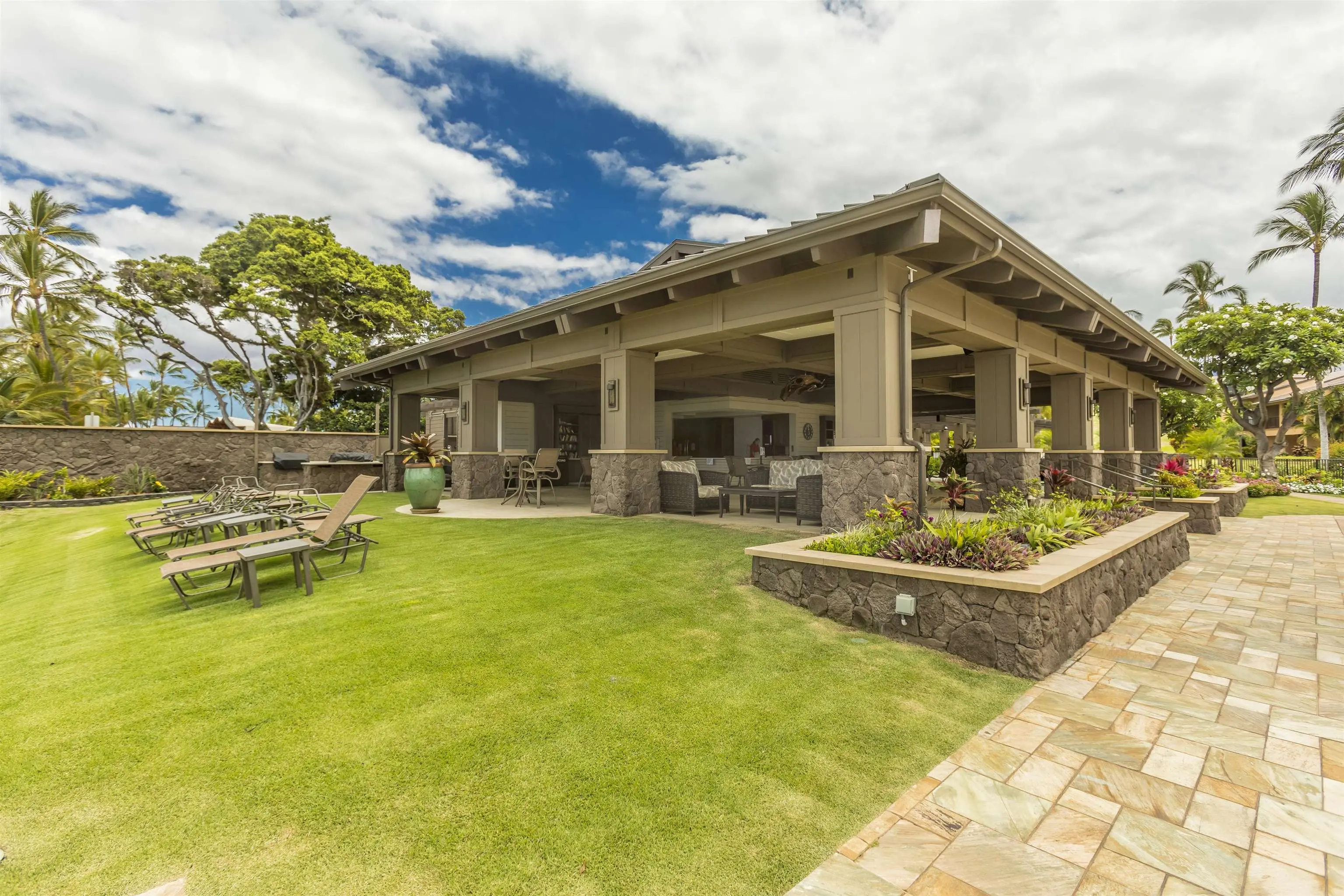

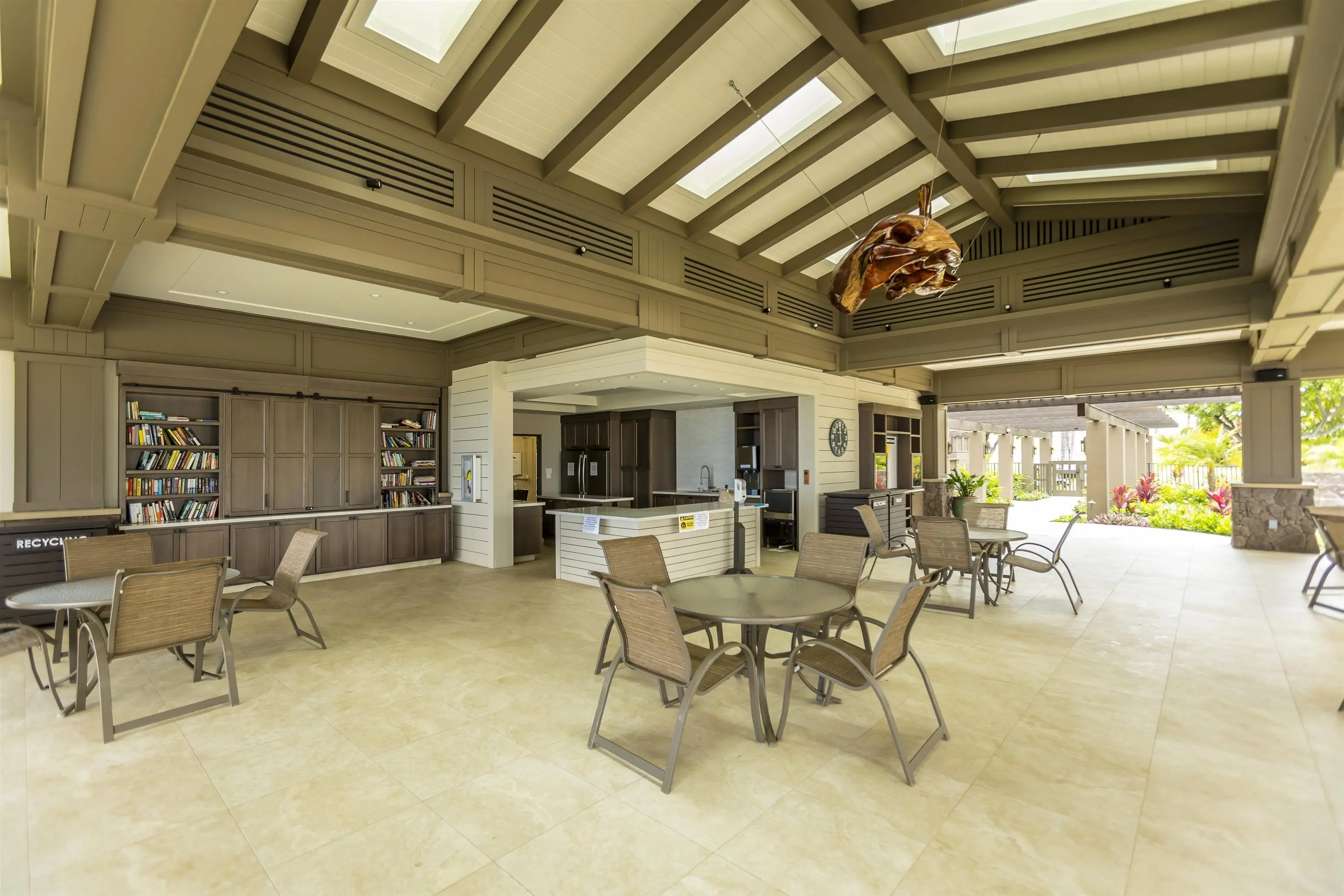
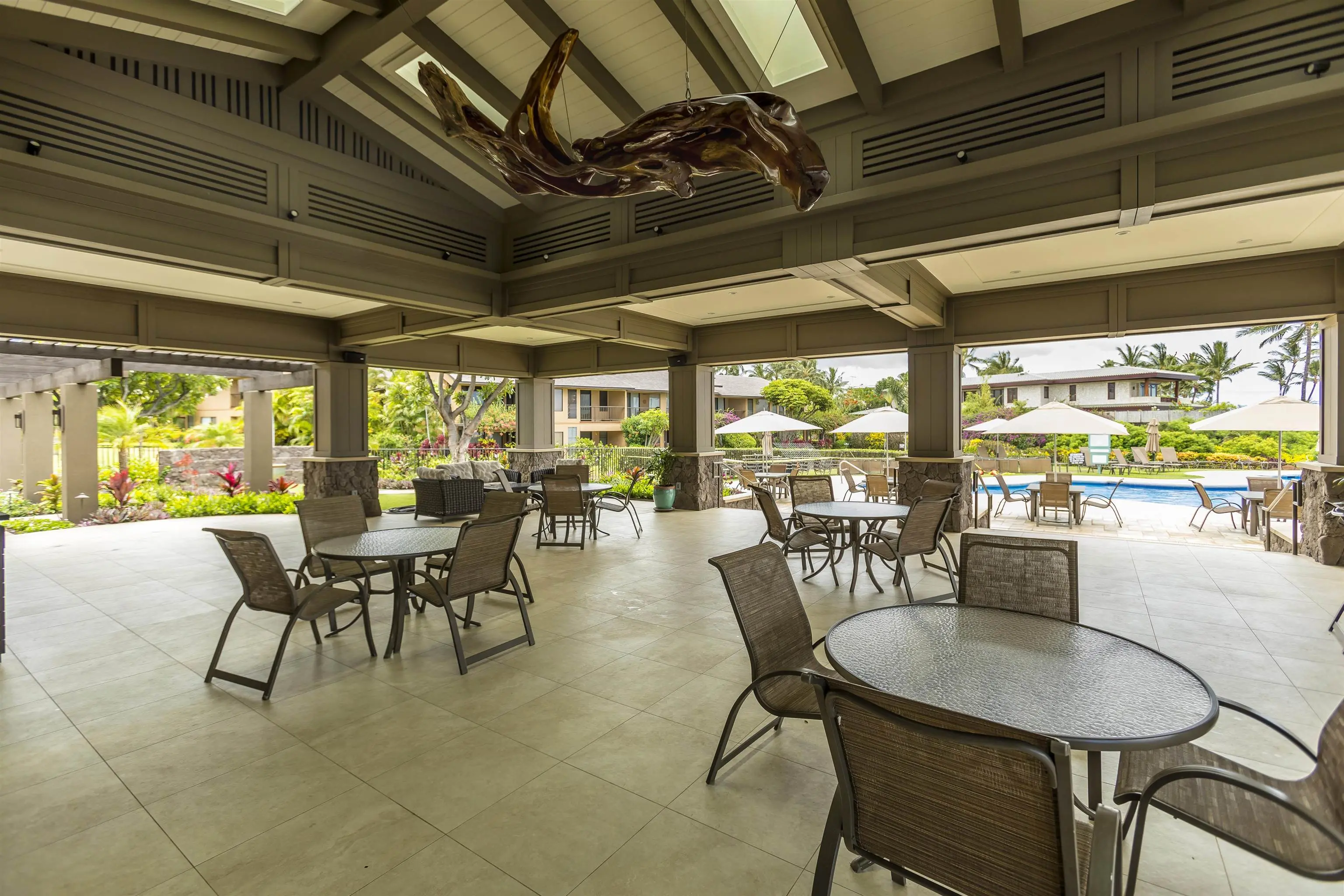
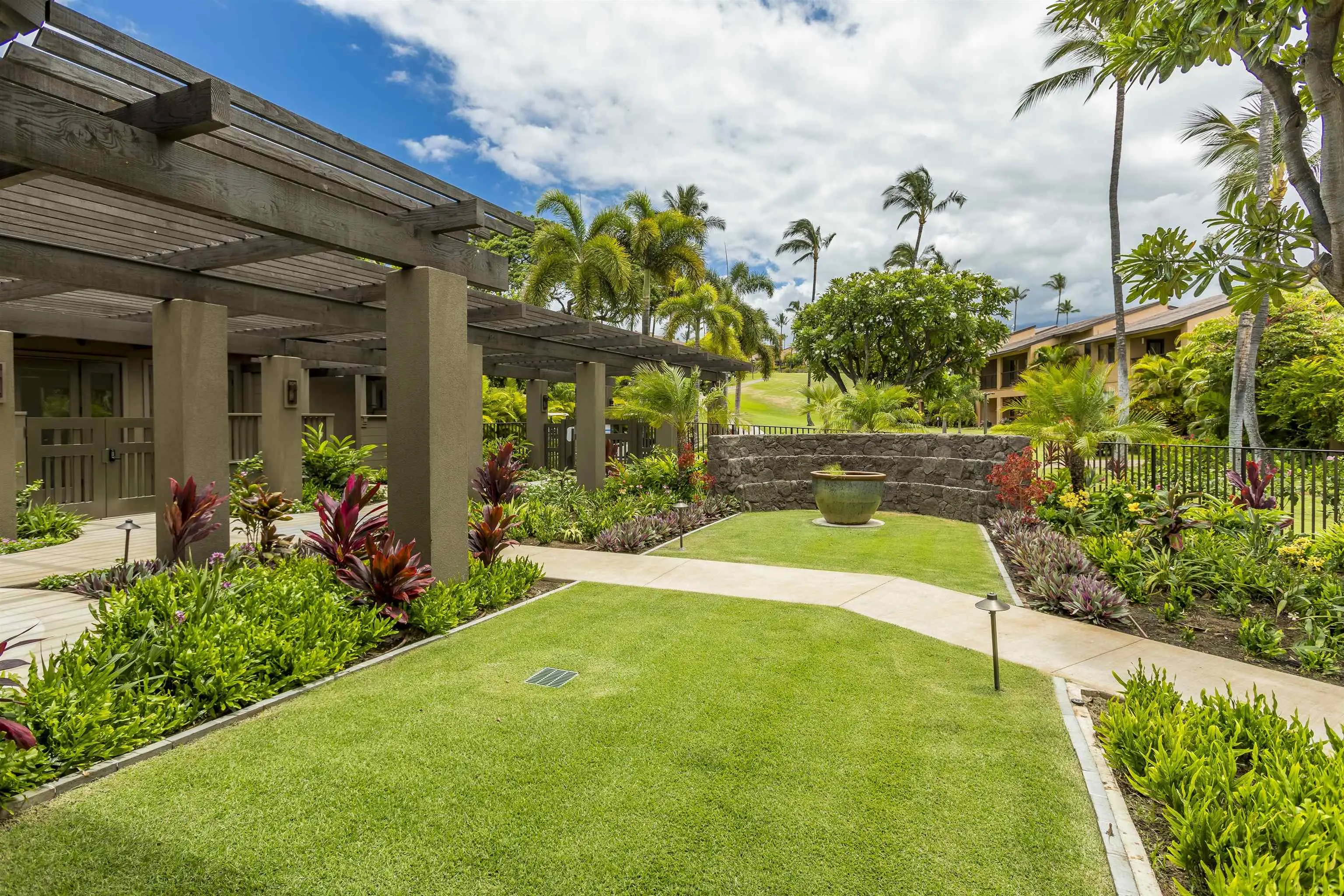
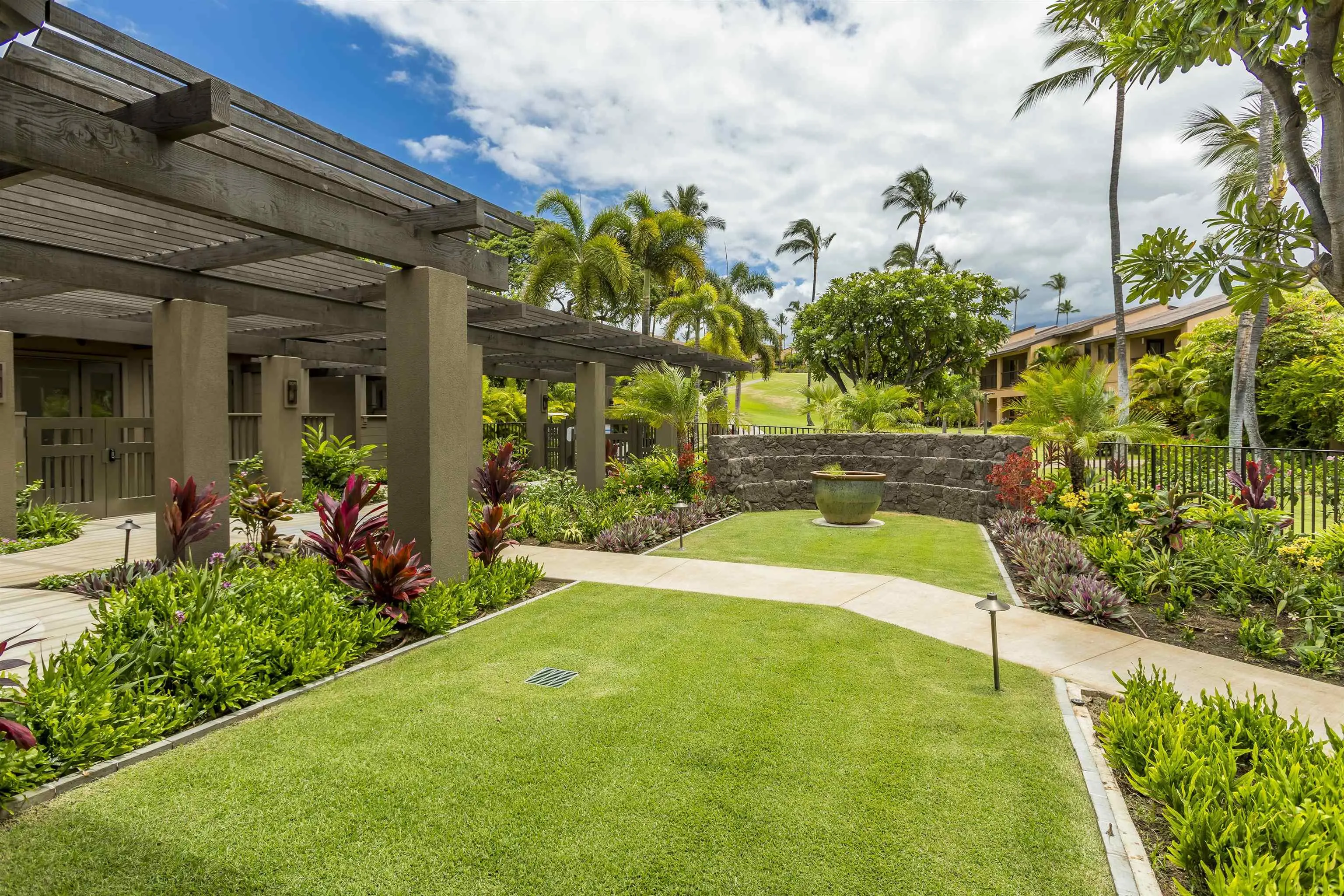
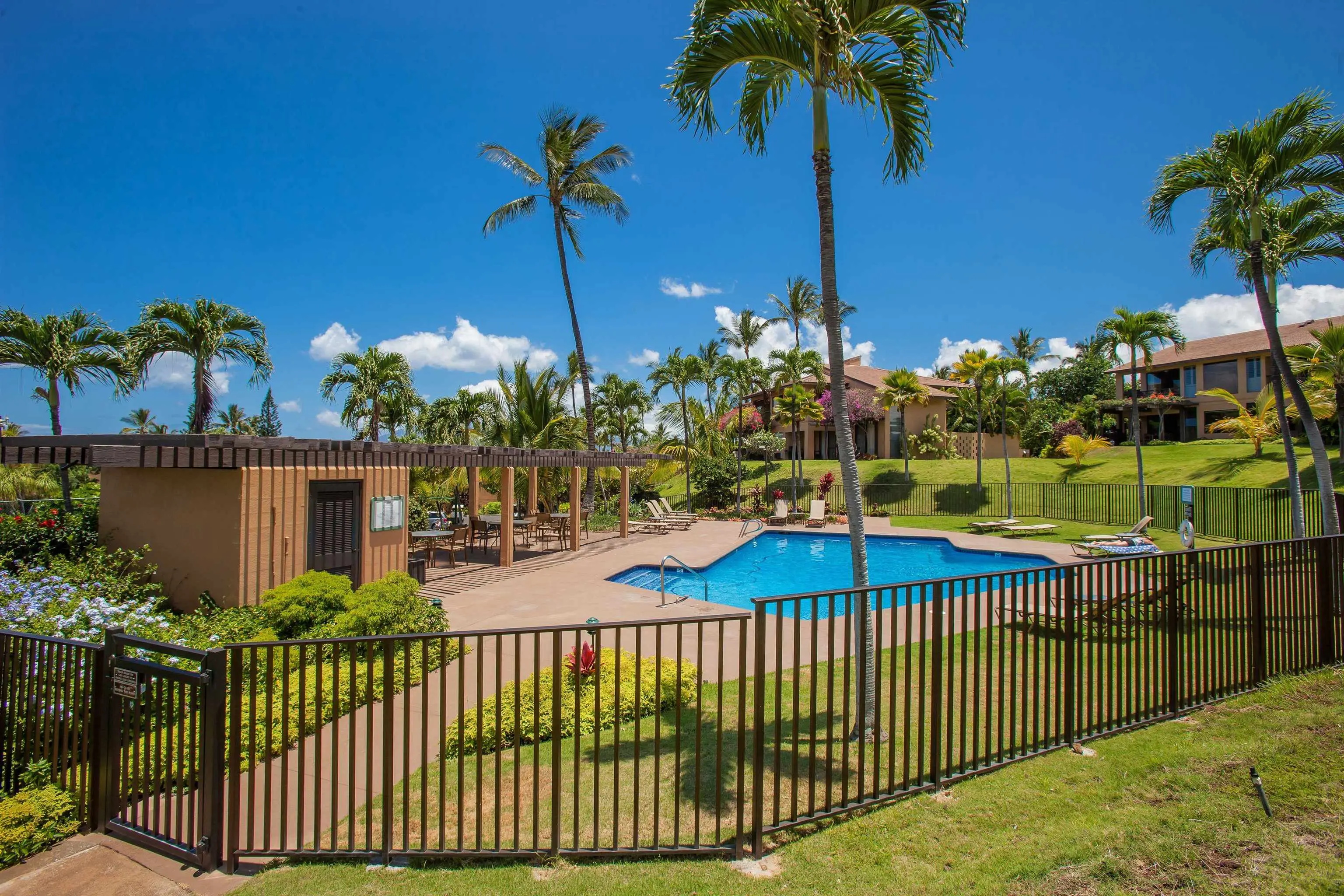







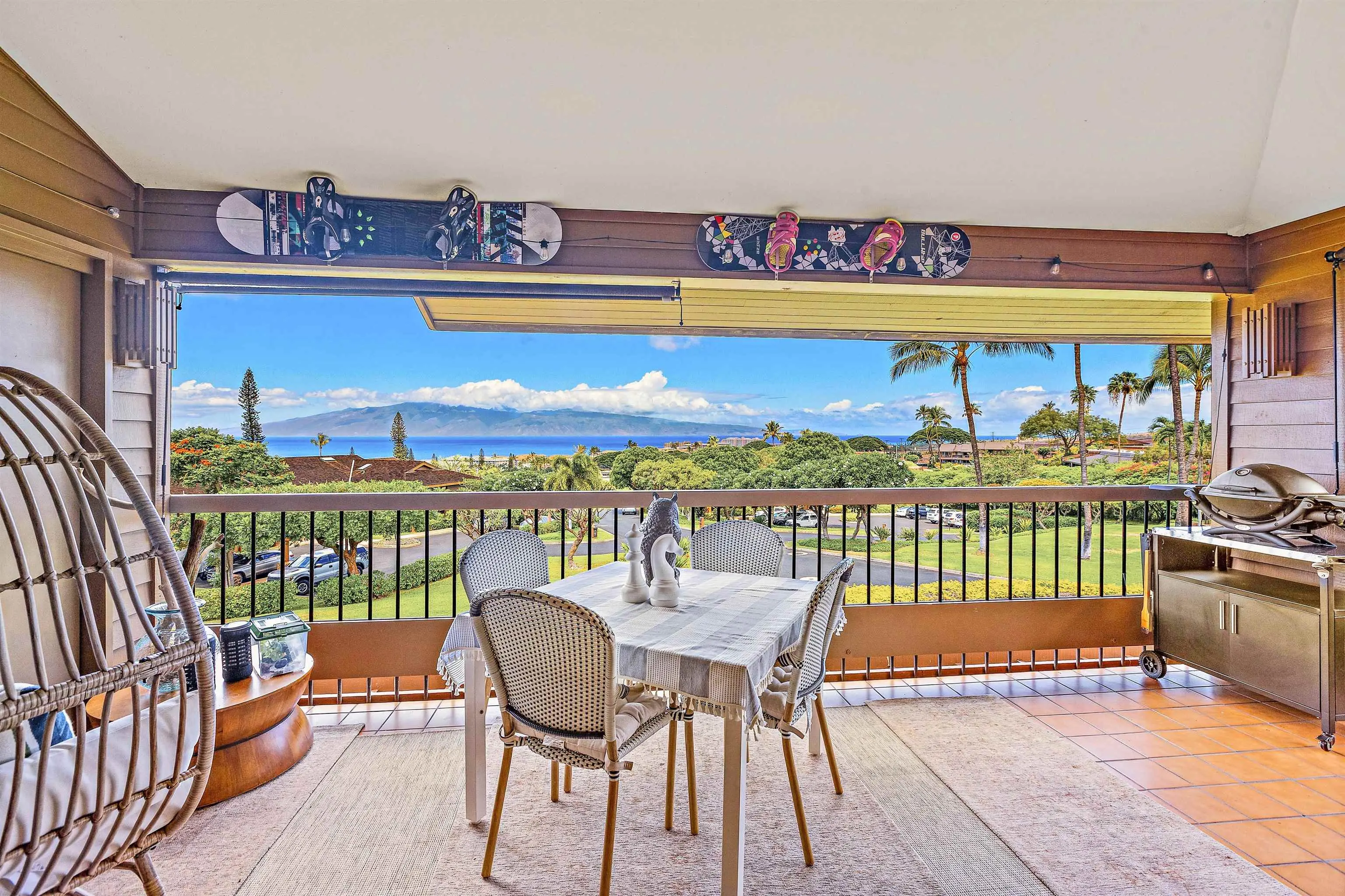


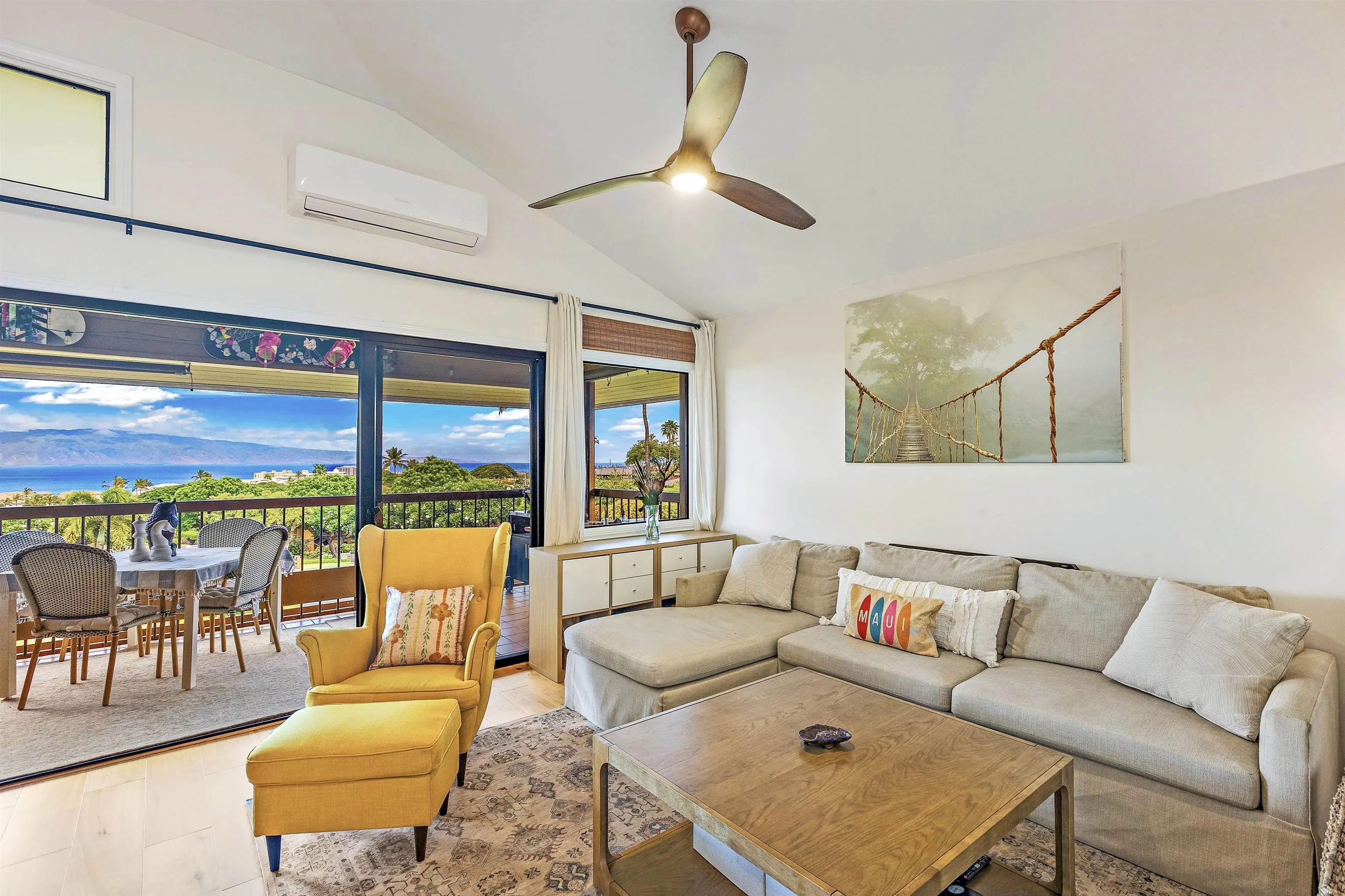




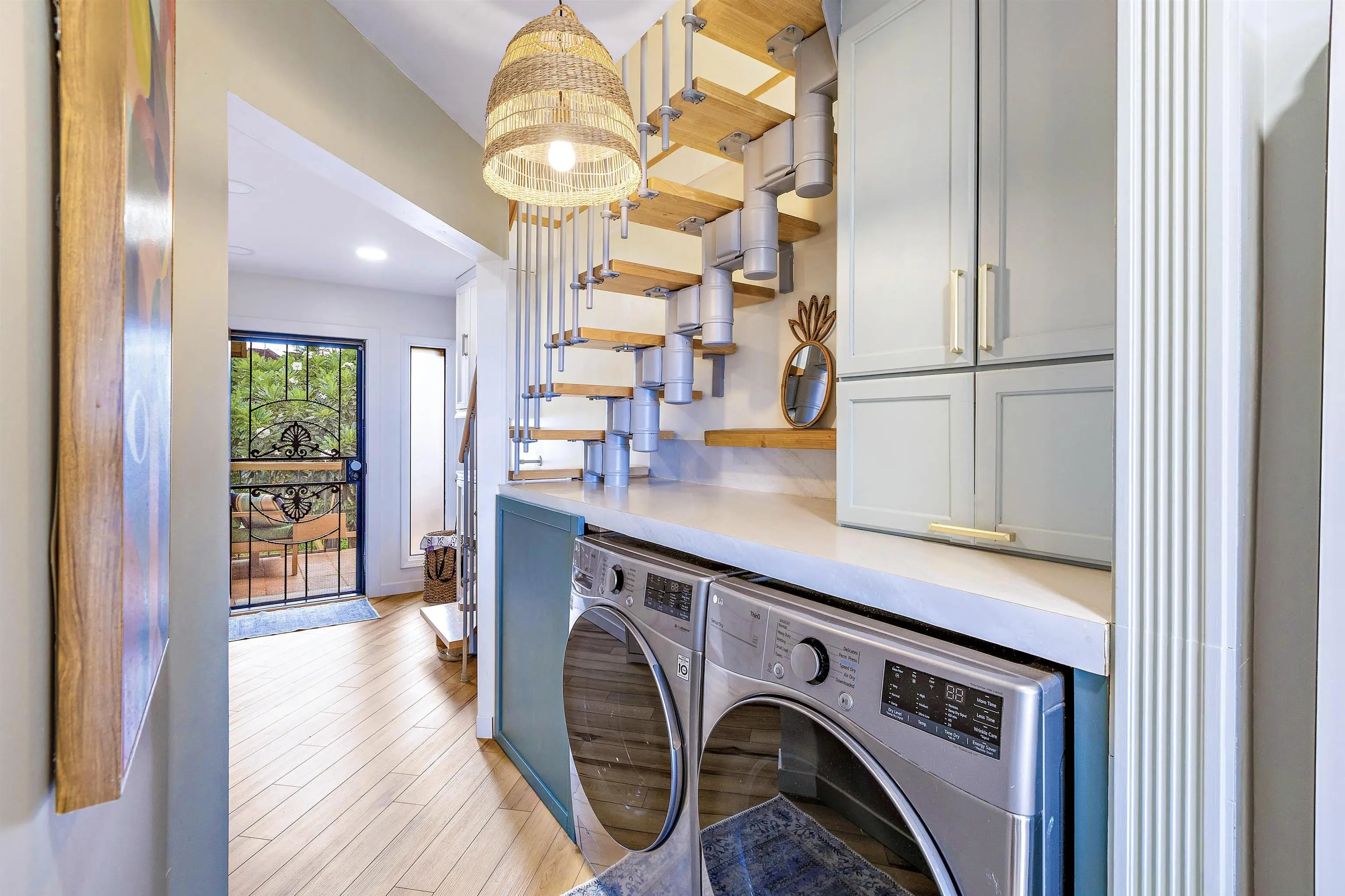




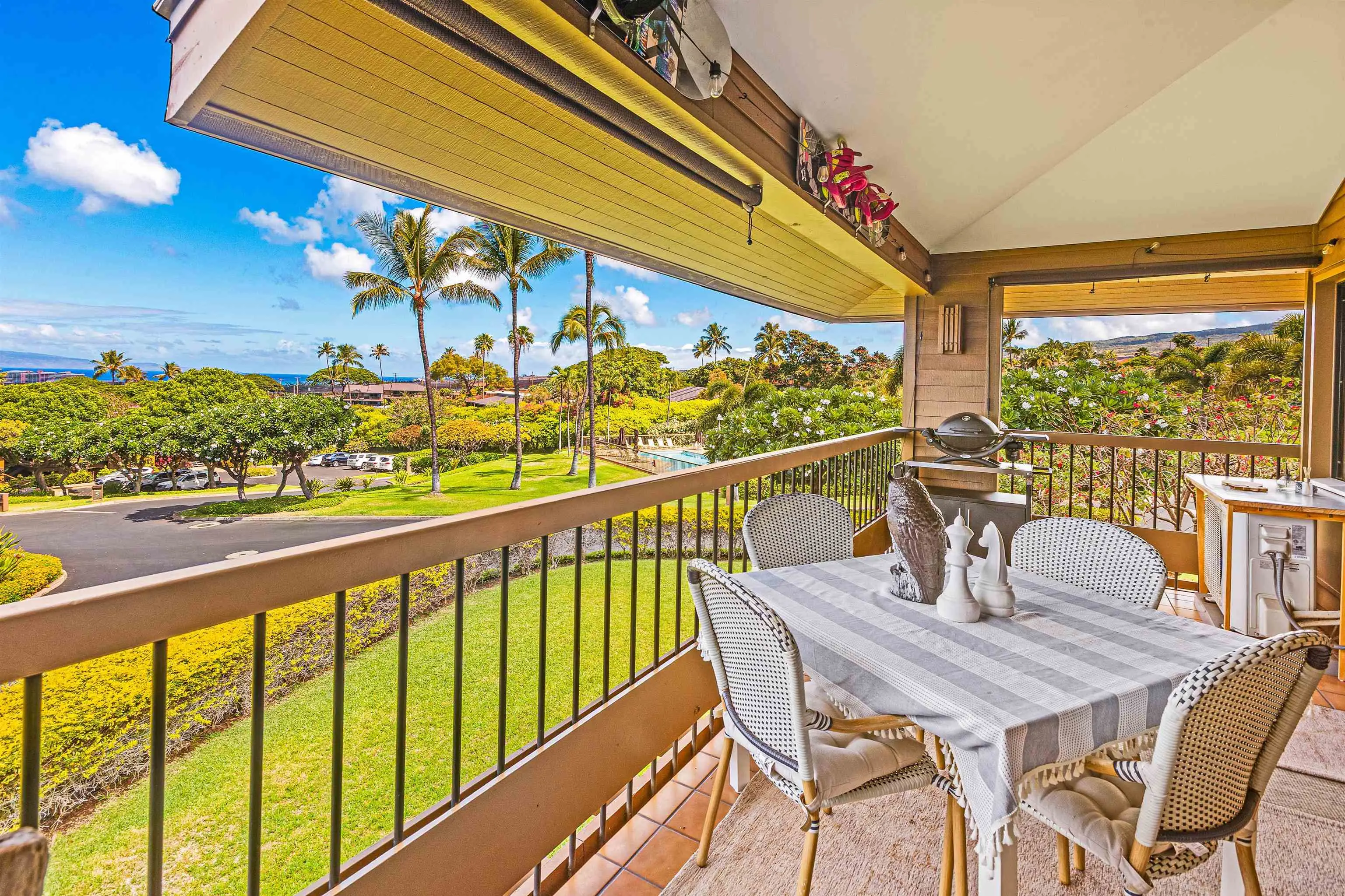

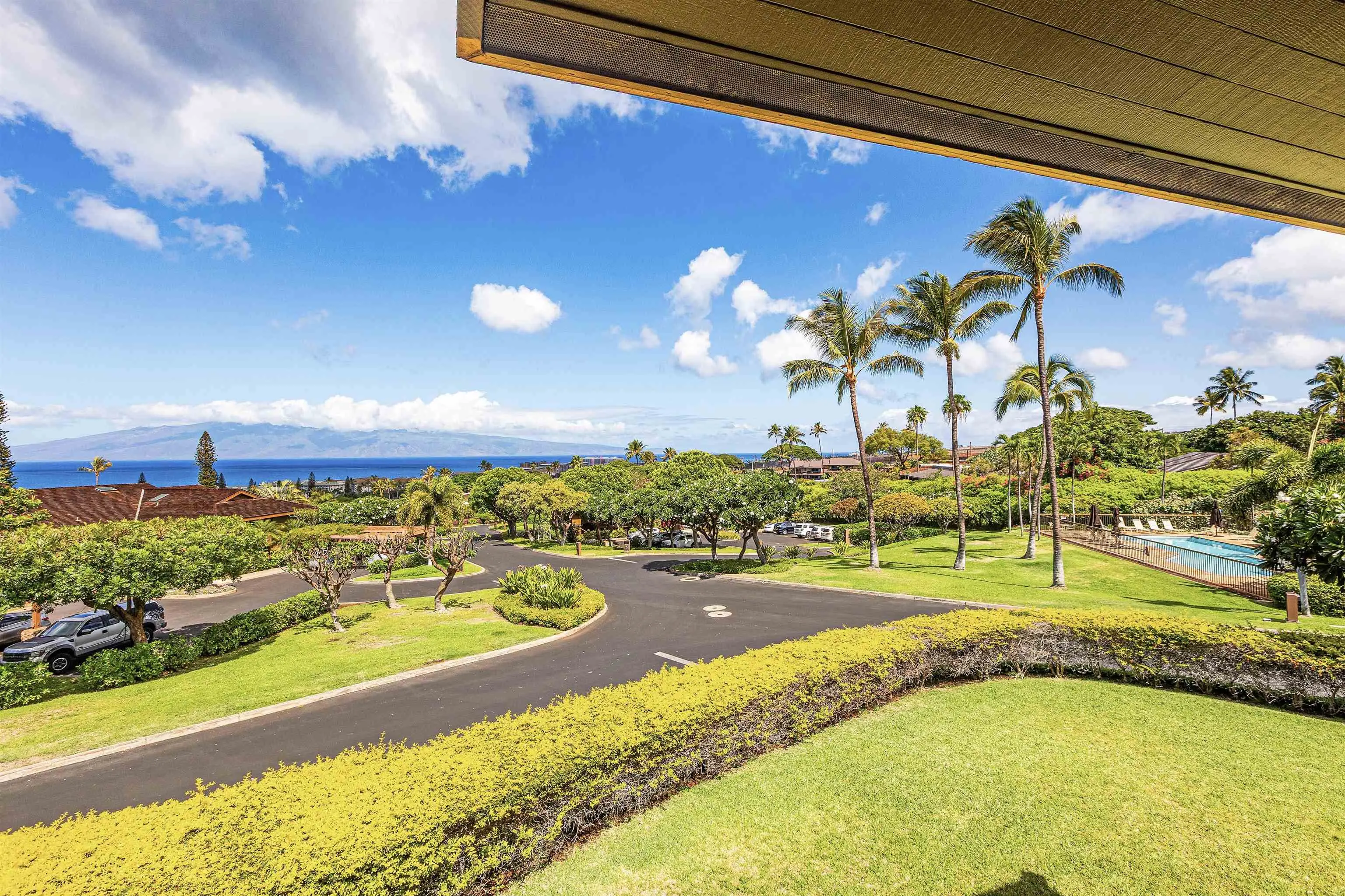


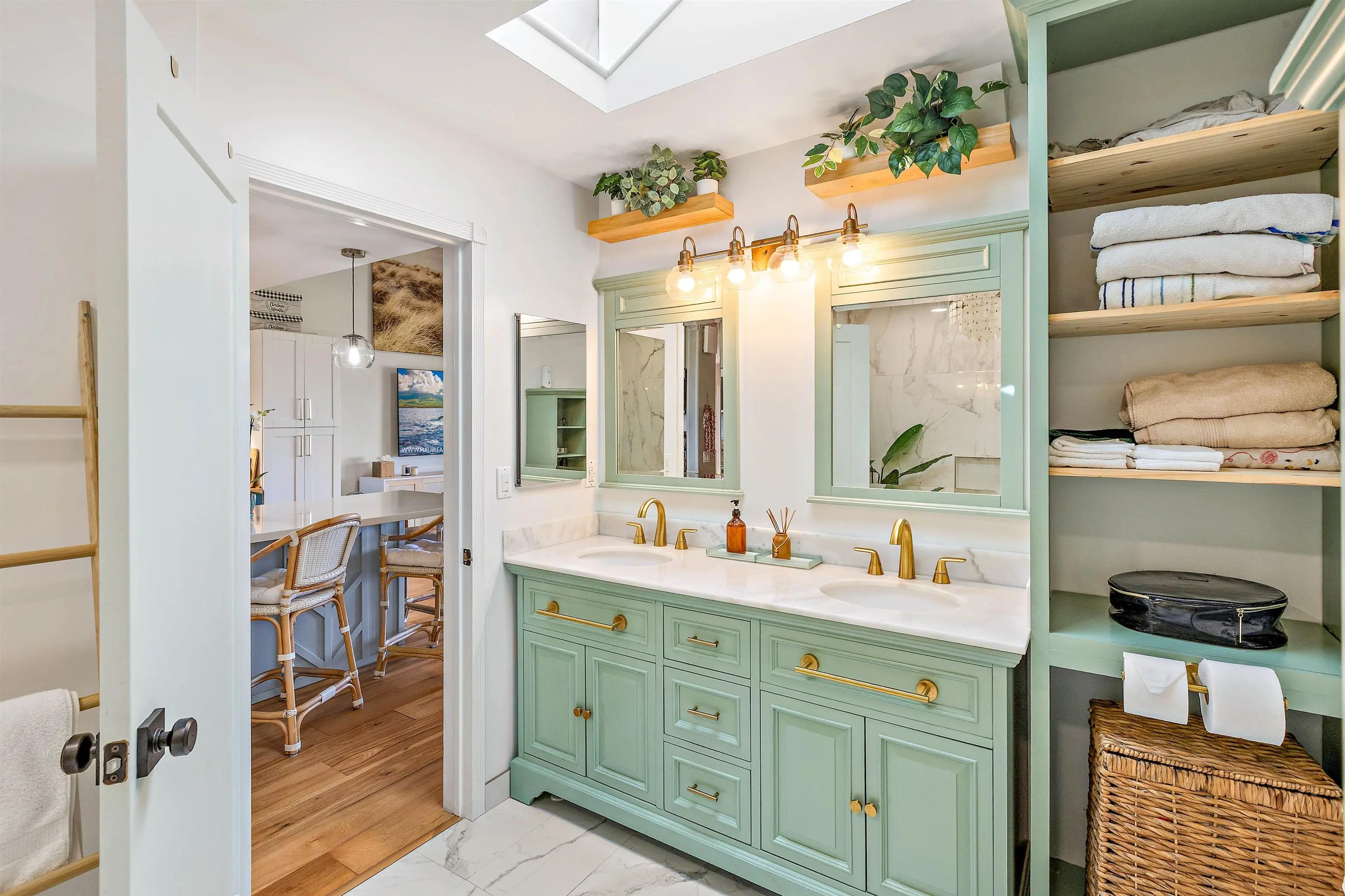

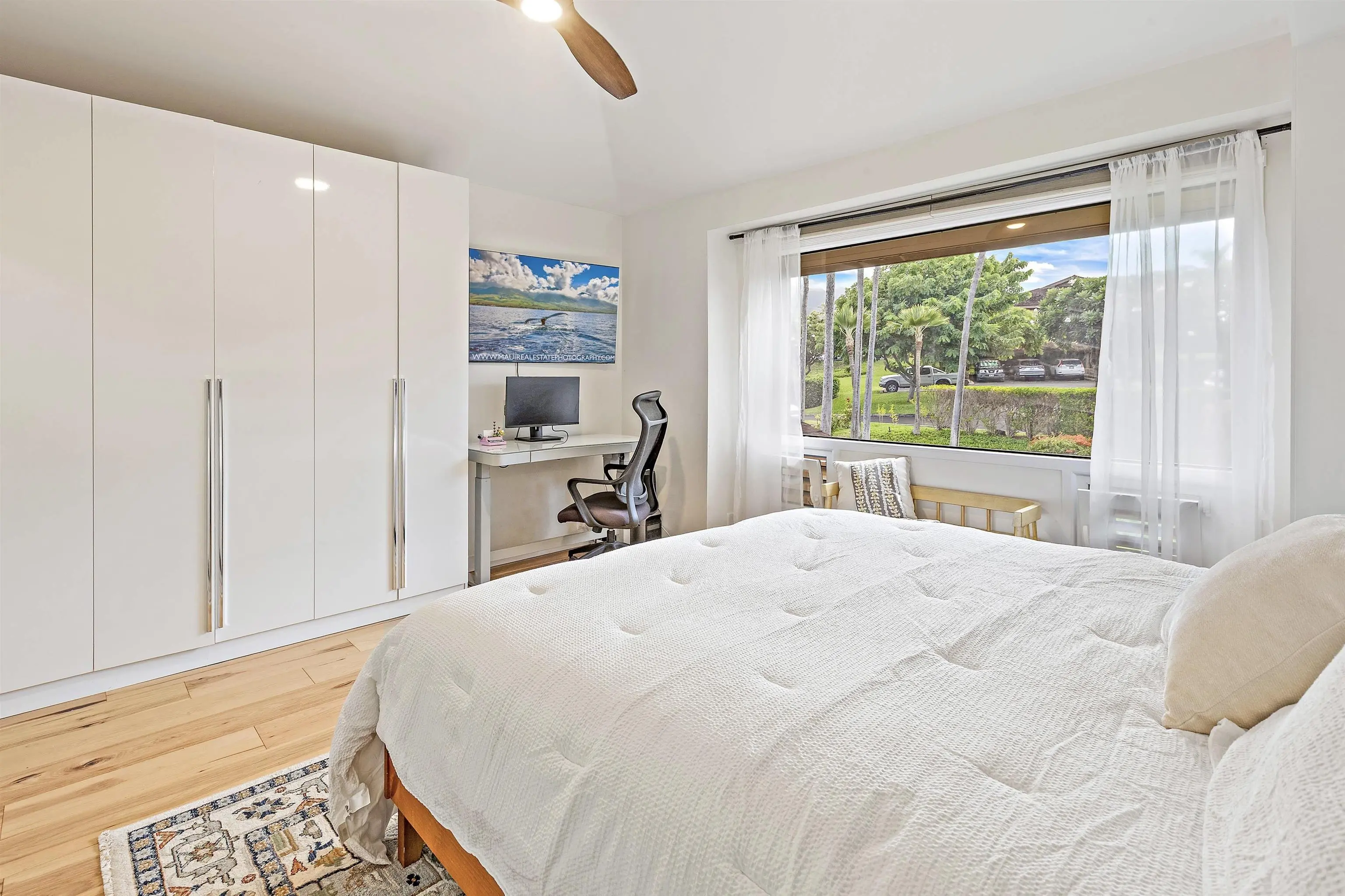
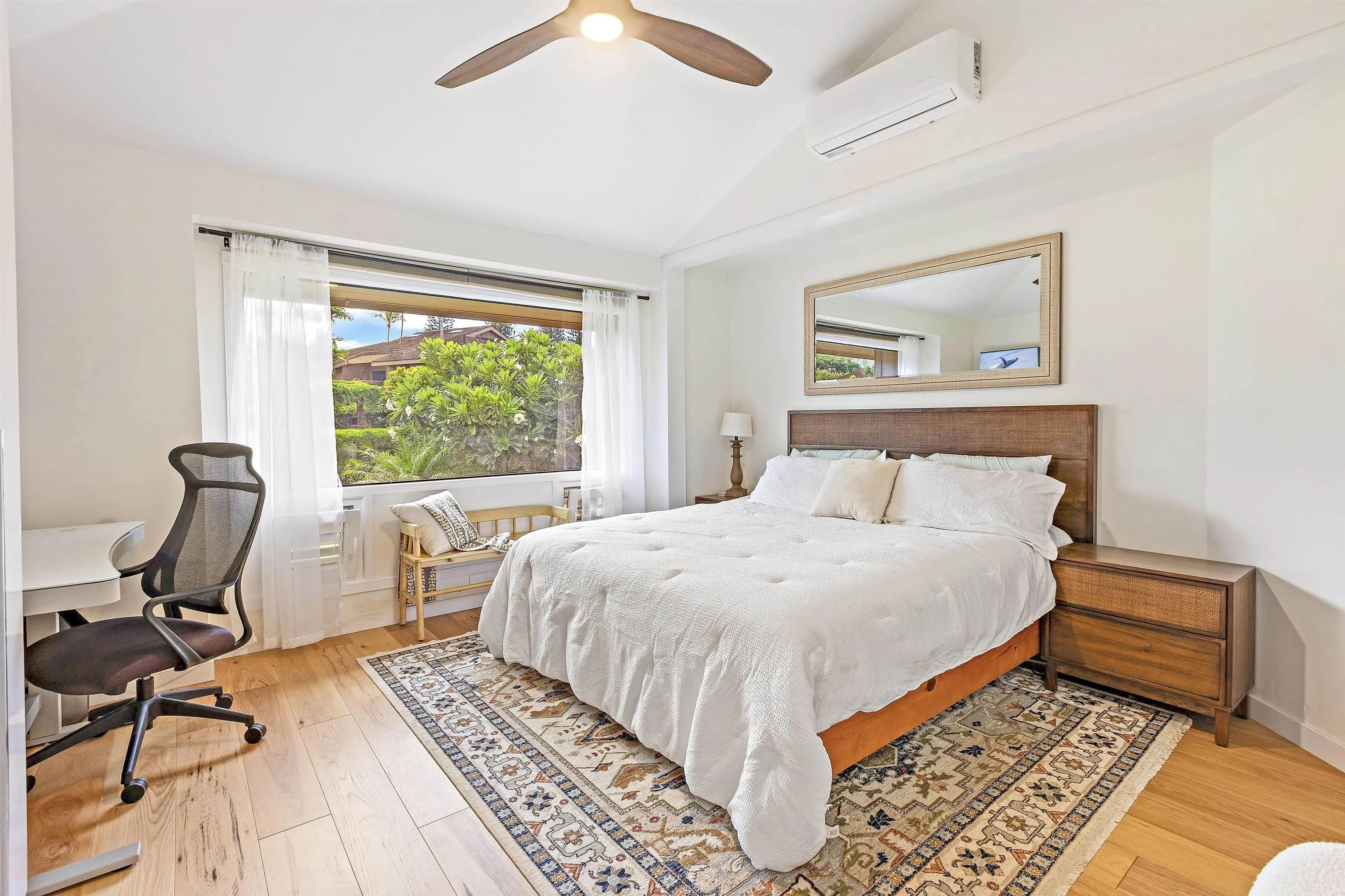

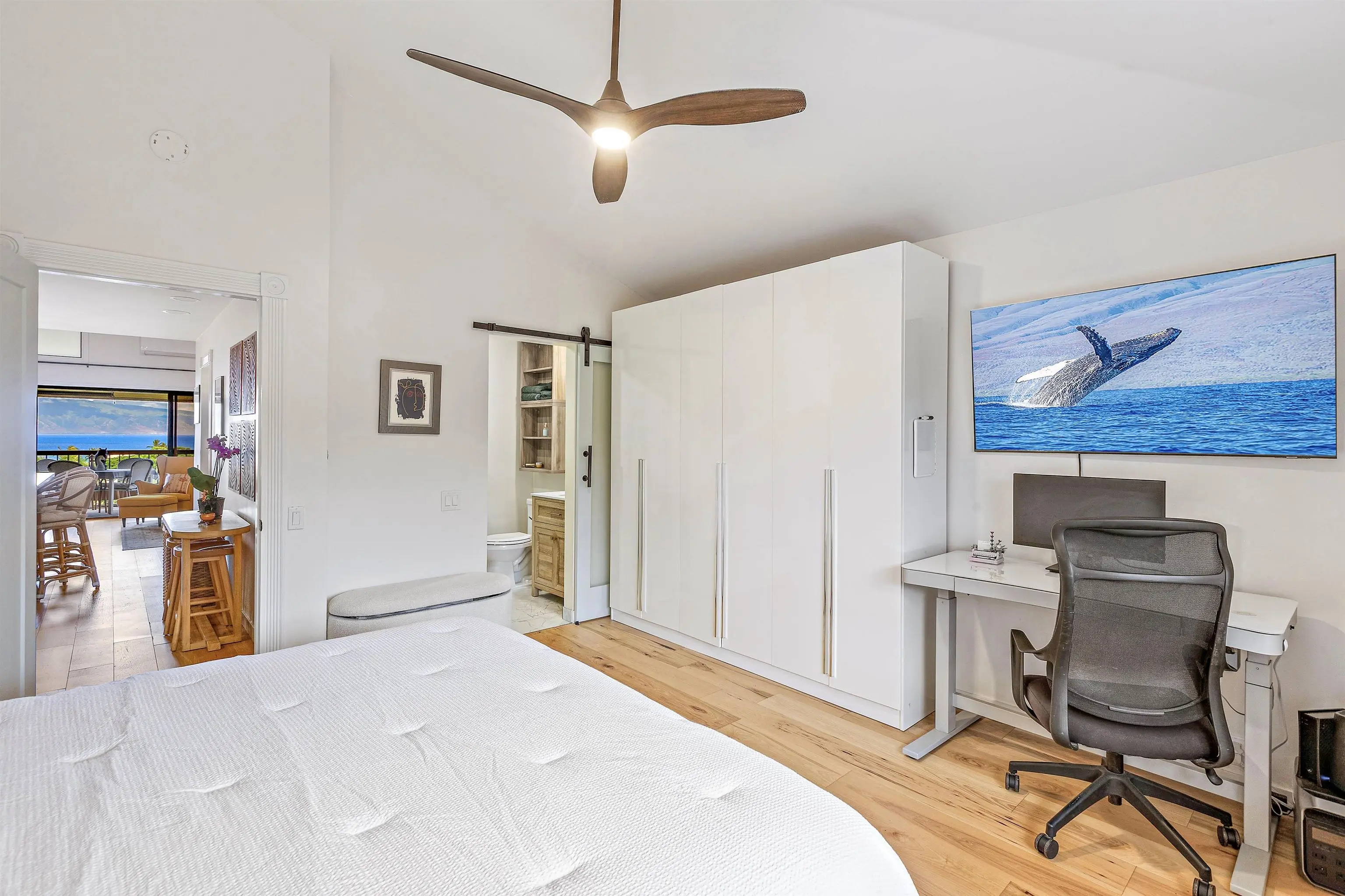
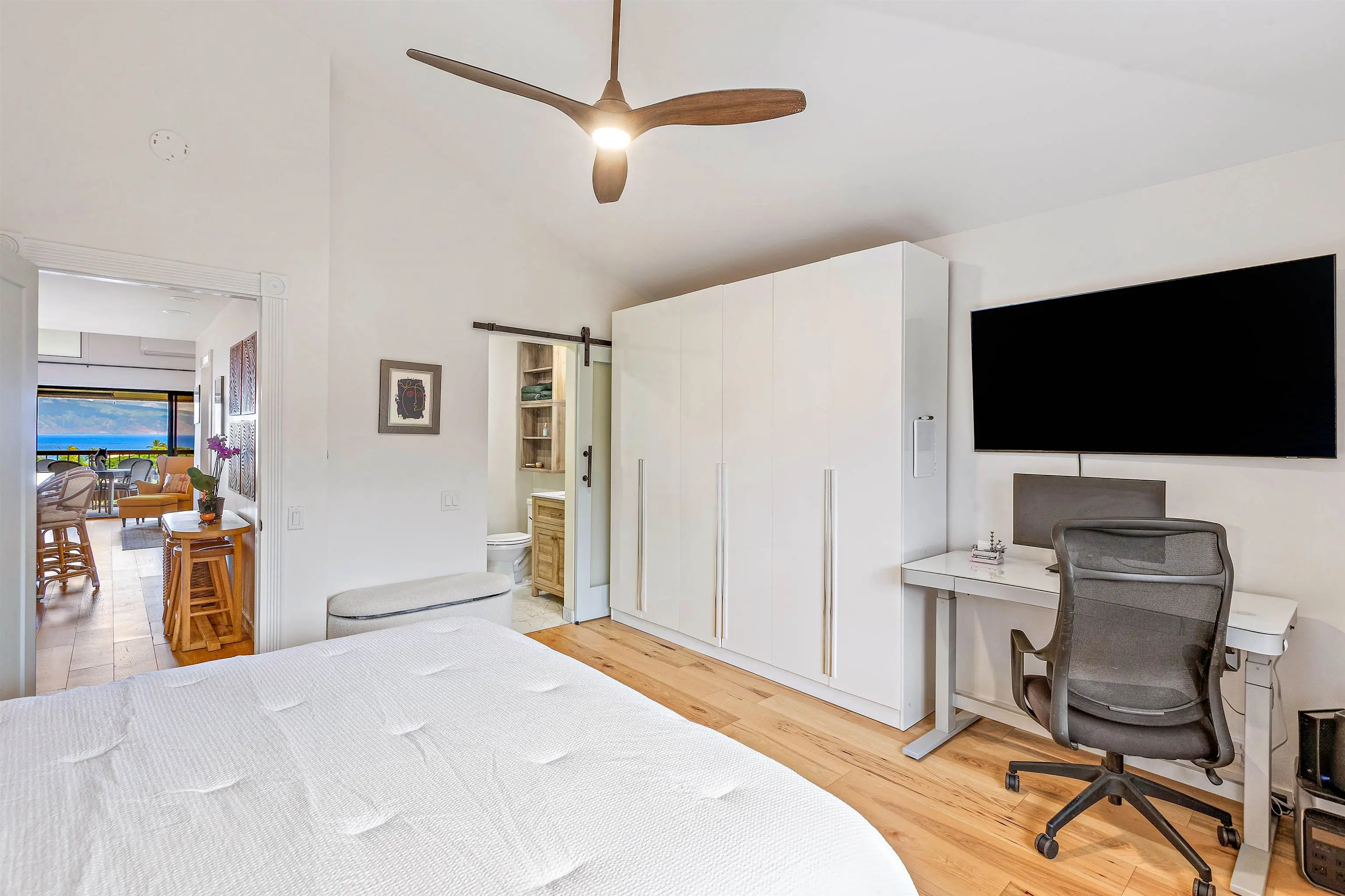





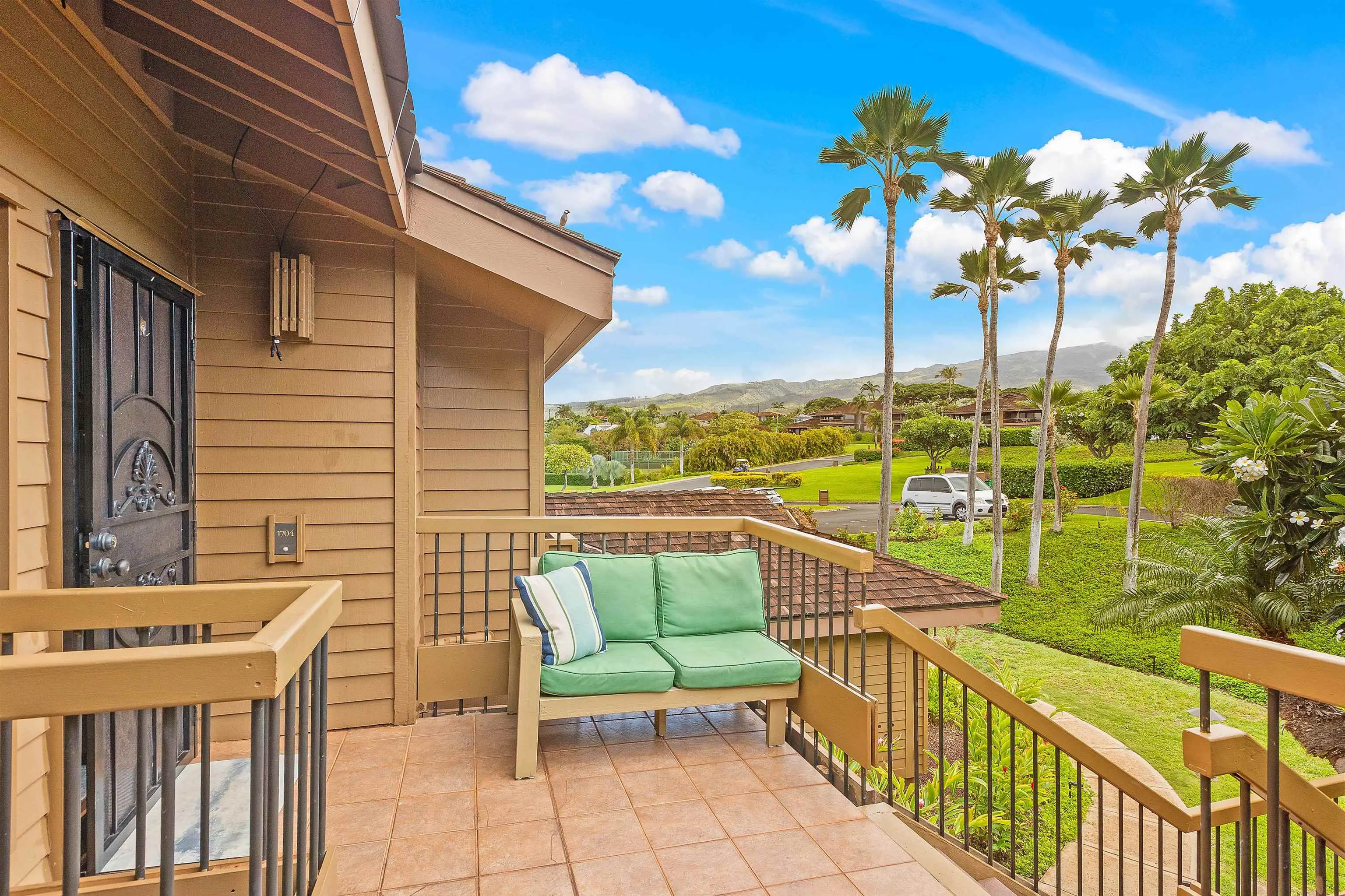







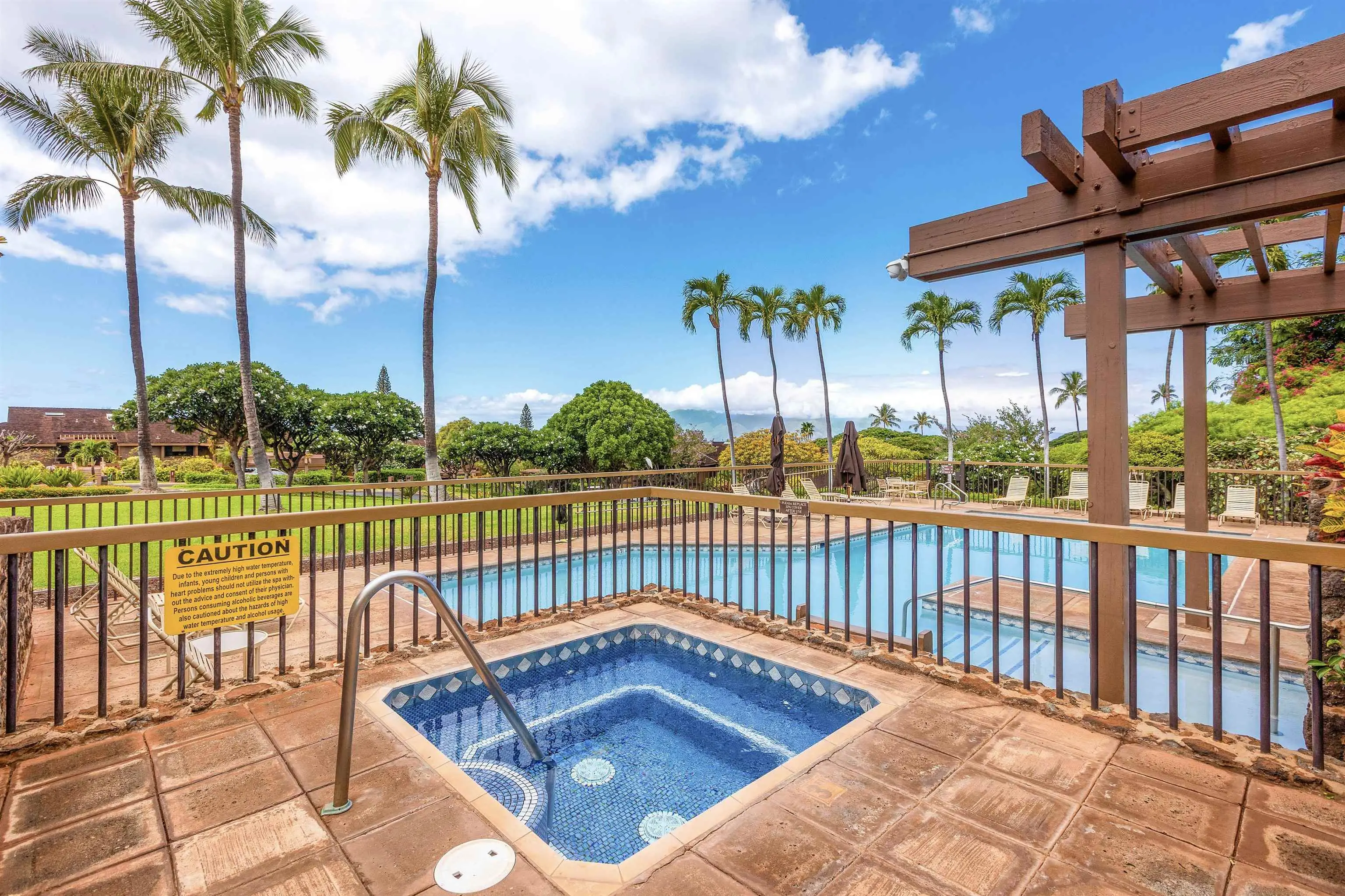
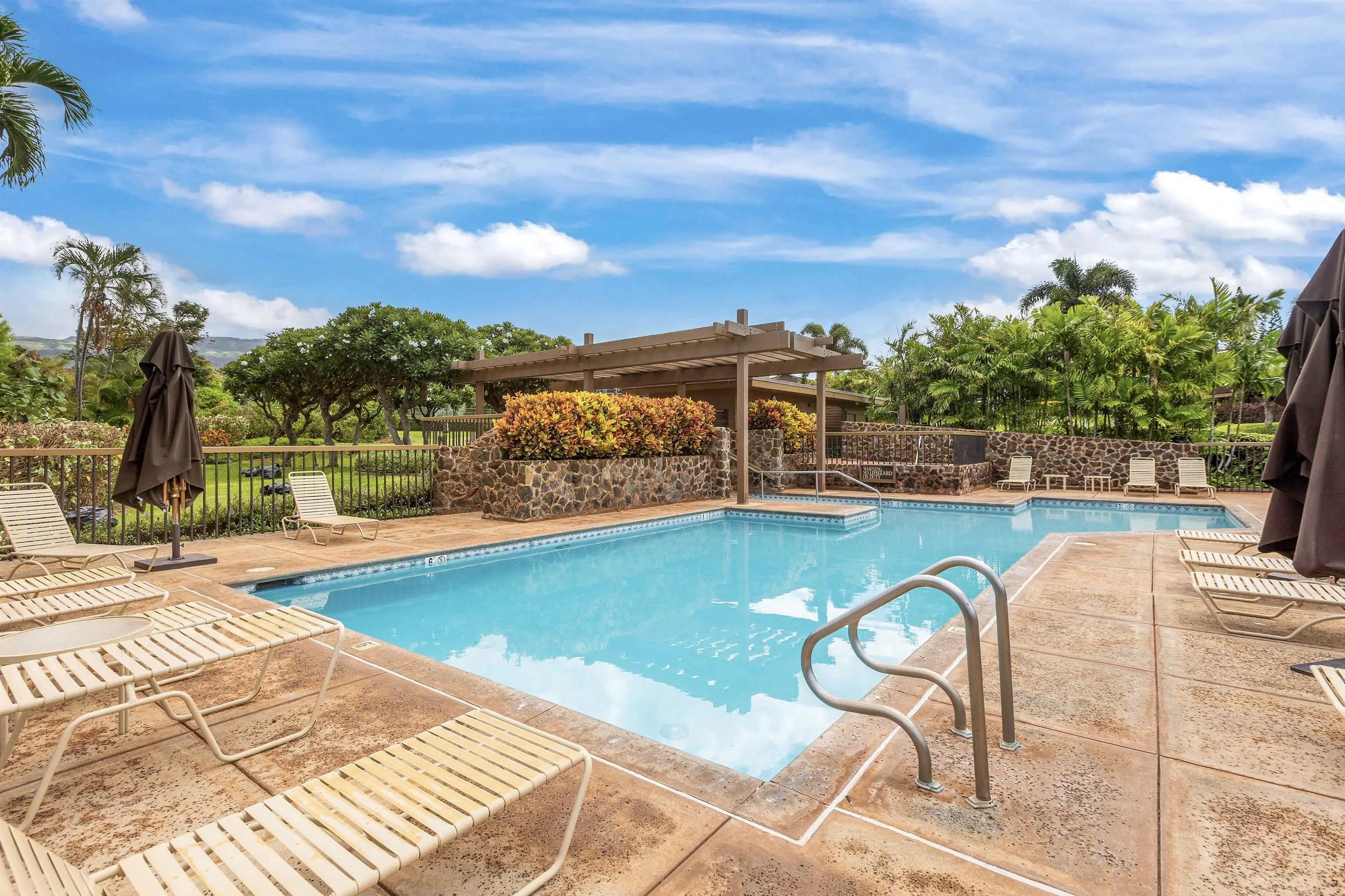
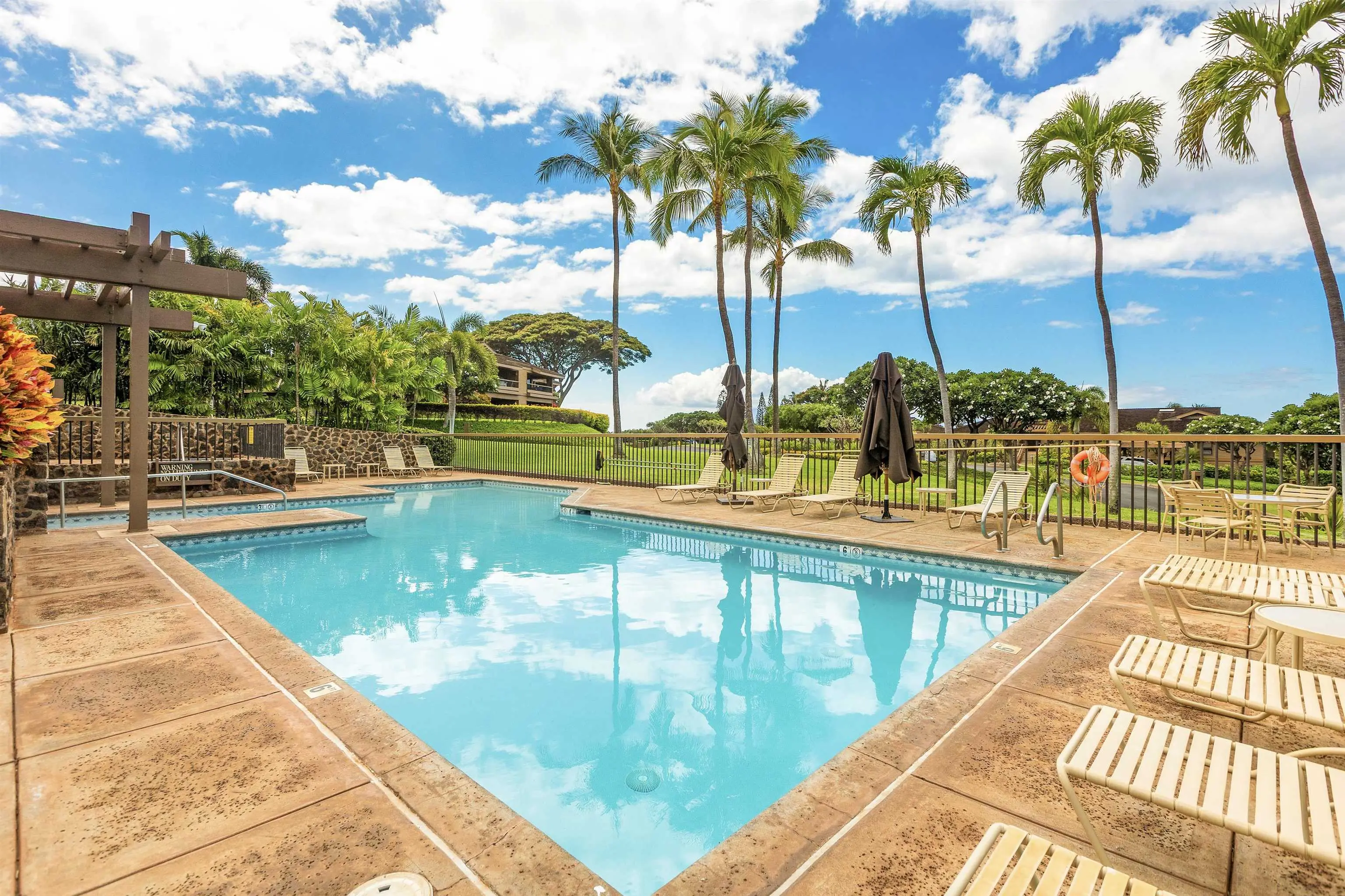





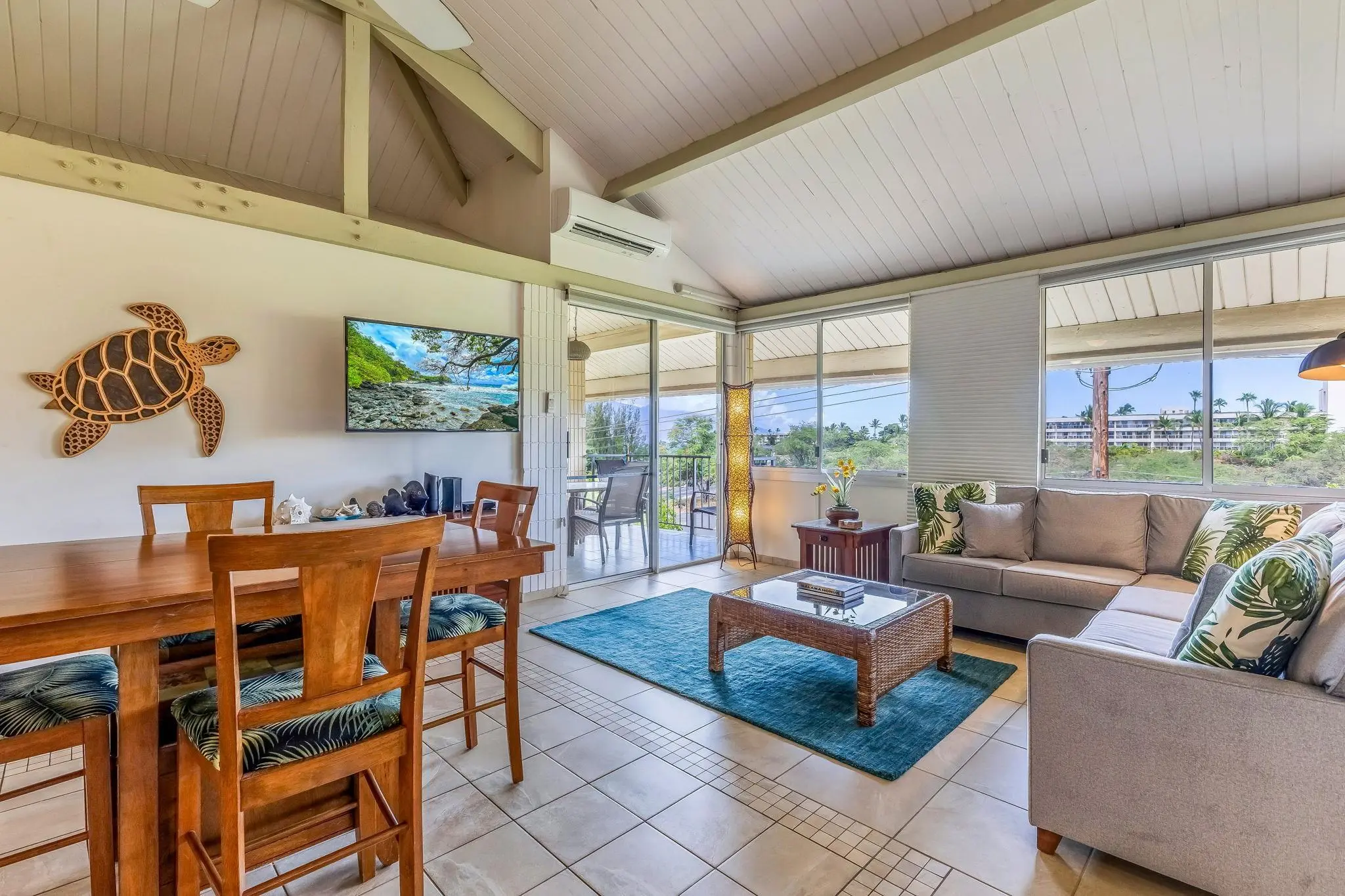
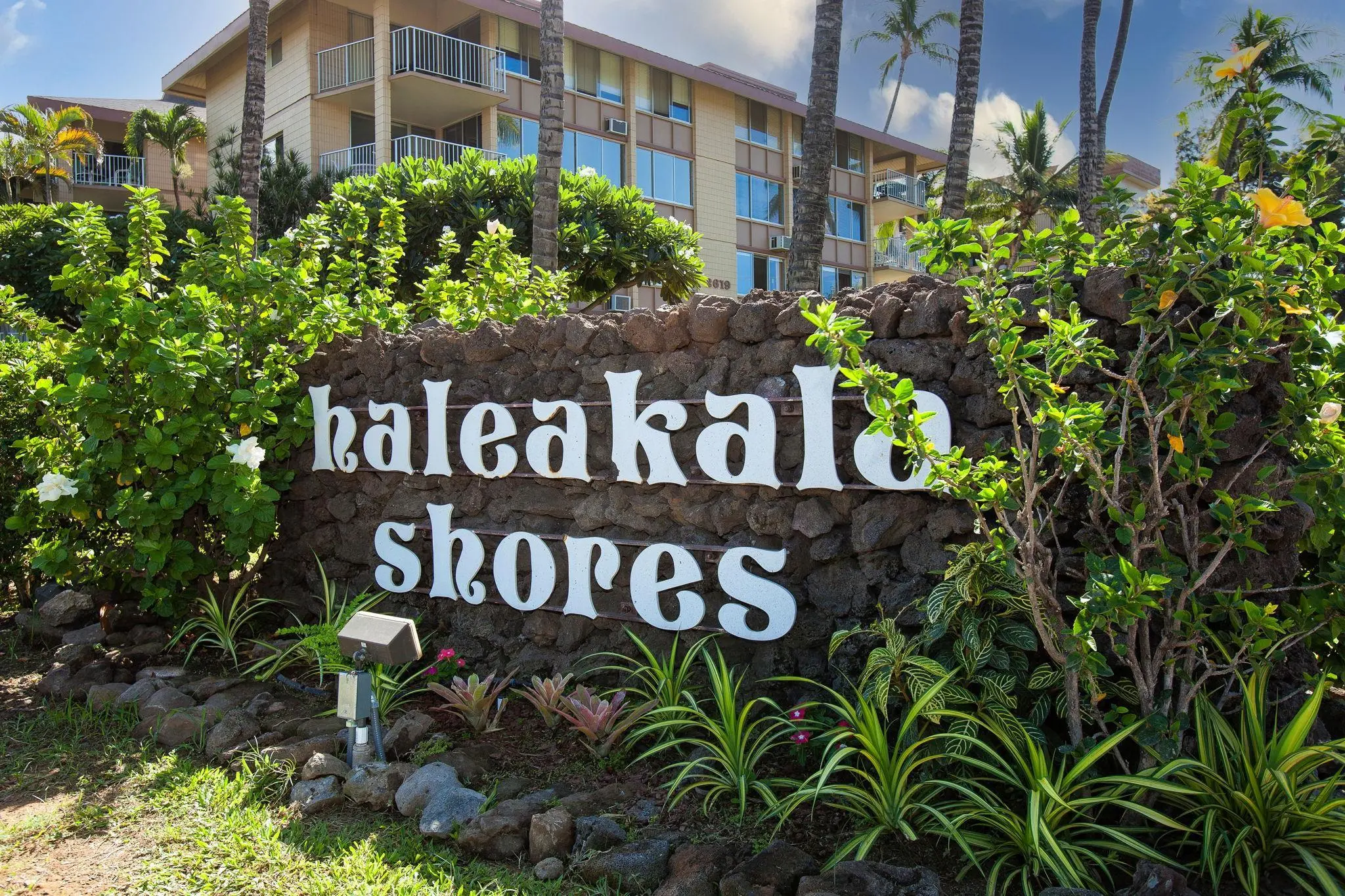
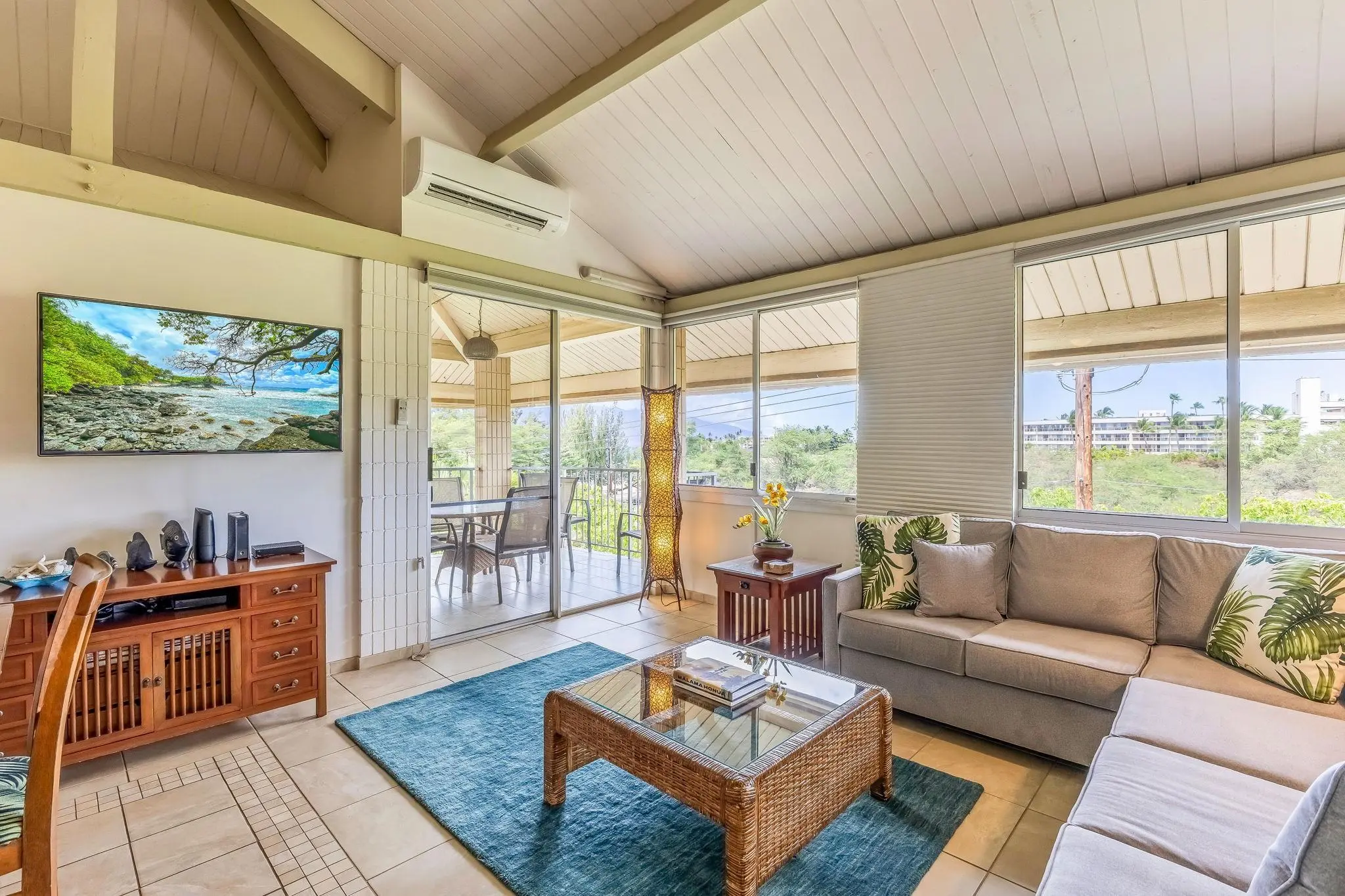
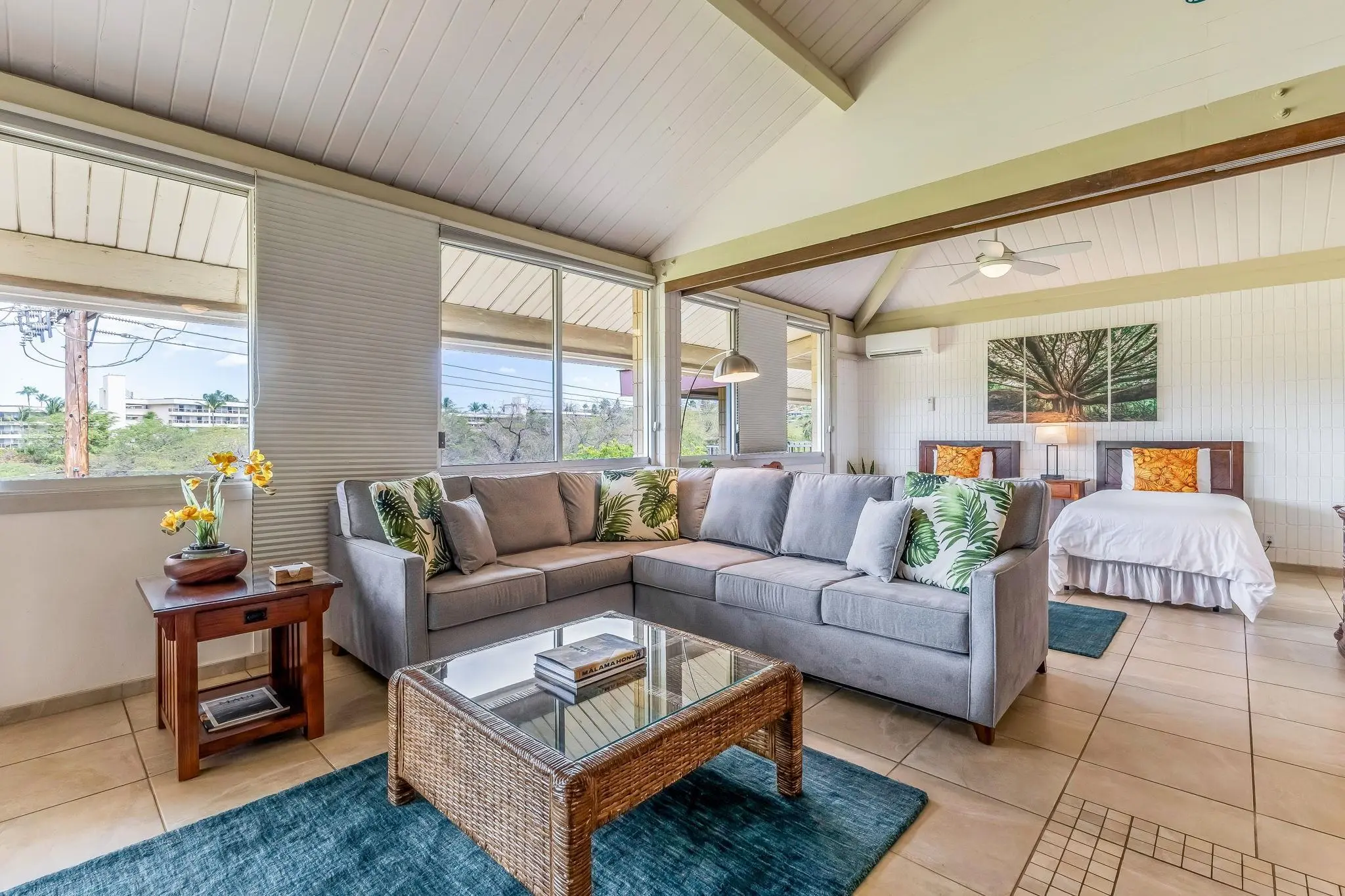
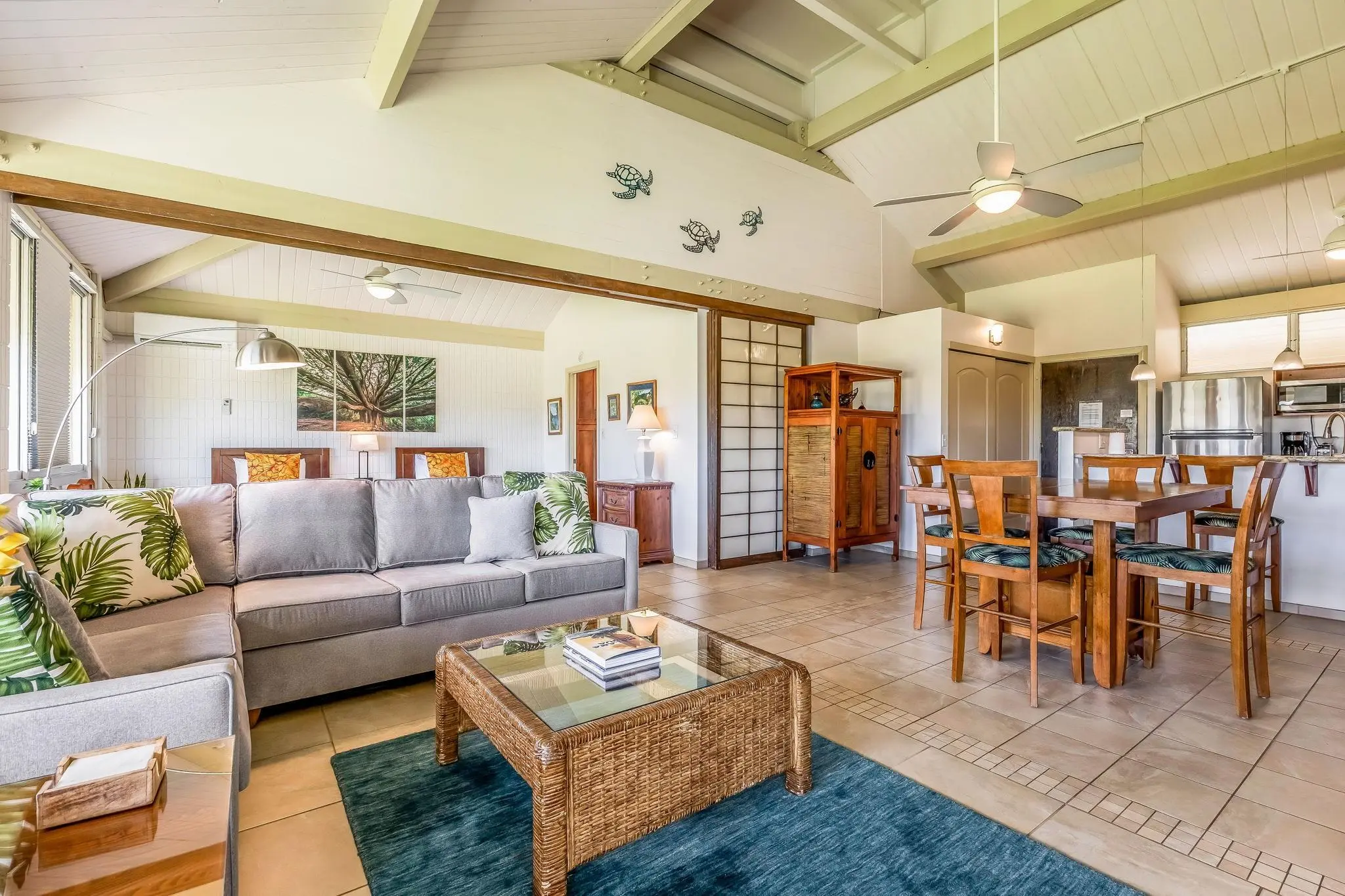


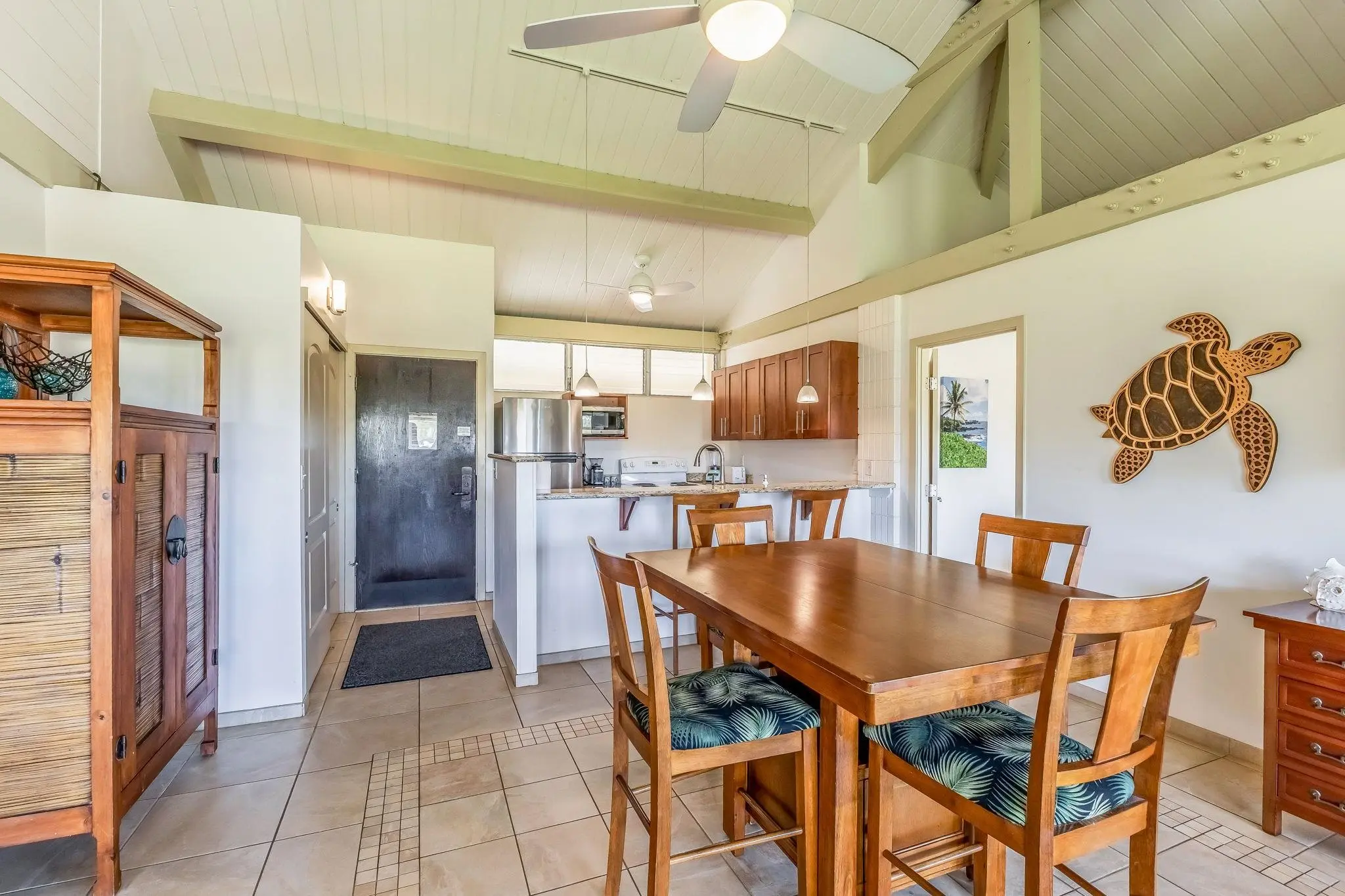
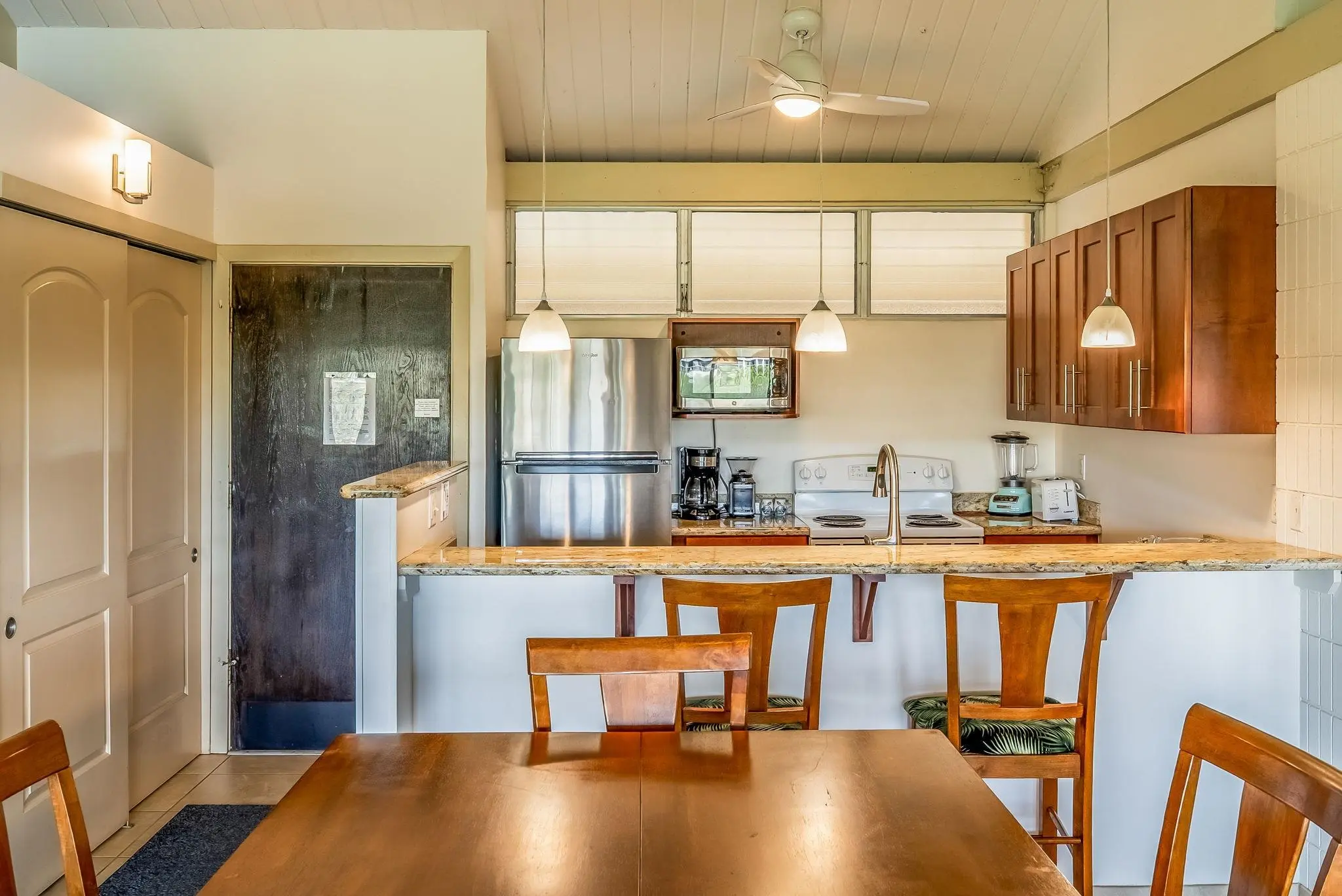
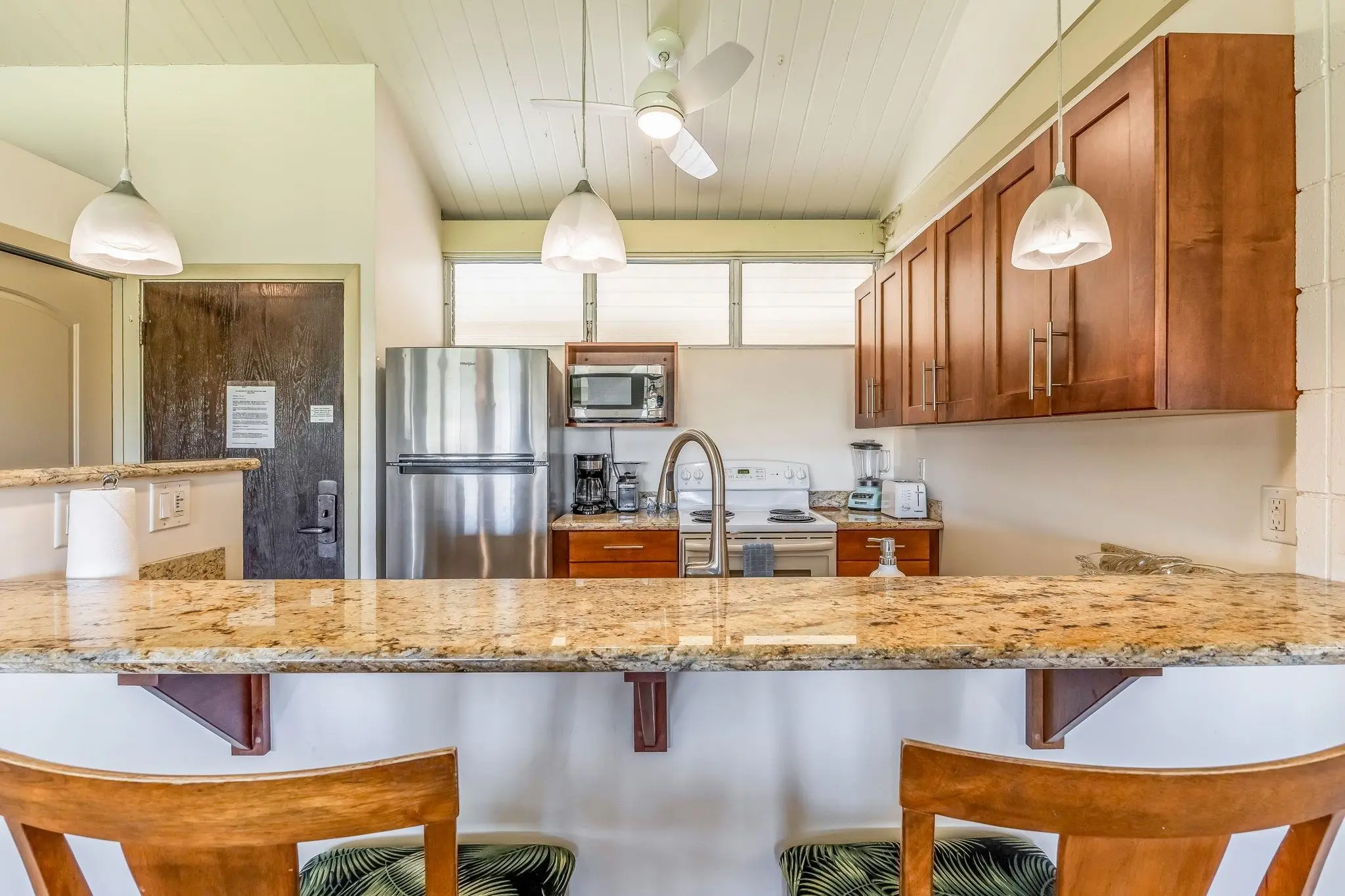
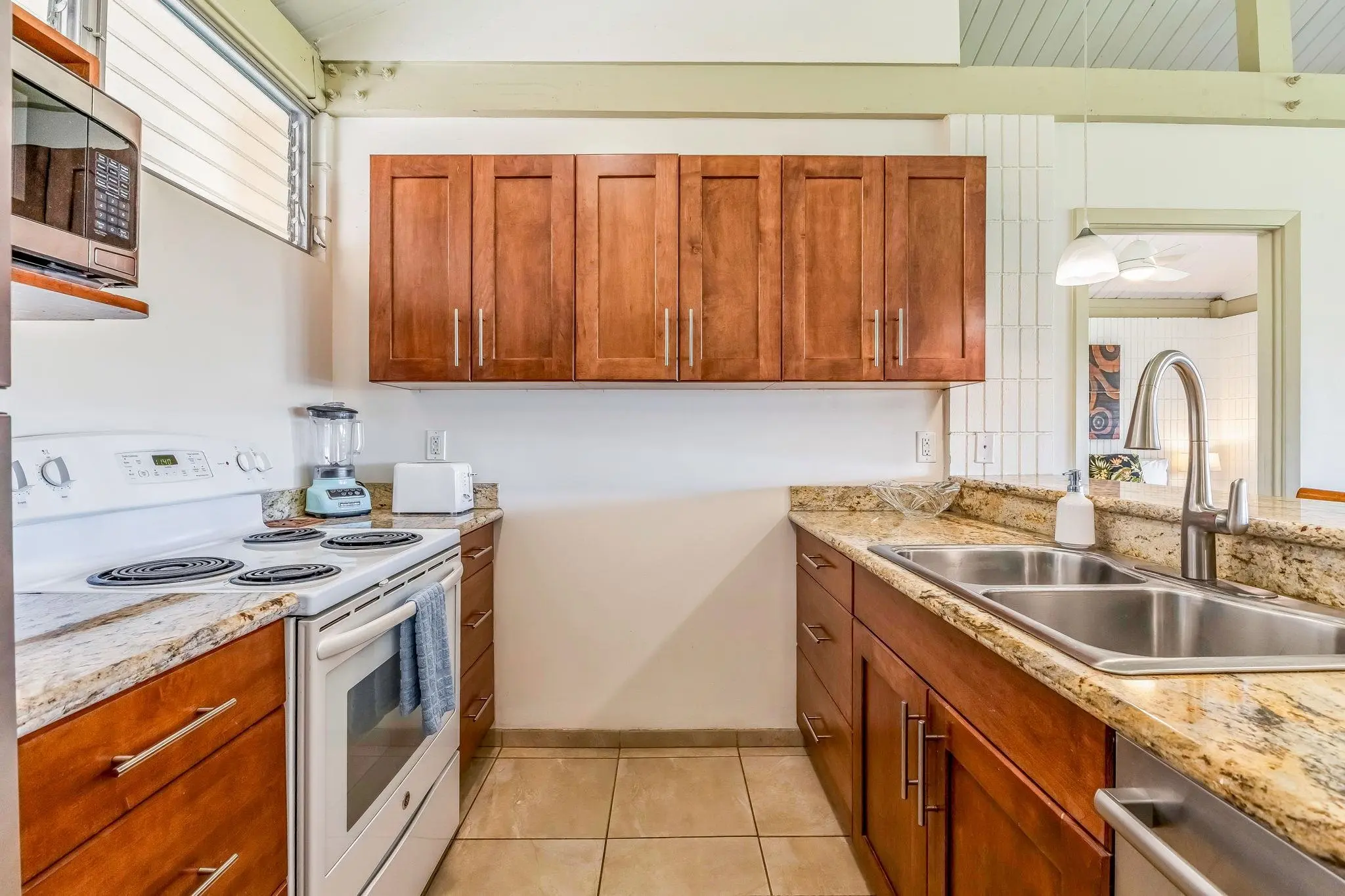
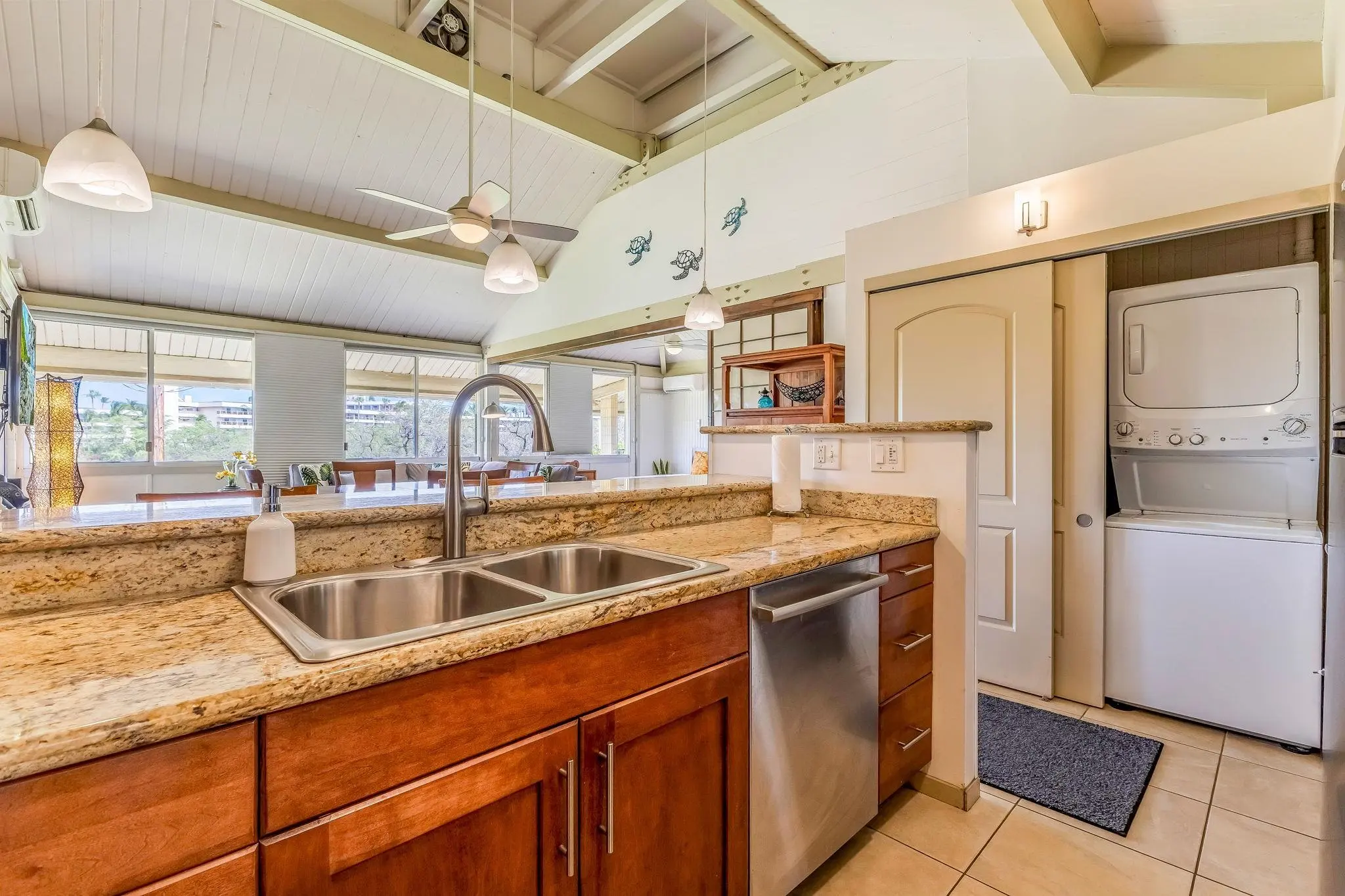
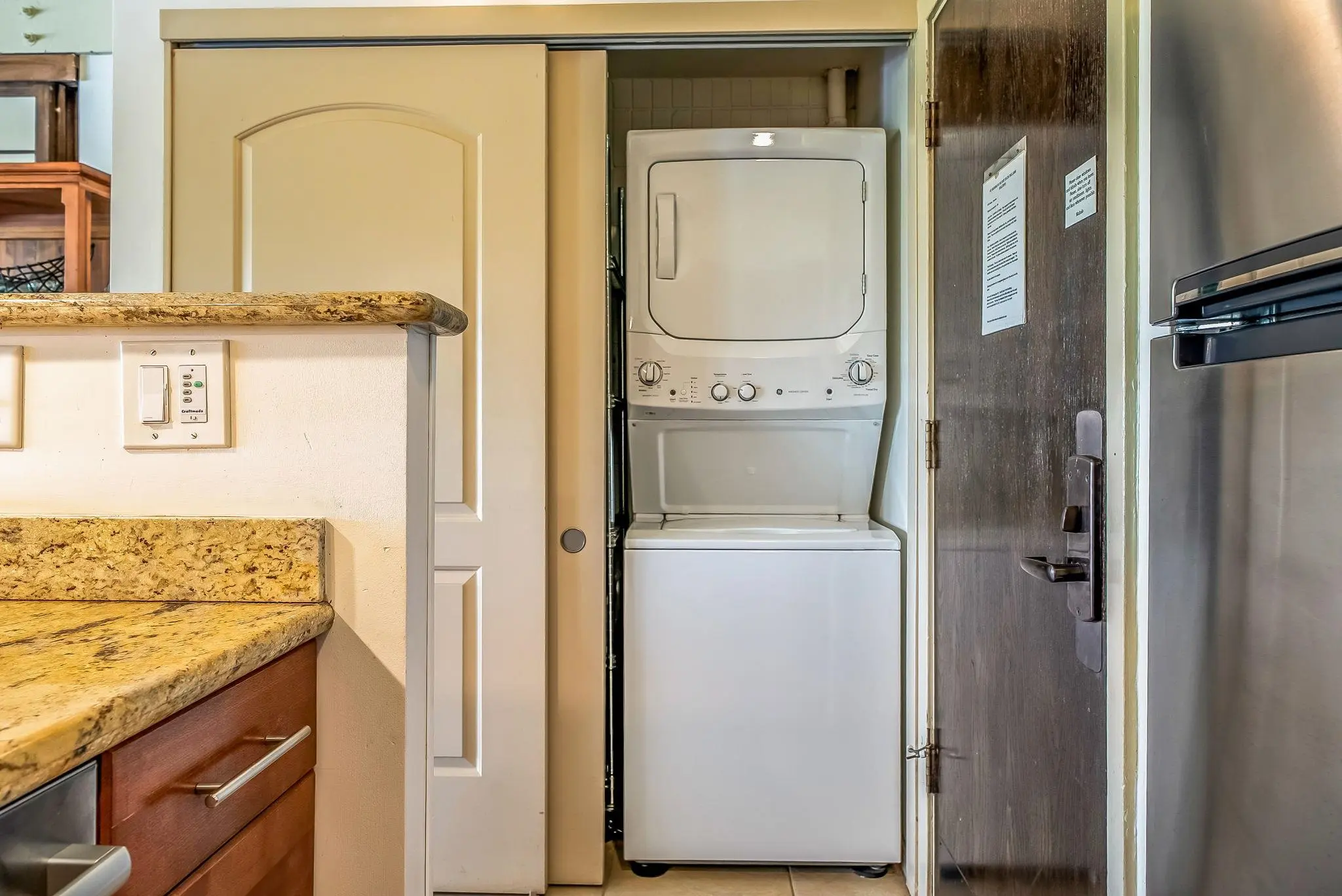




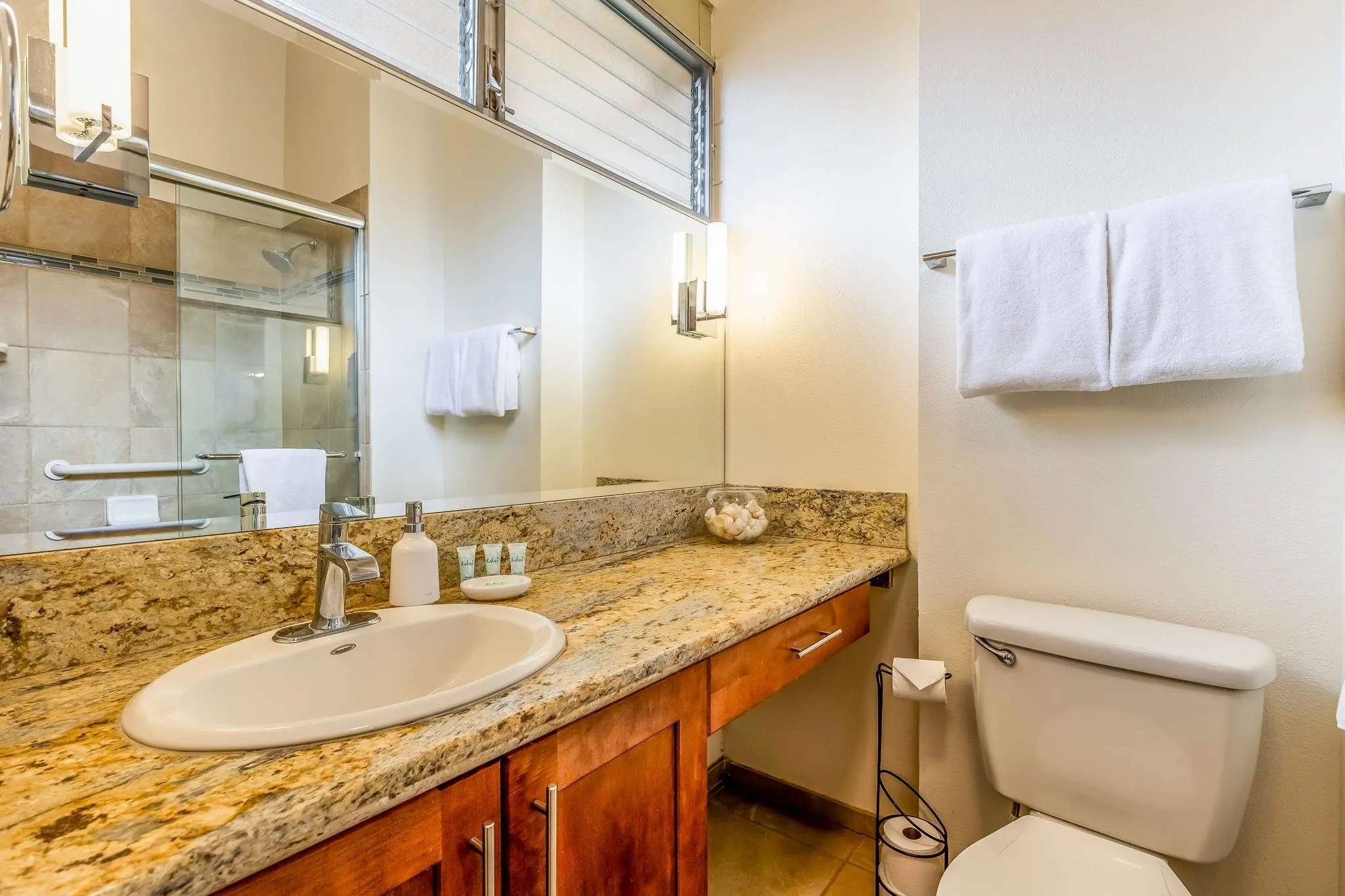
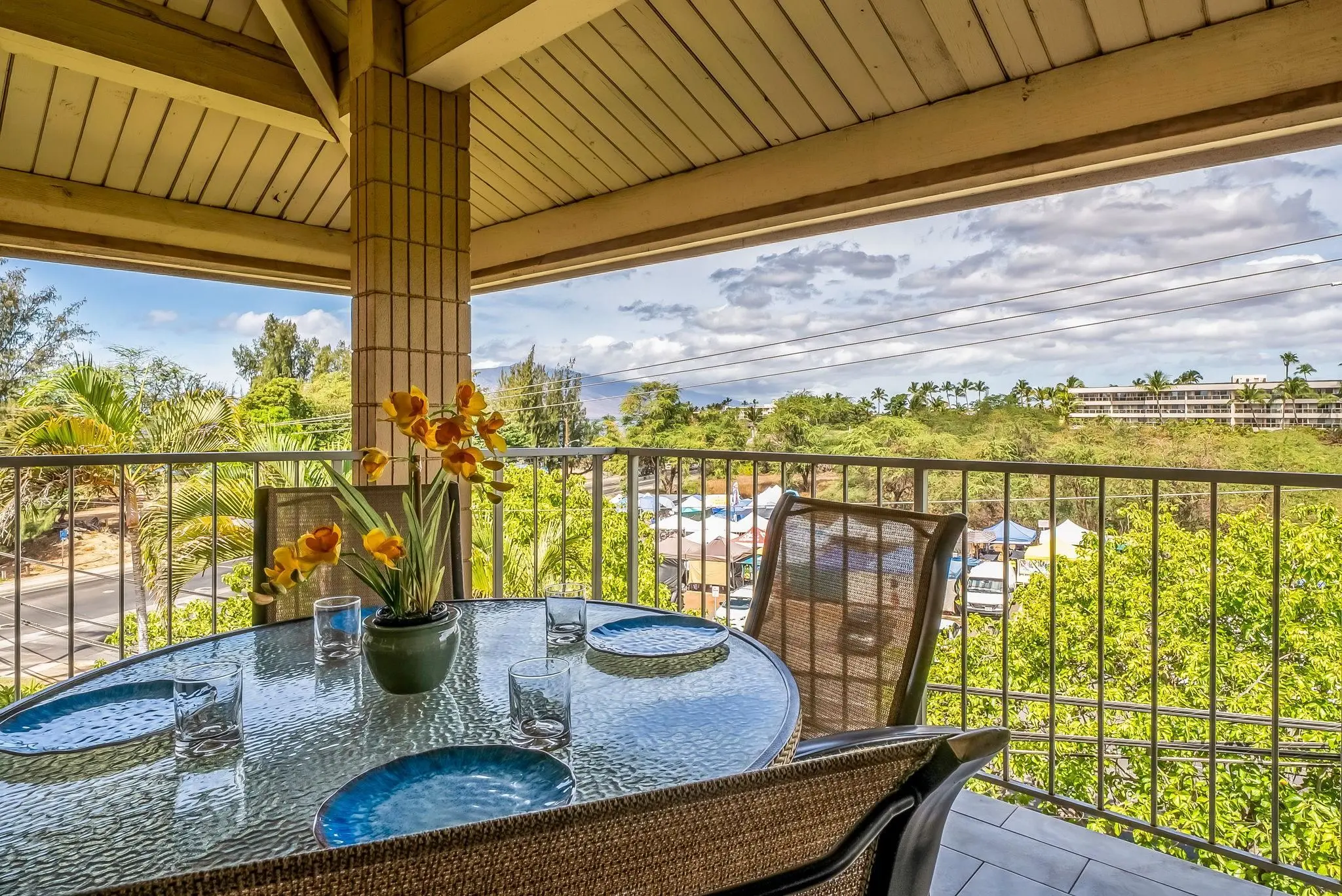
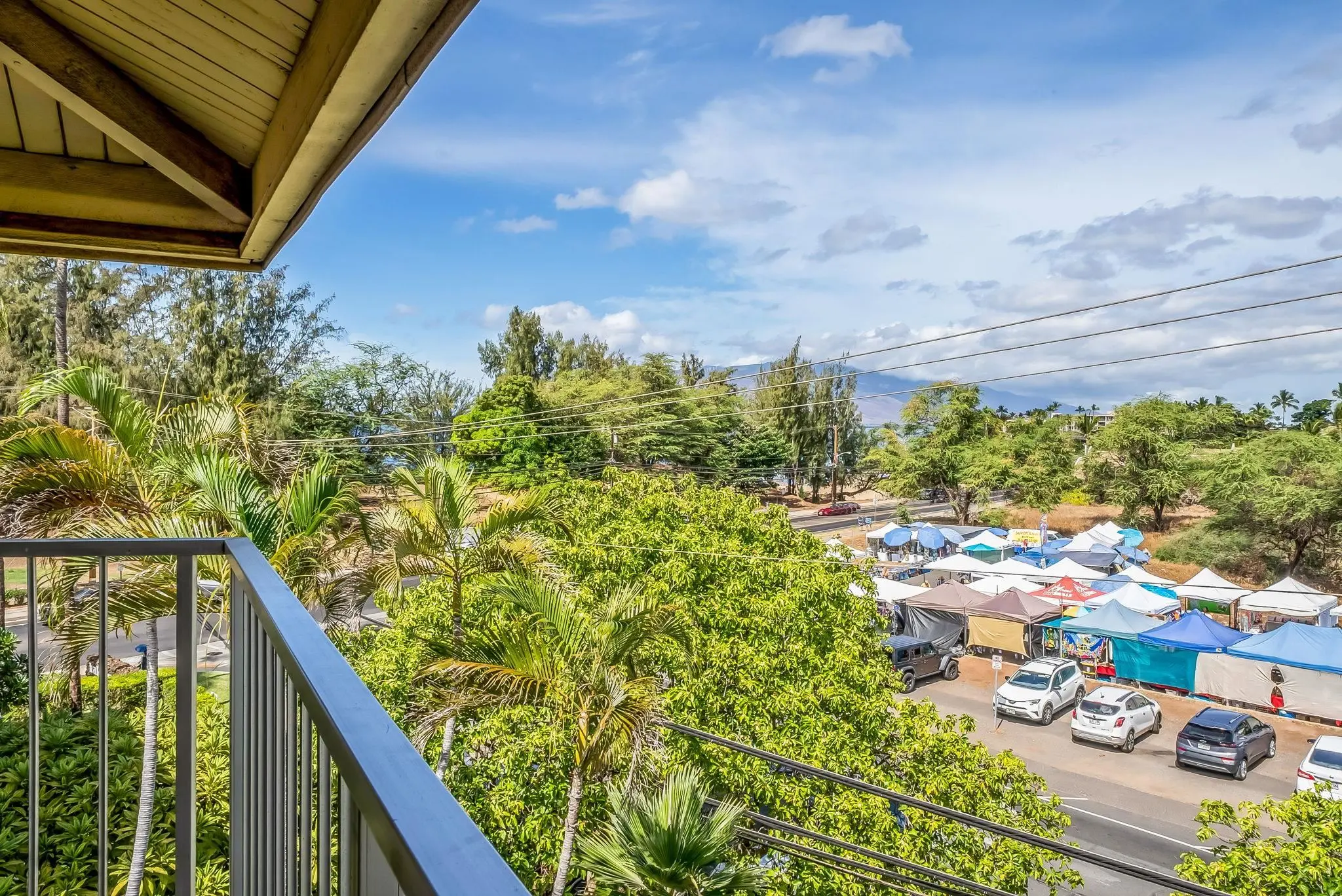
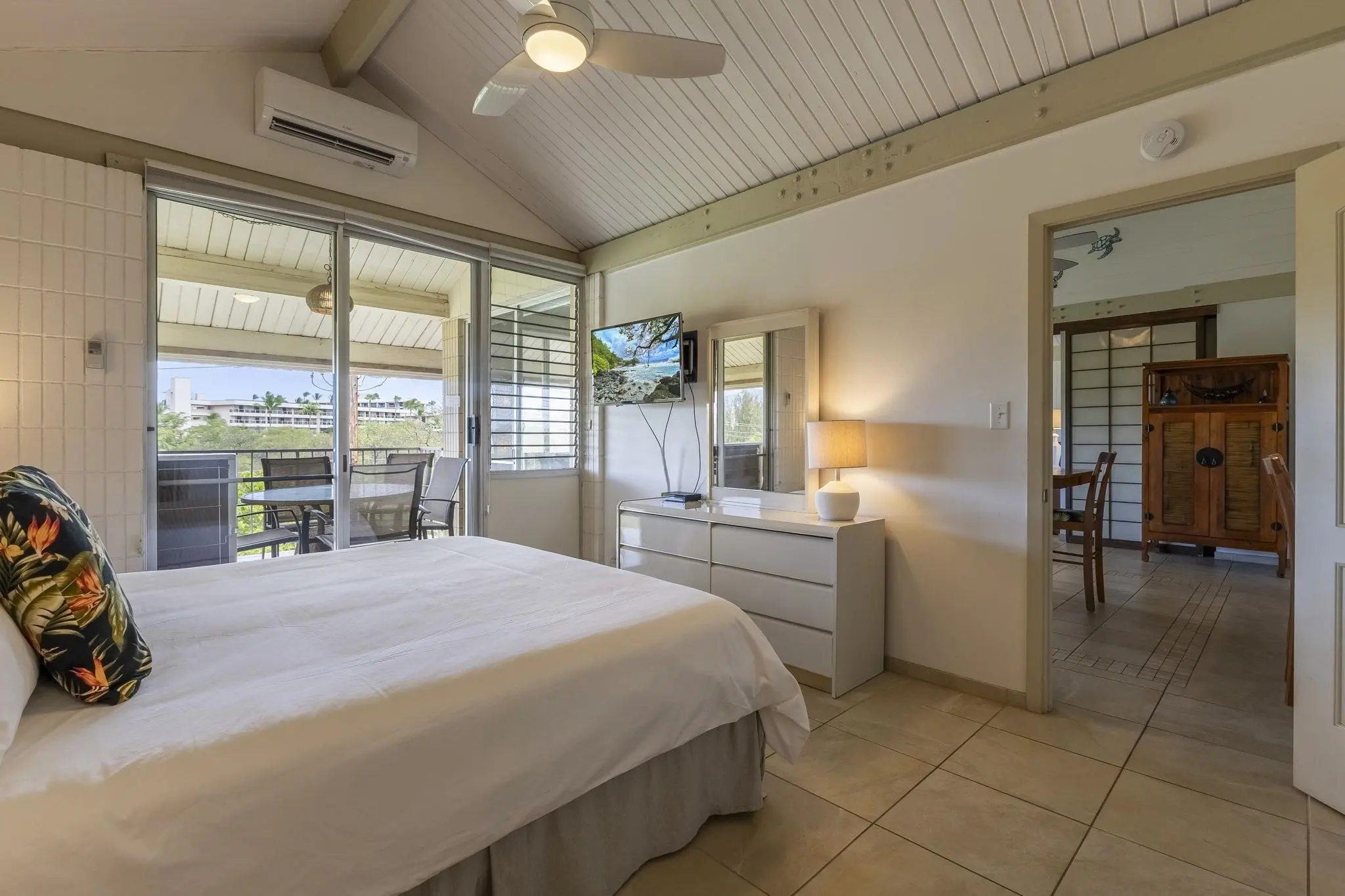

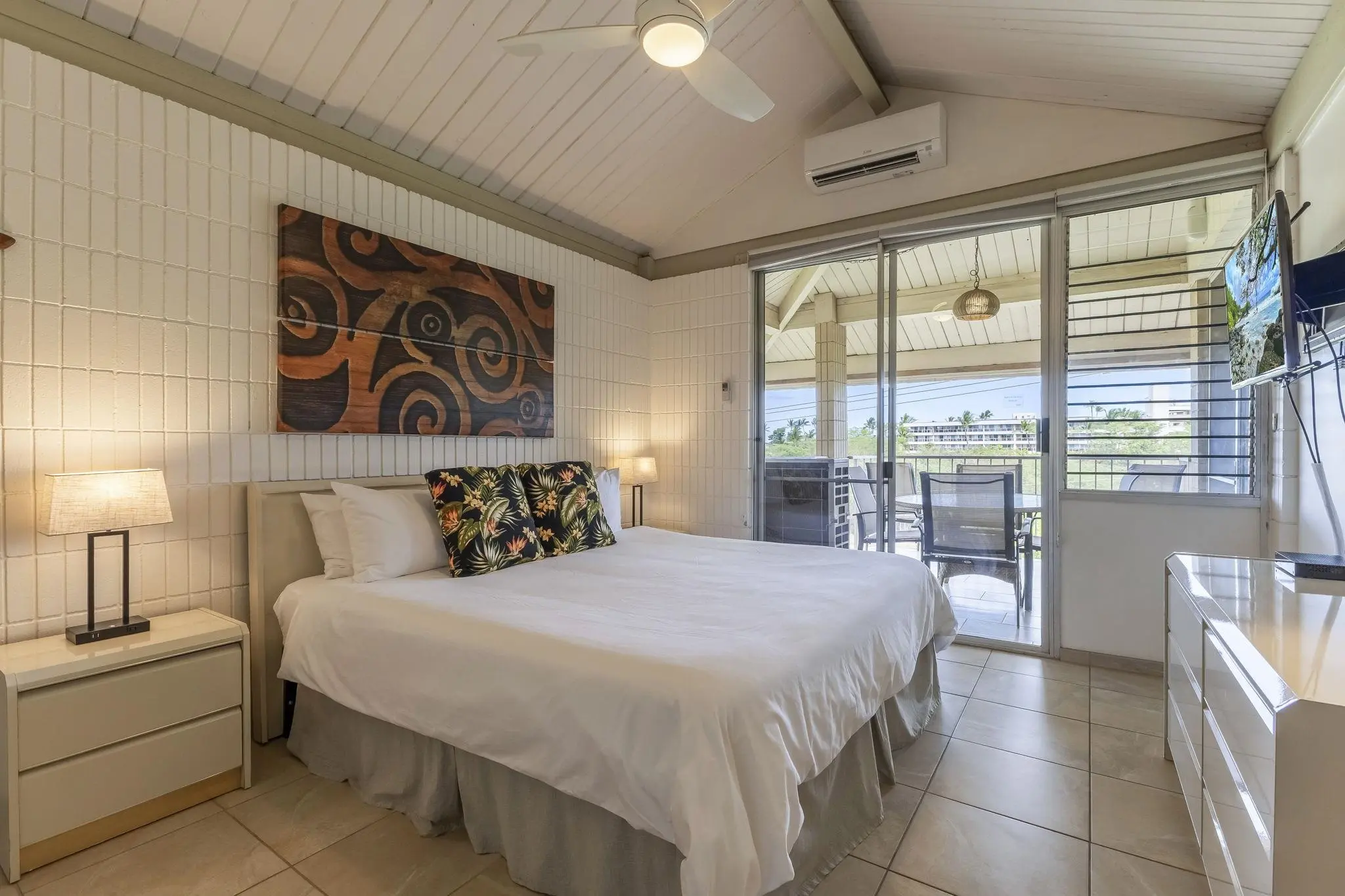


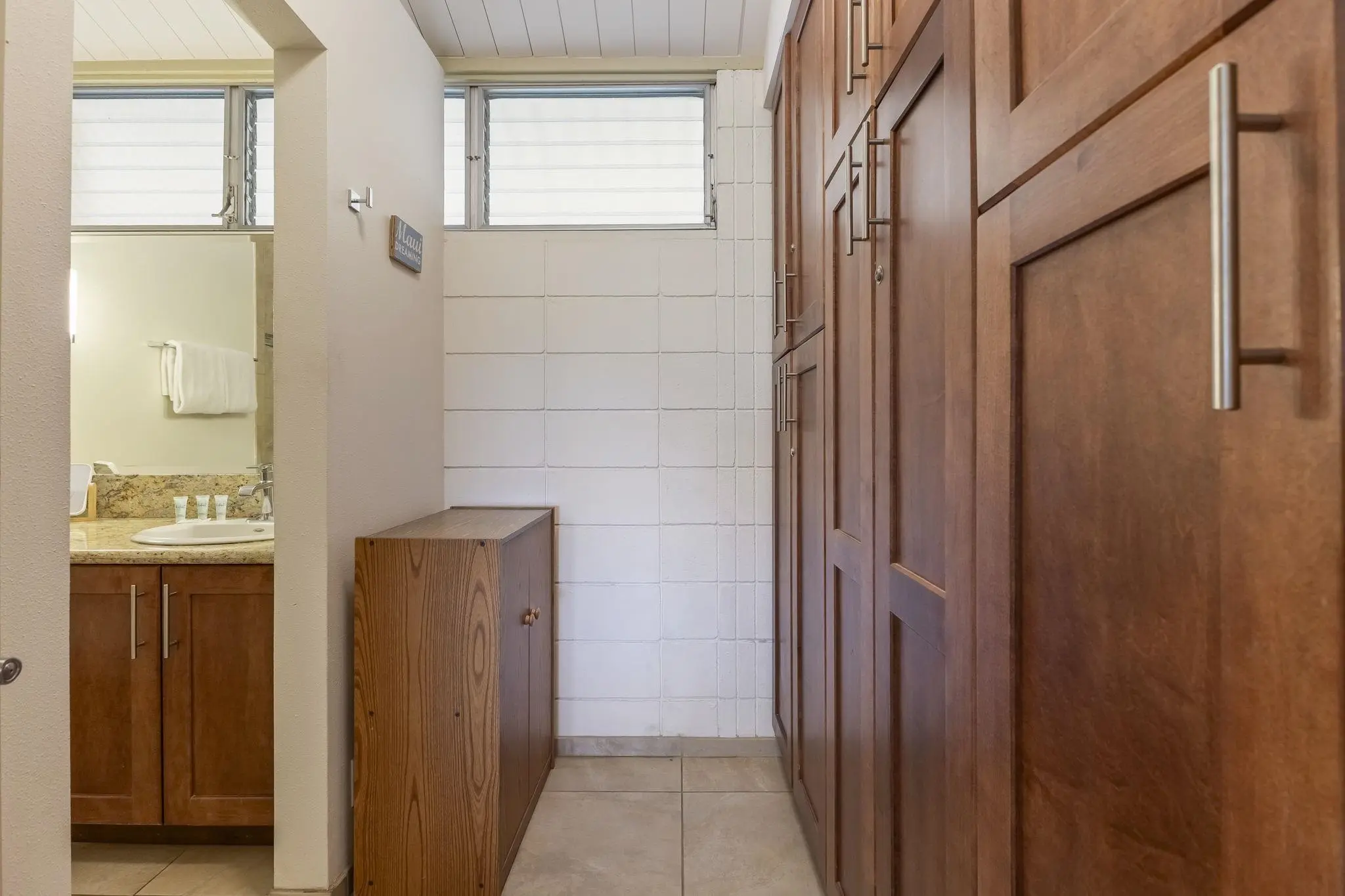
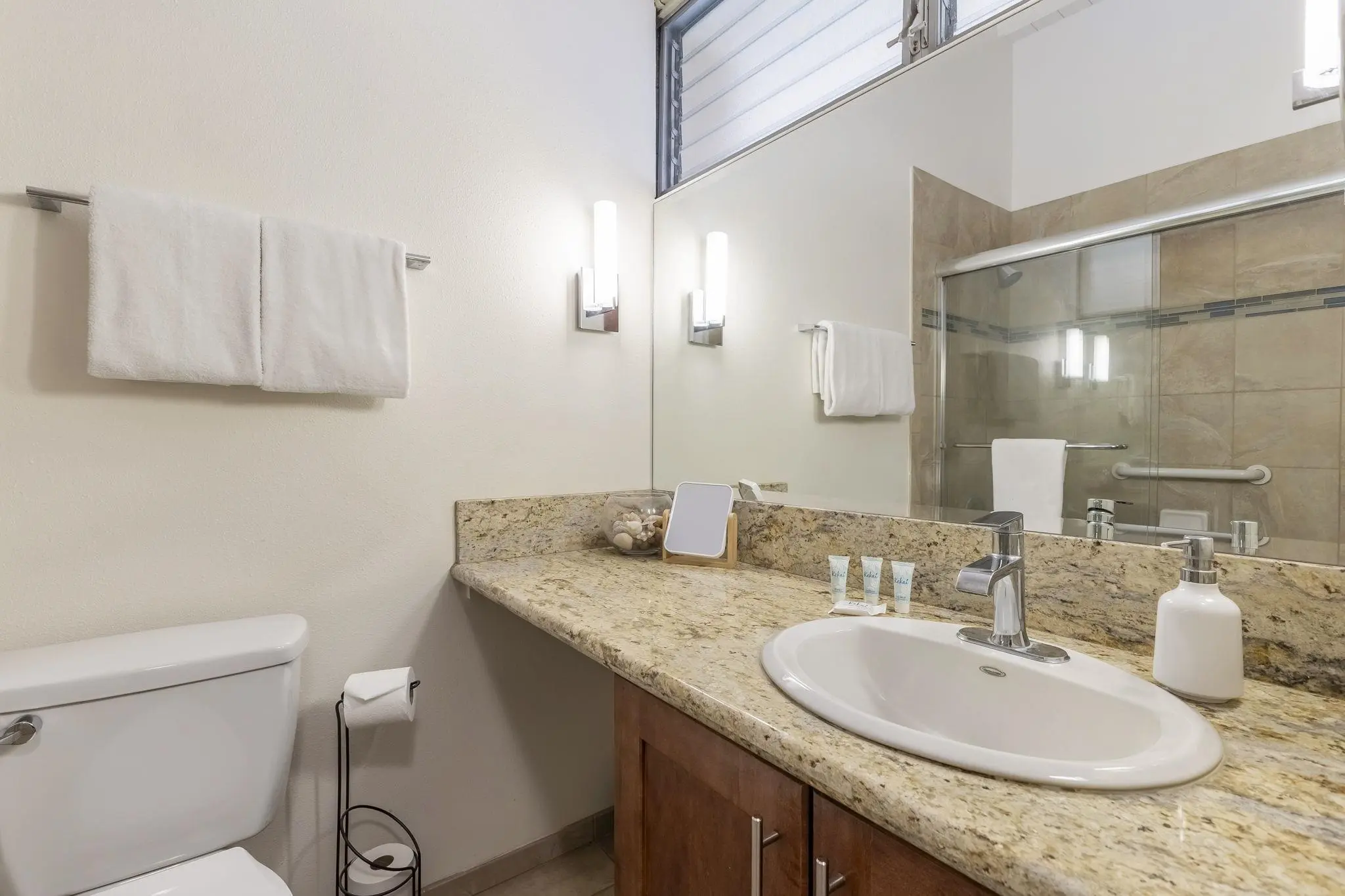

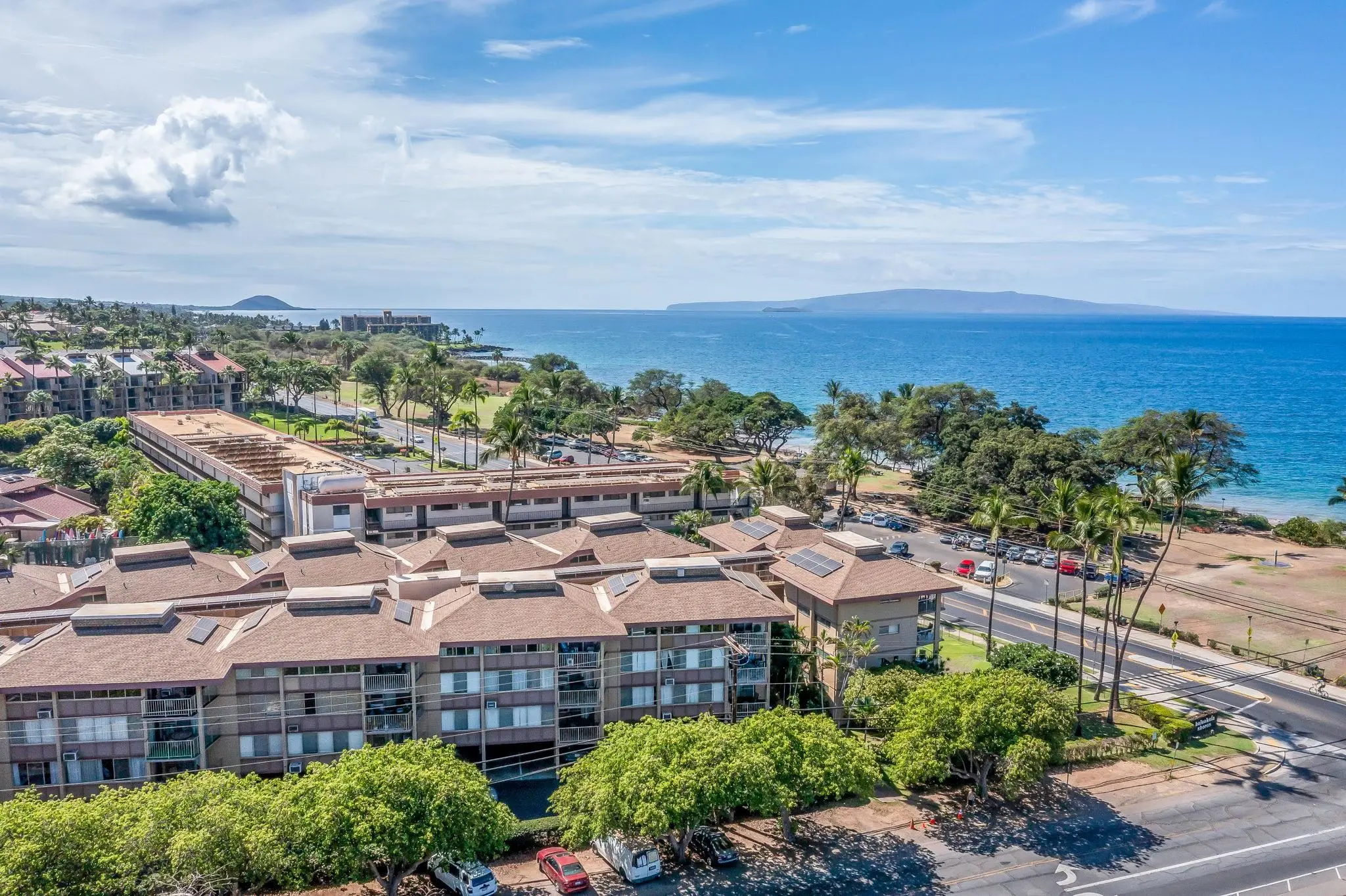
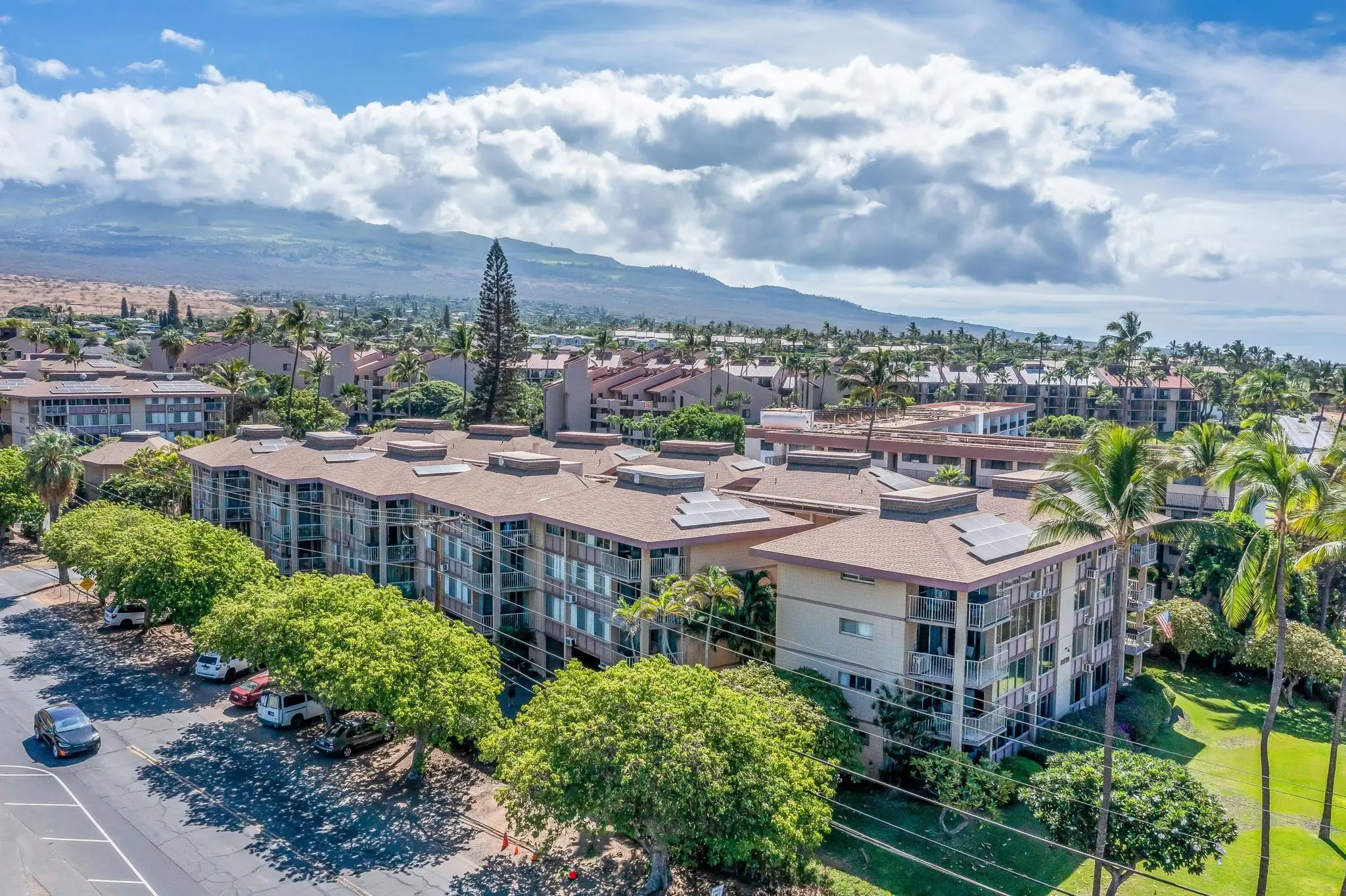
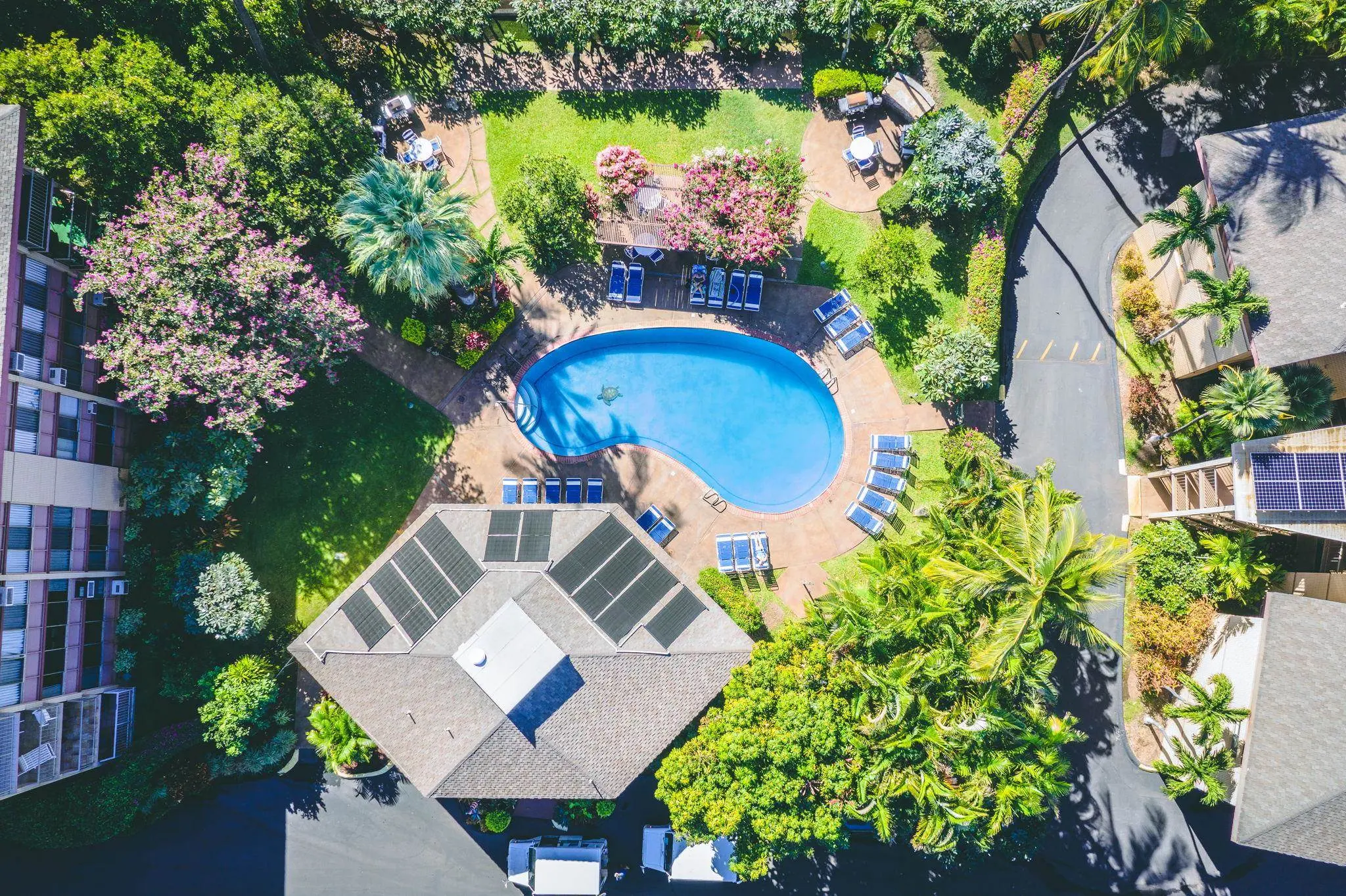


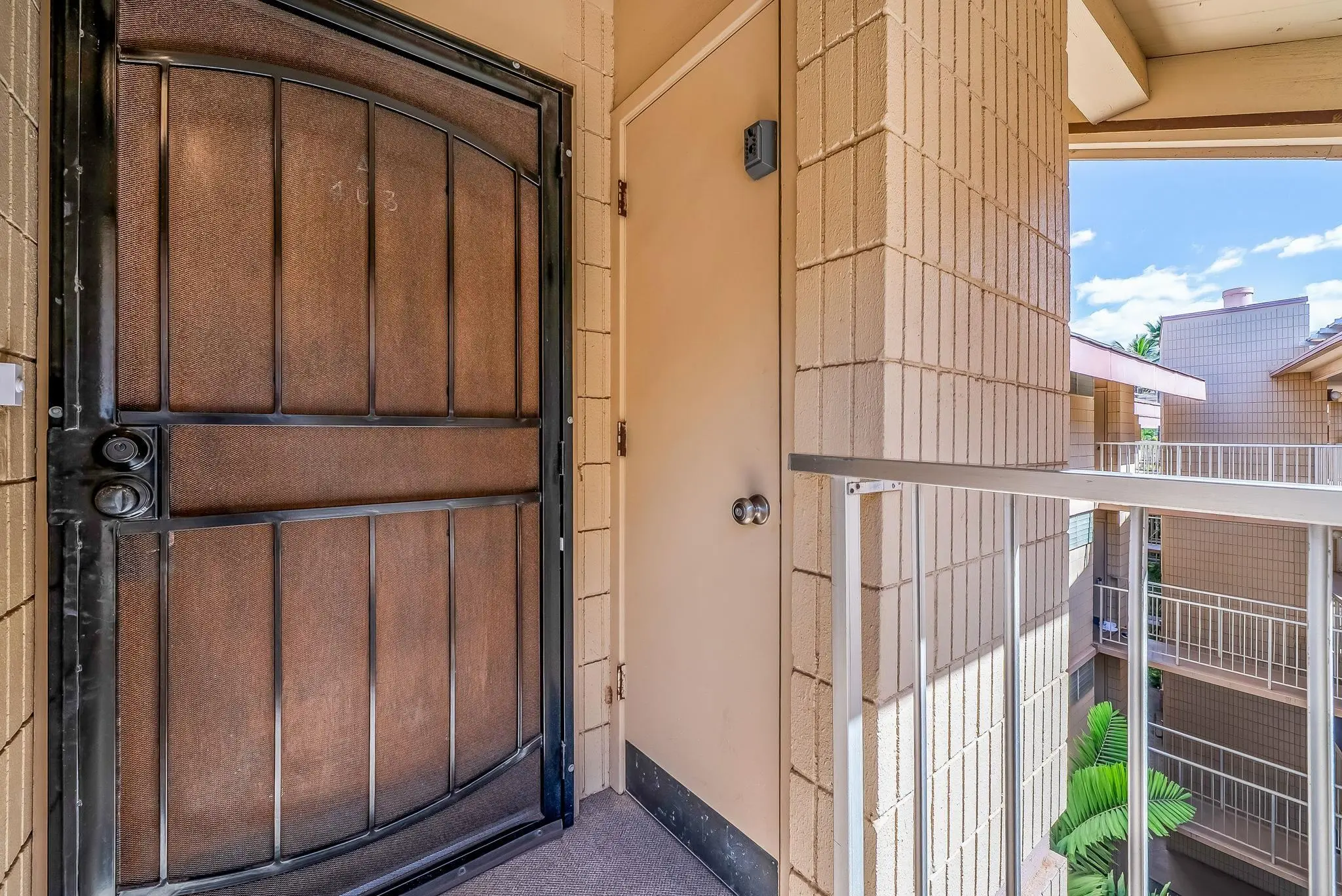
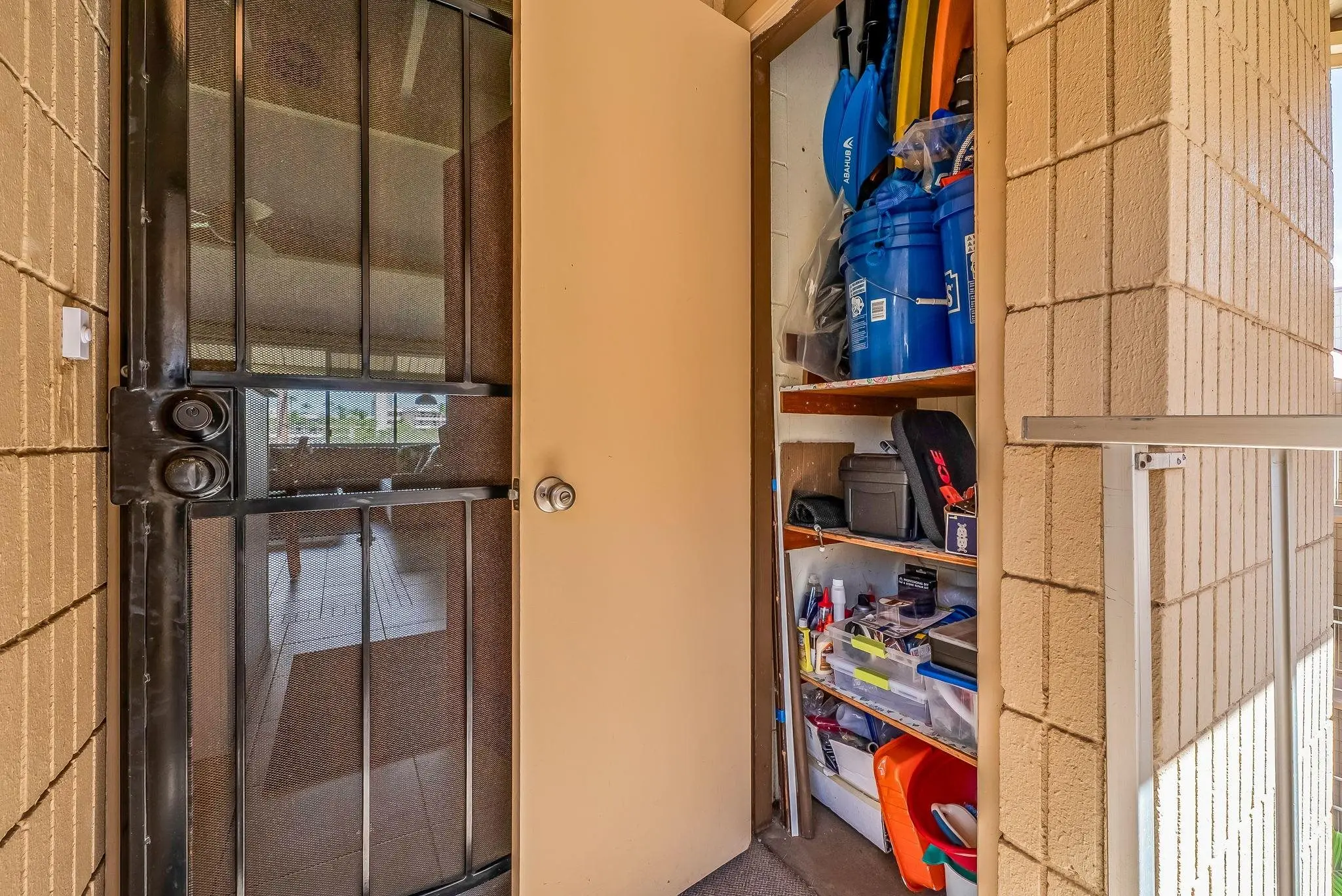
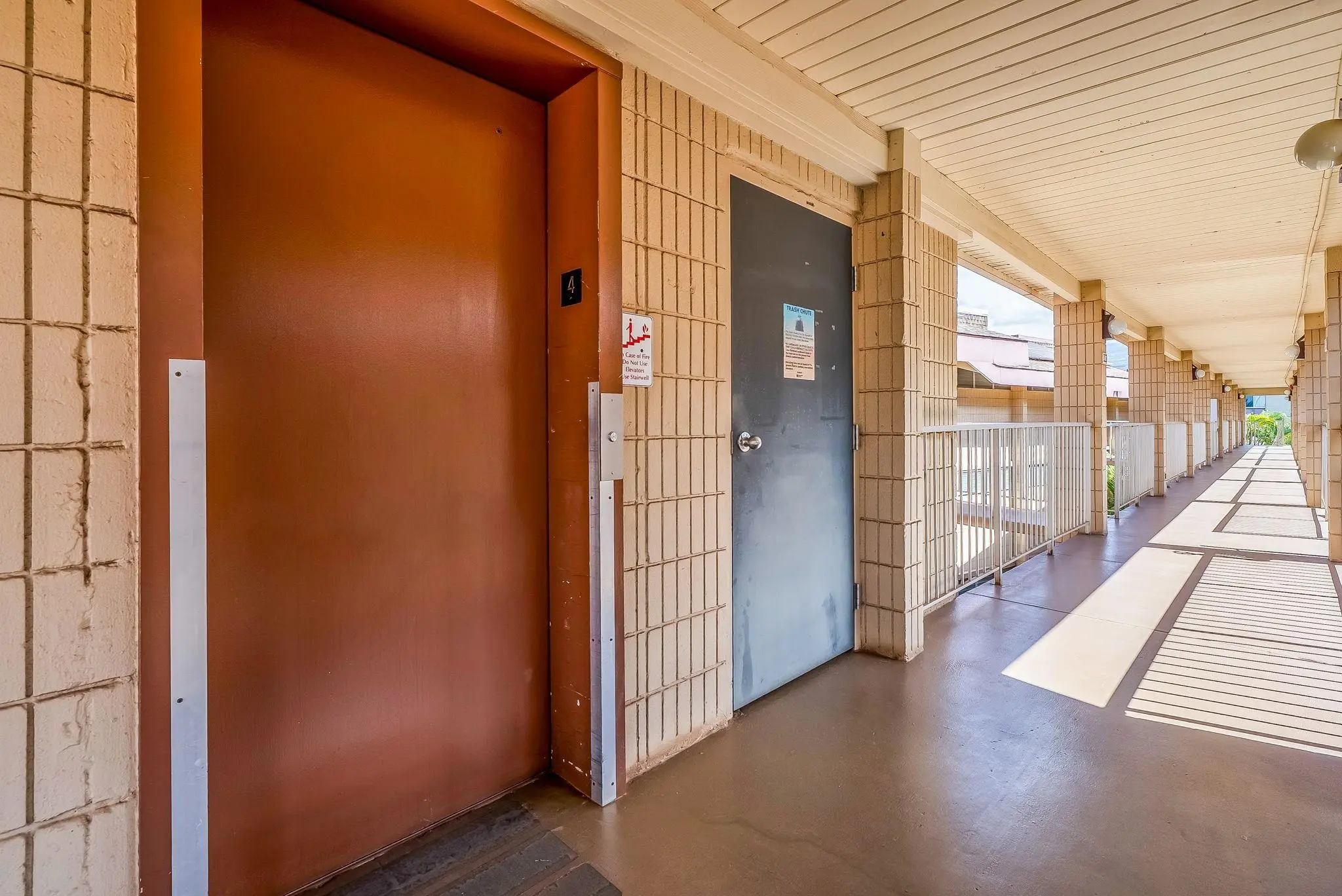
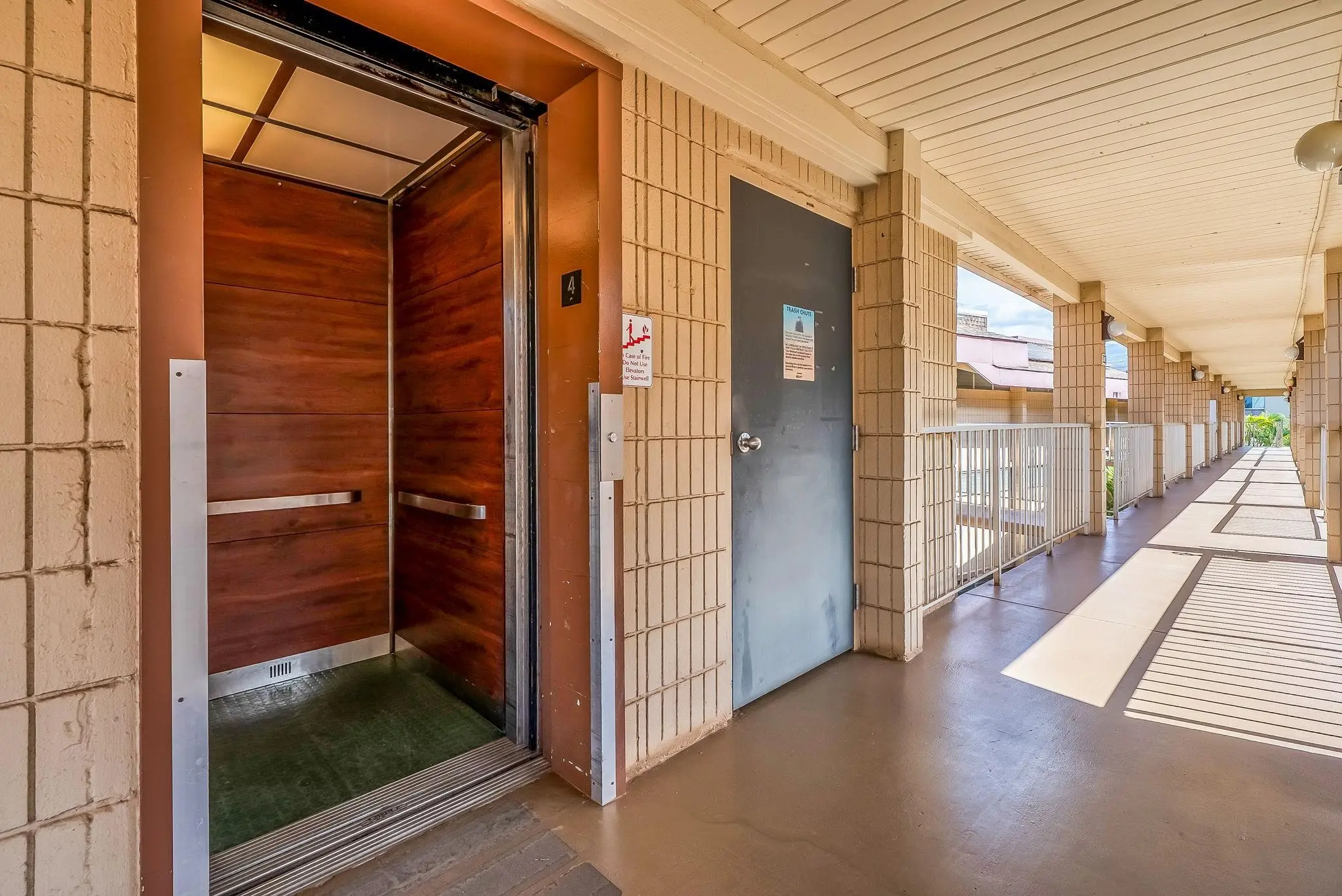
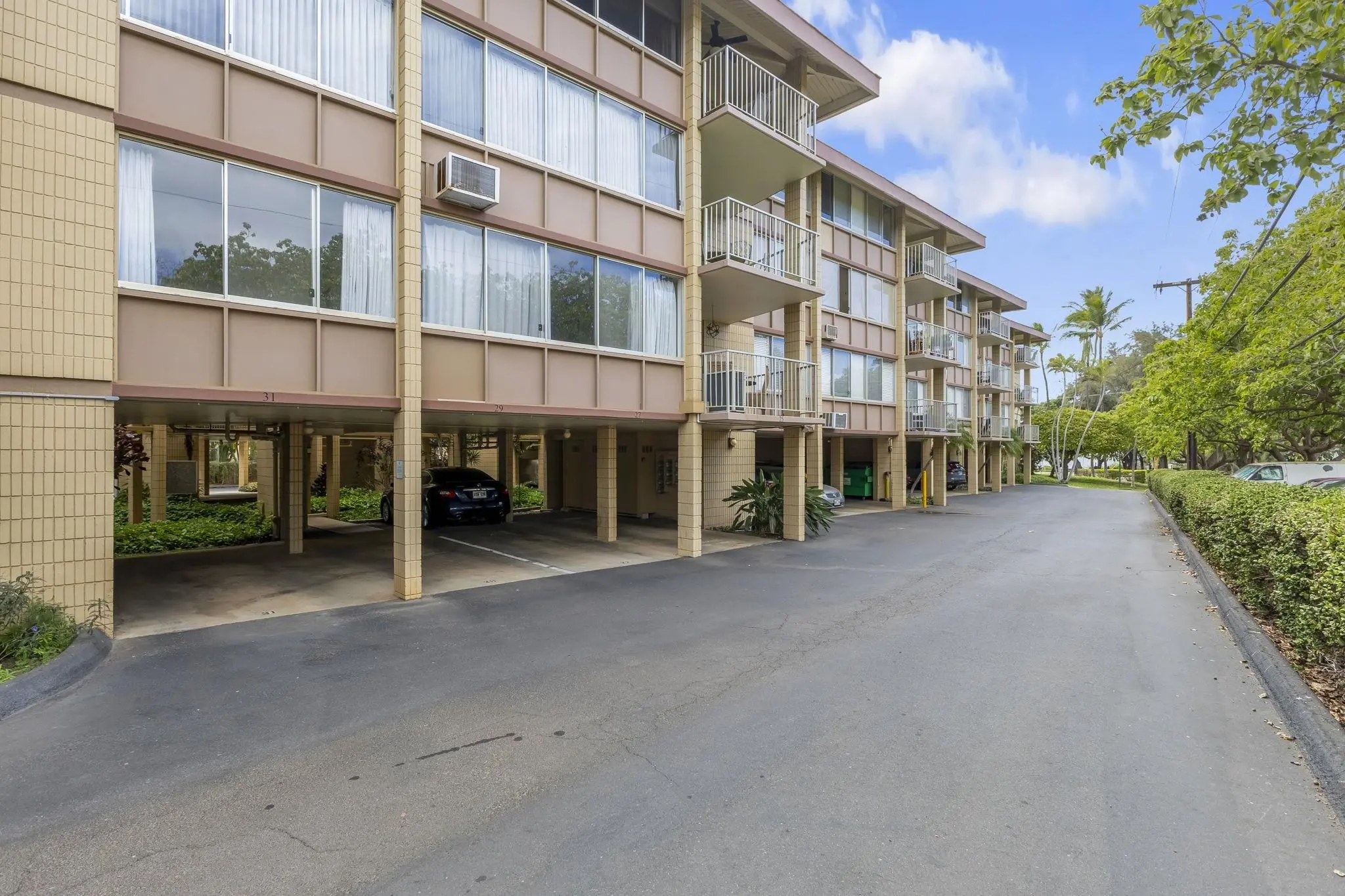
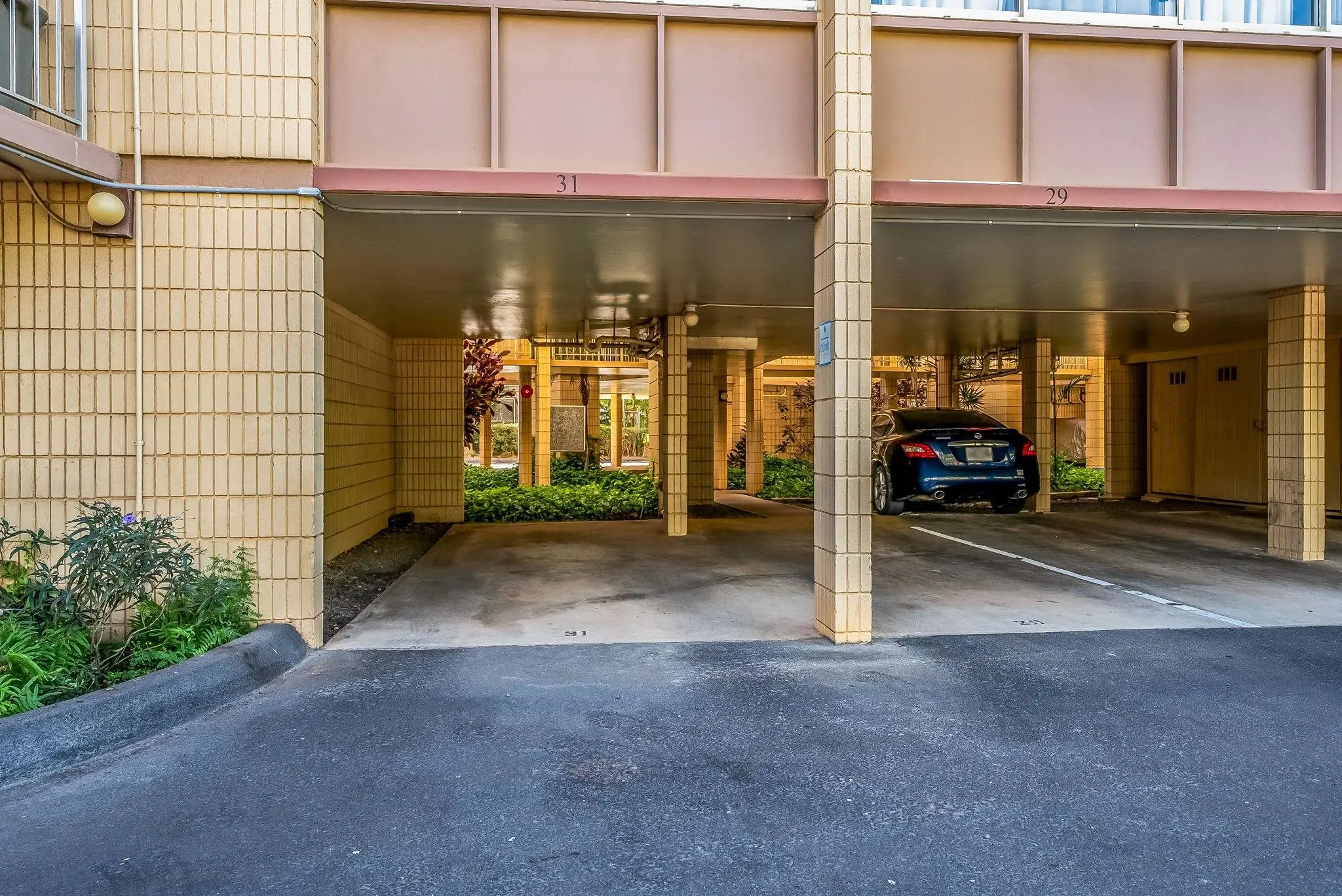
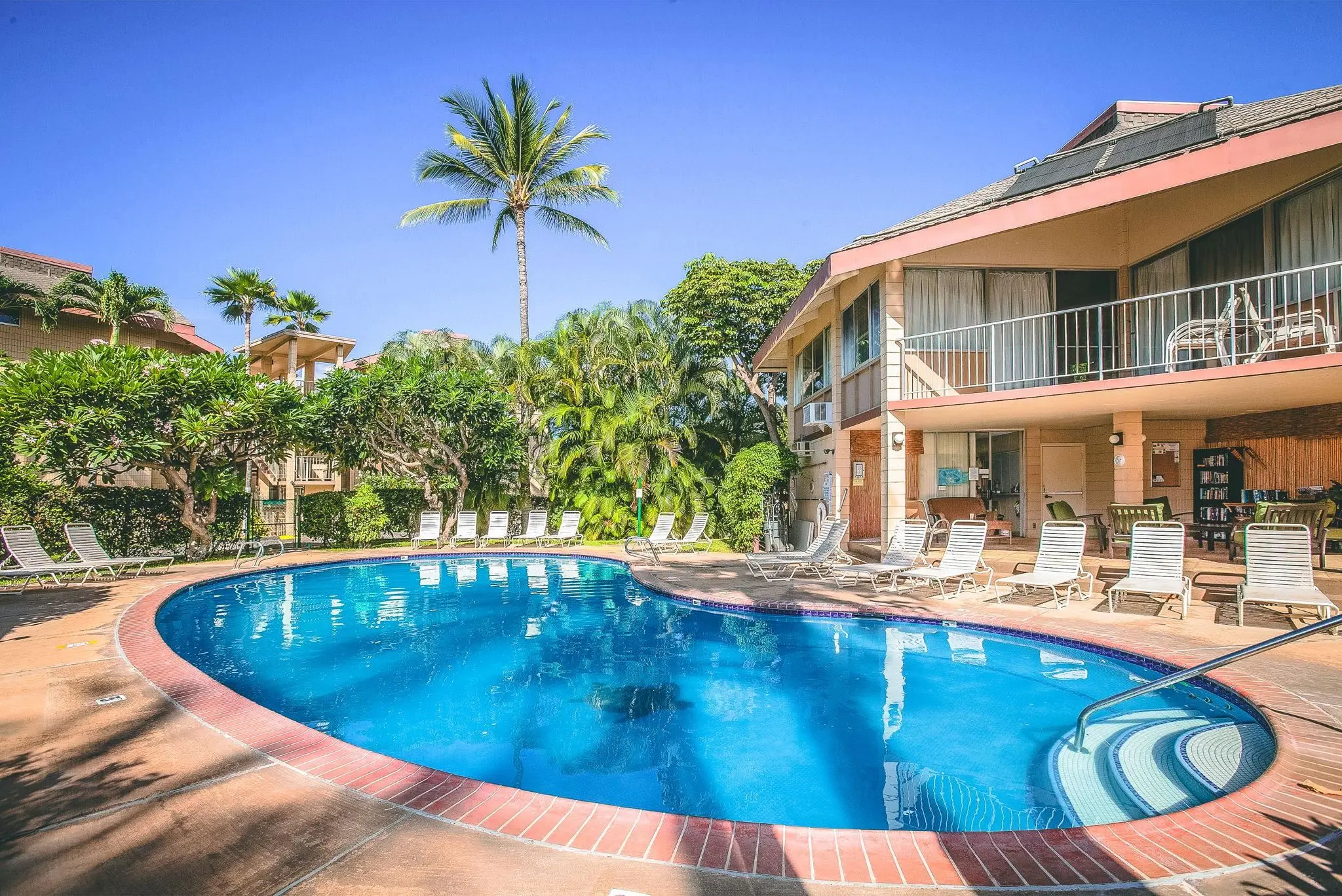
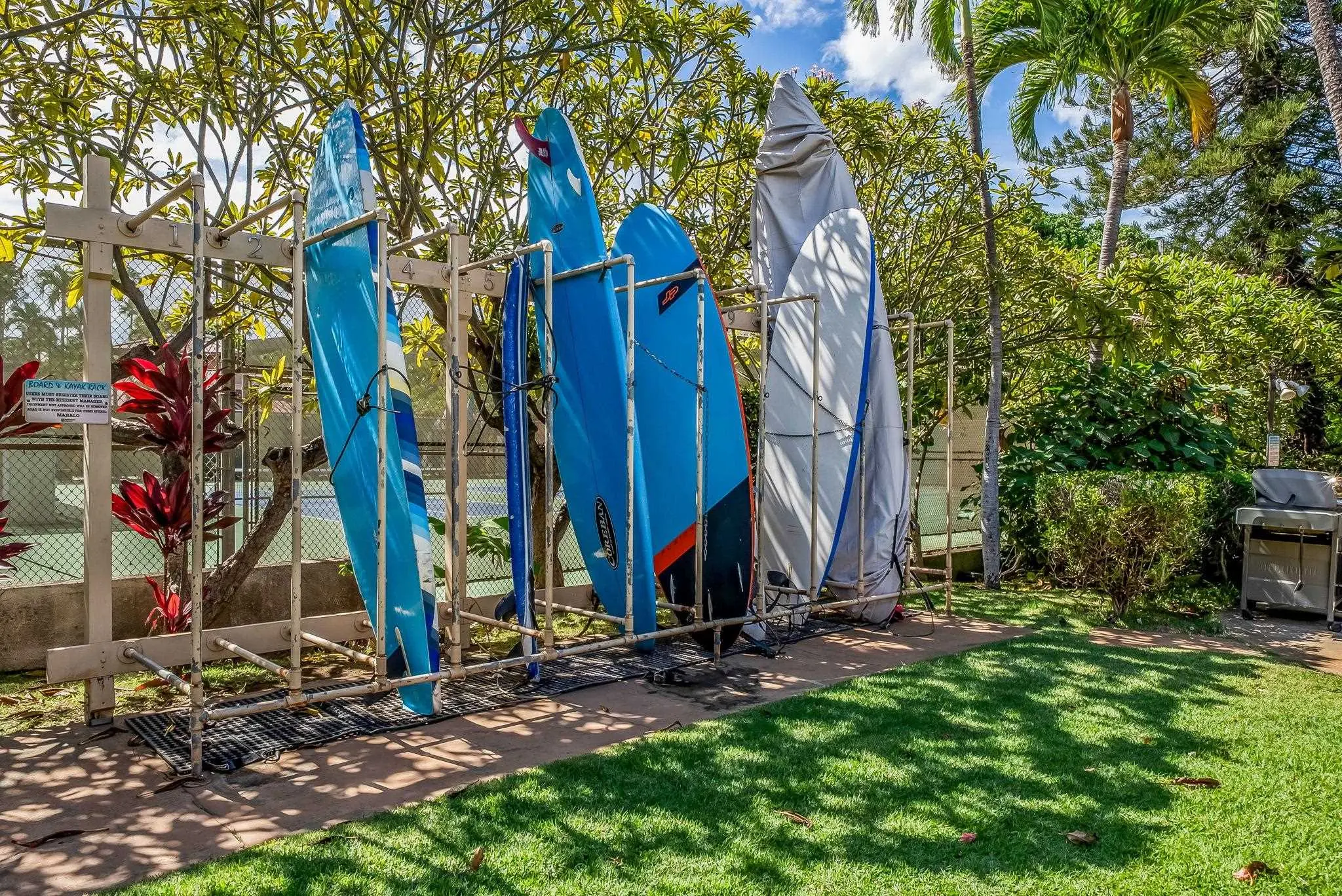
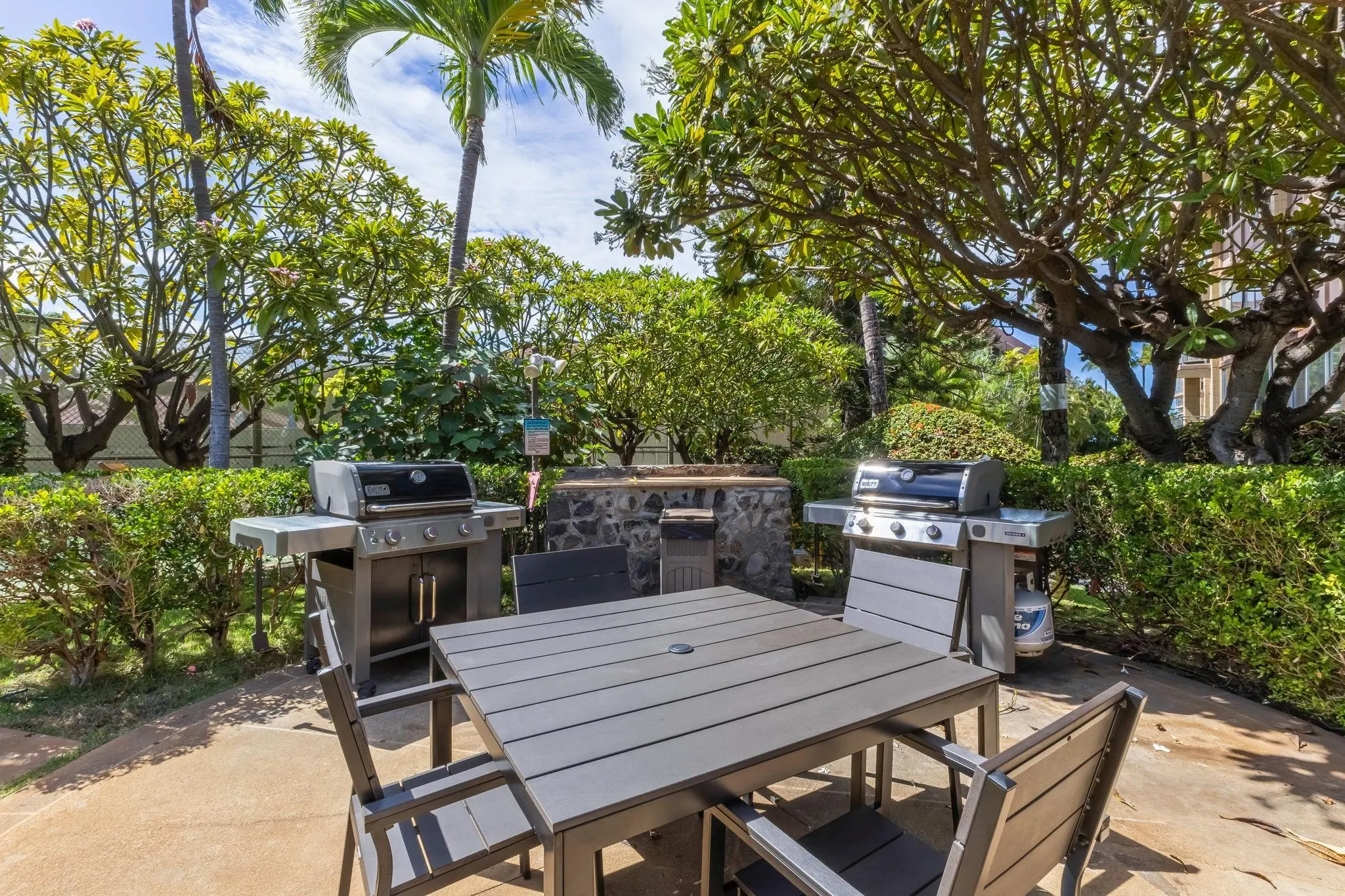
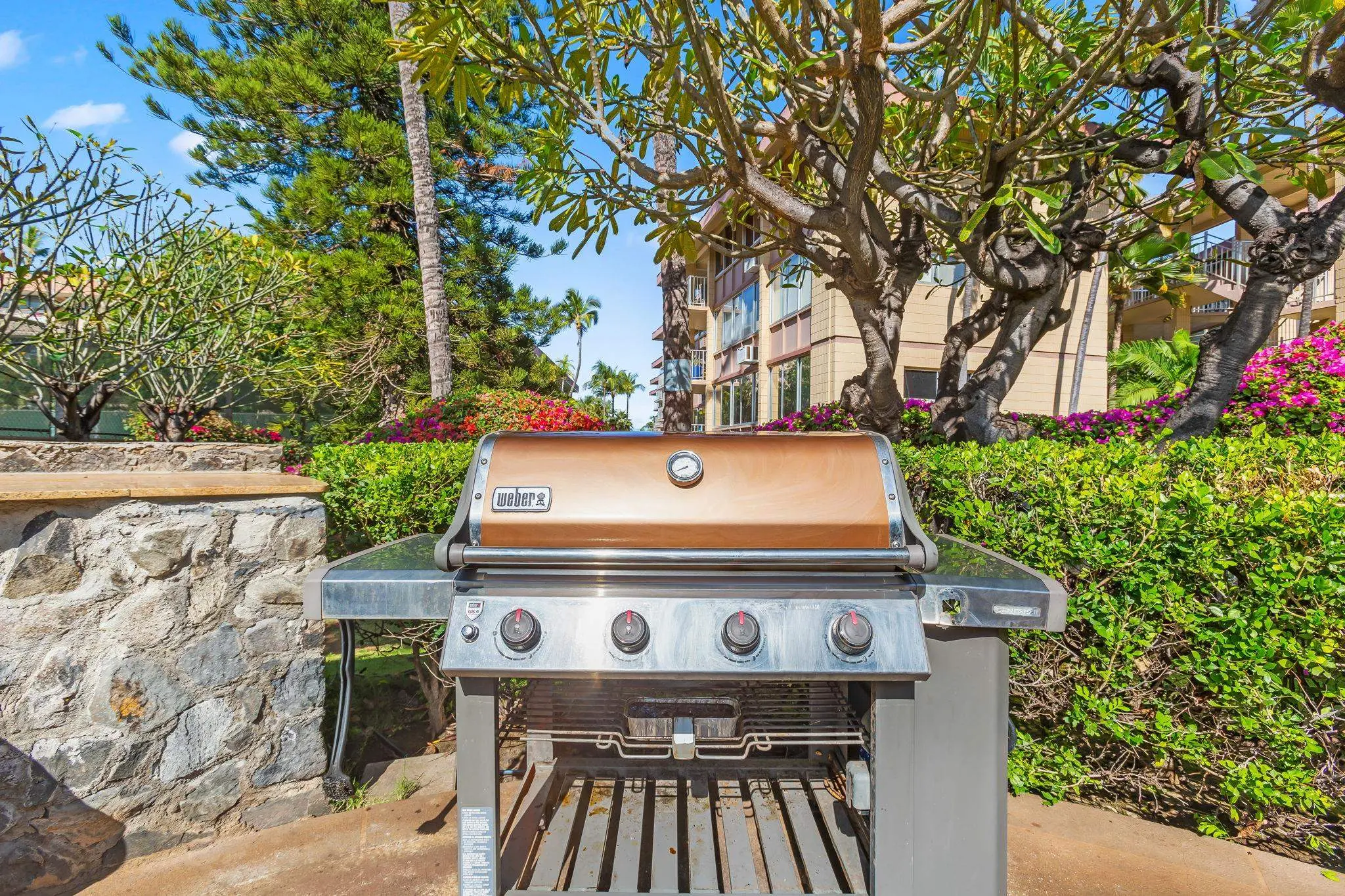
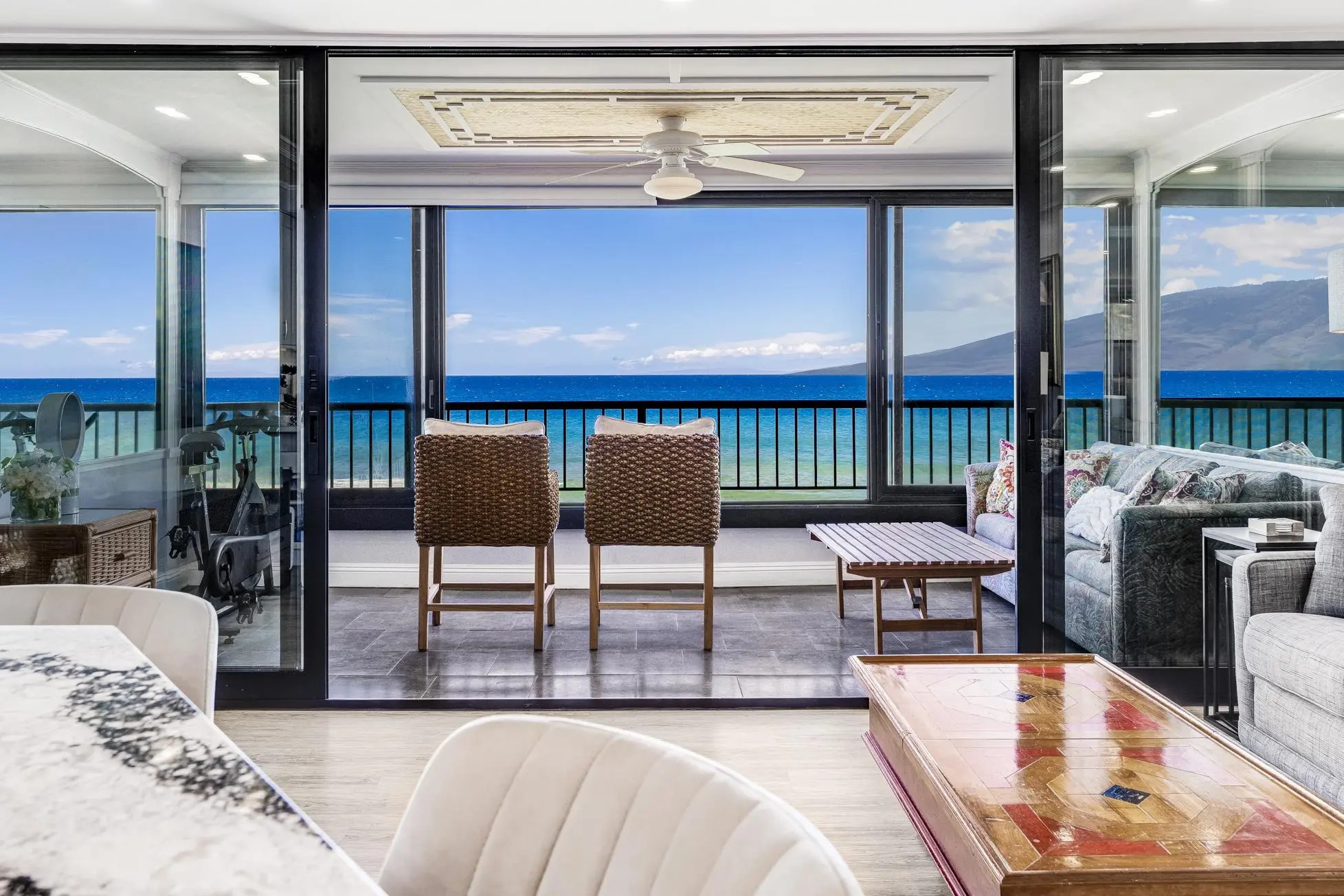

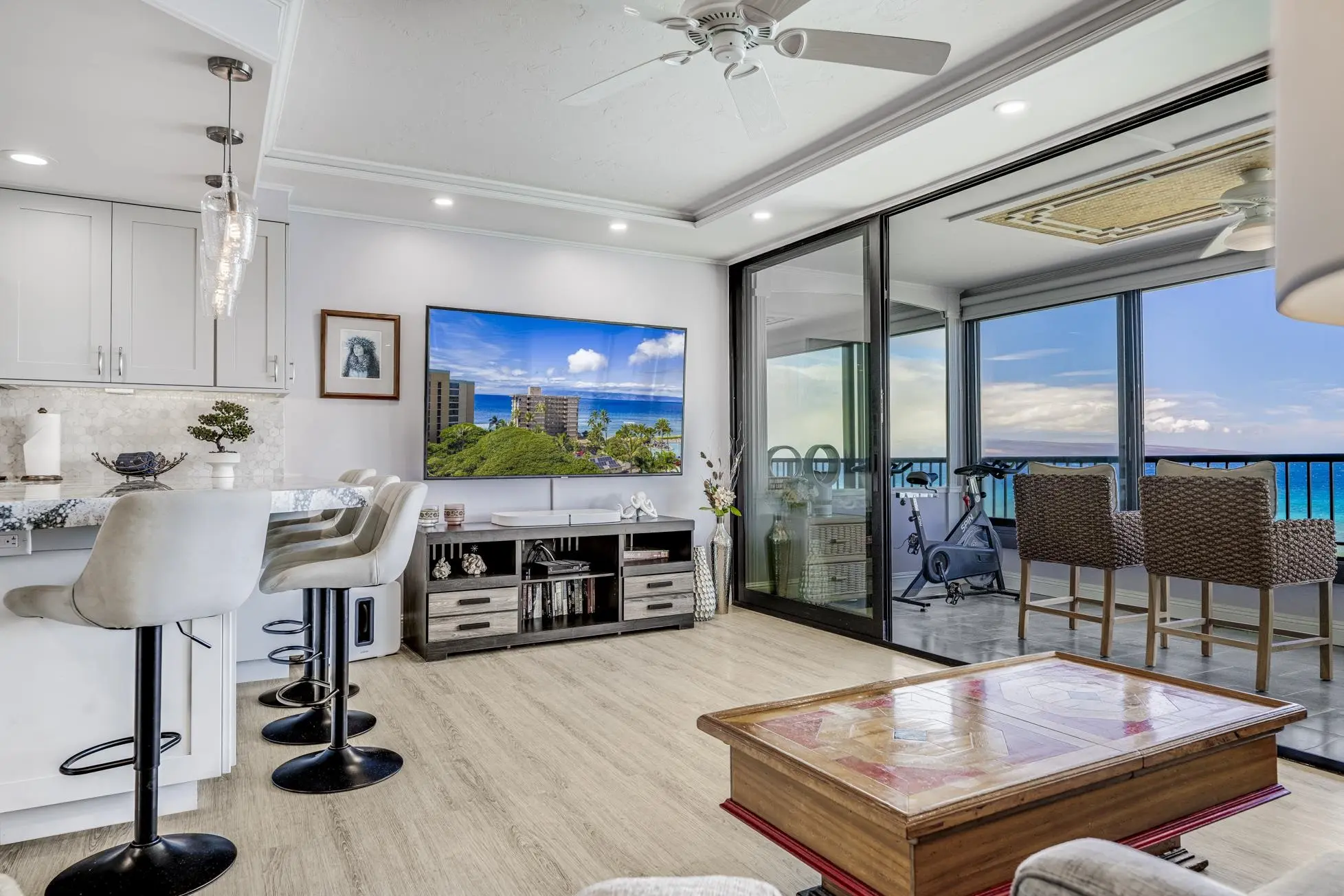
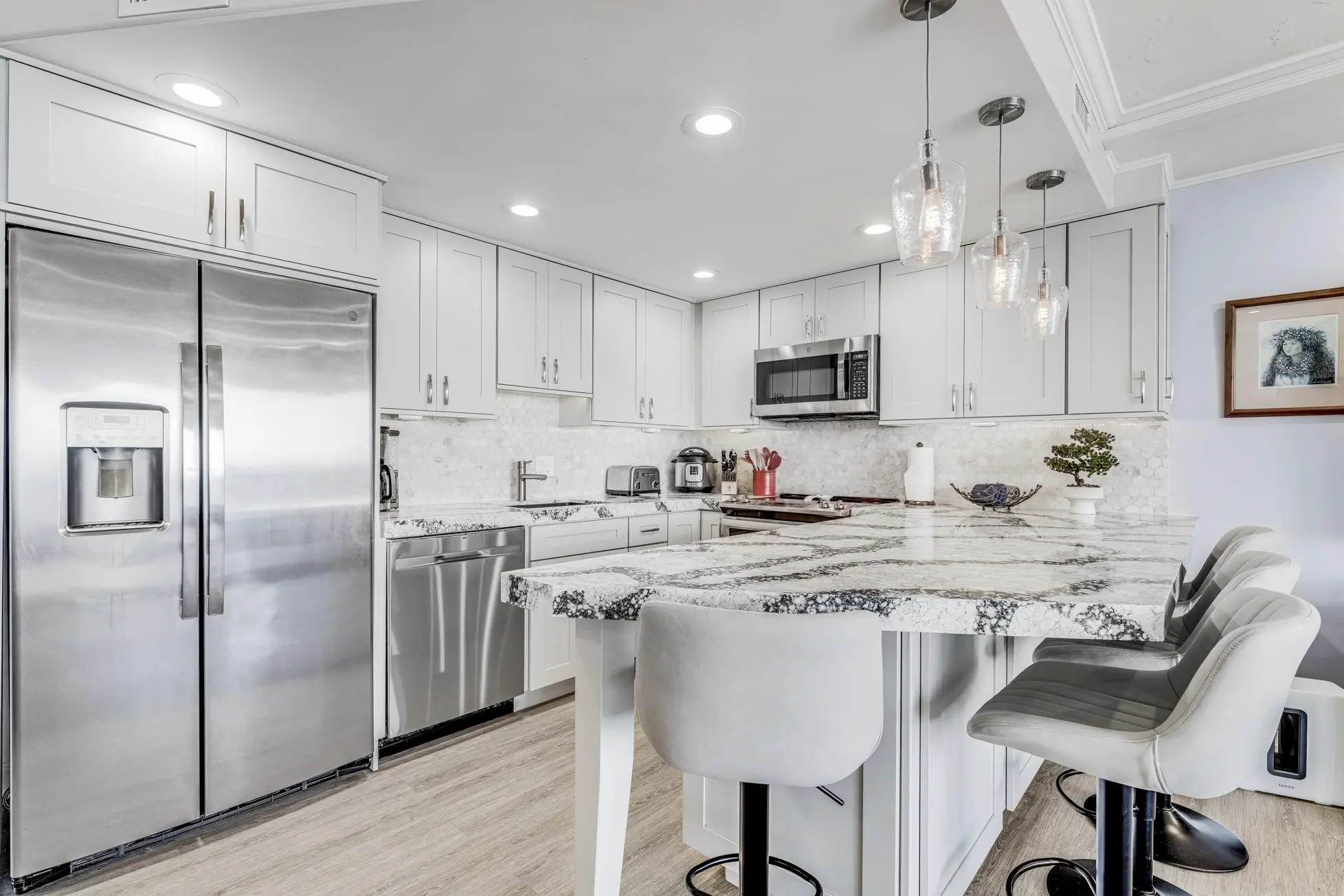
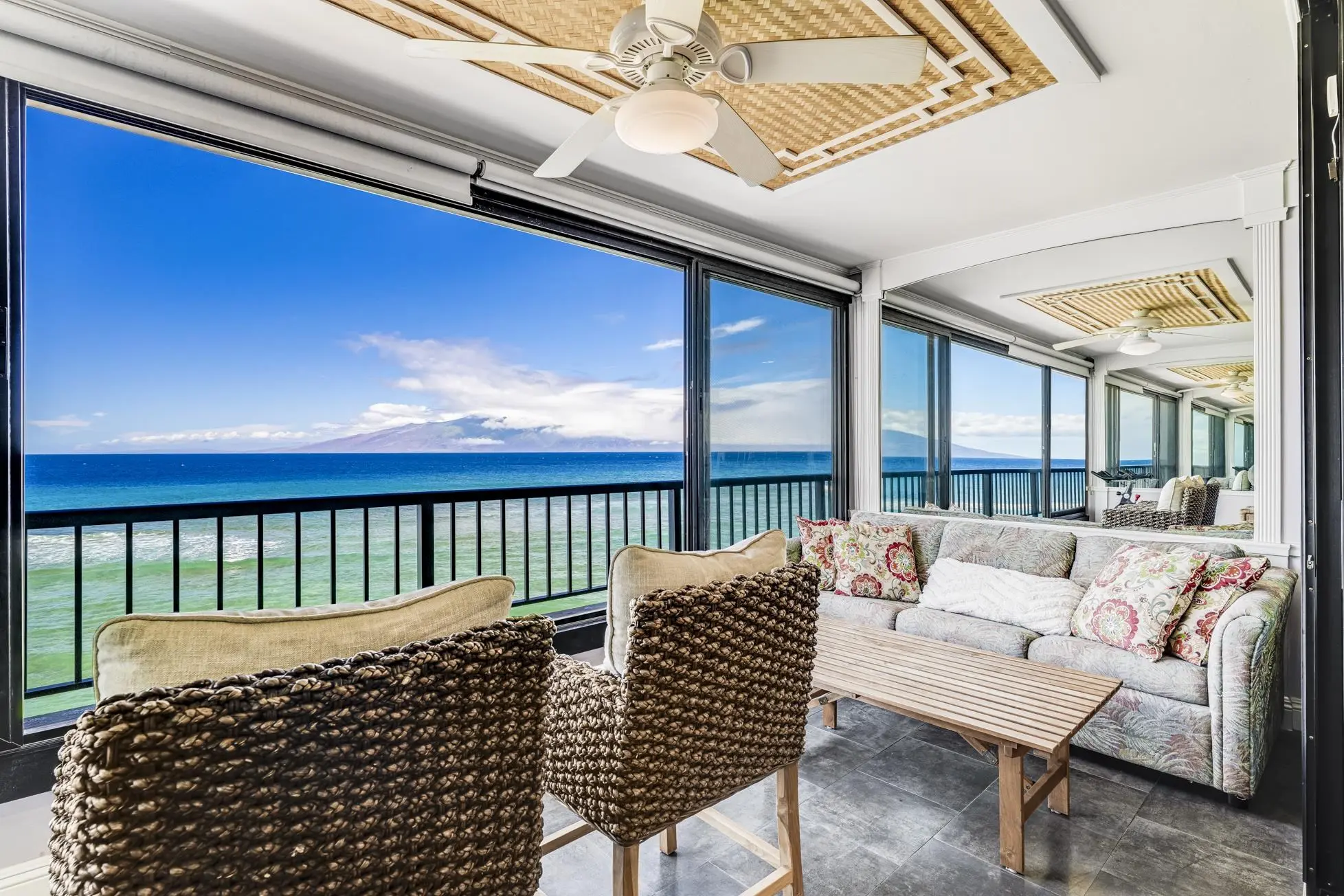
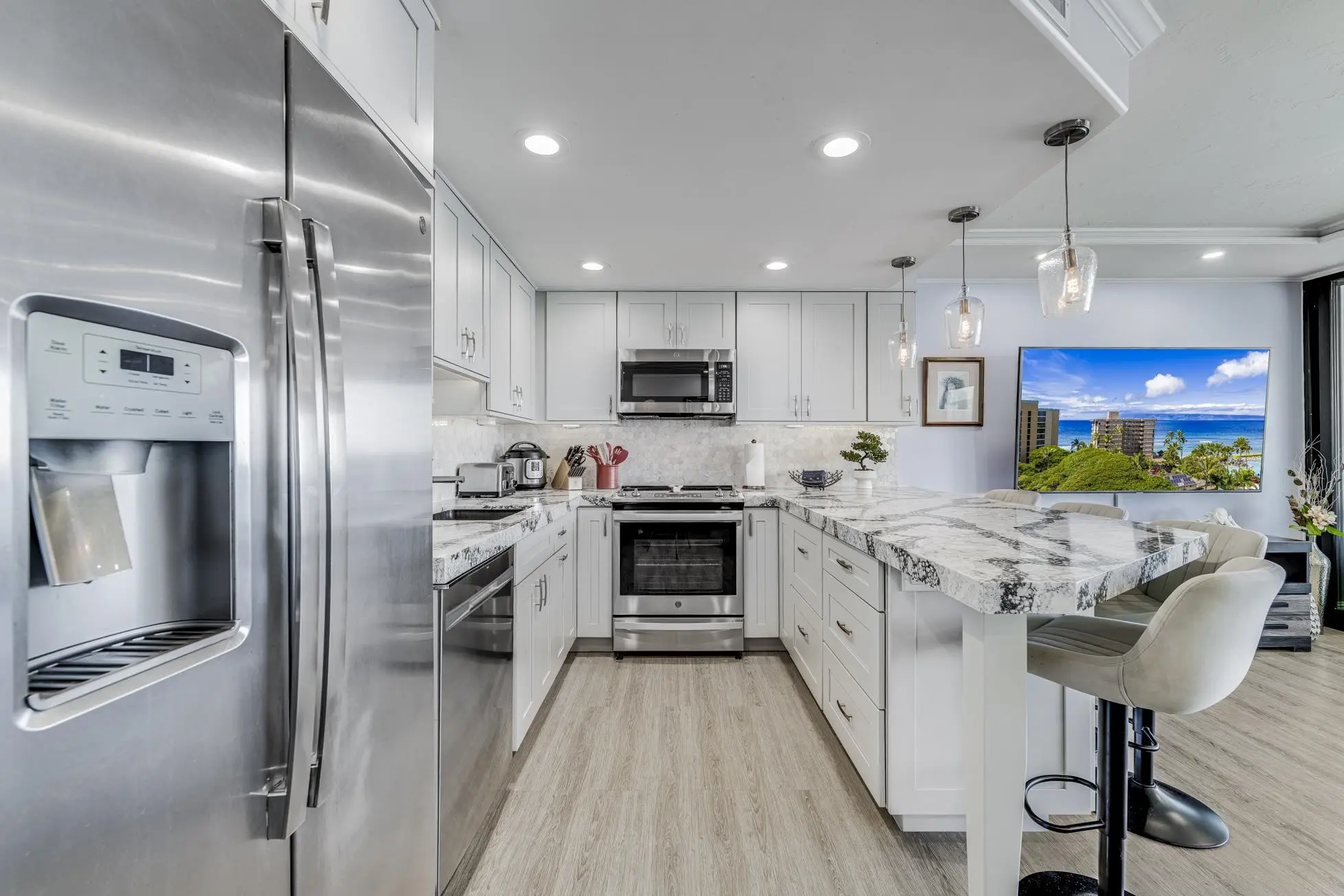
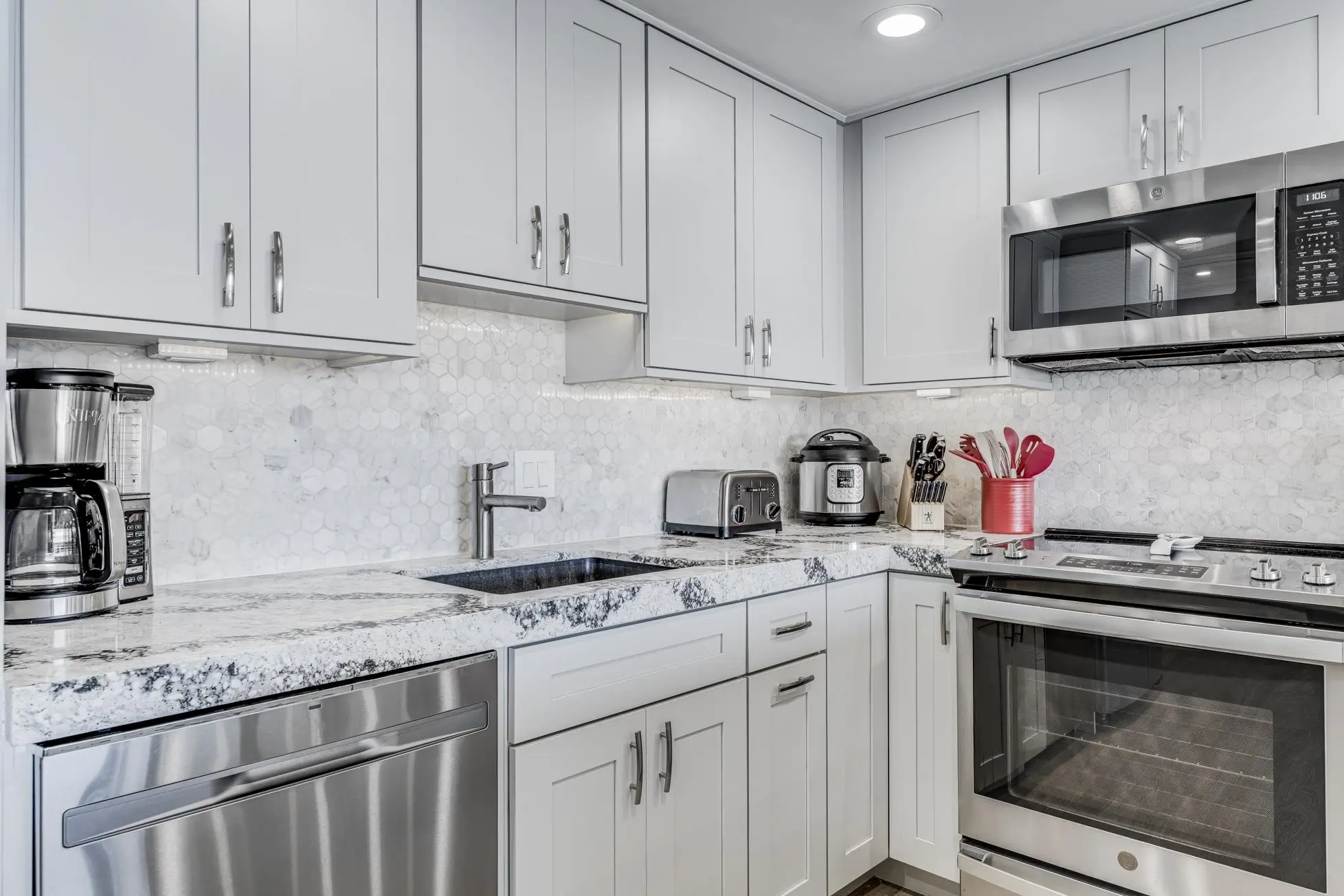

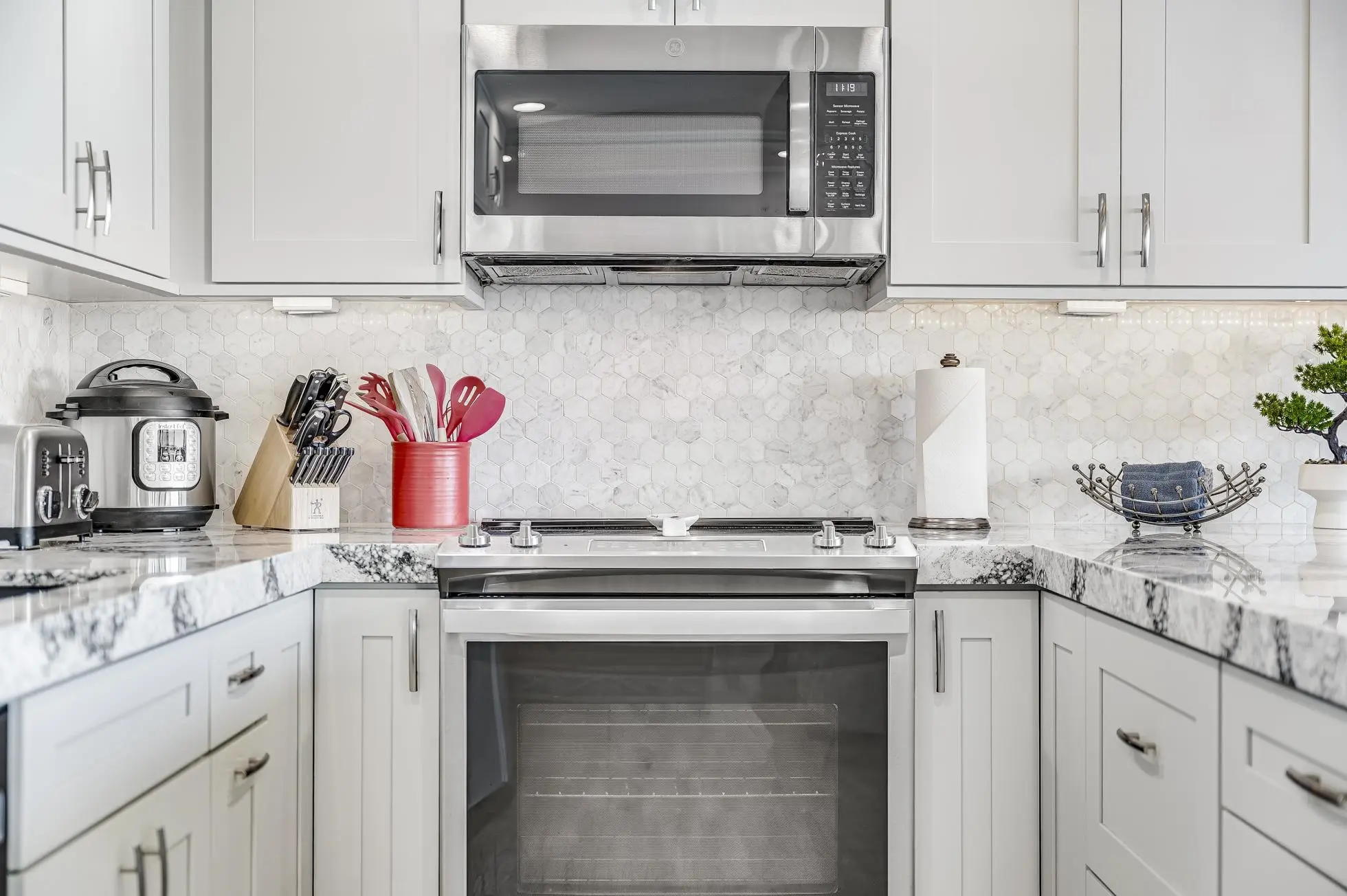




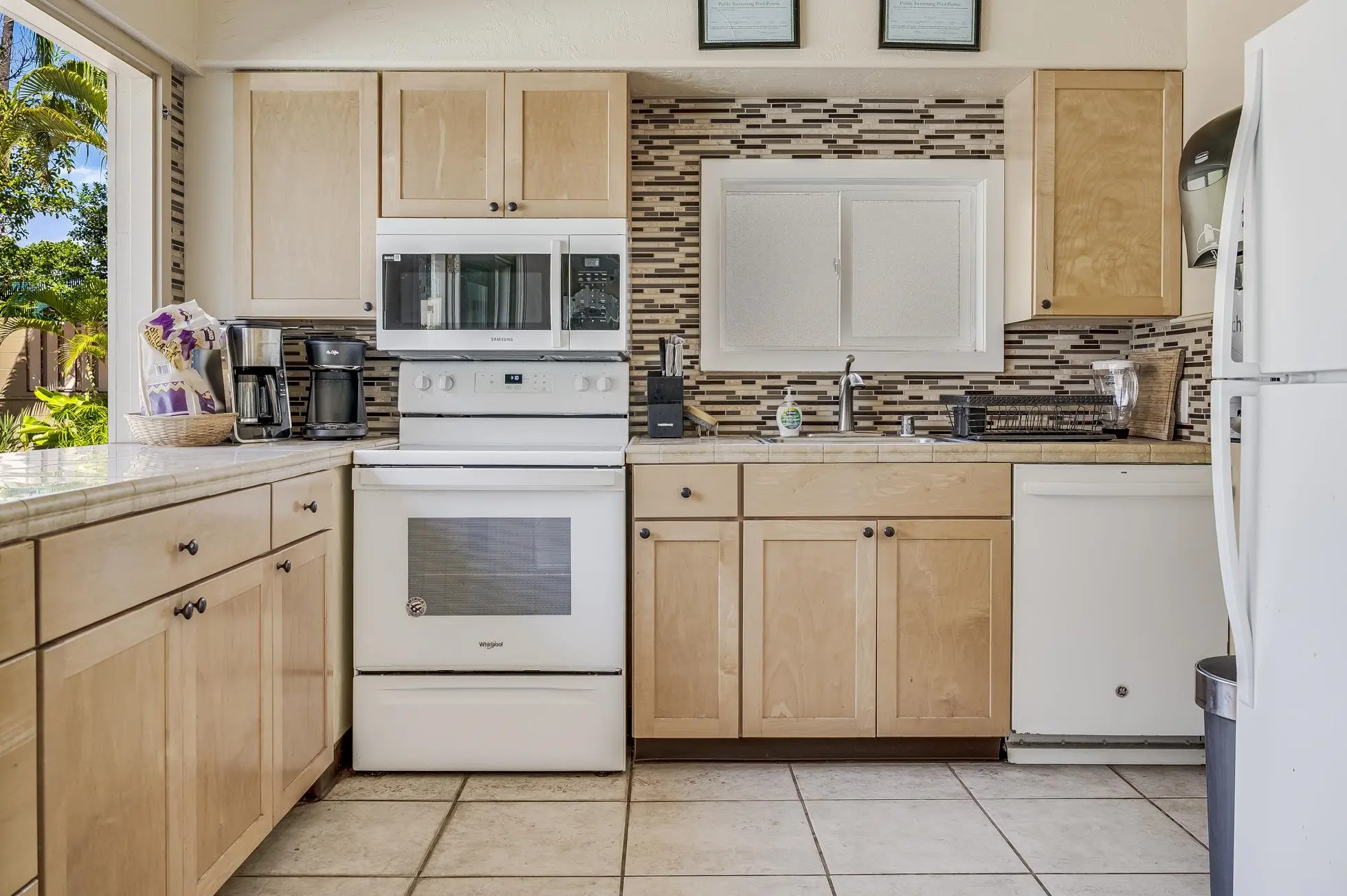
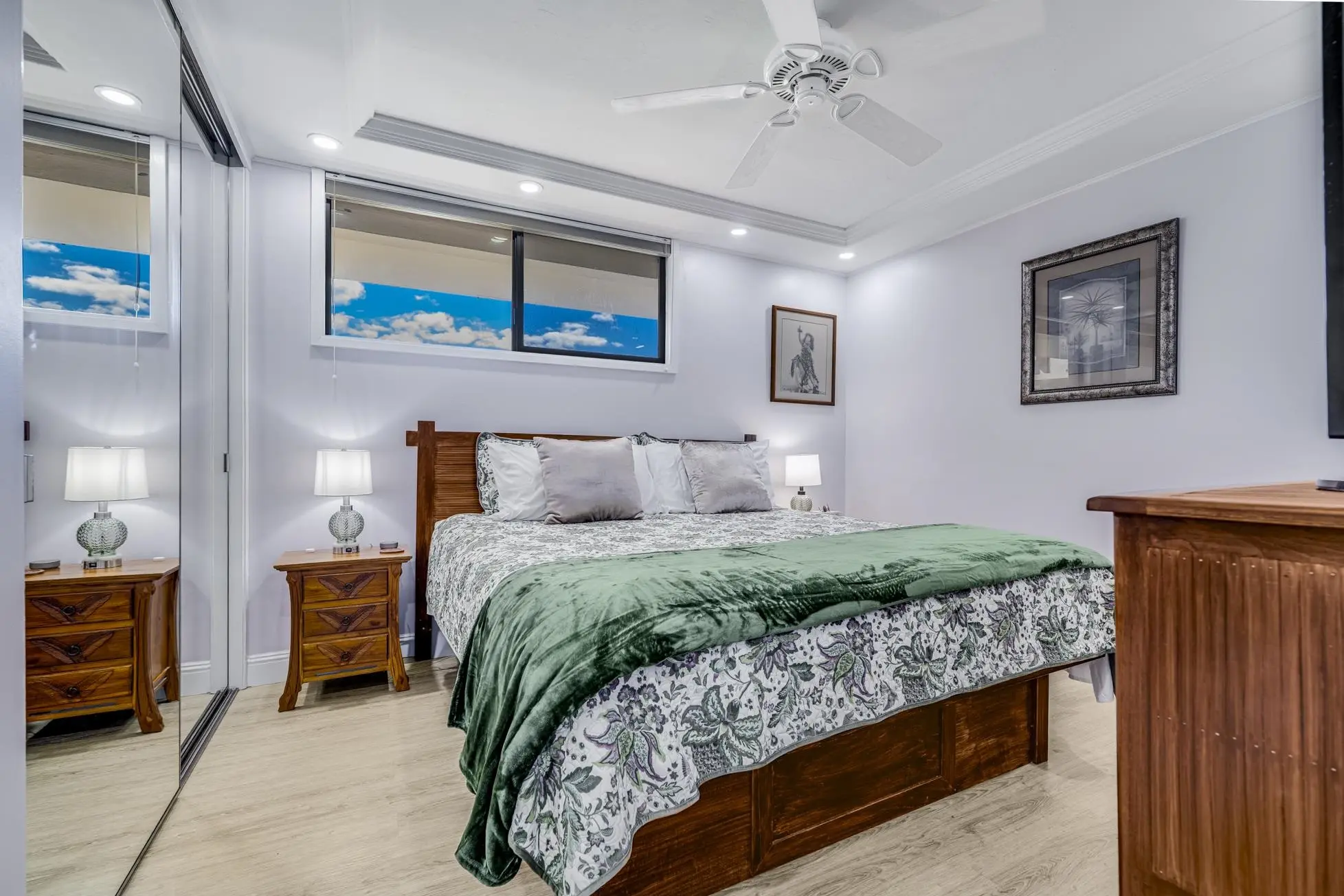
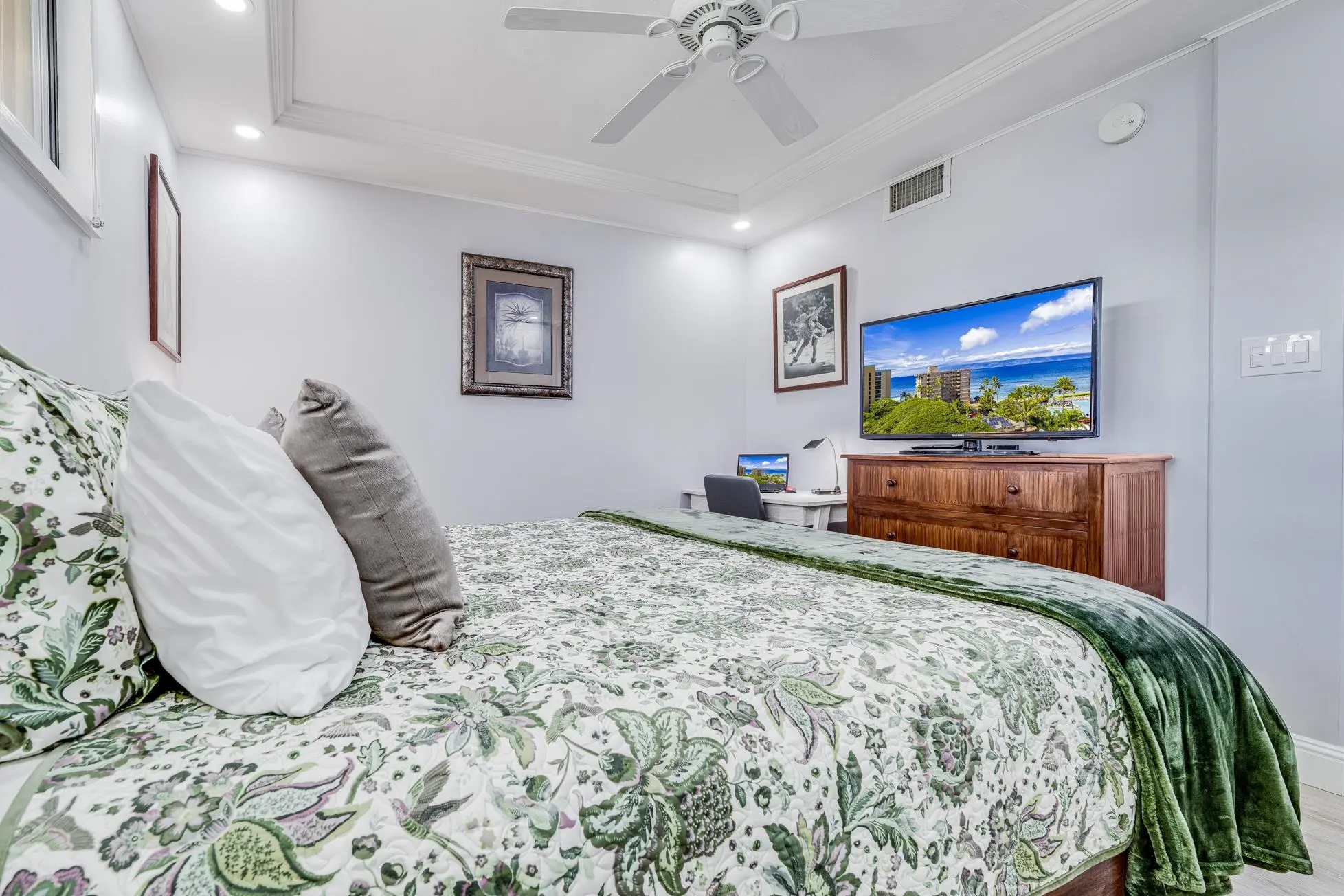






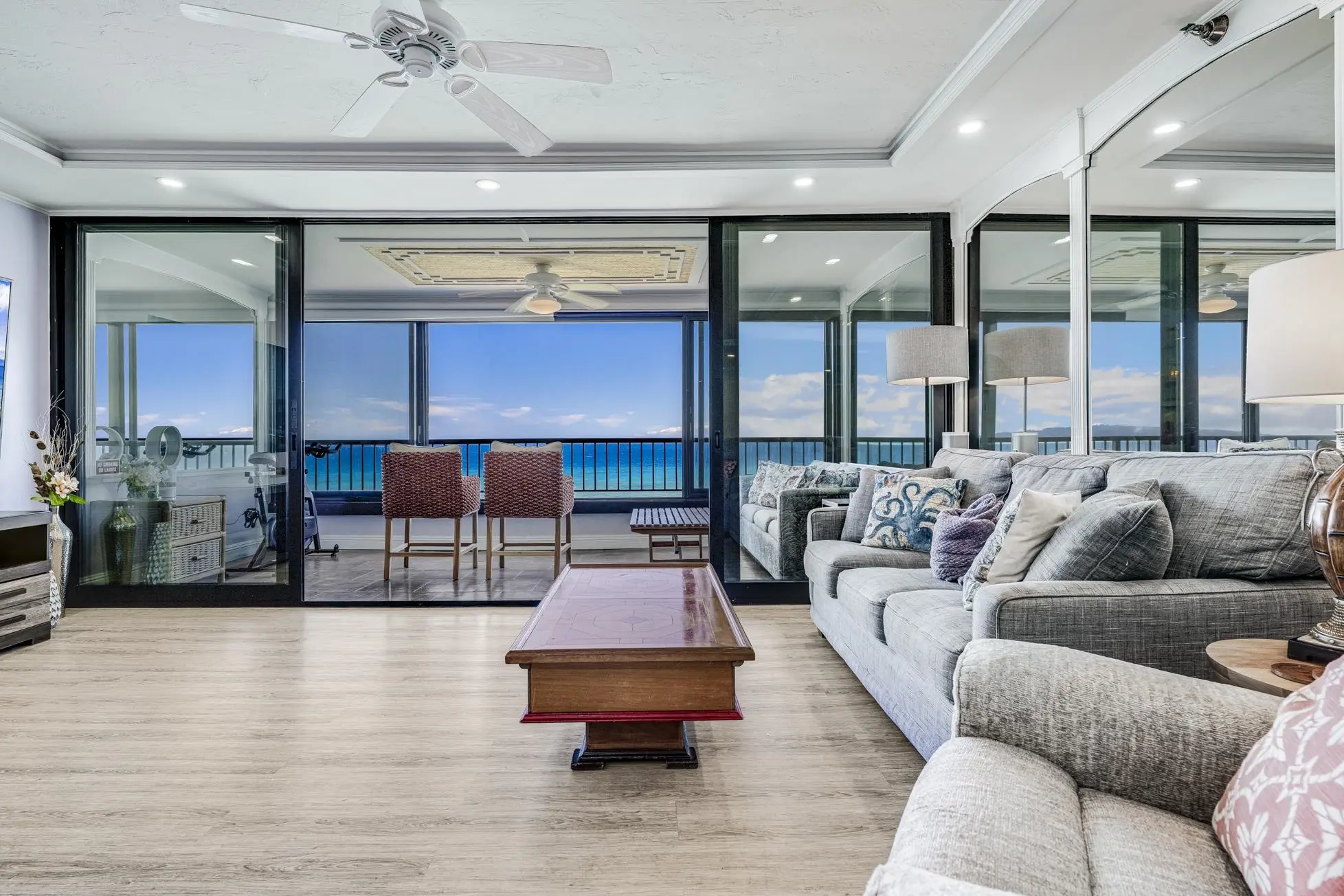


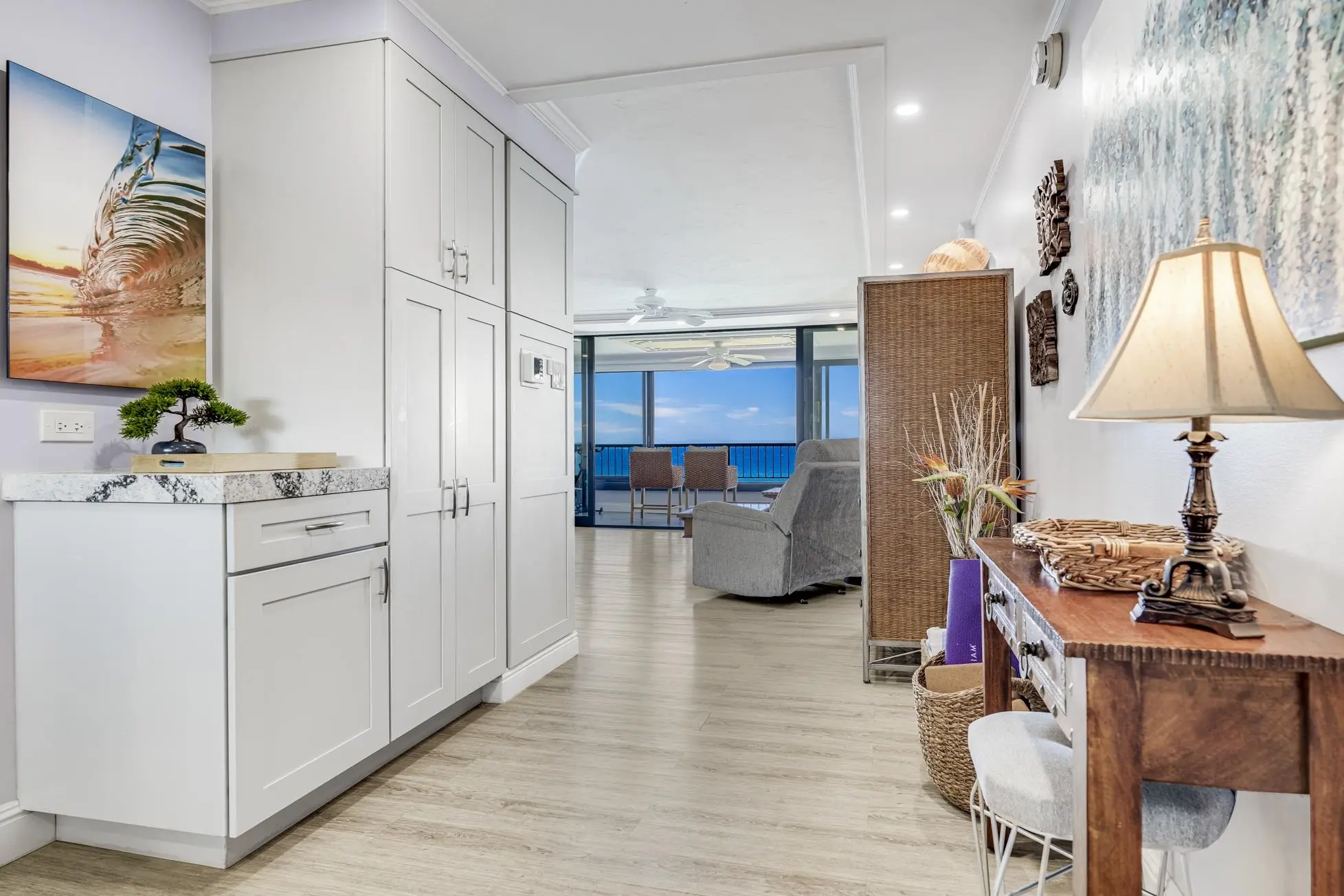
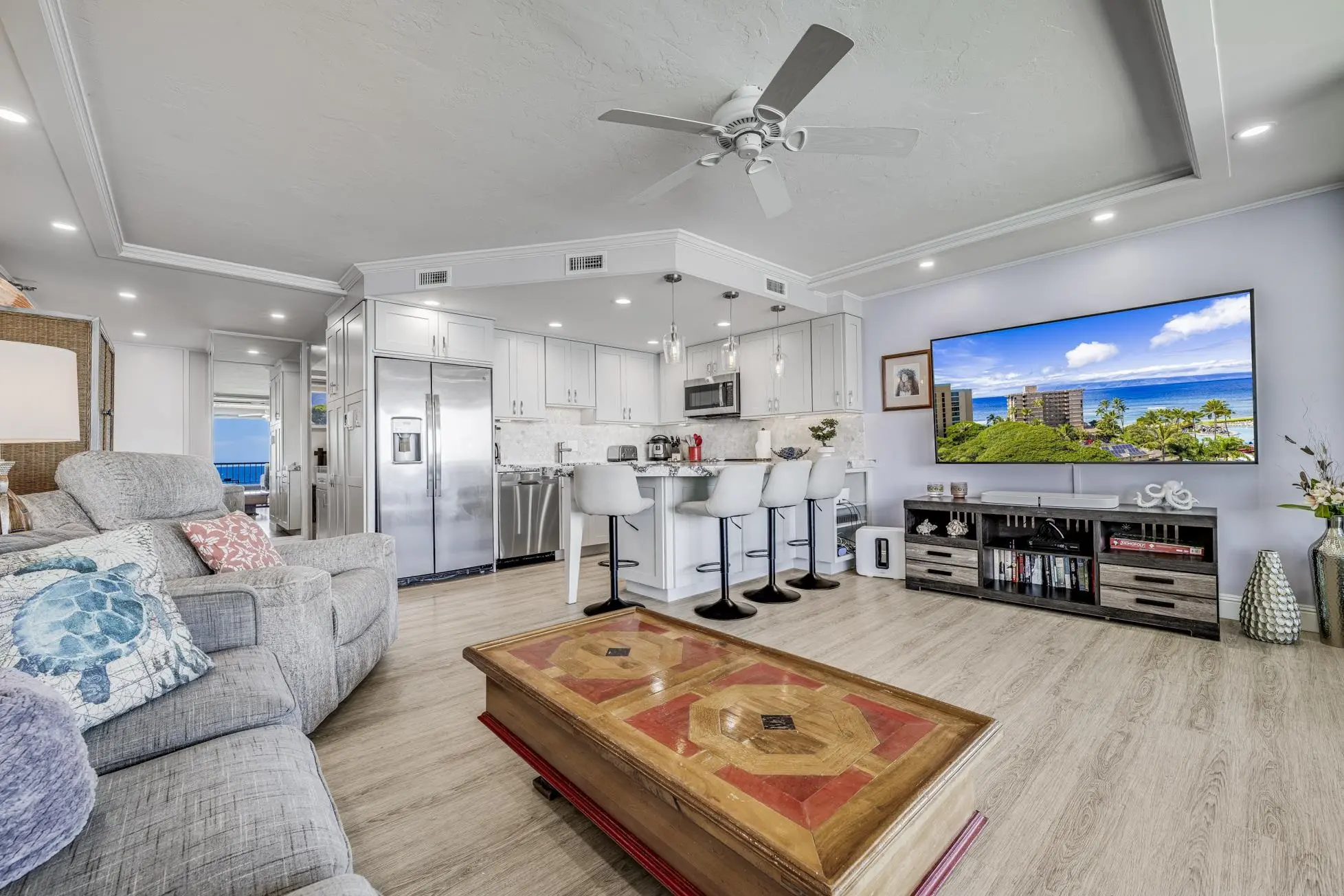
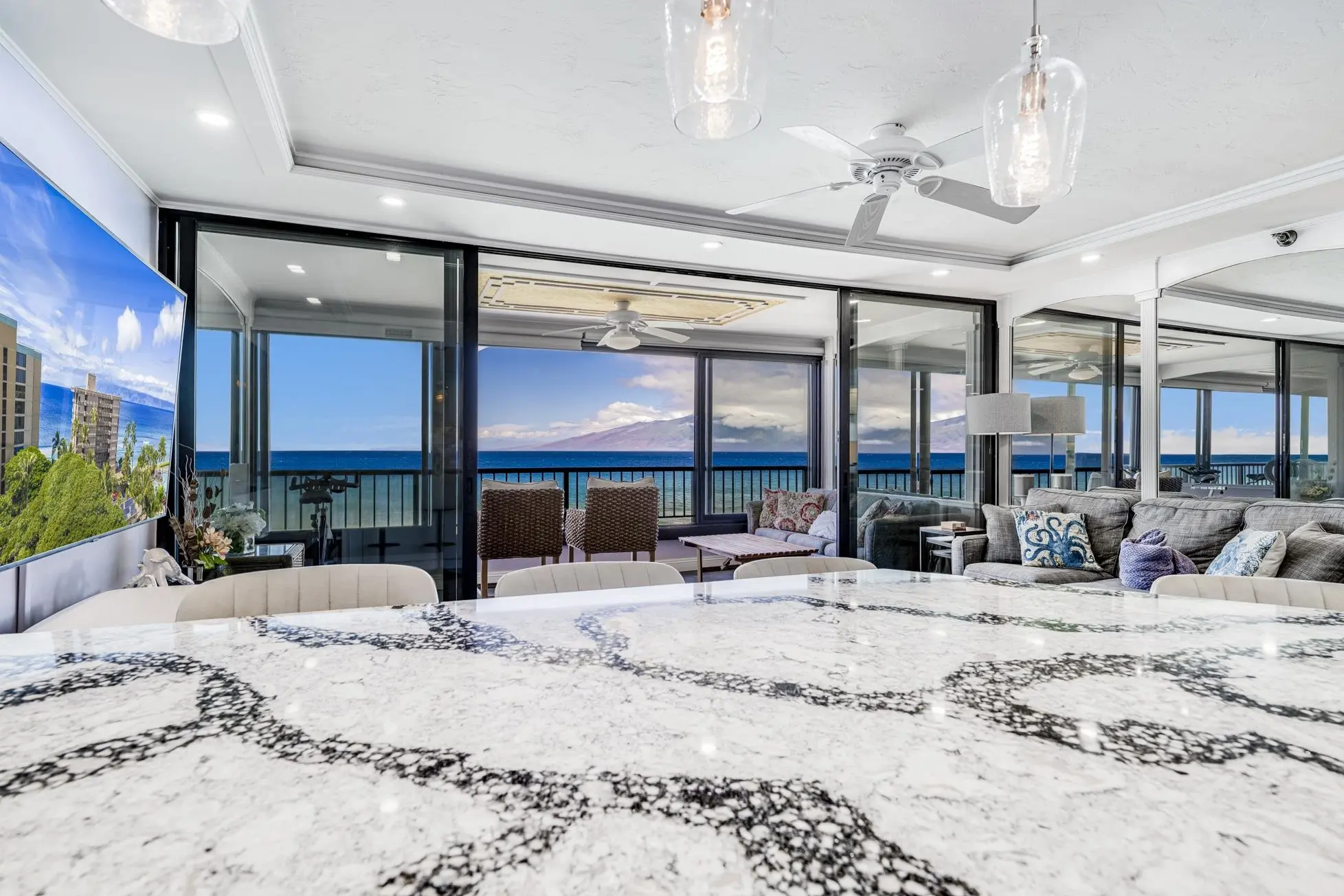



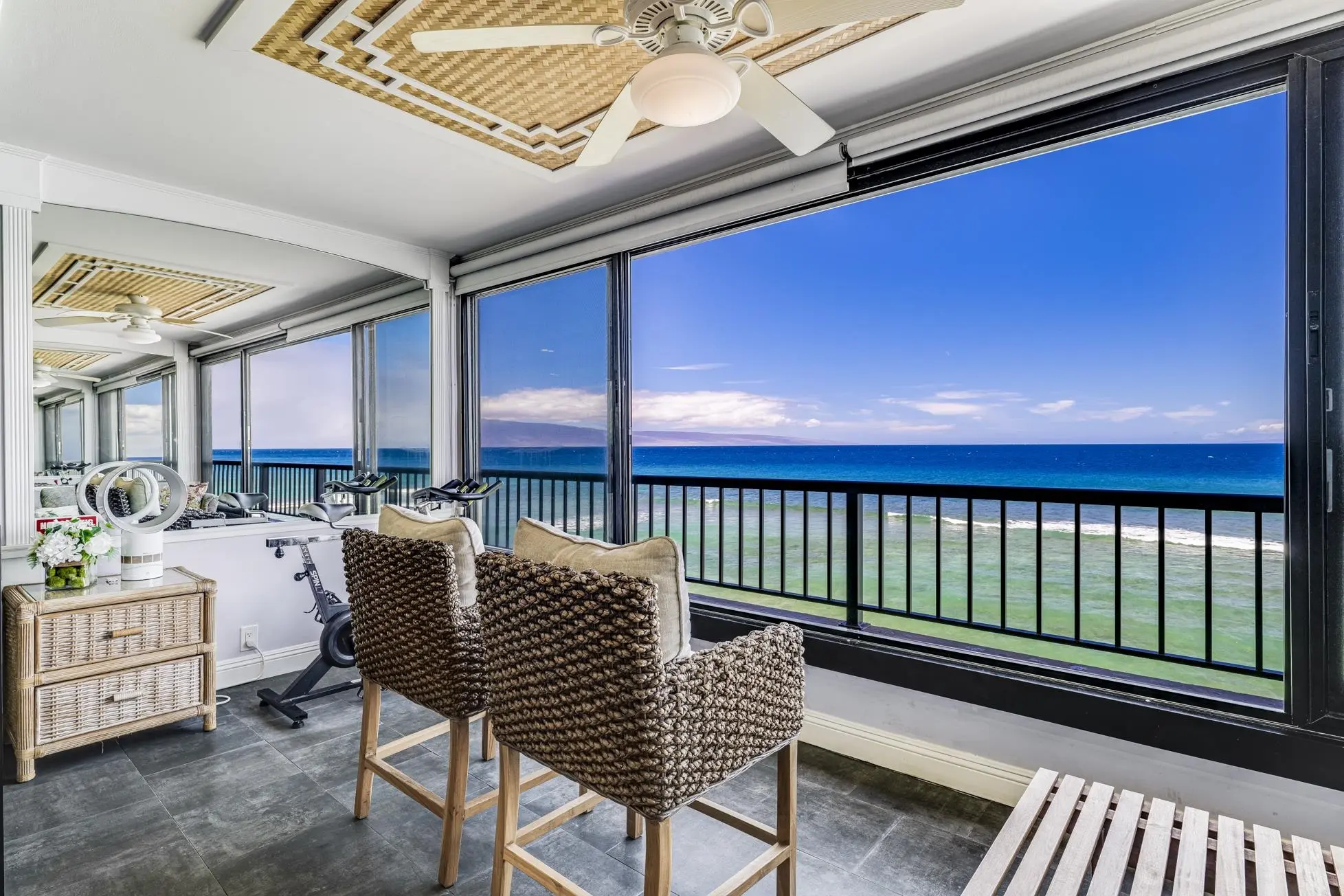


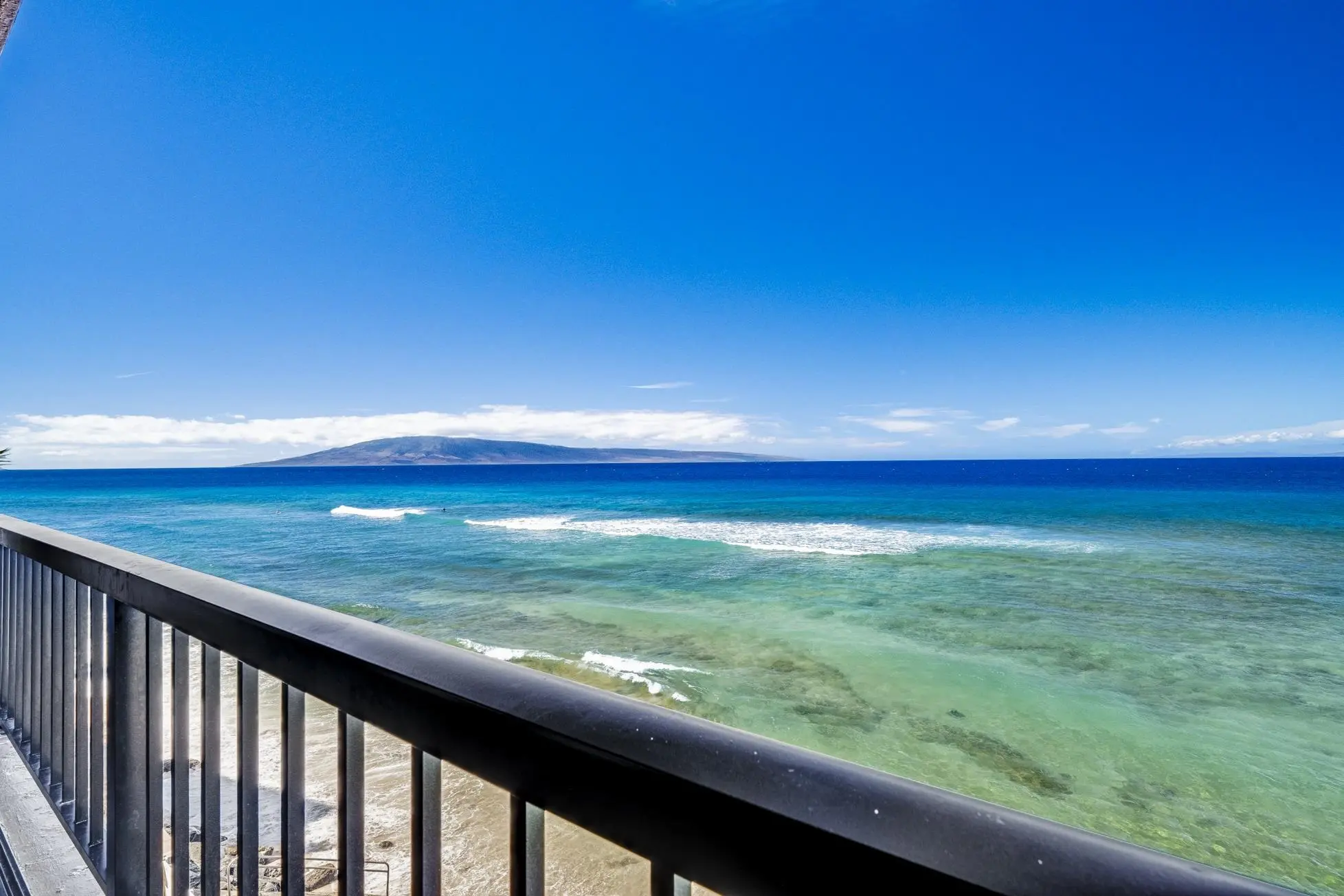




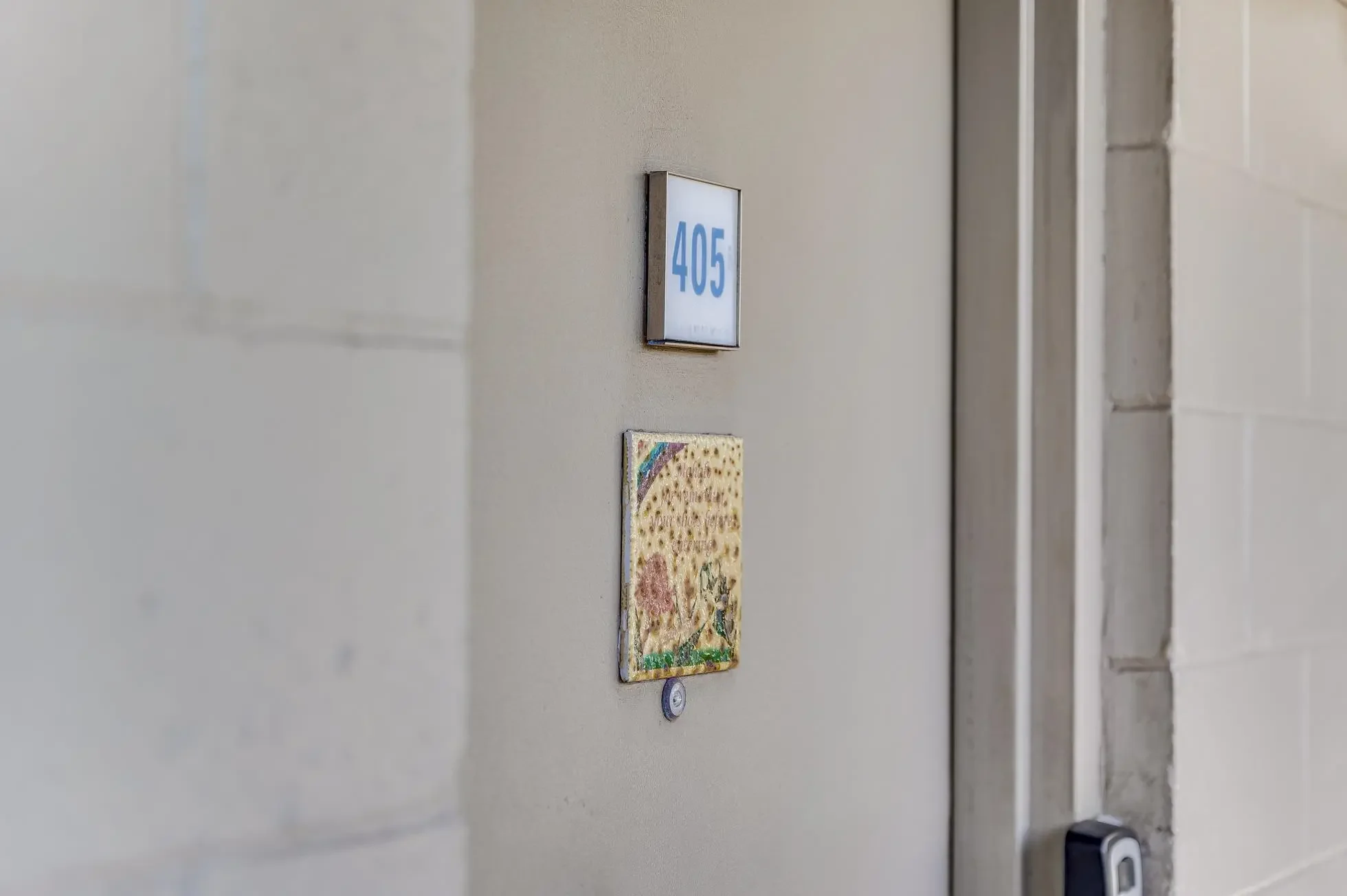
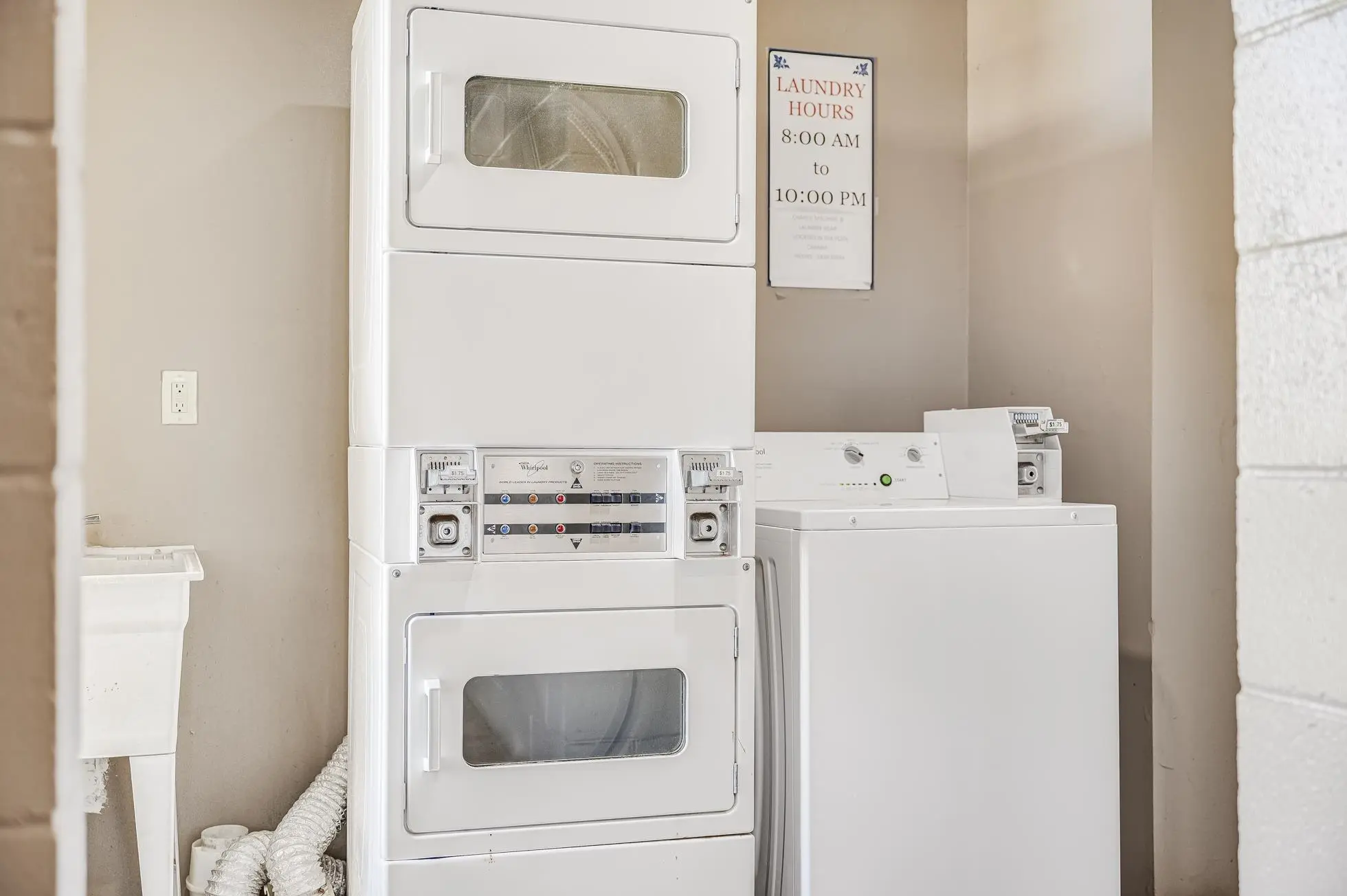
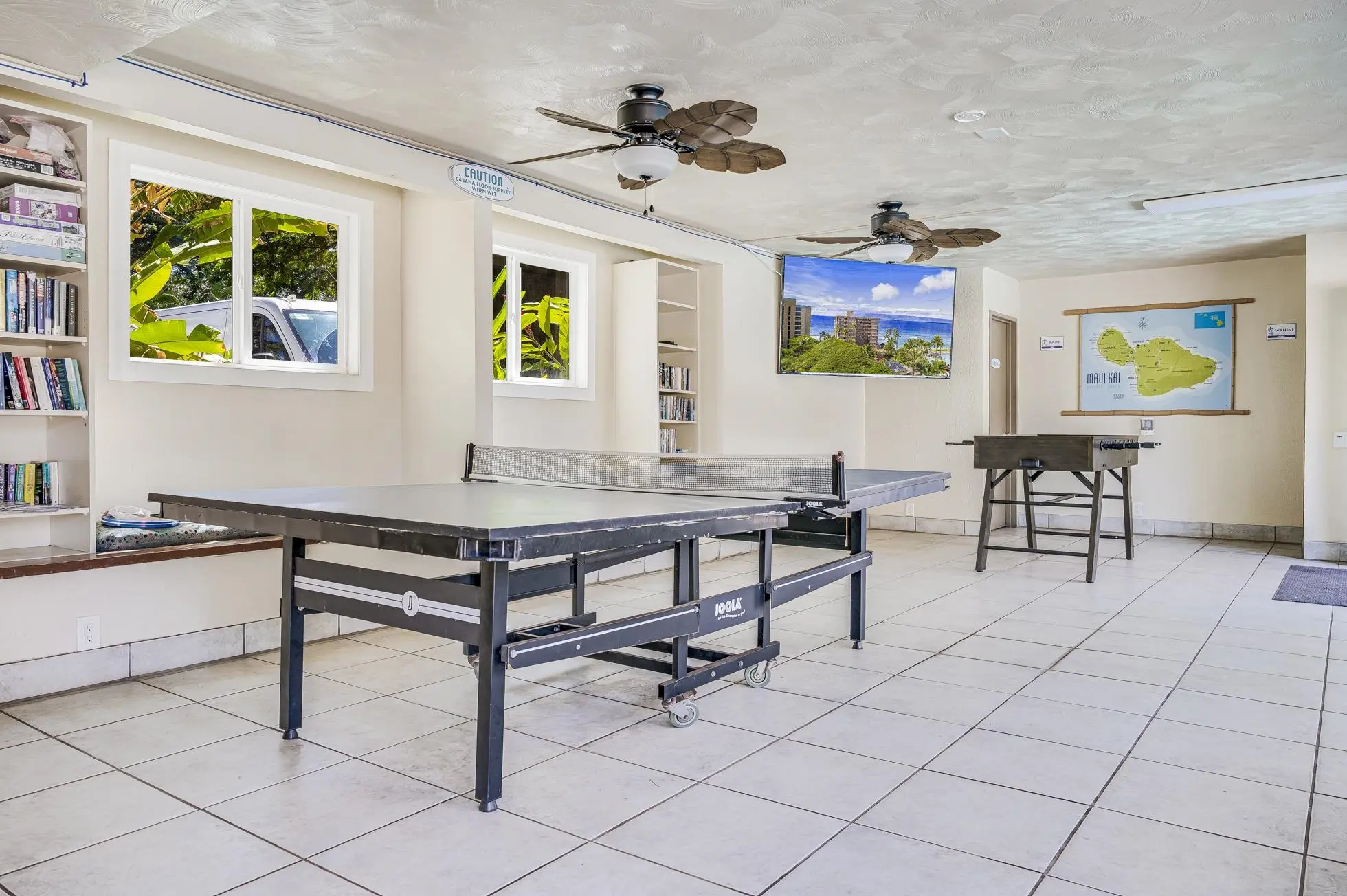


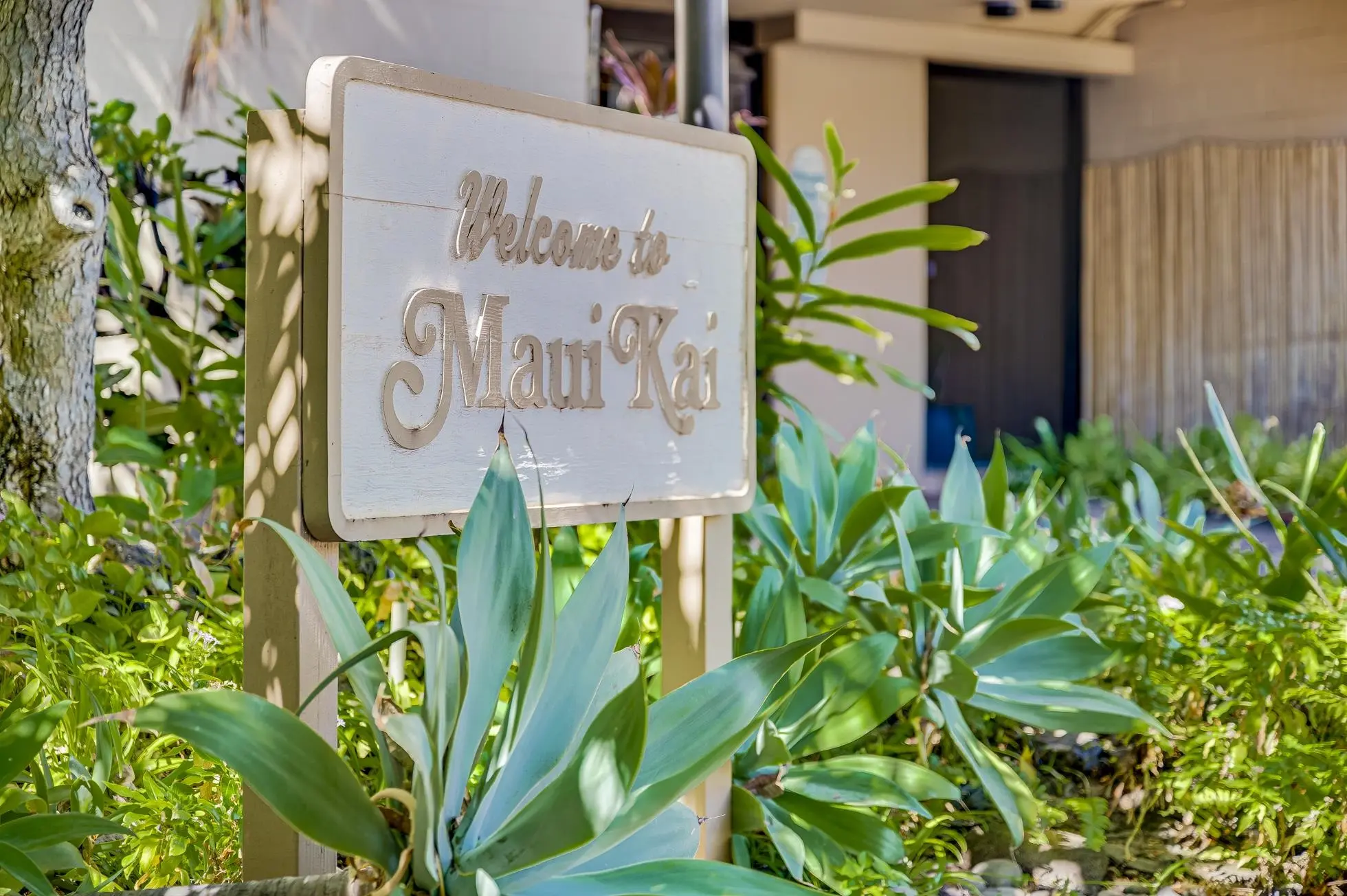



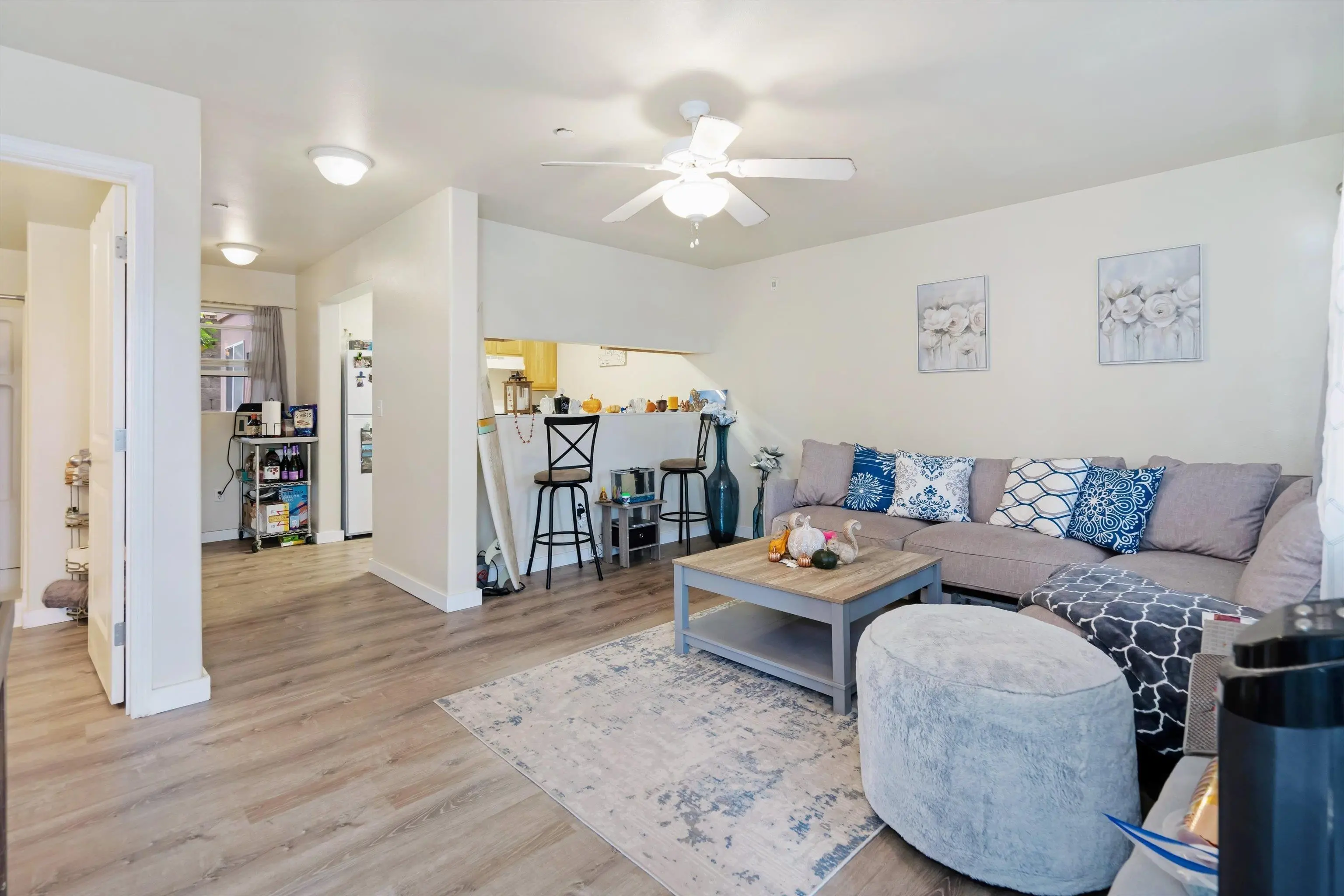
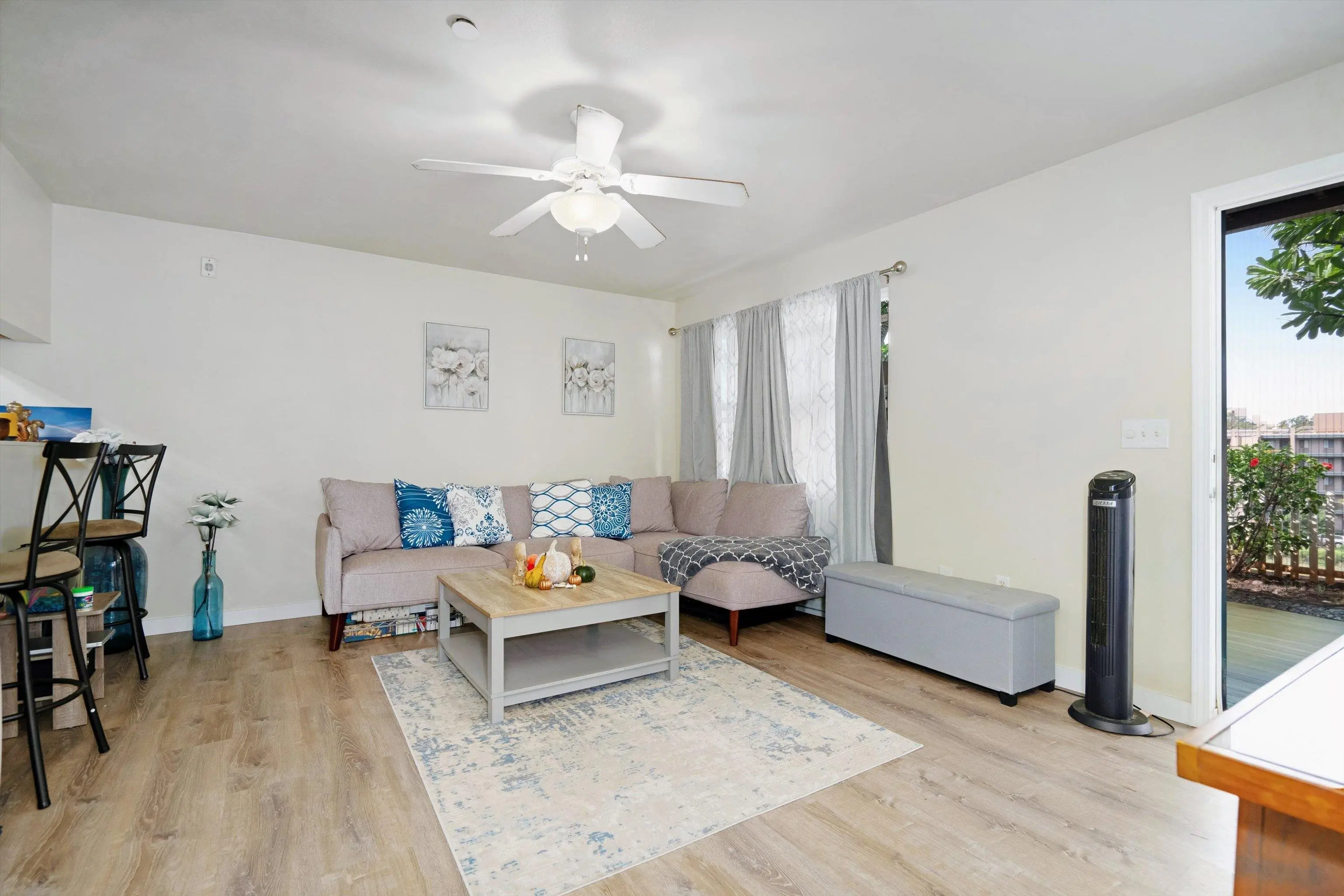


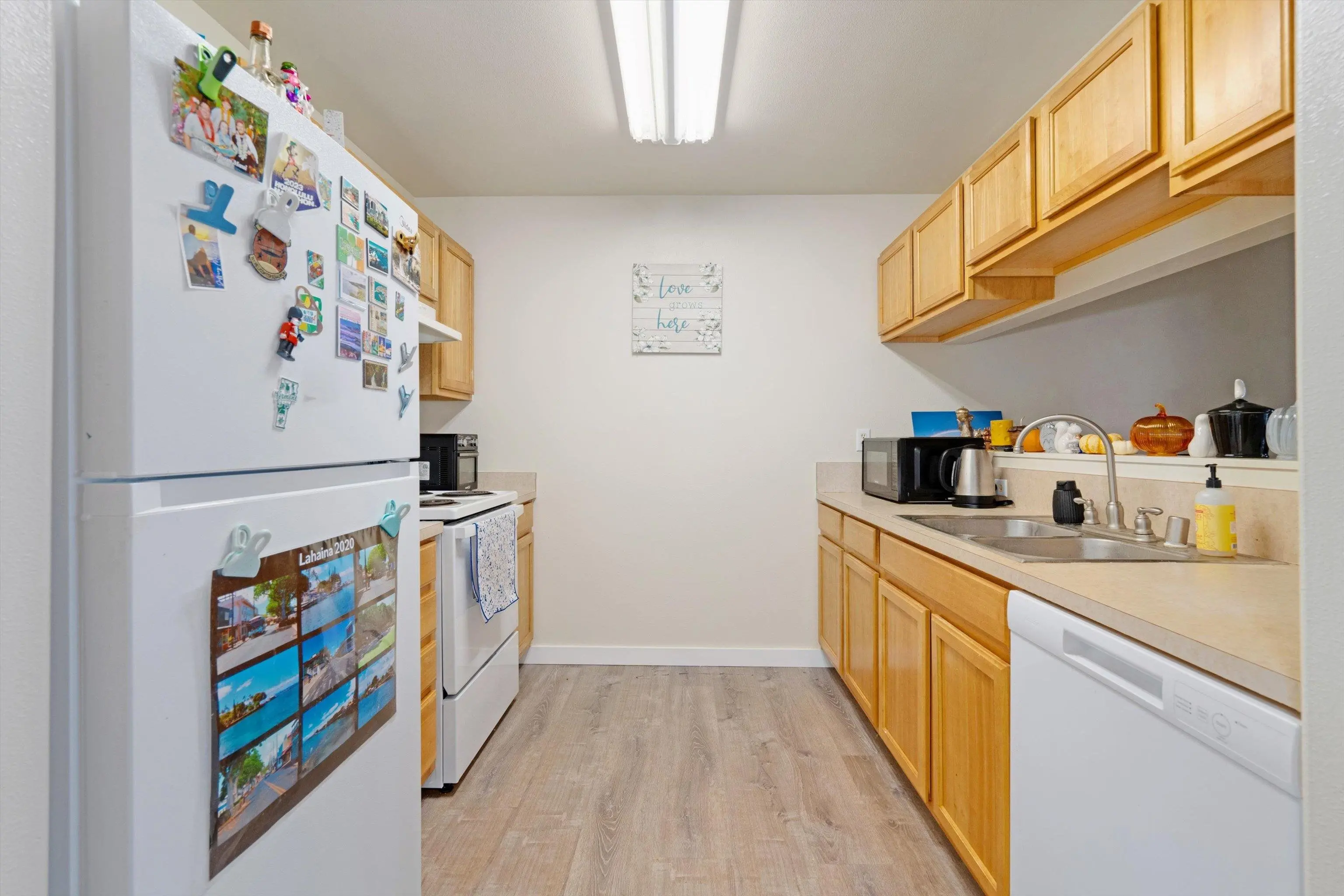
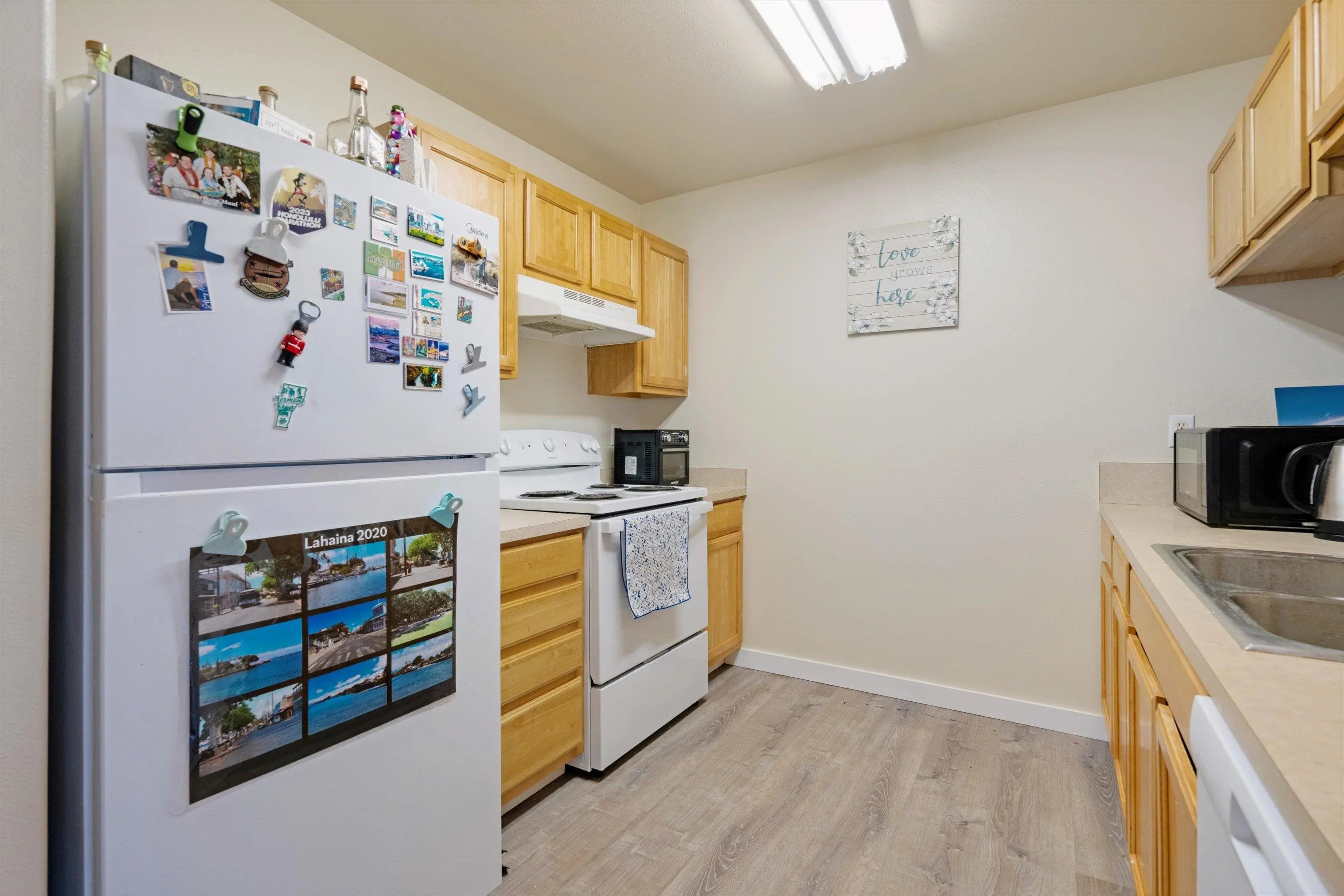
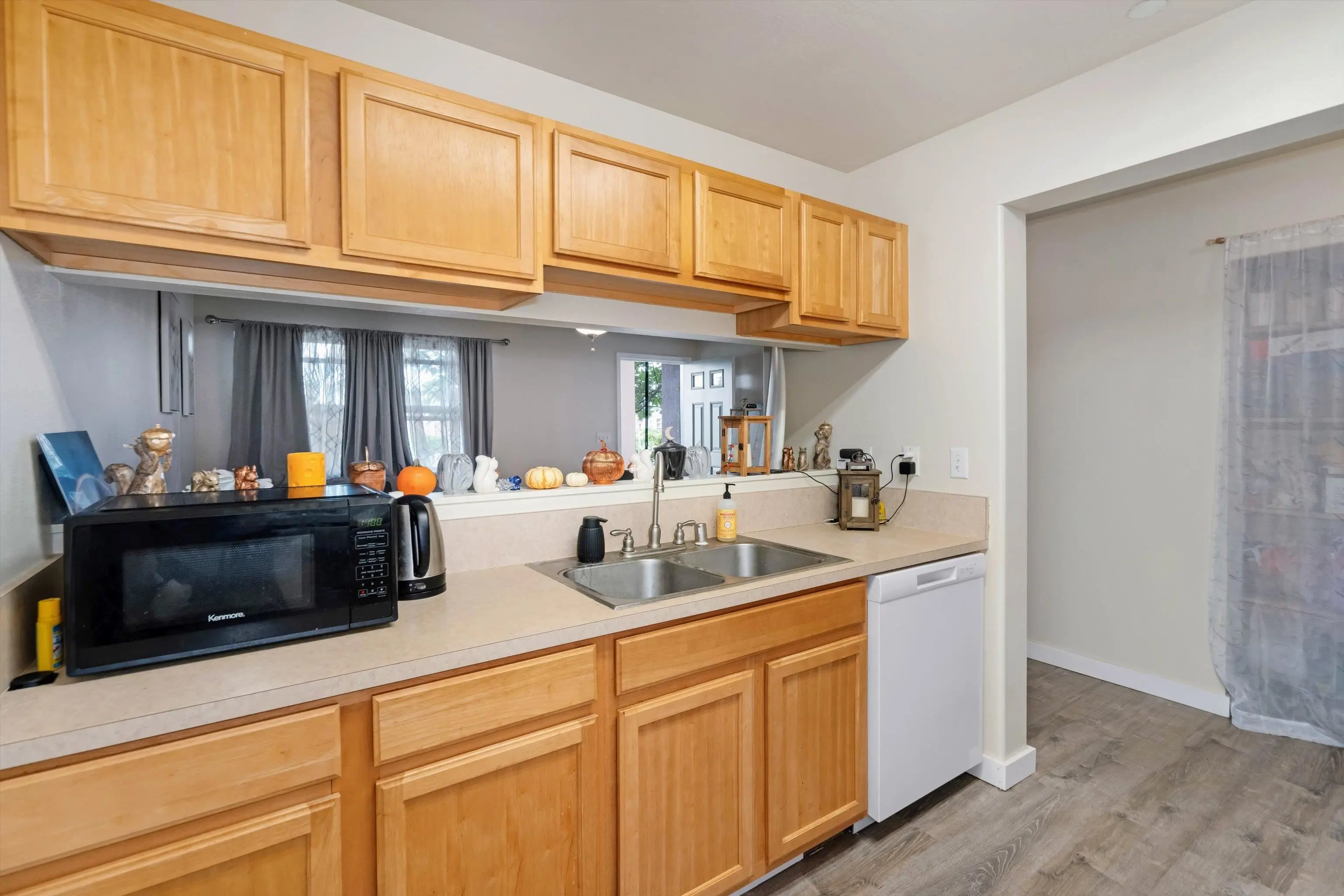
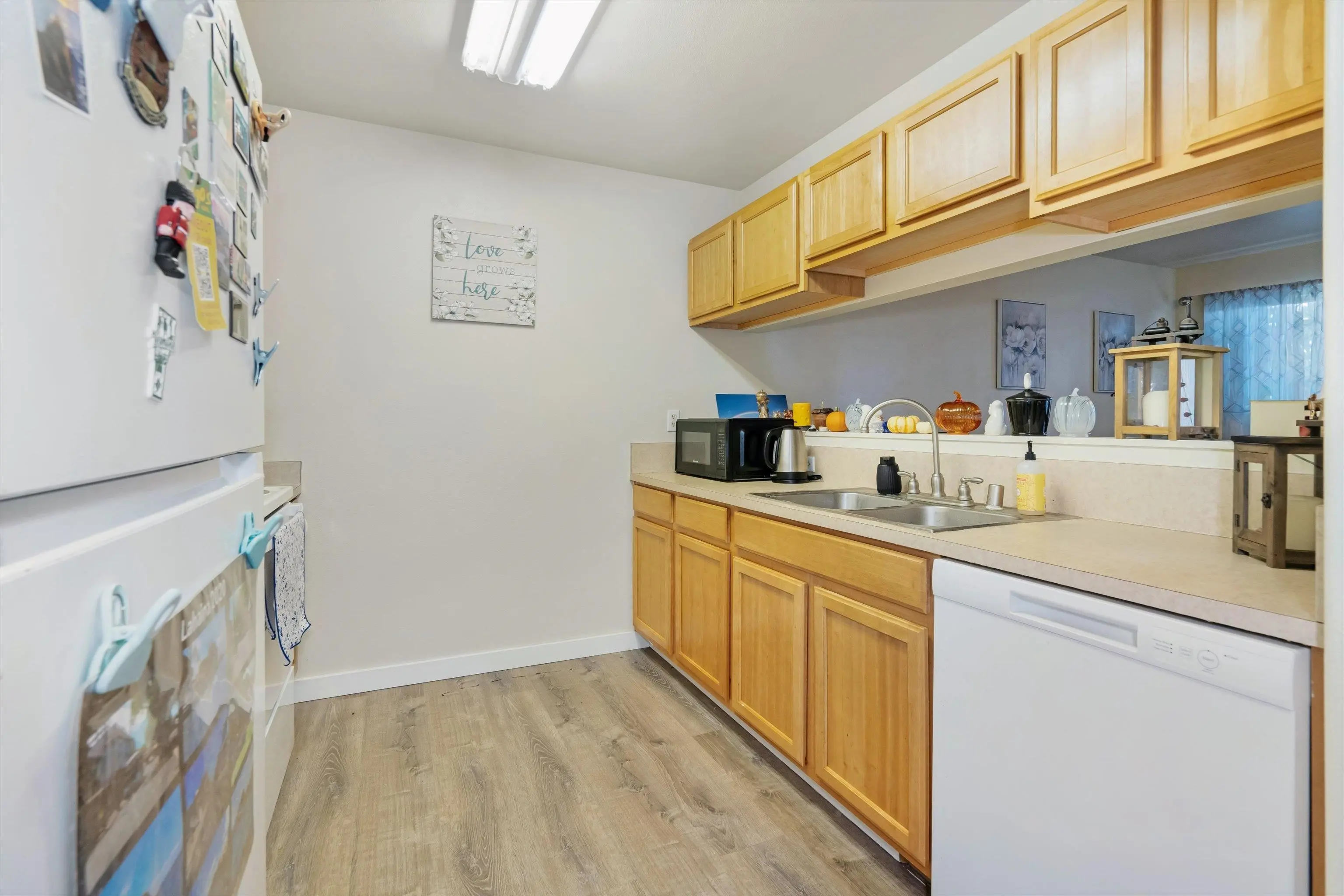
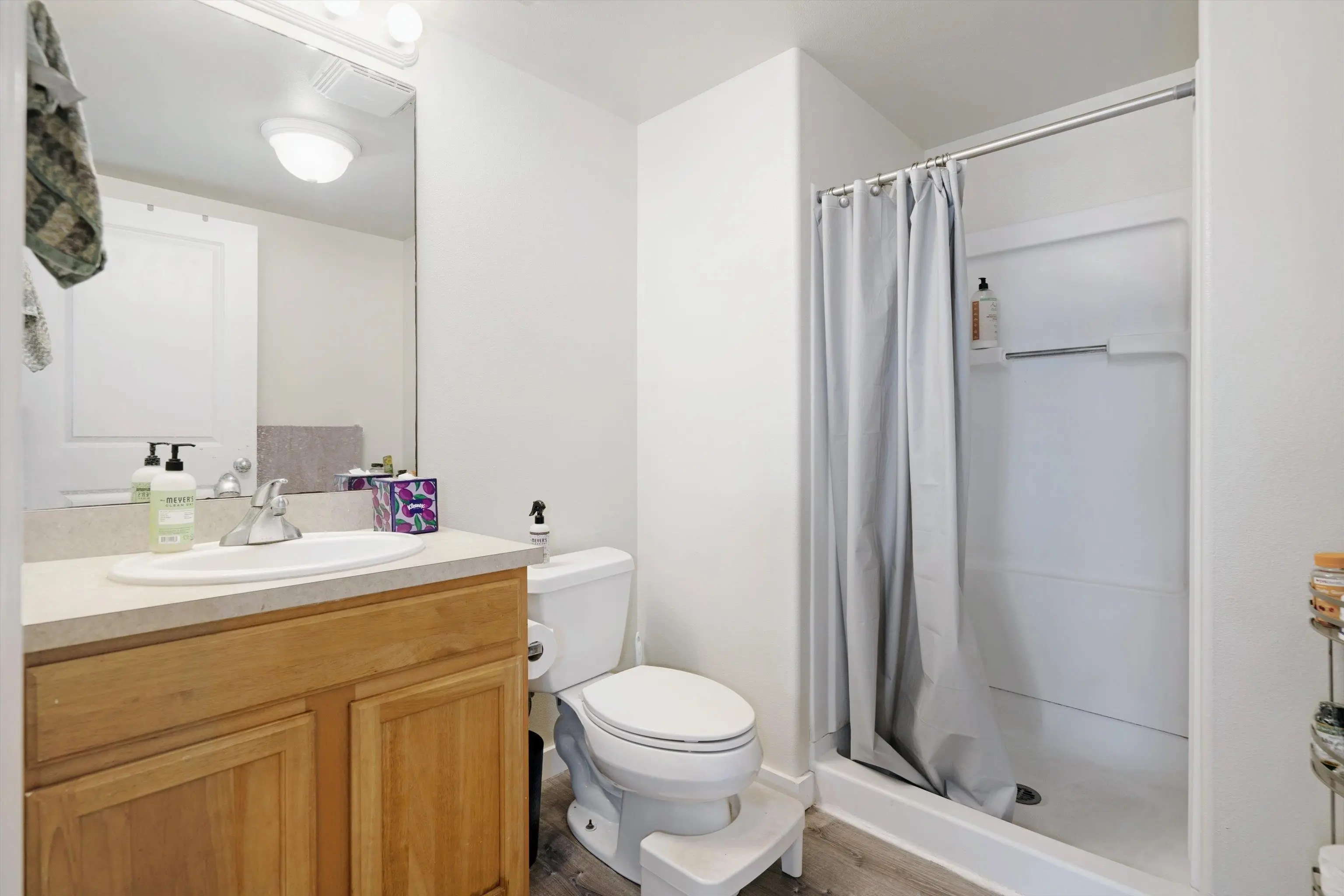
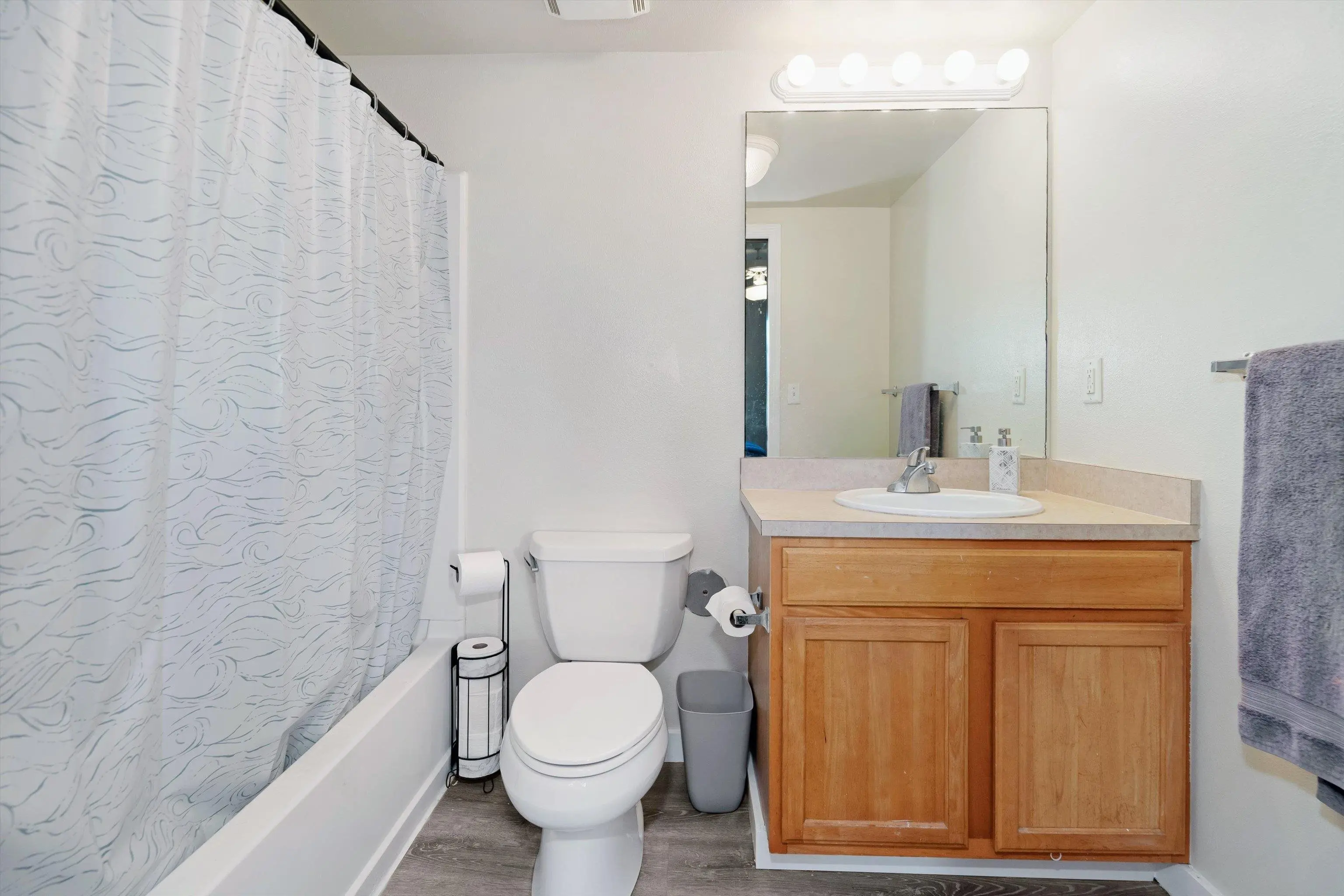
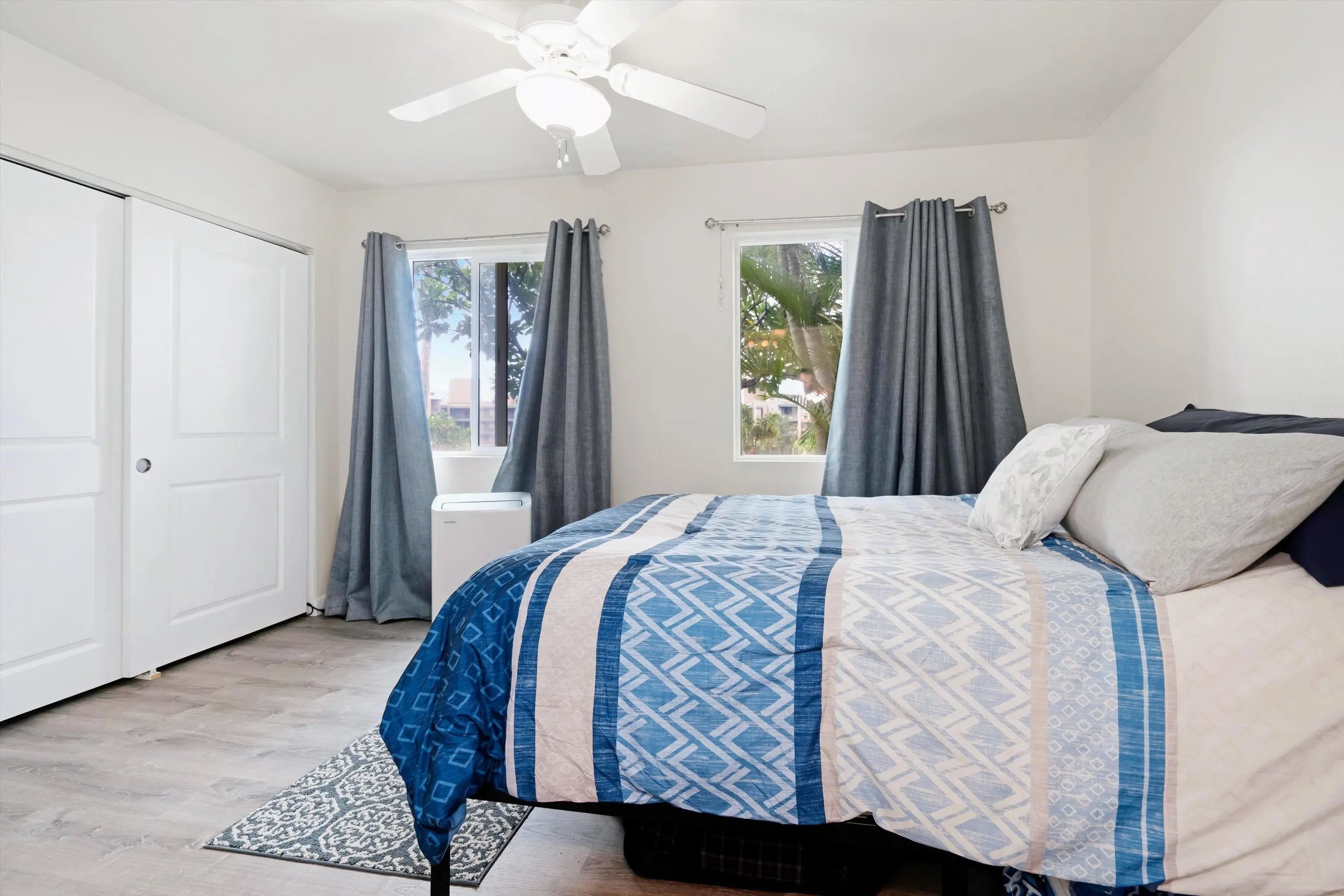


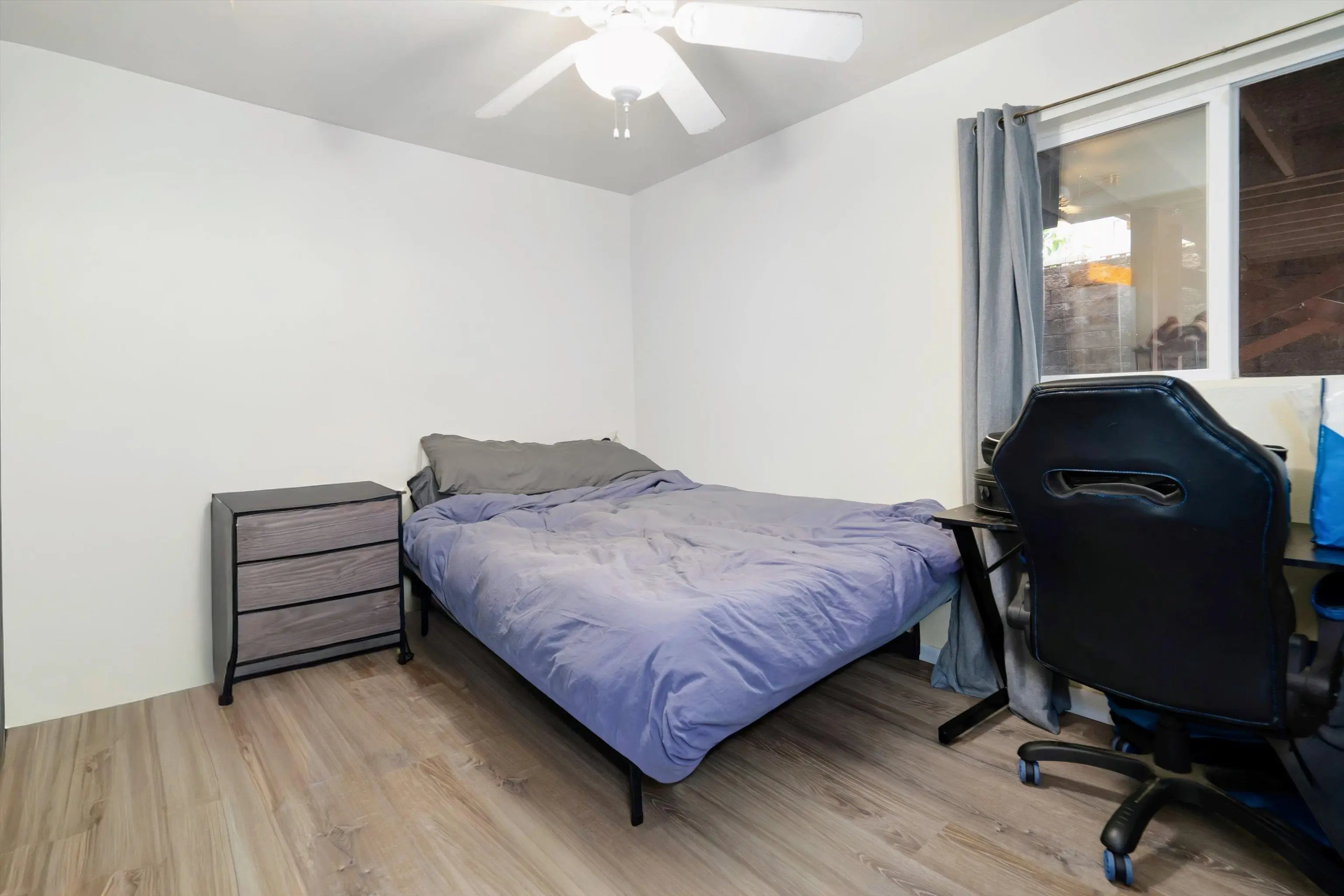
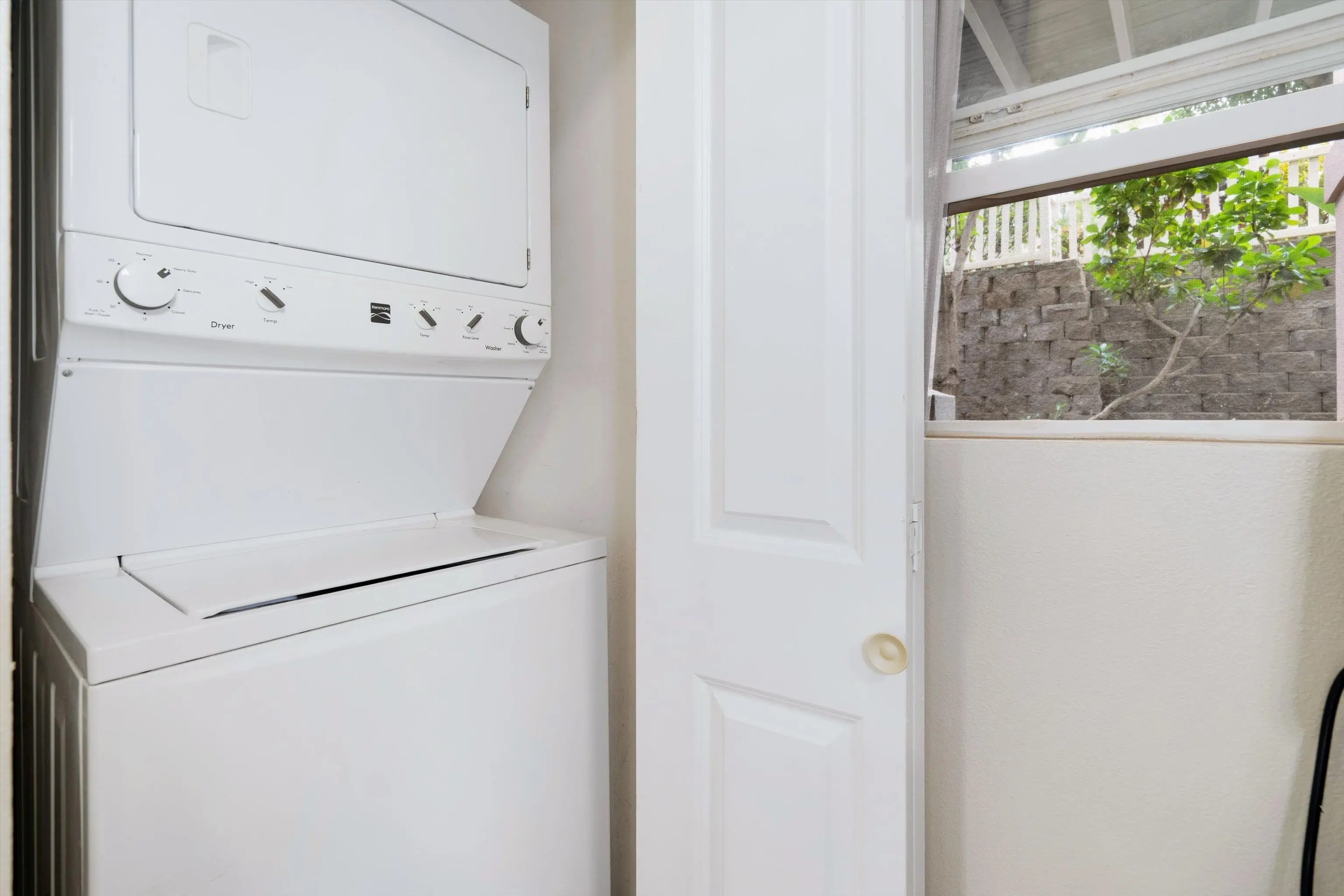
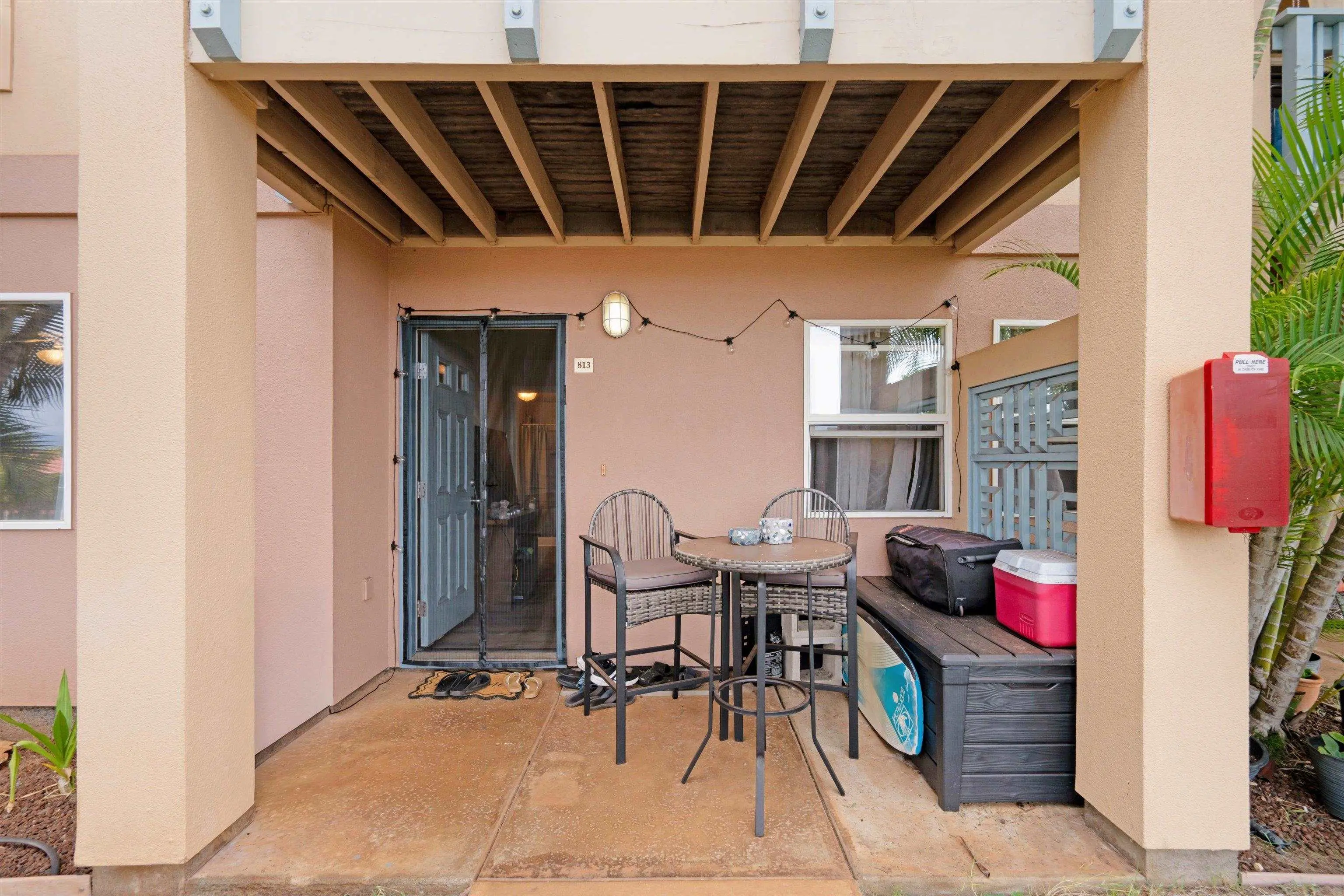

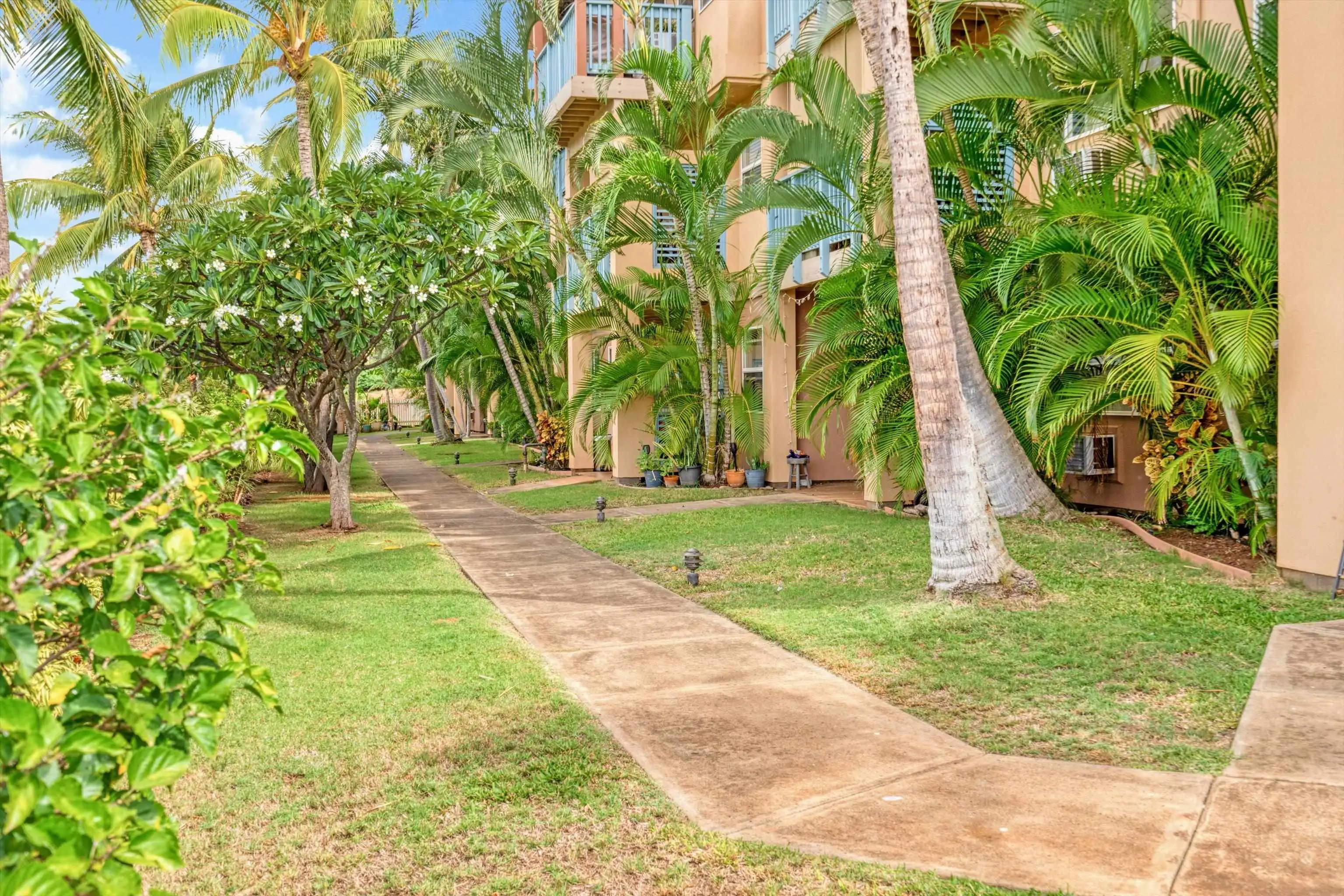

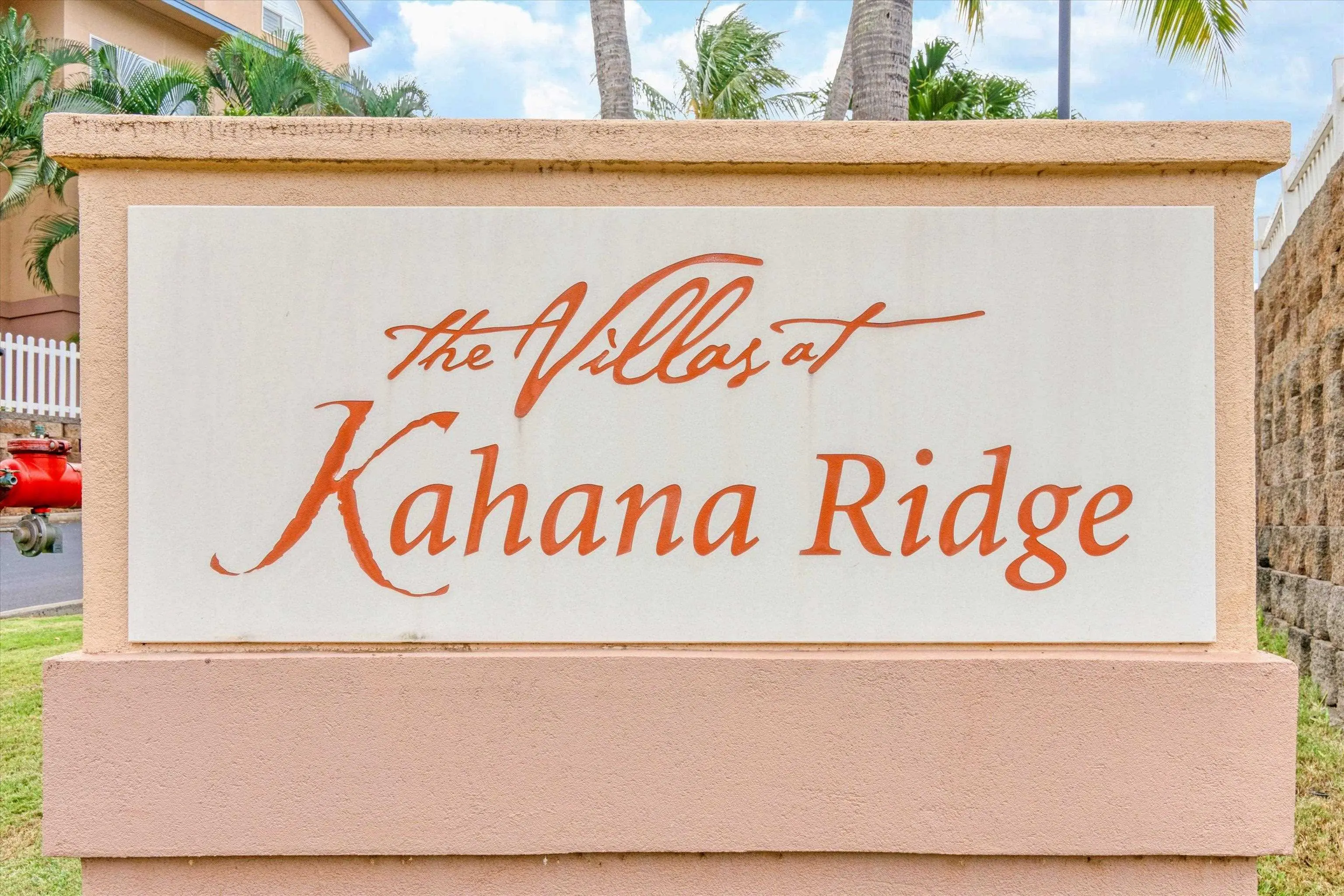
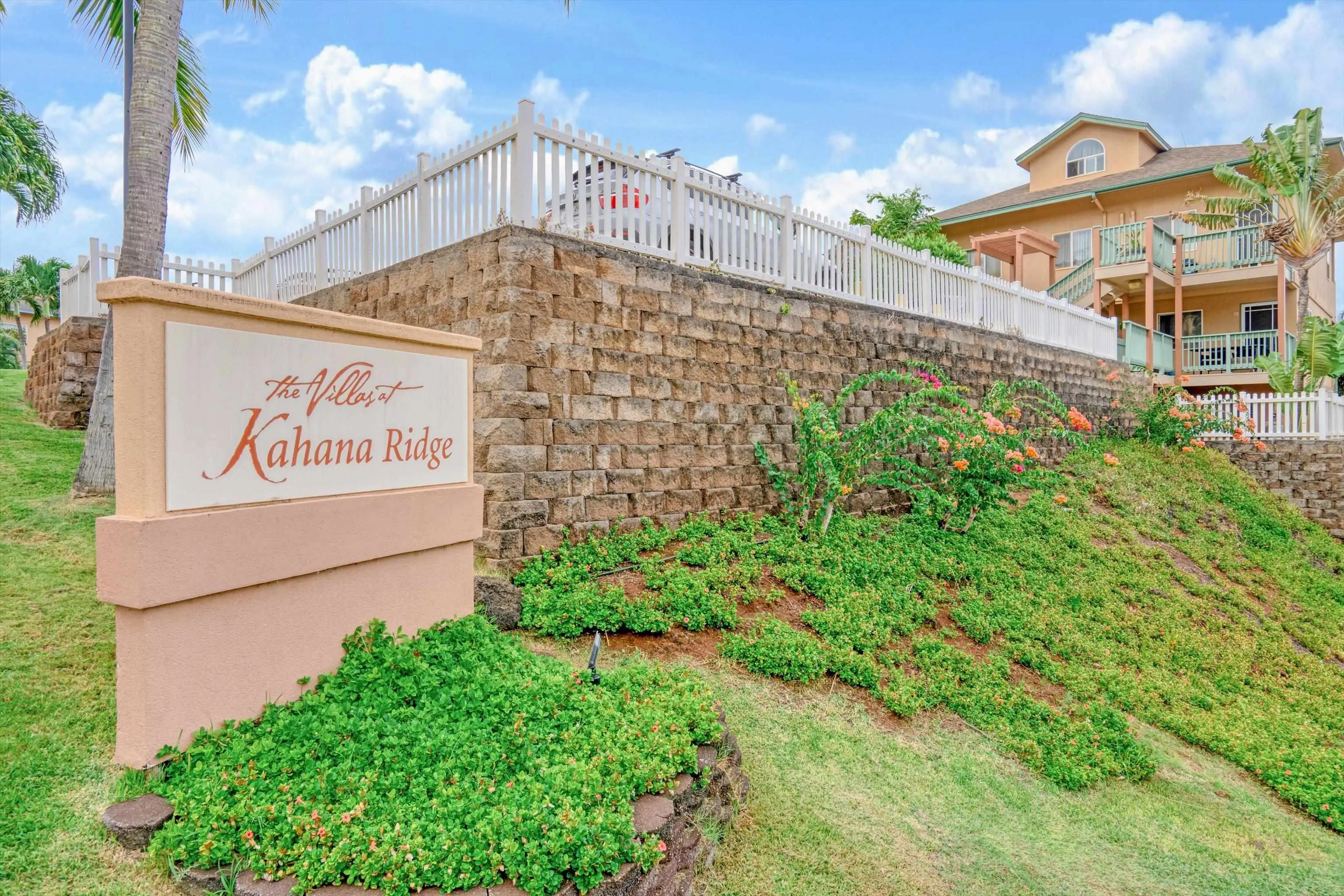
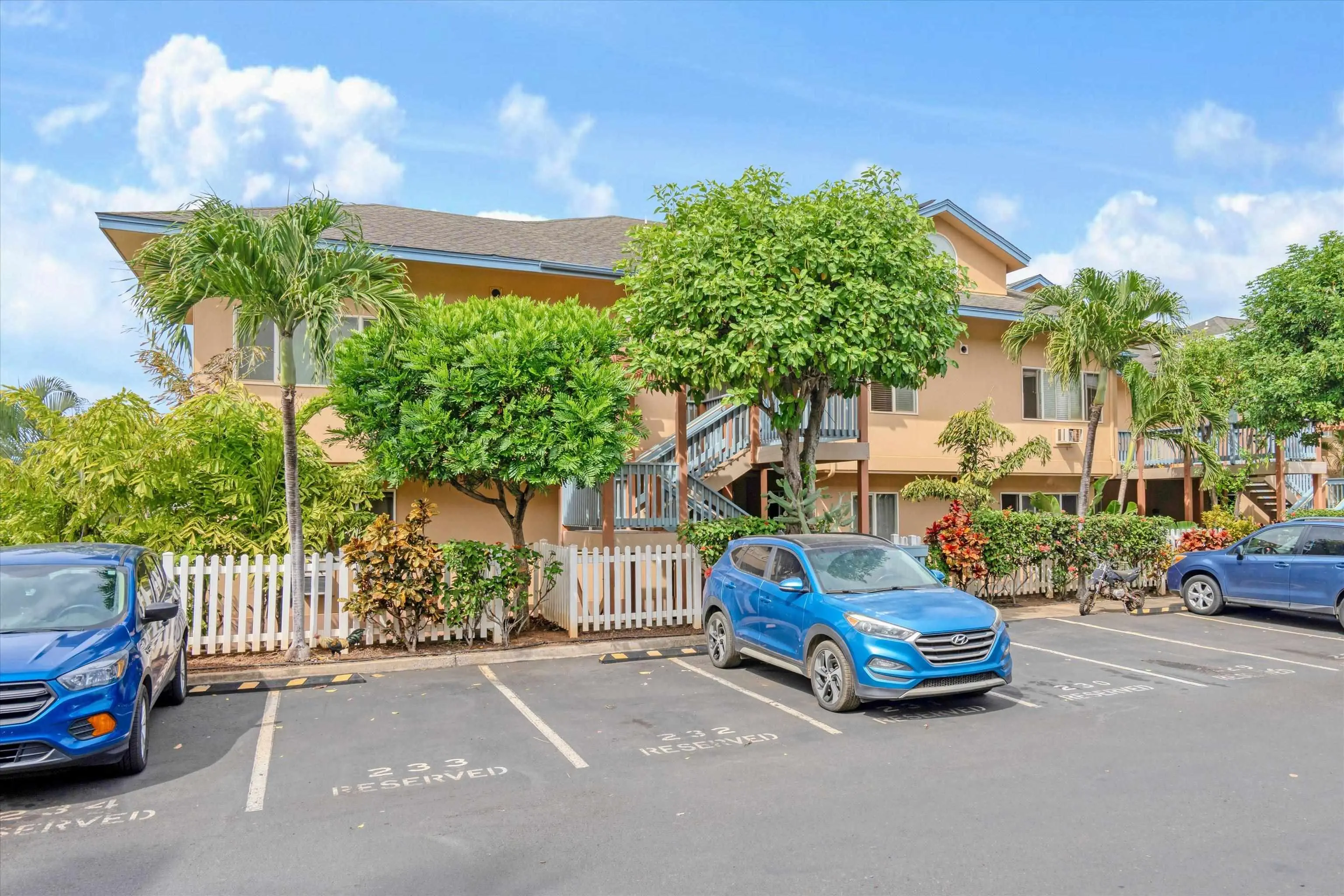
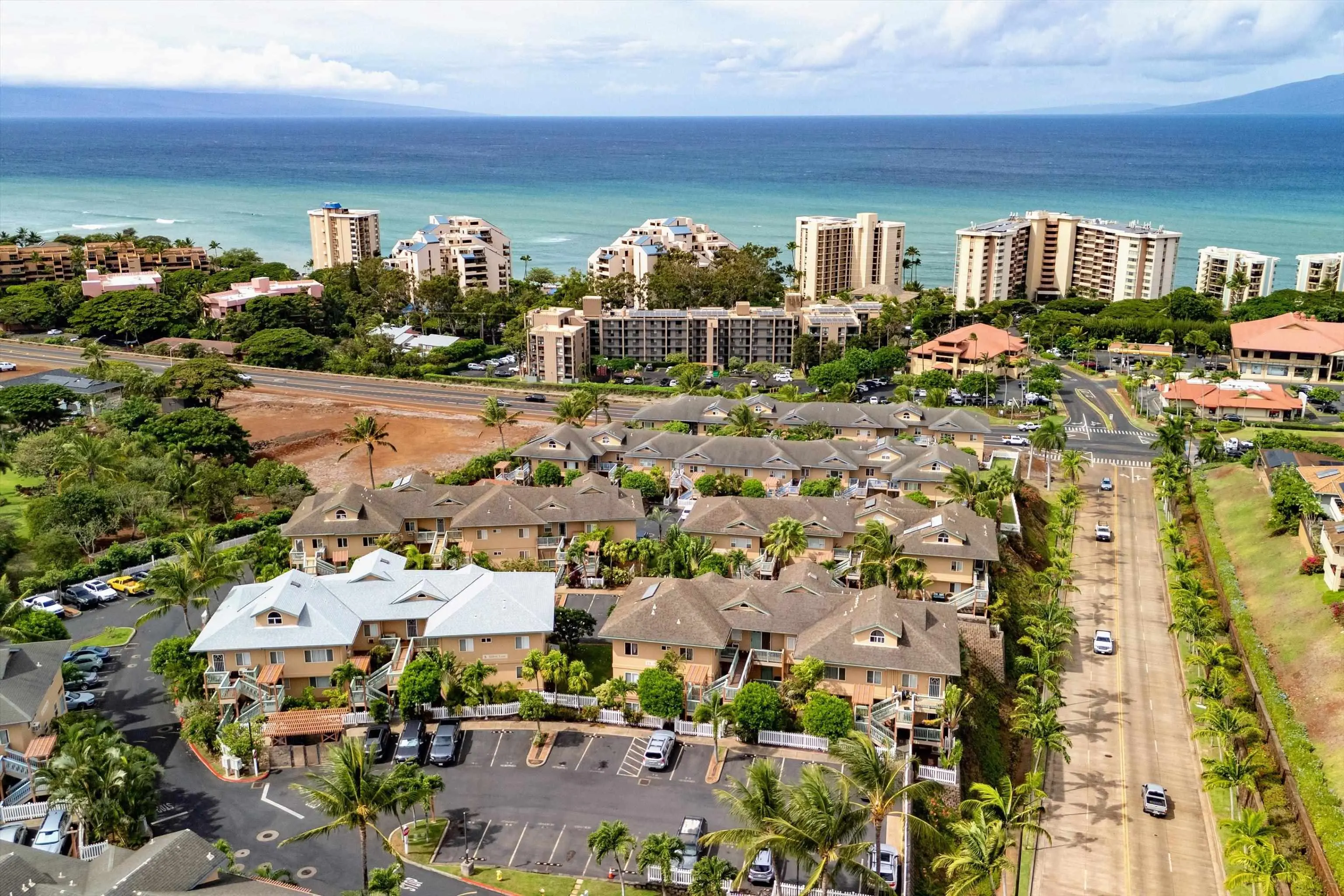
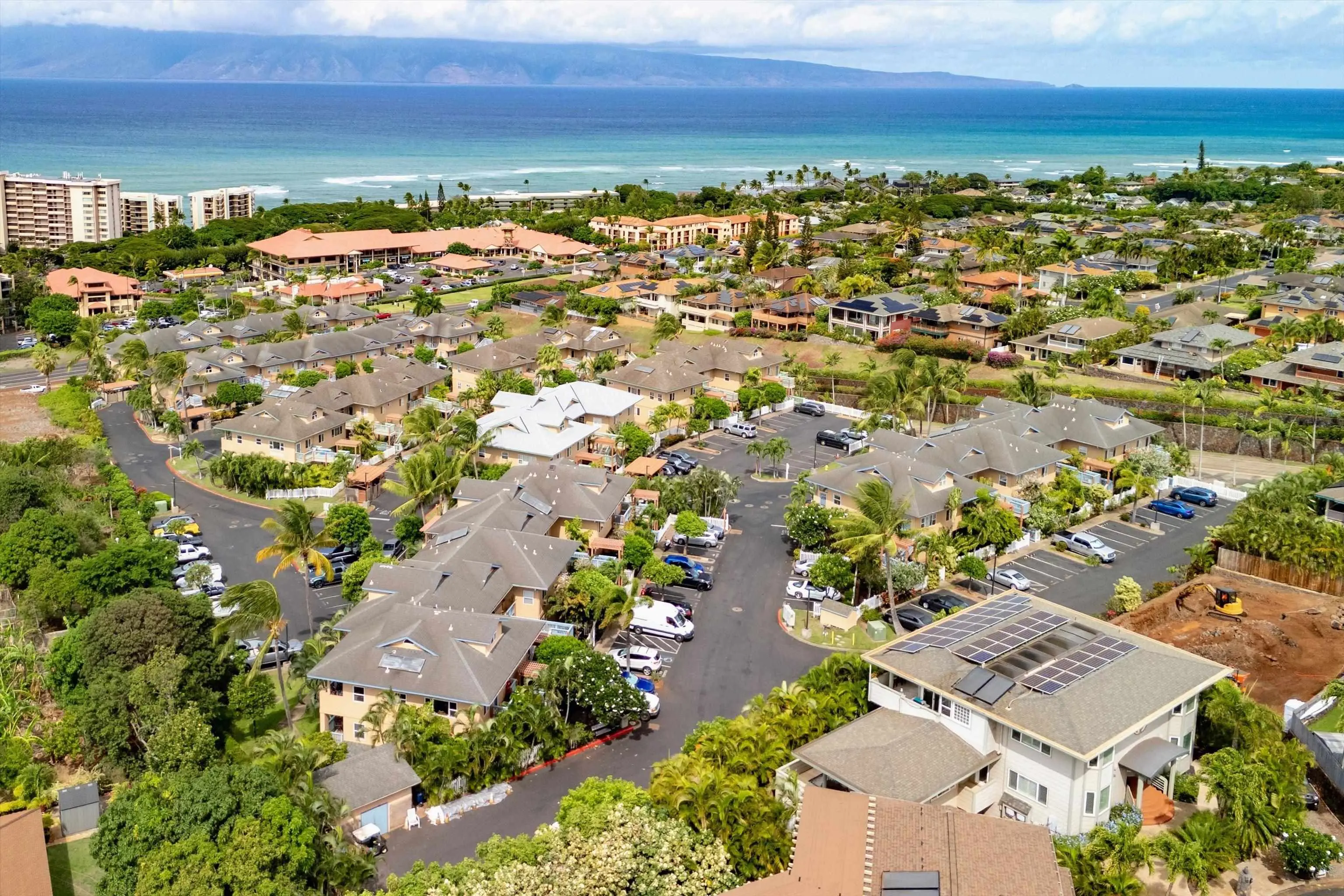
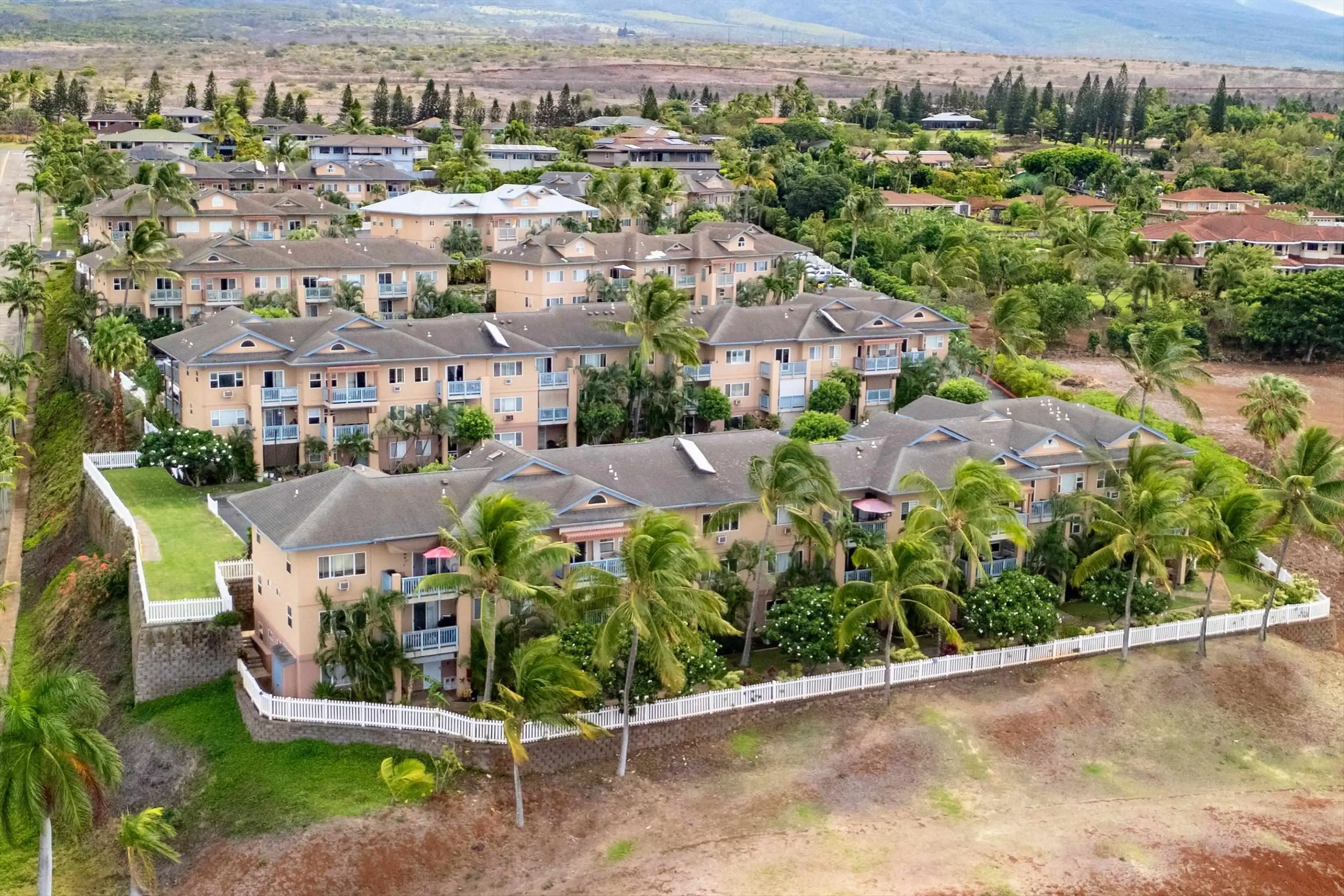


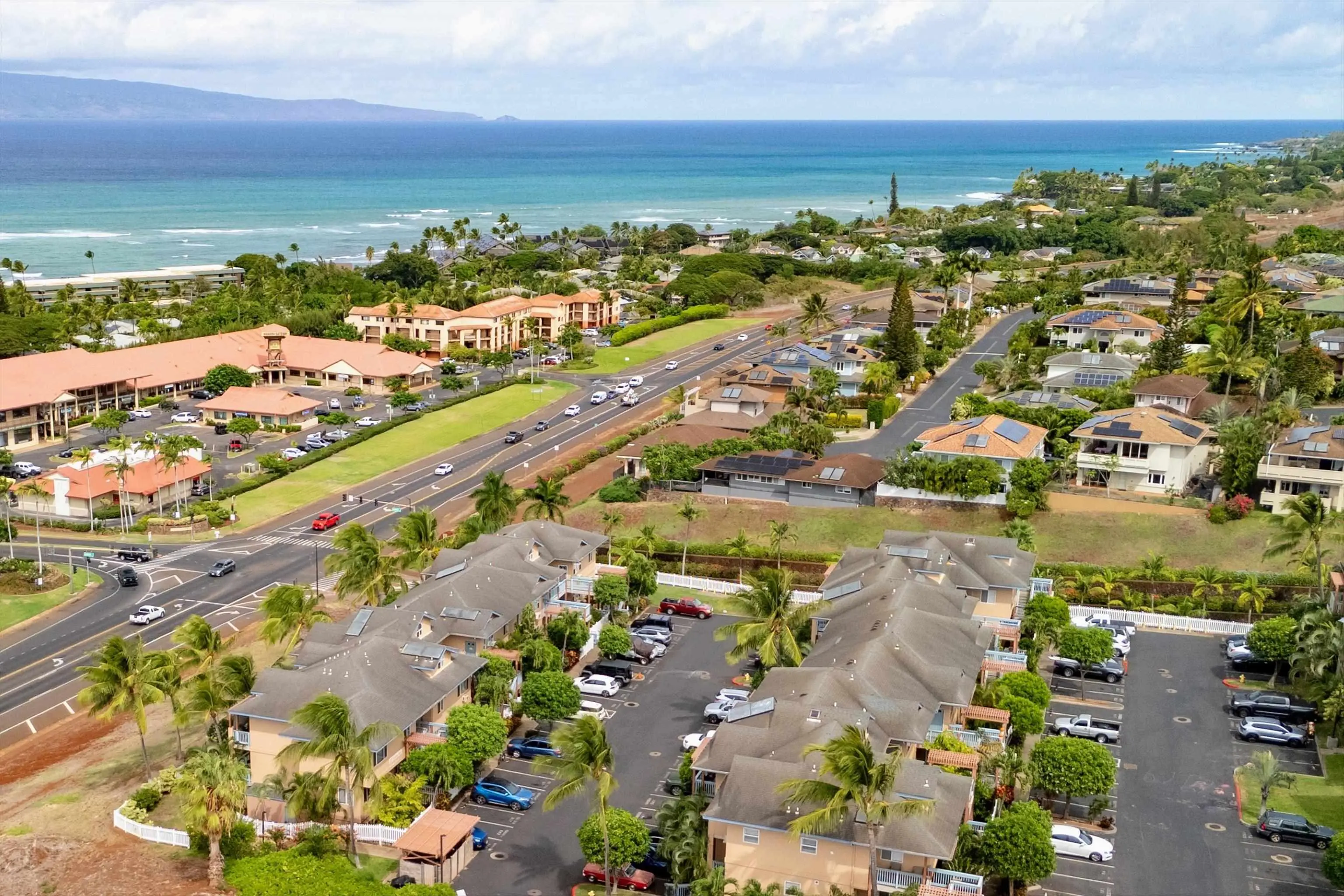
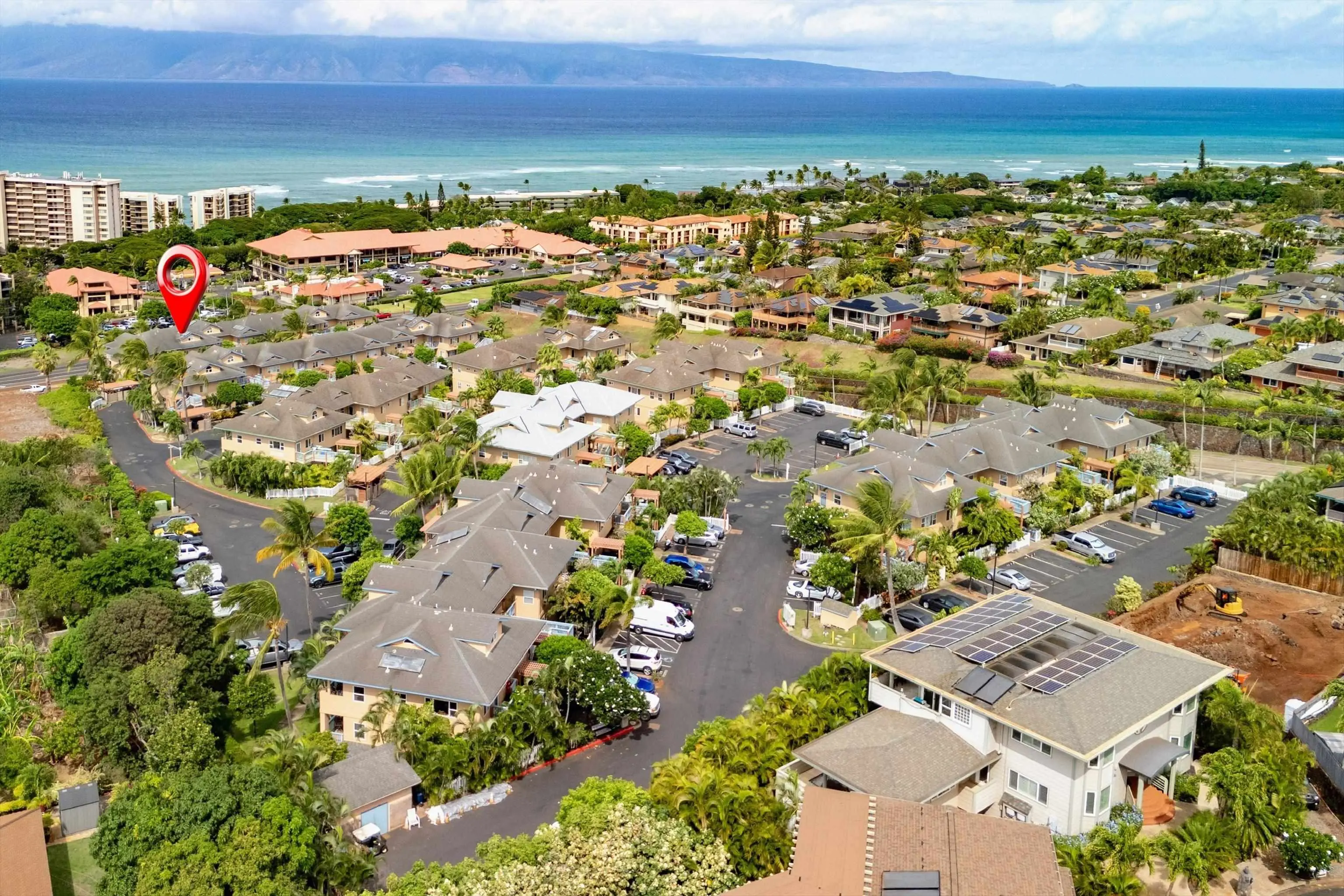
Leave A Comment